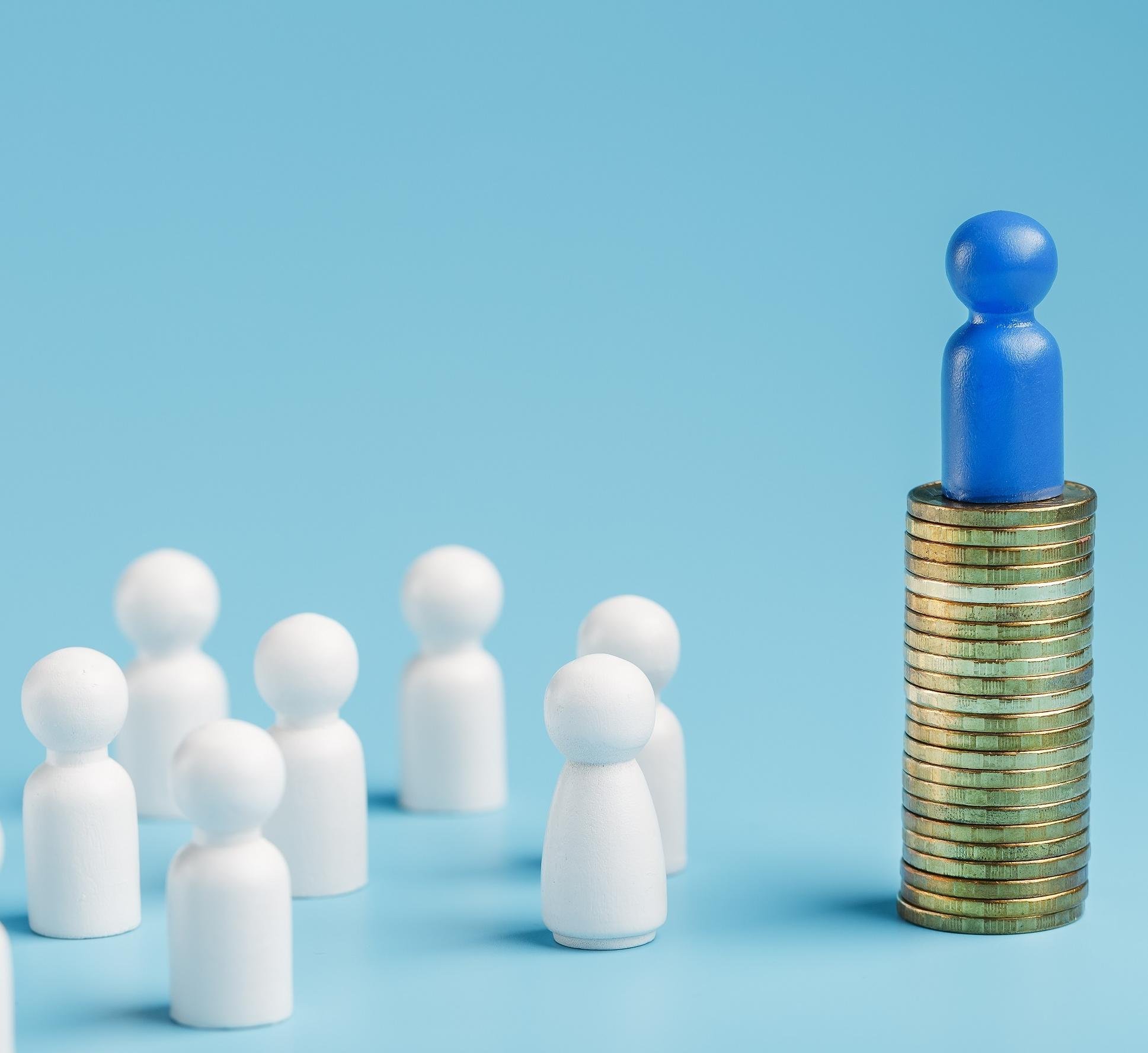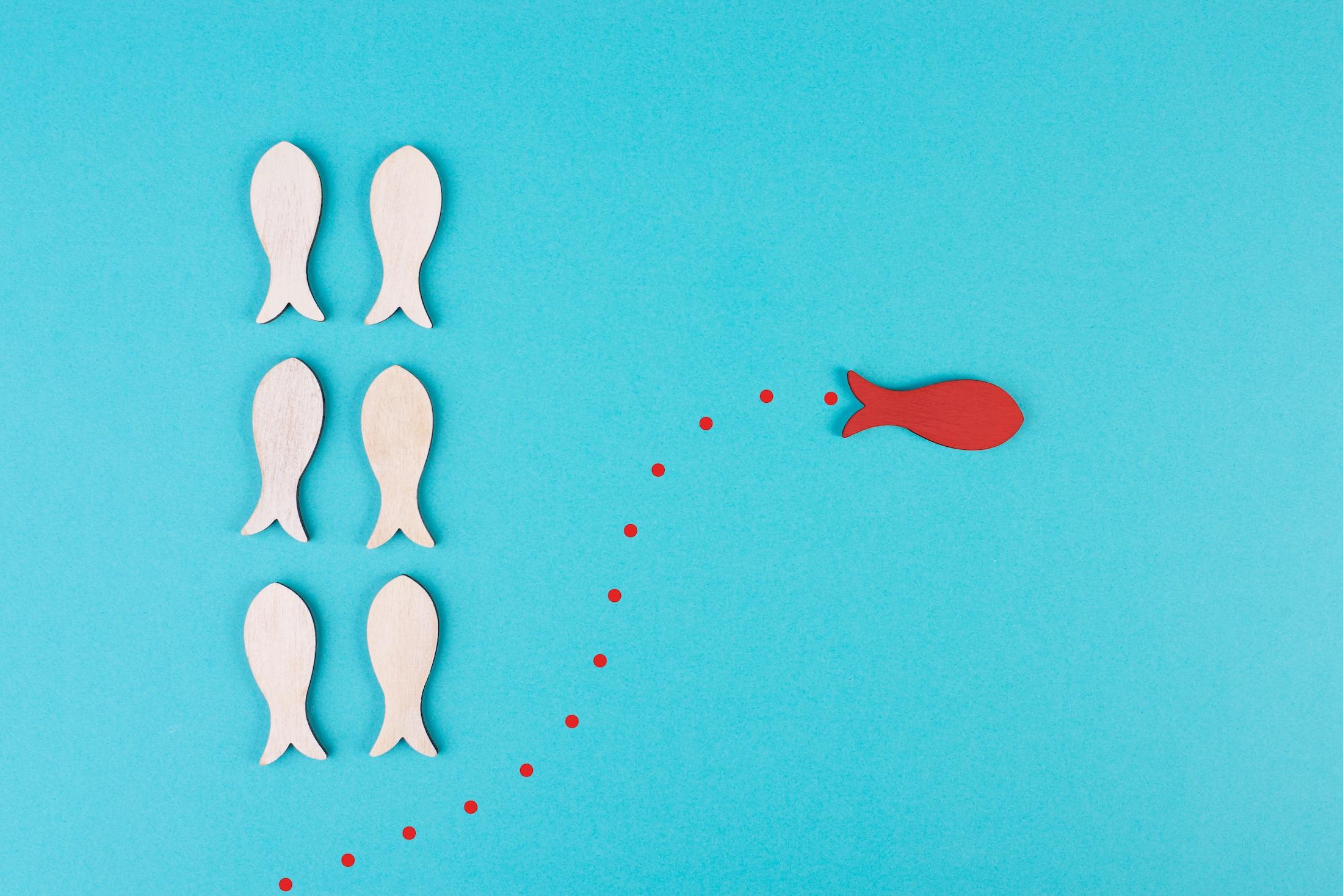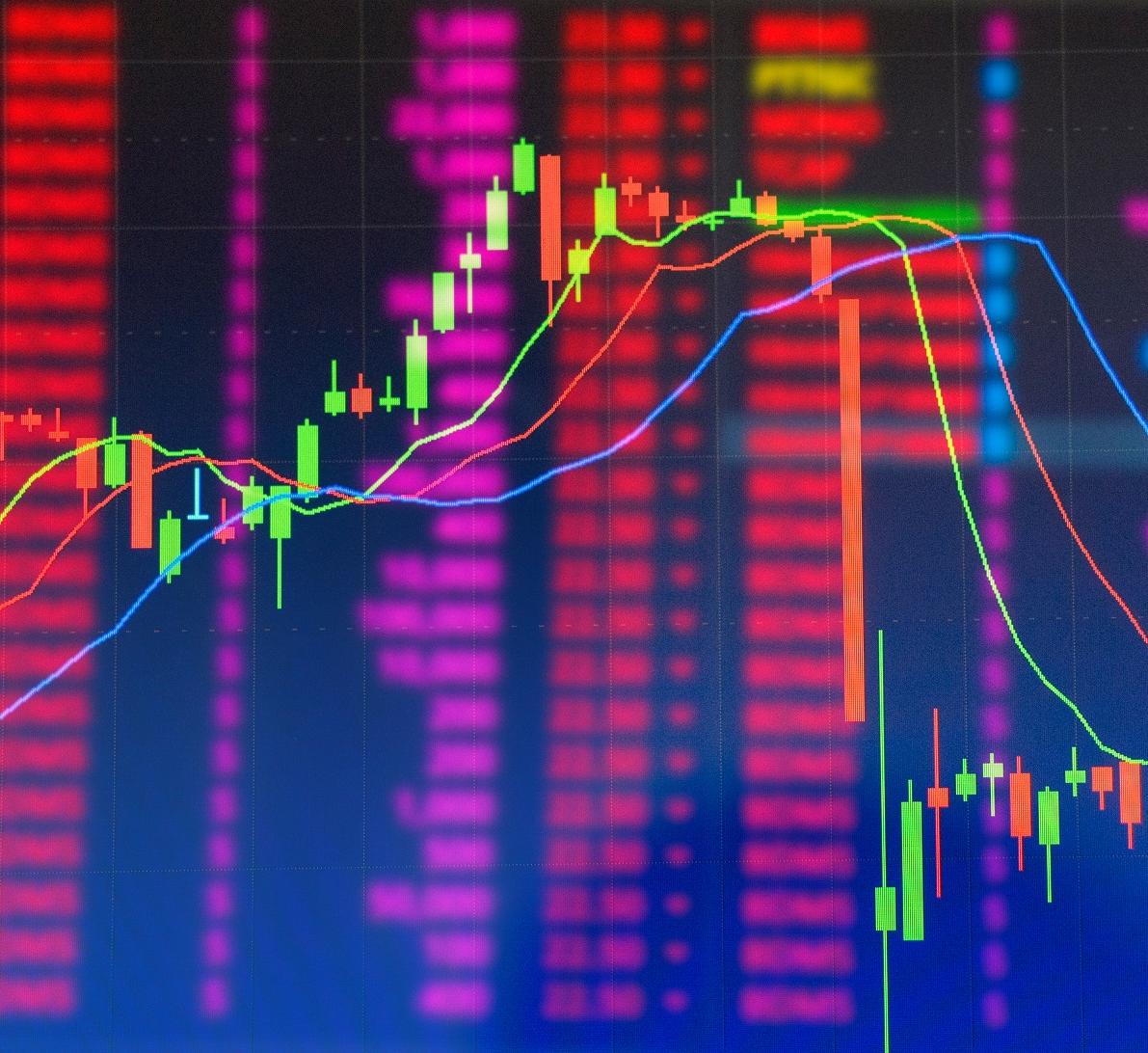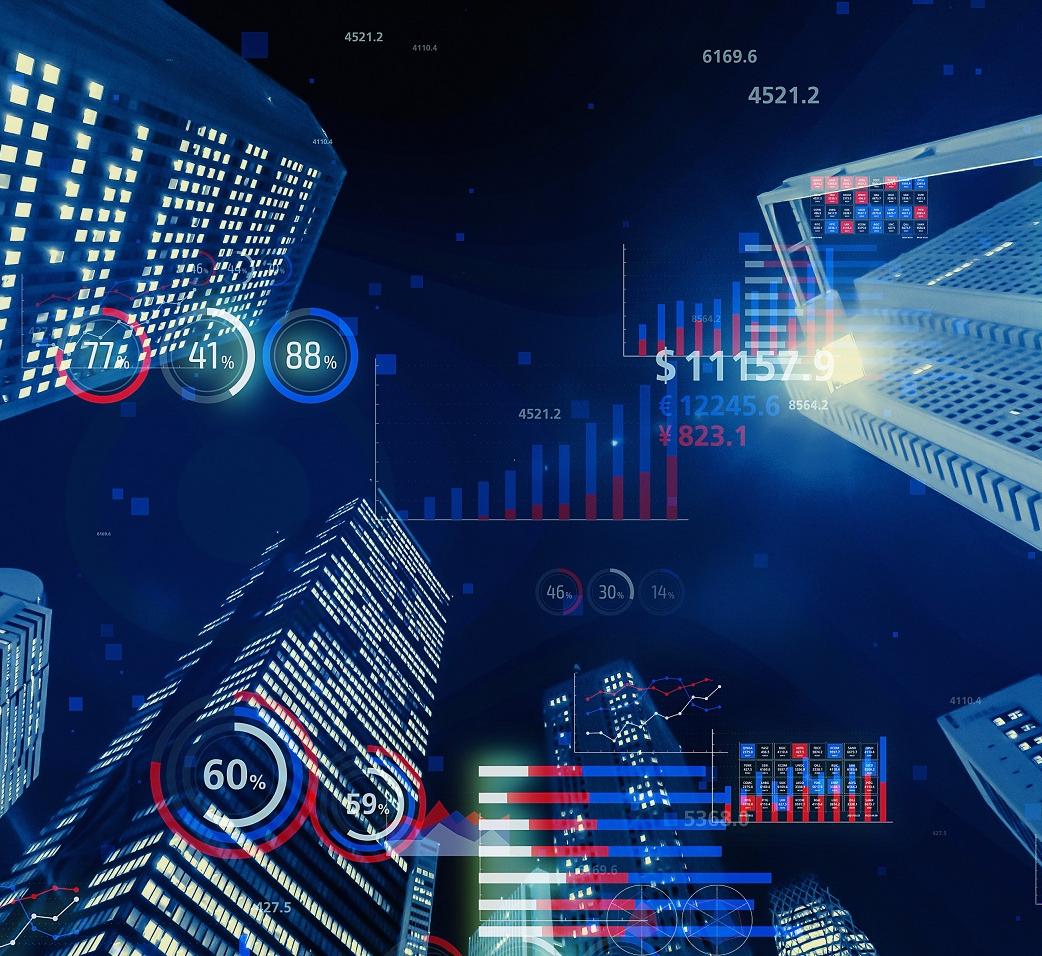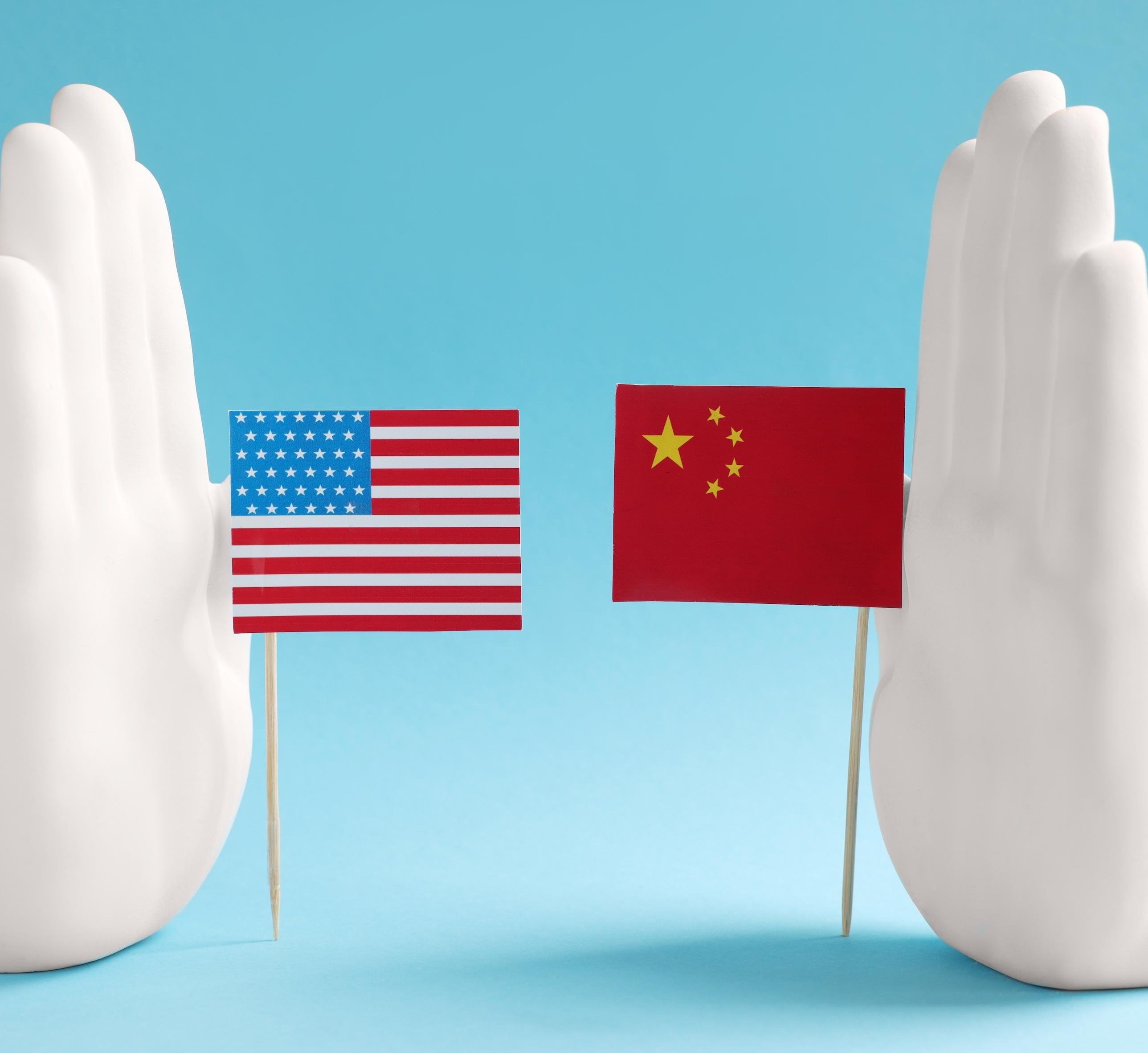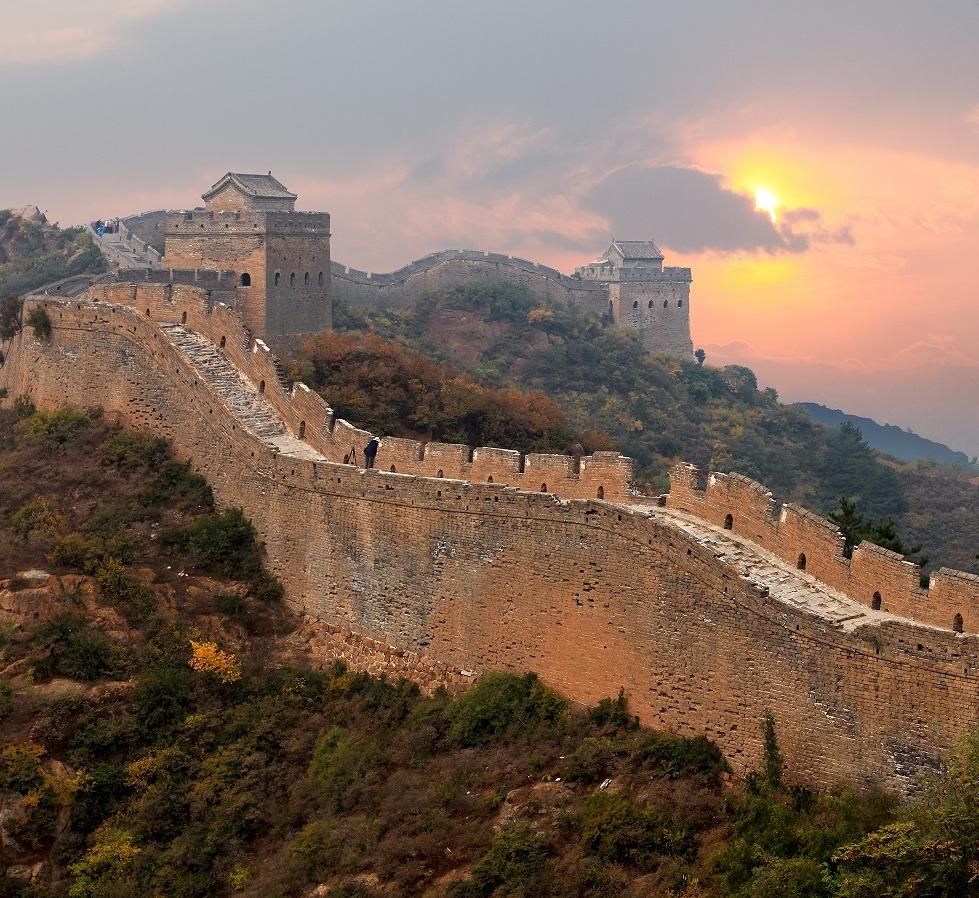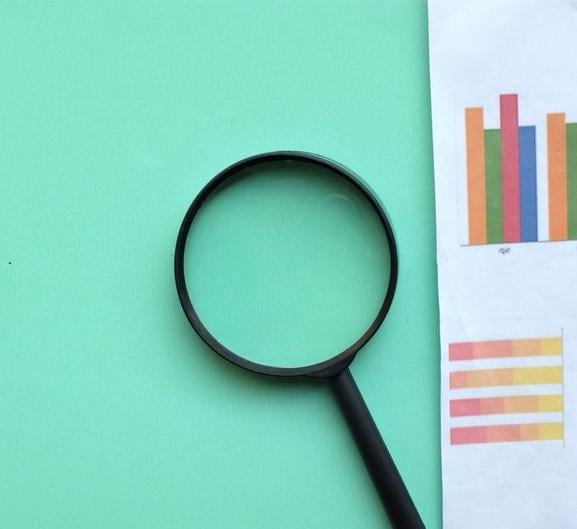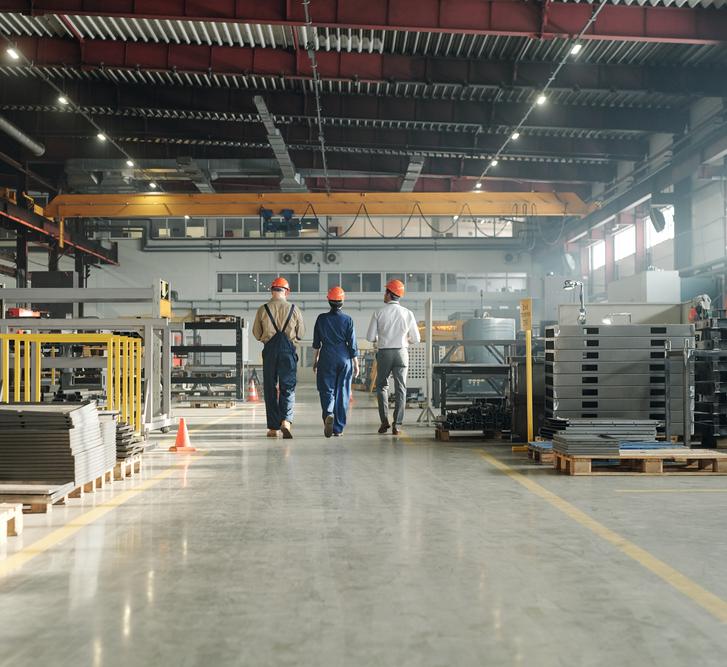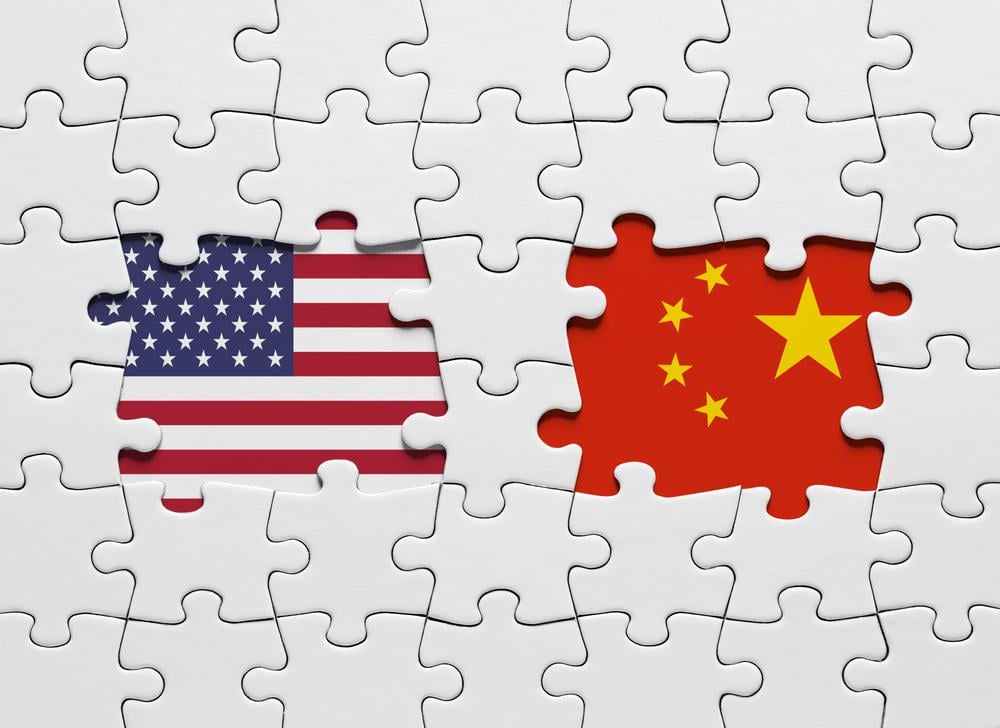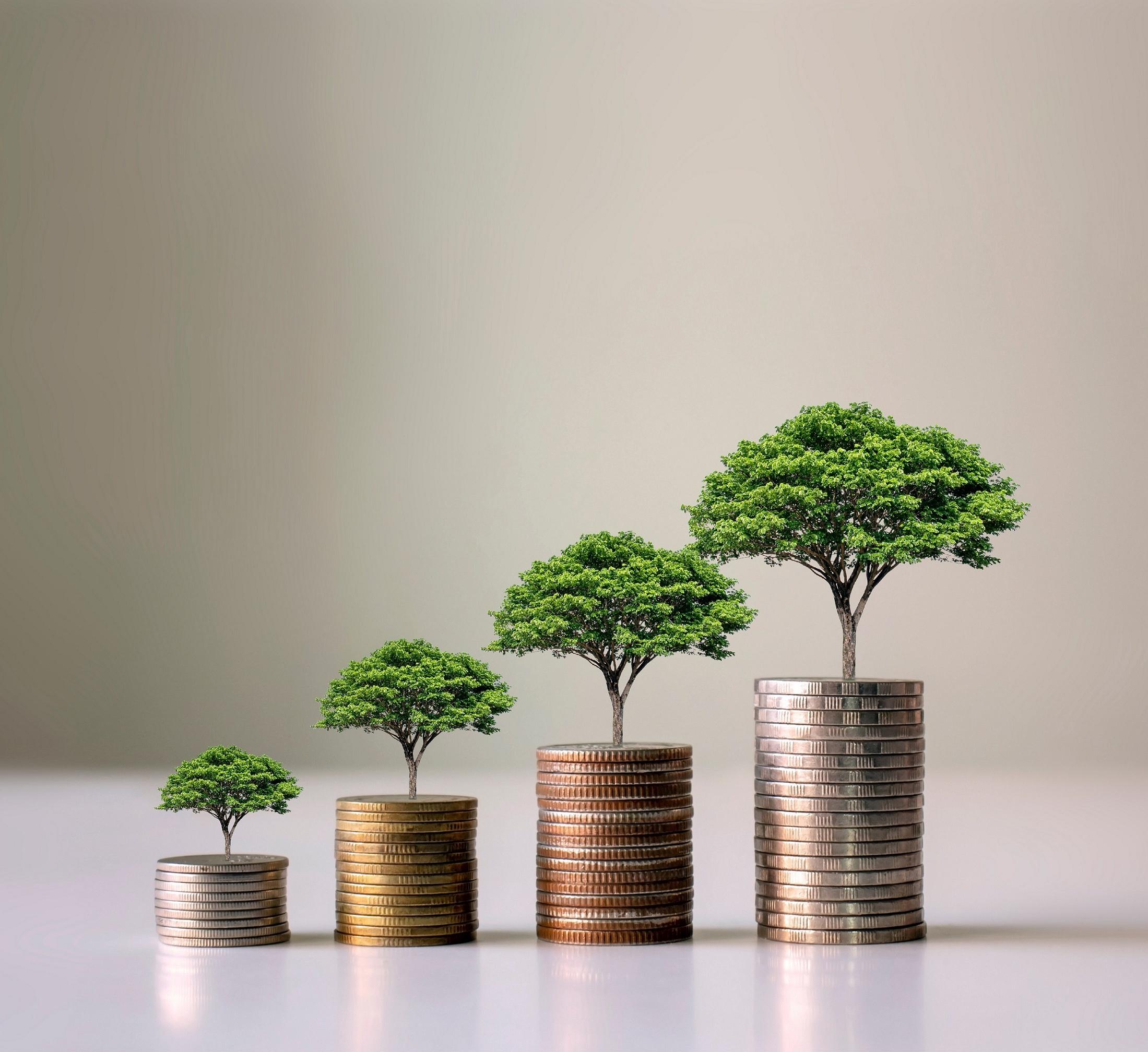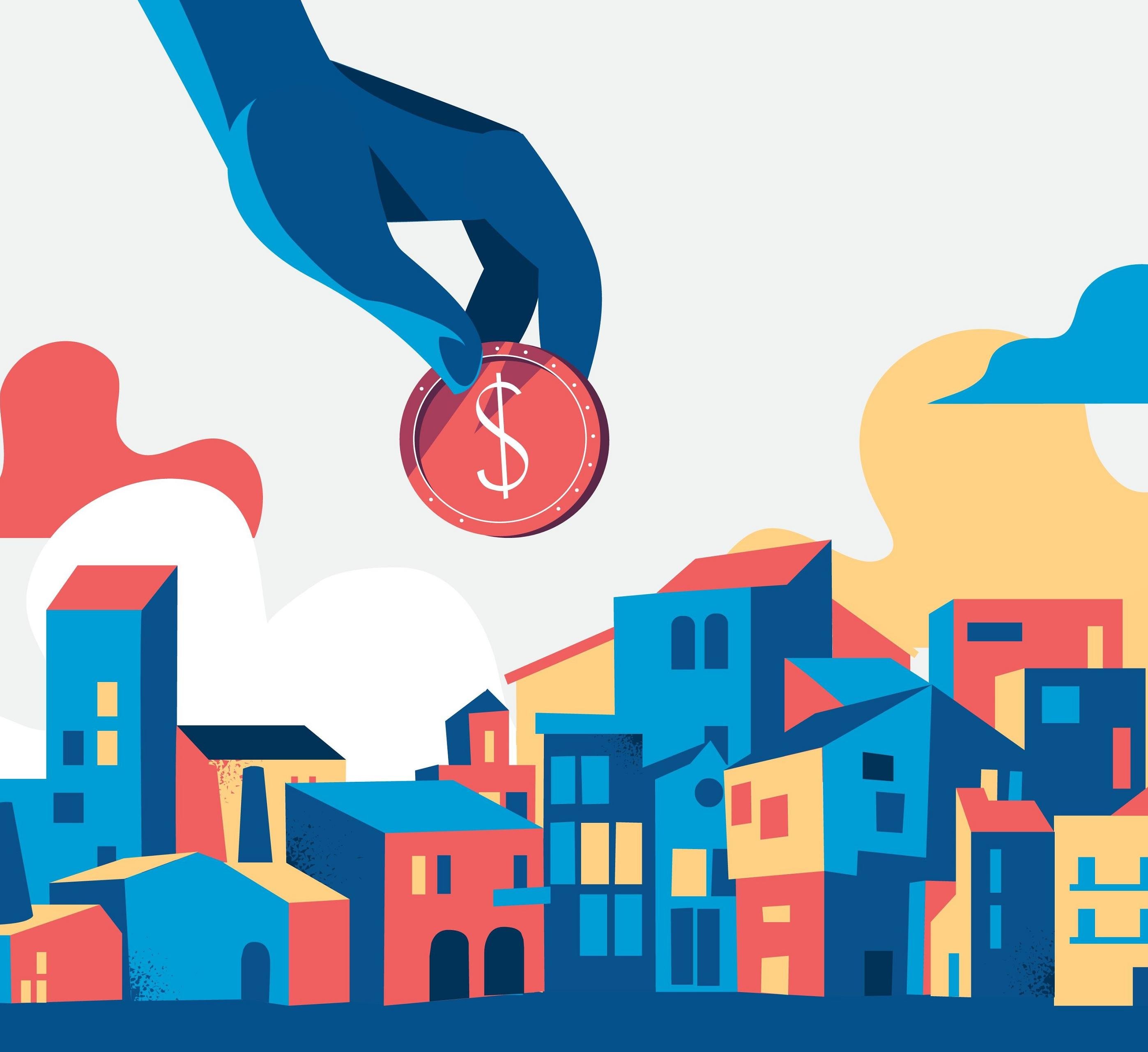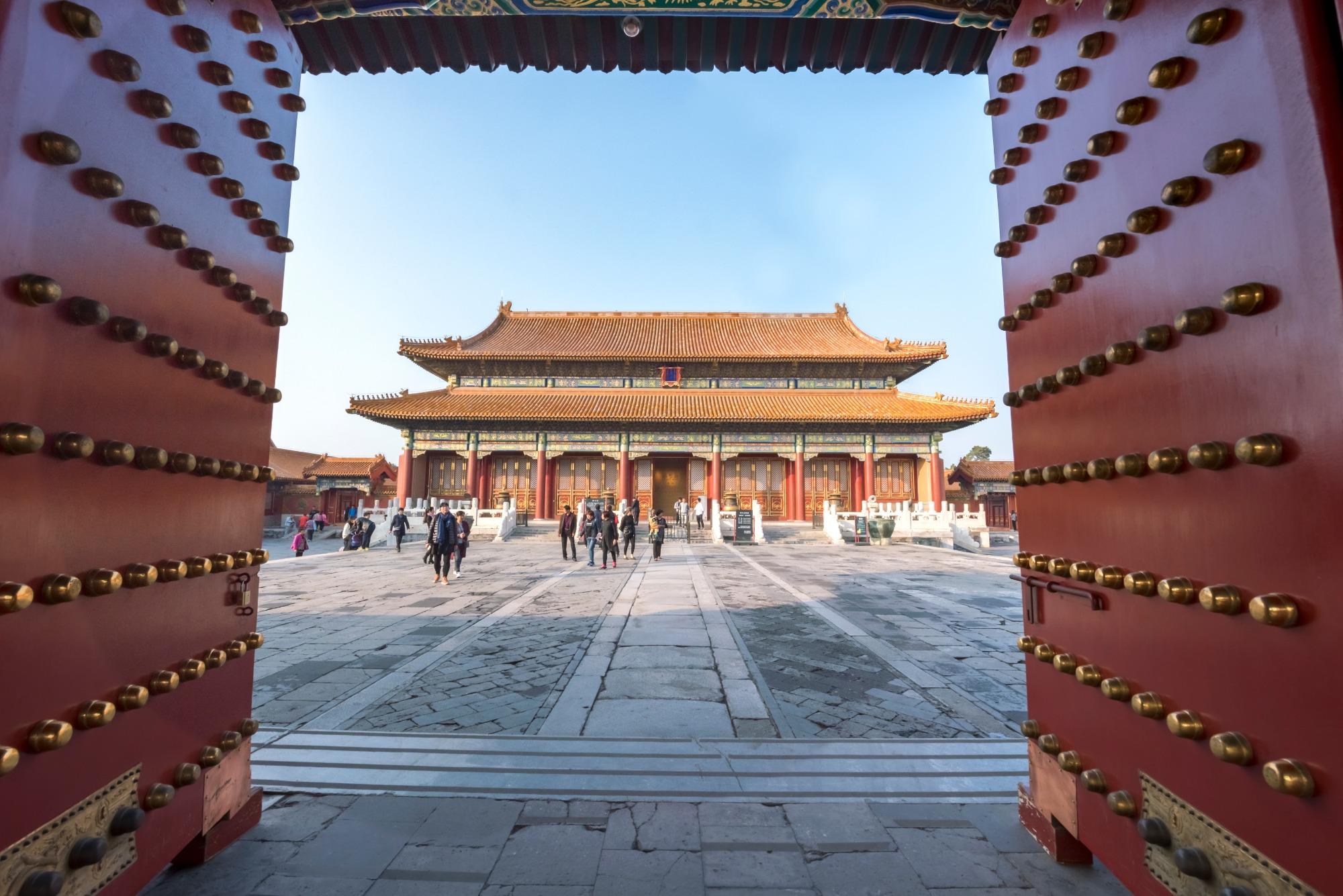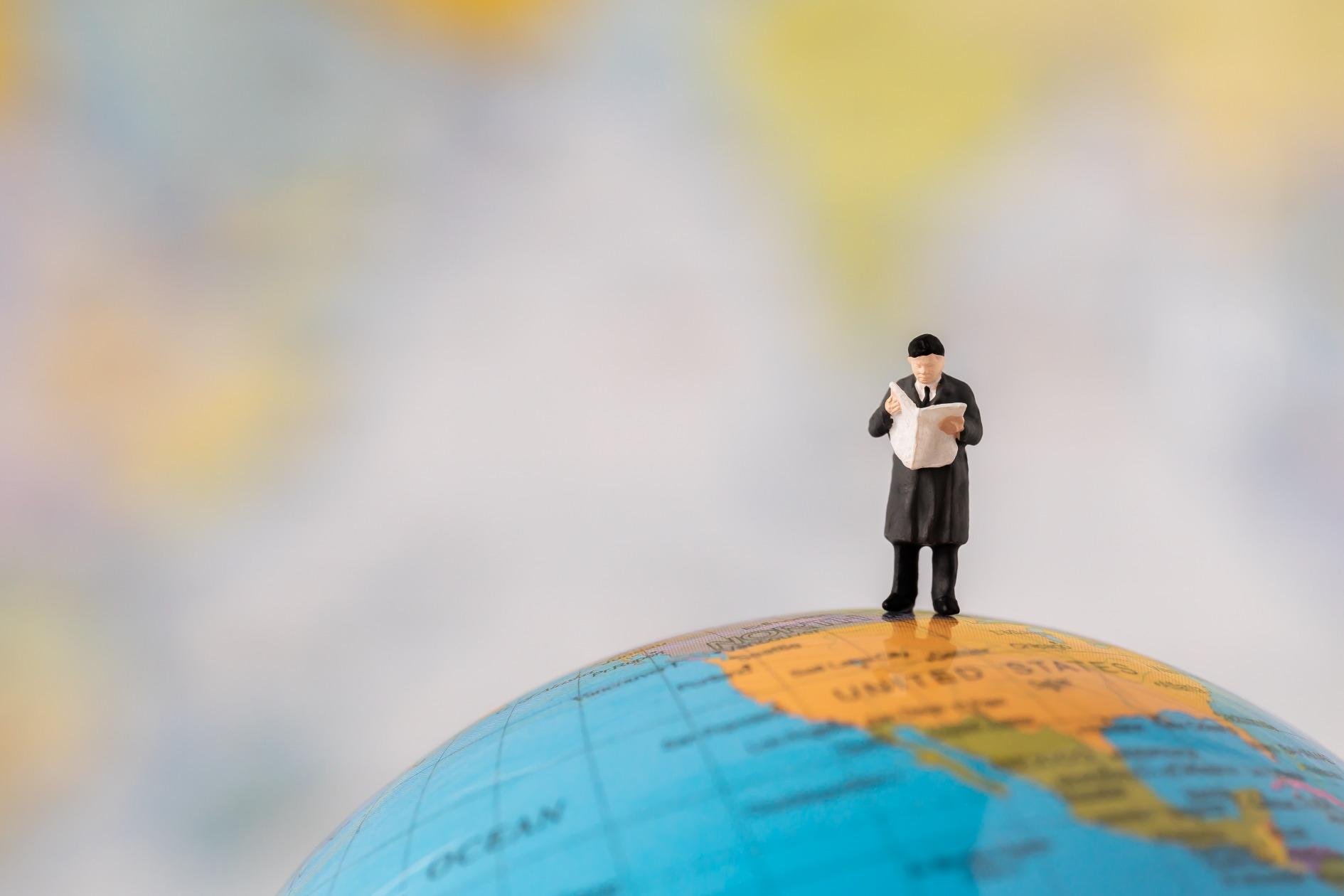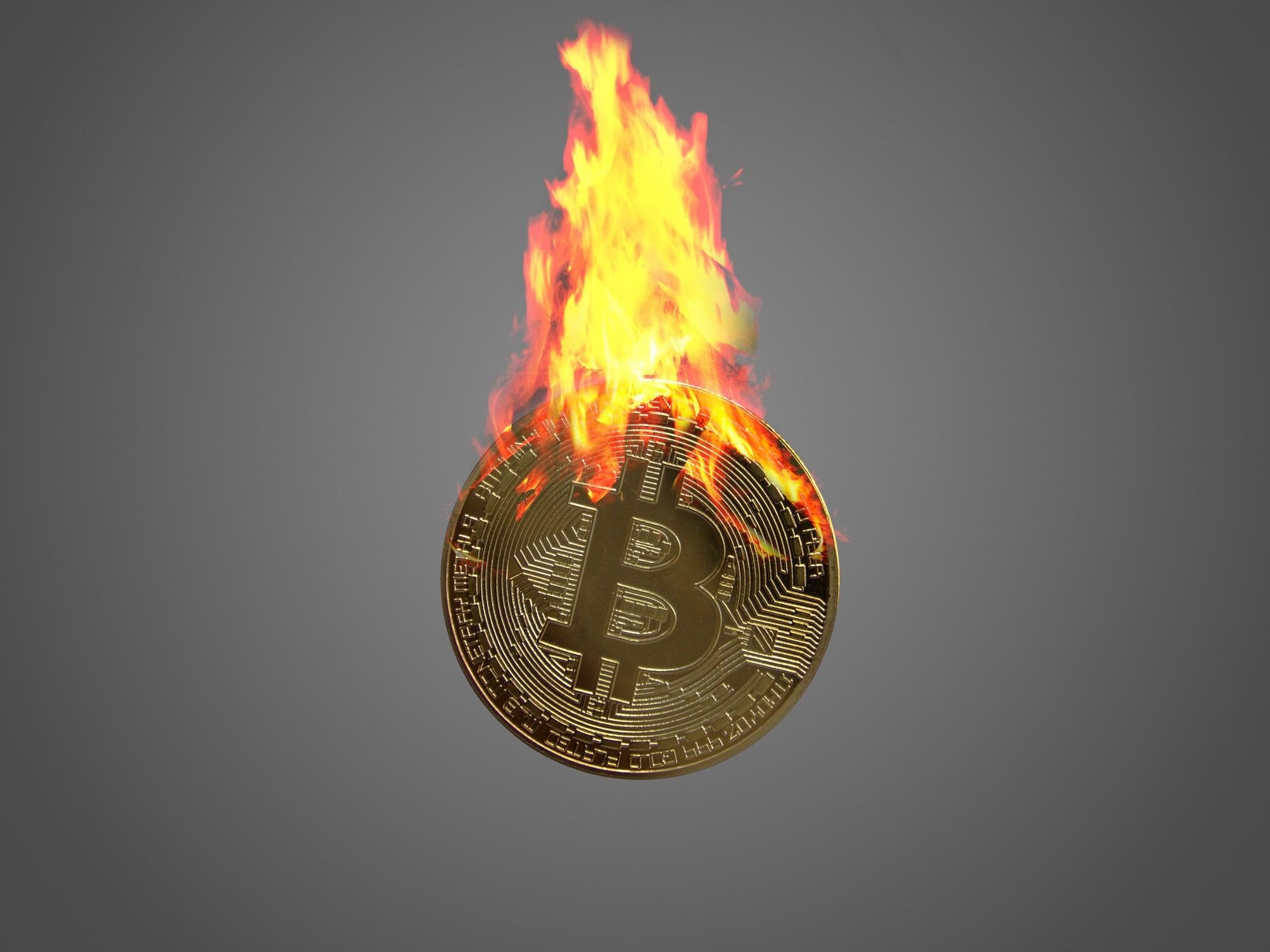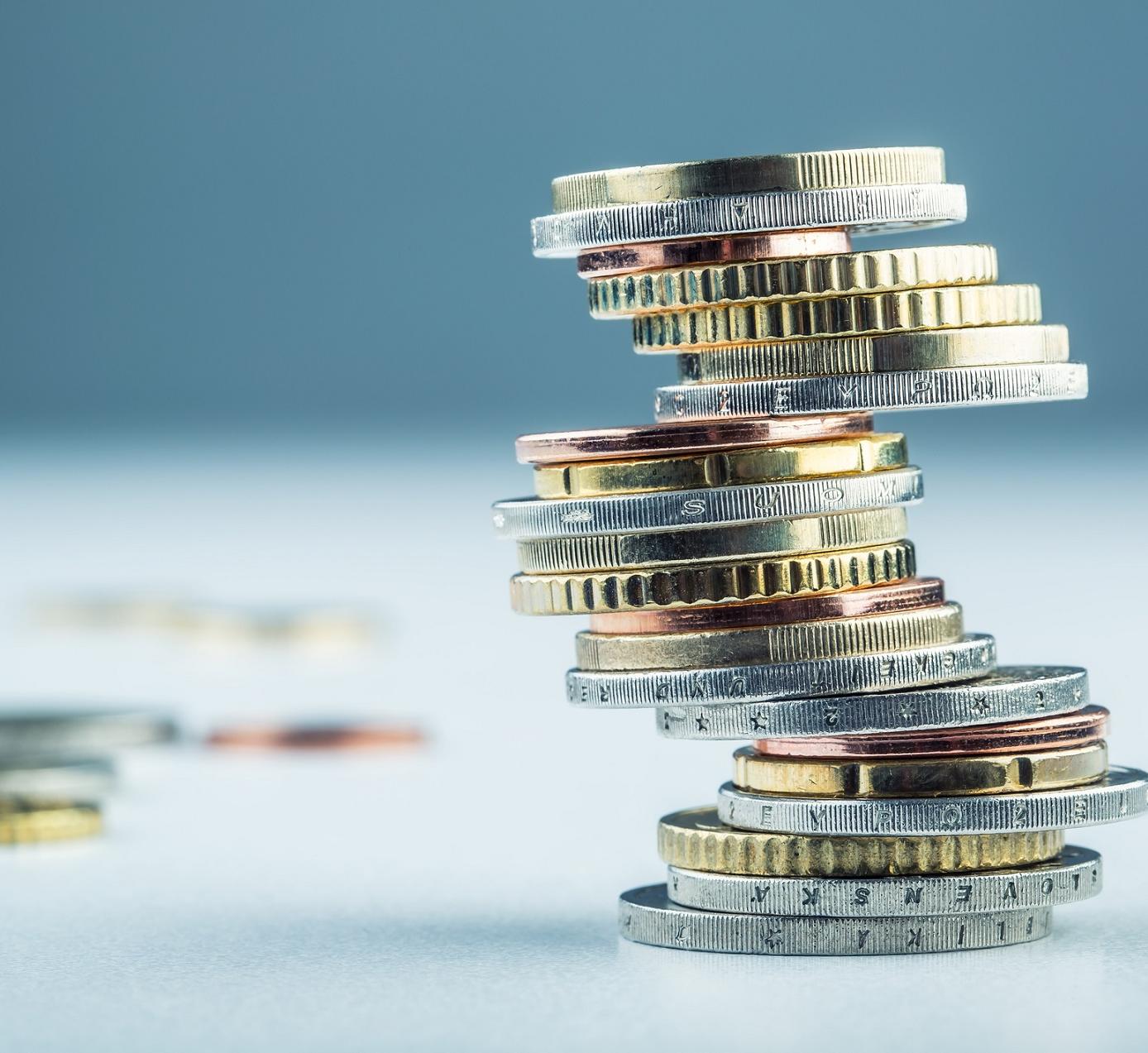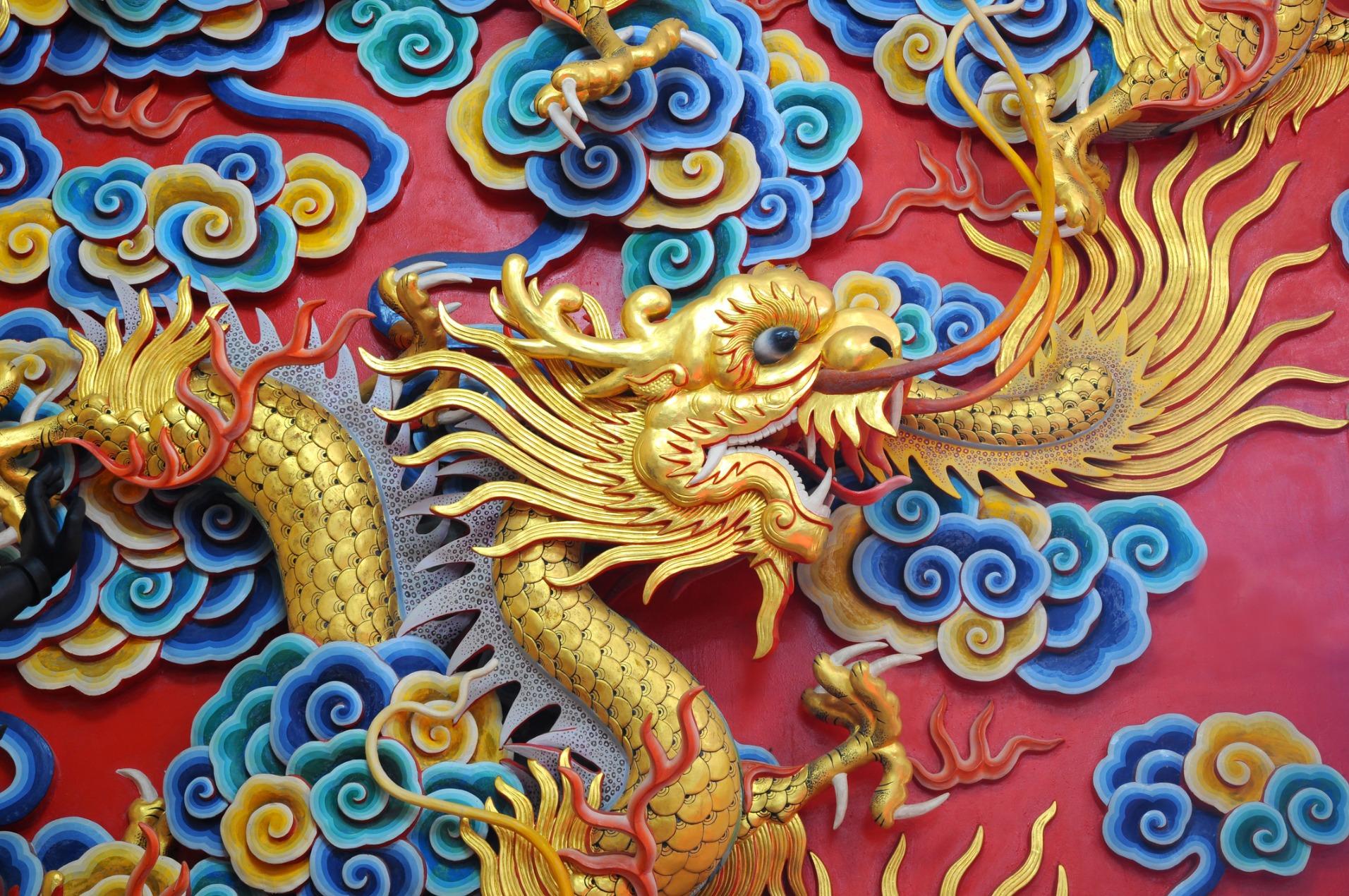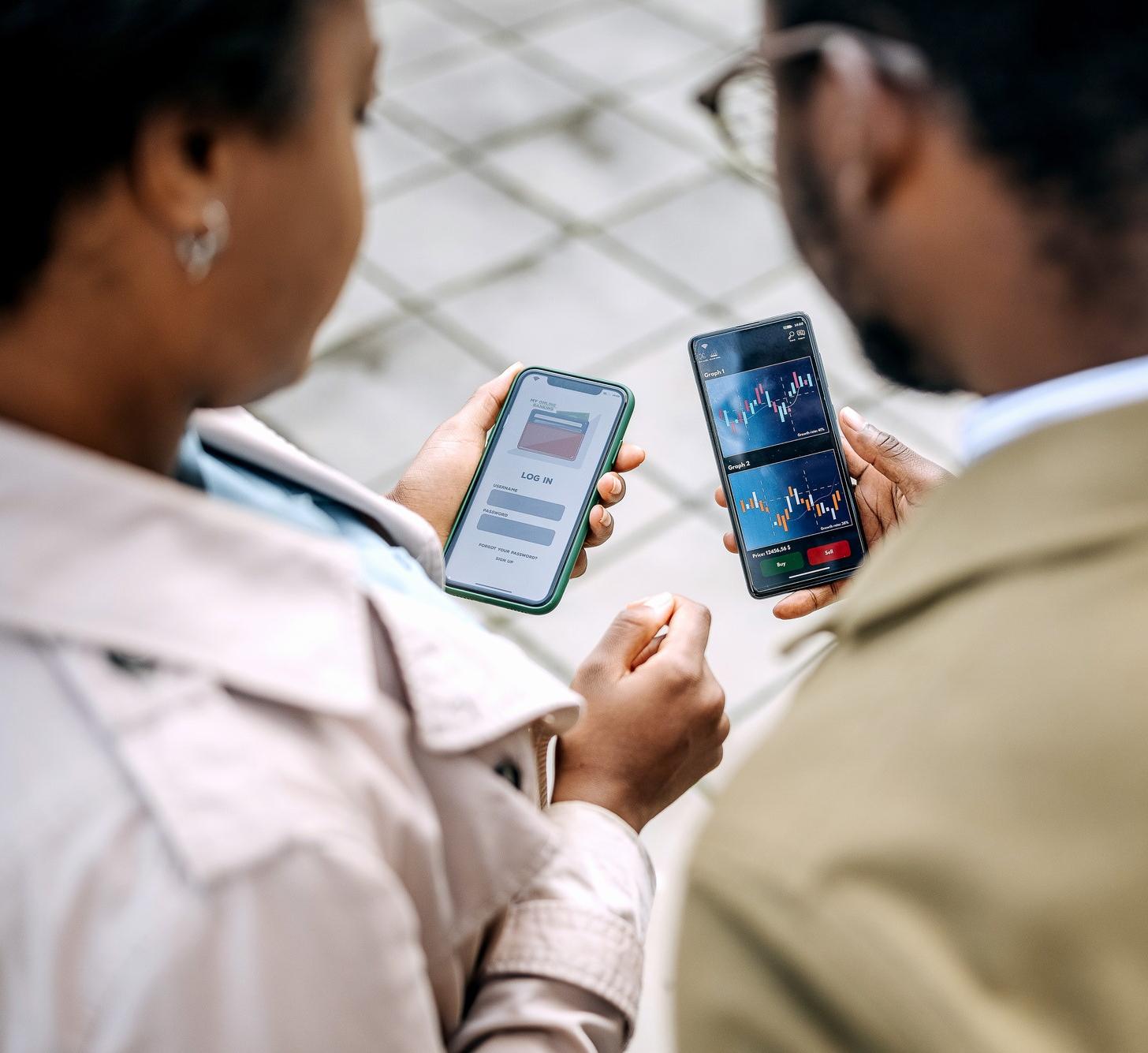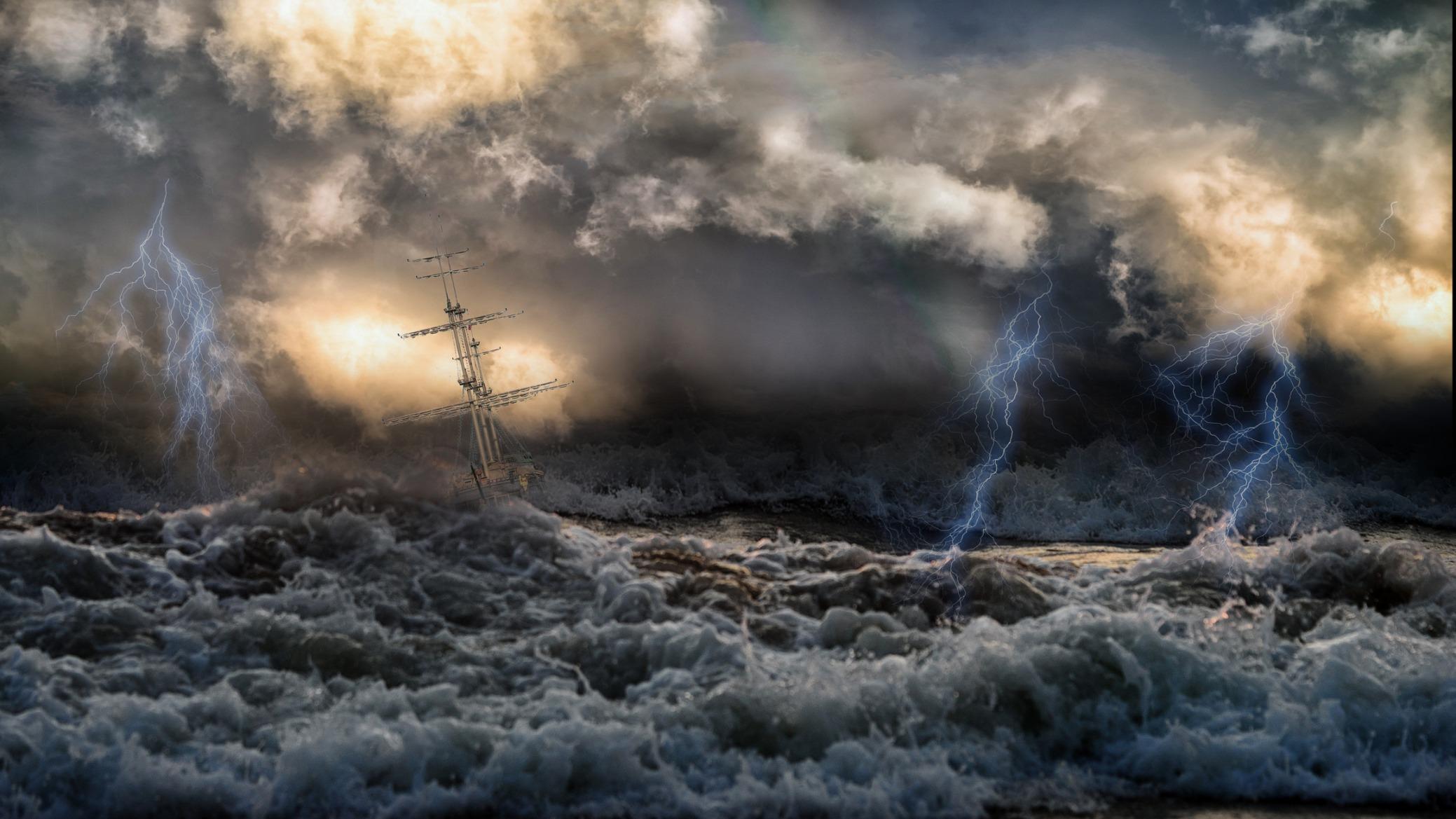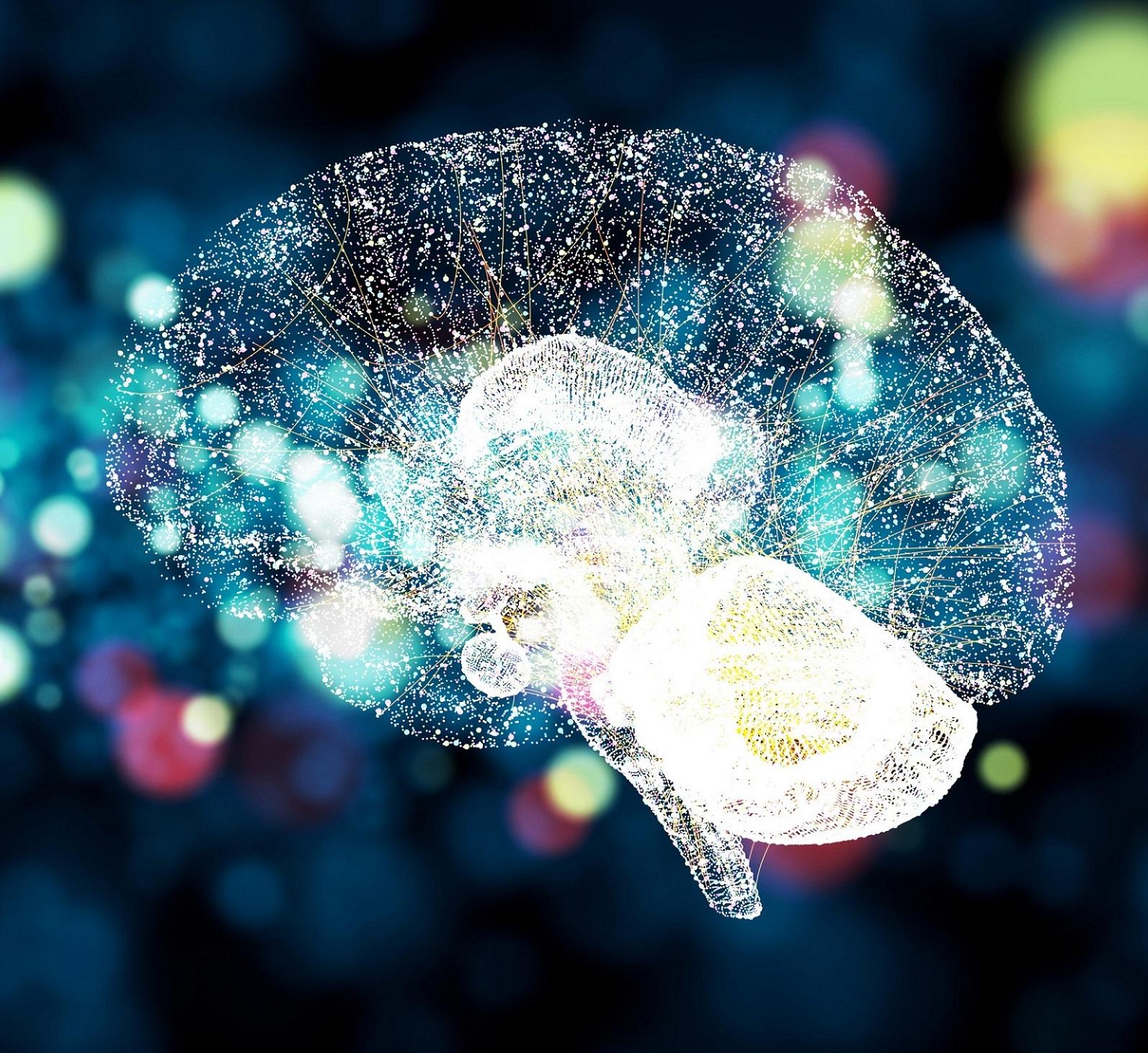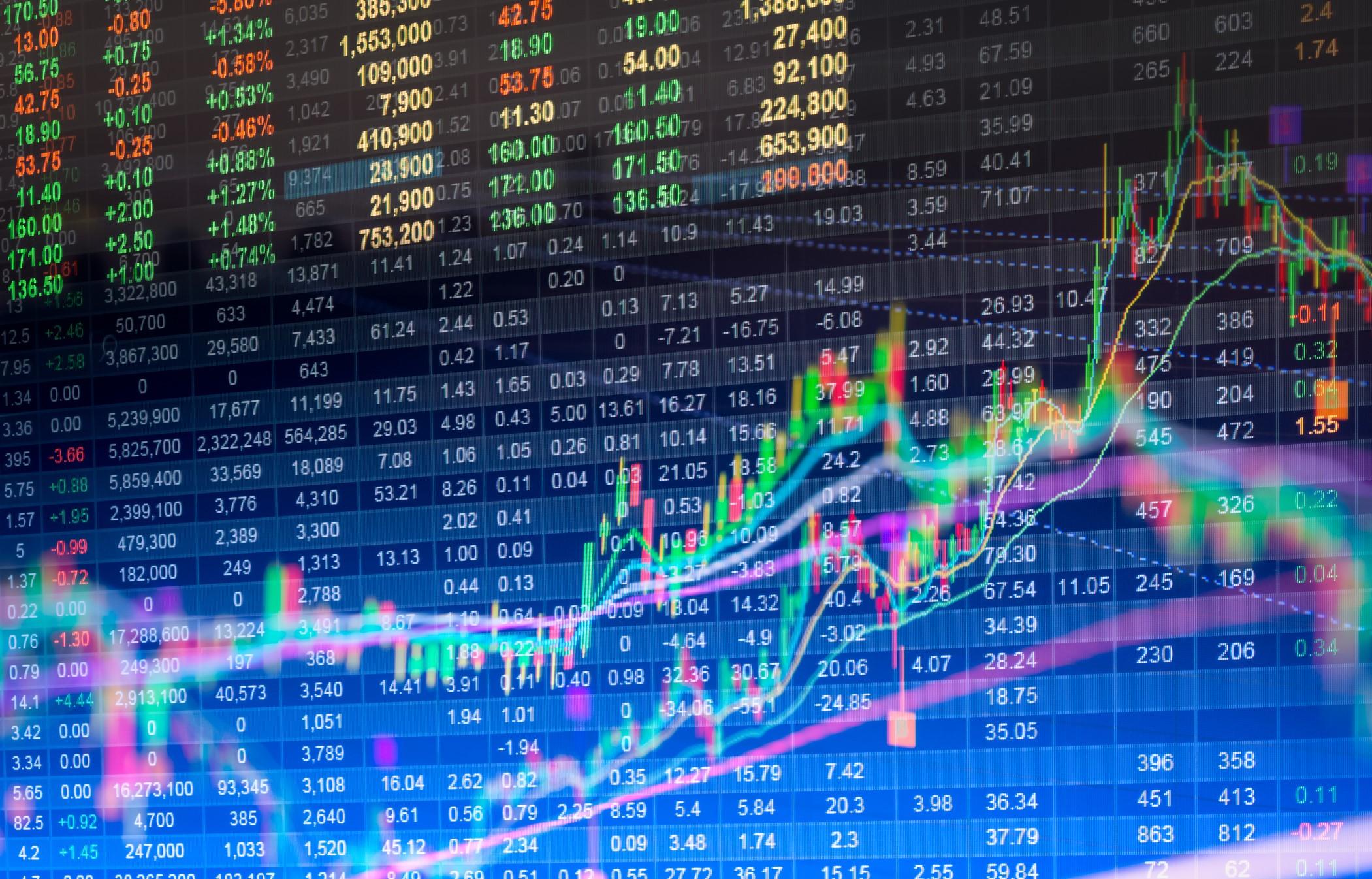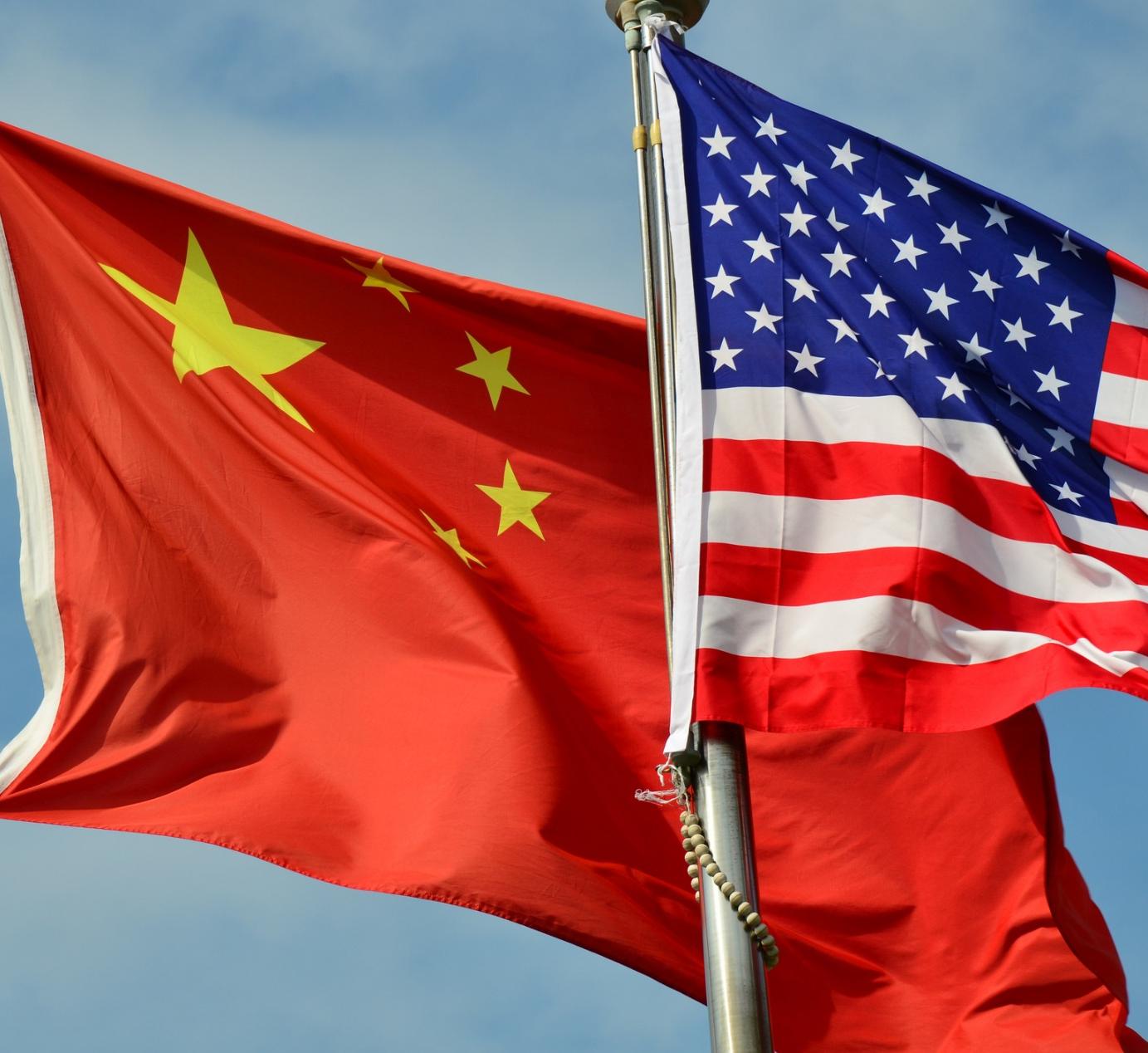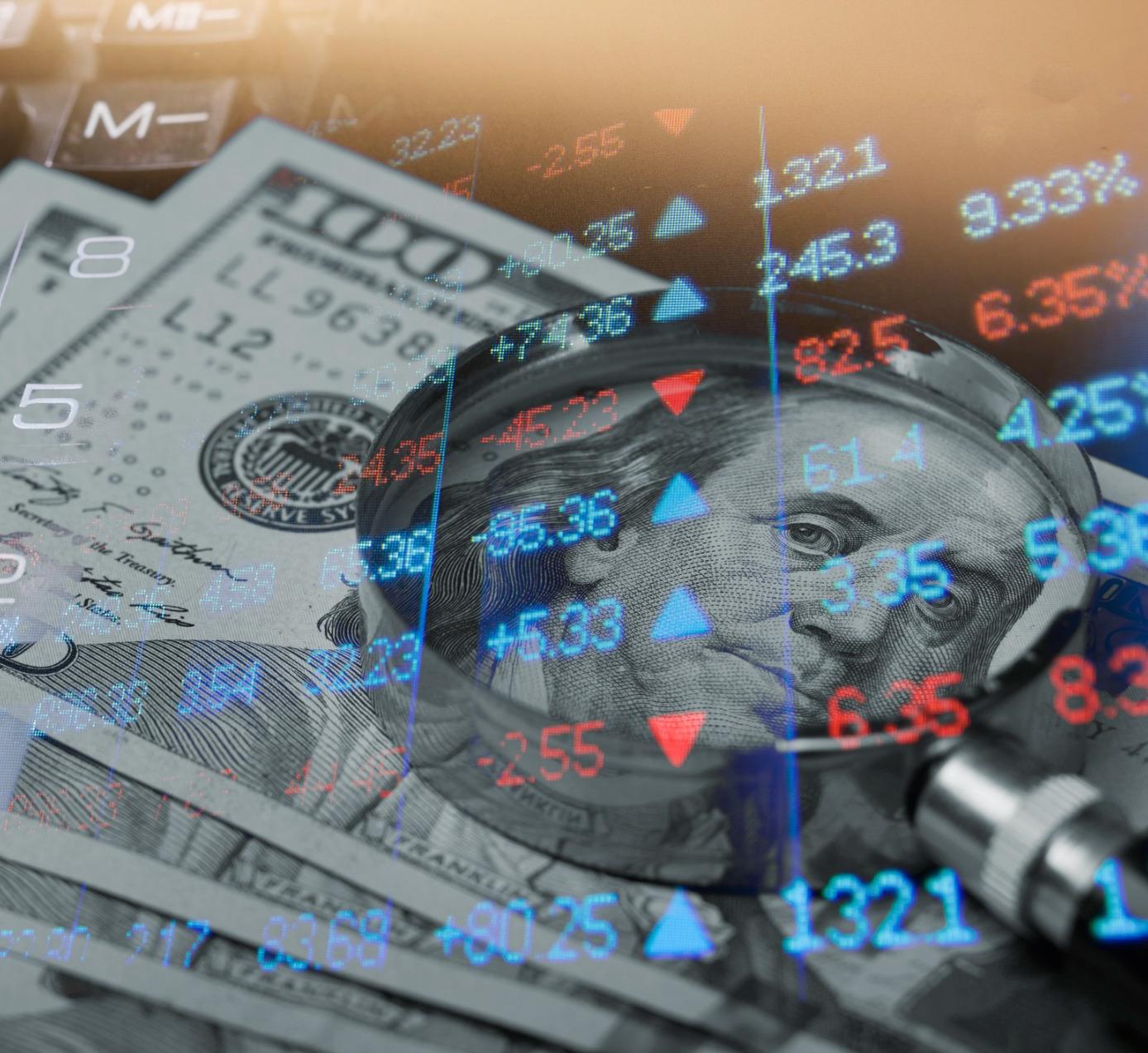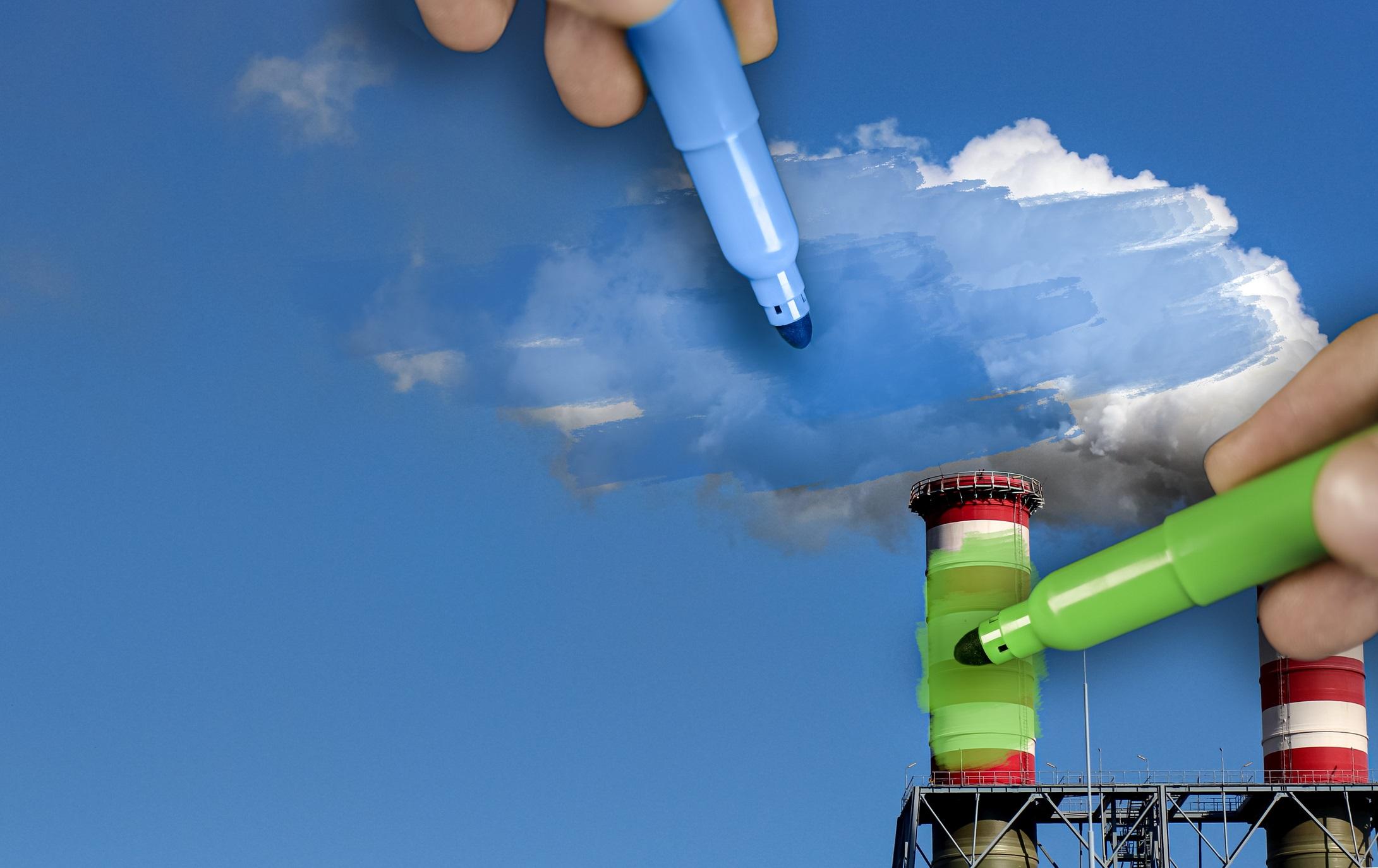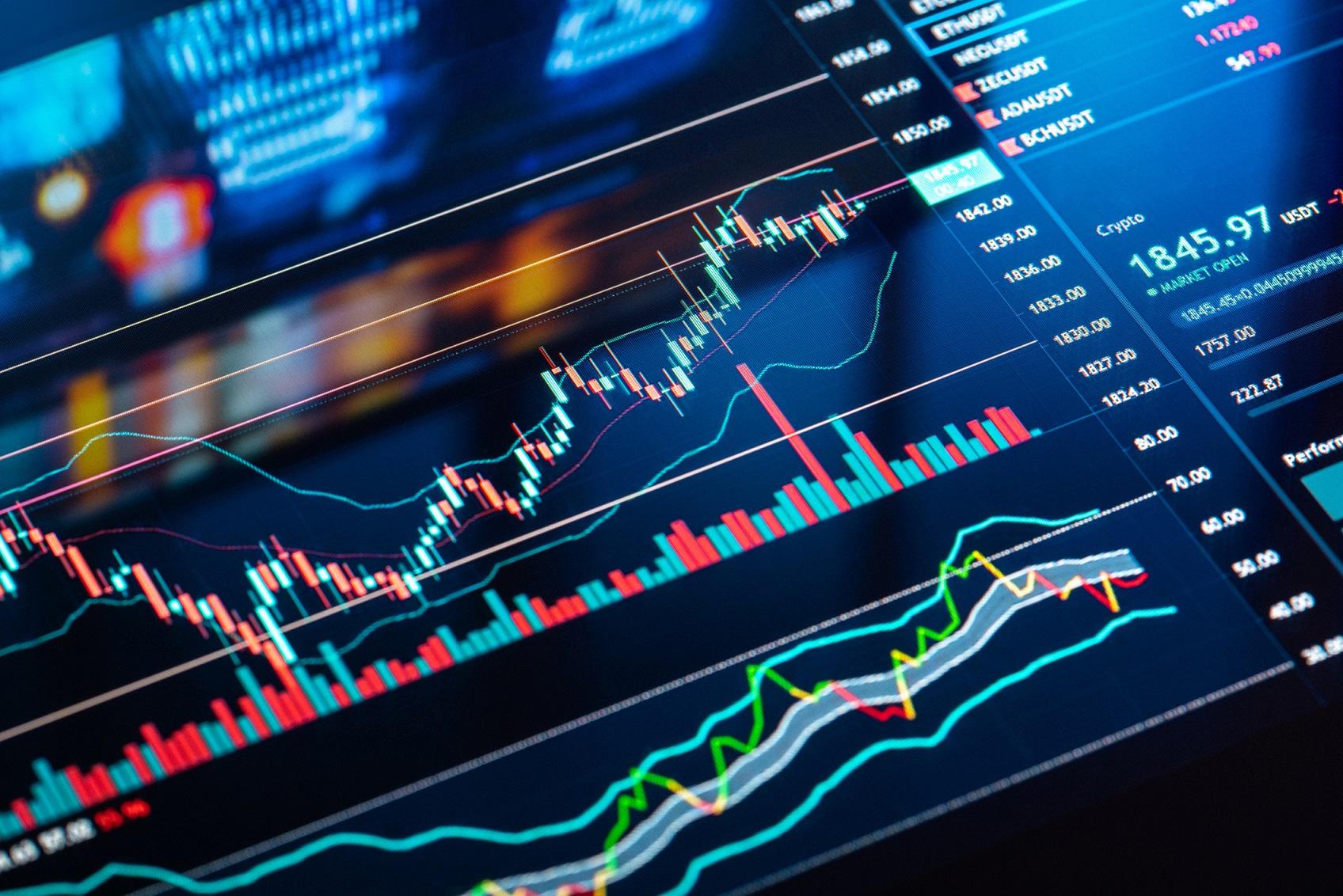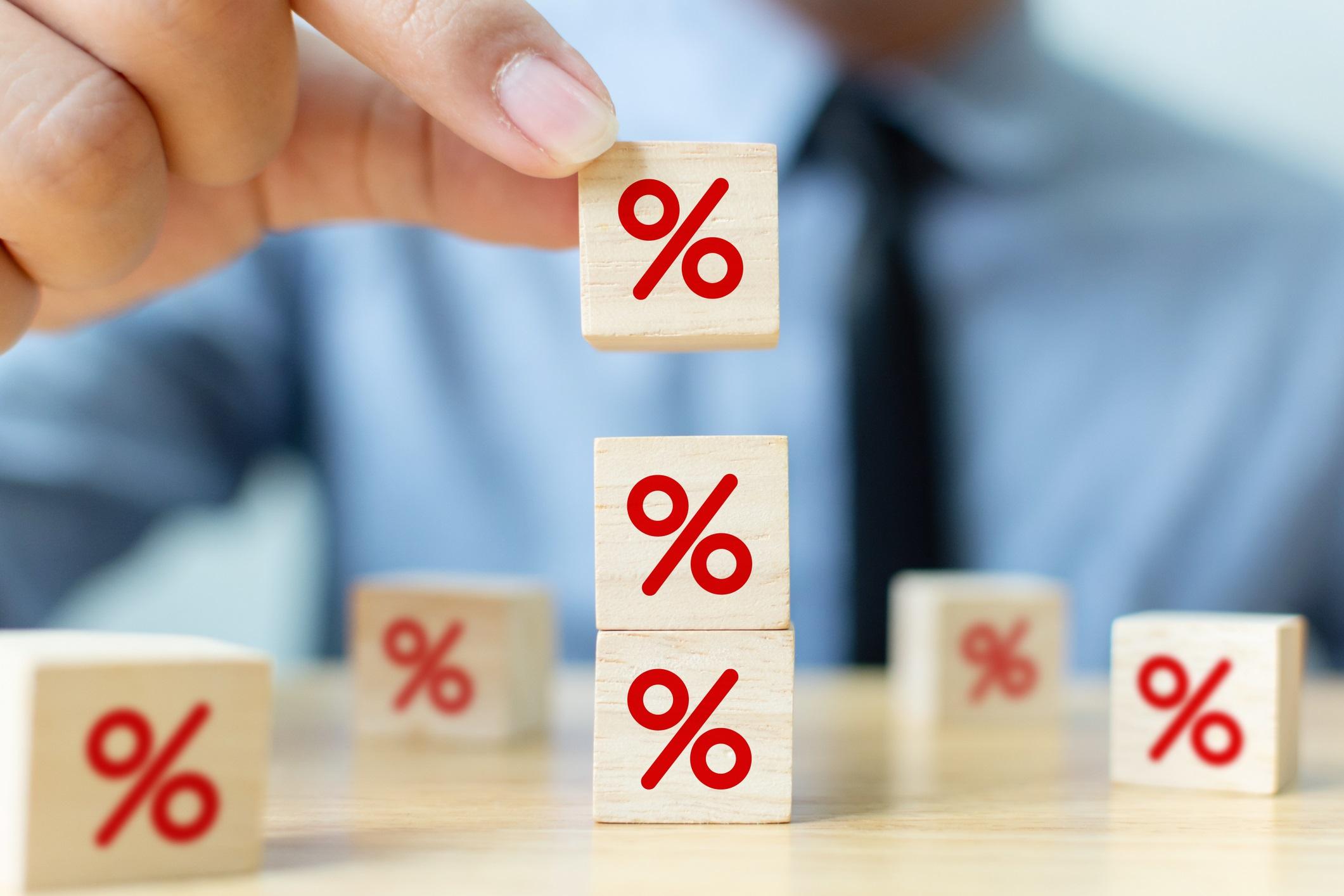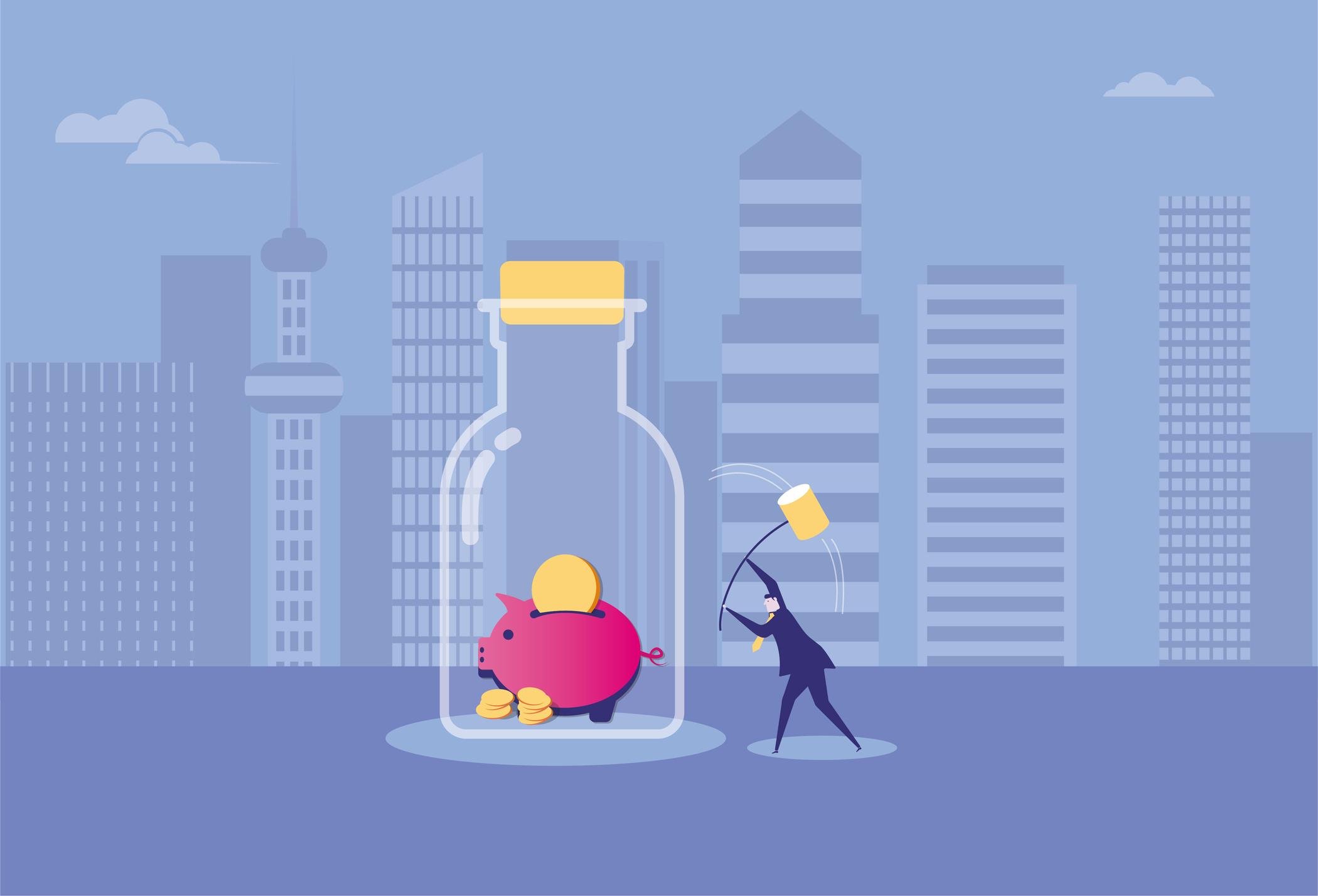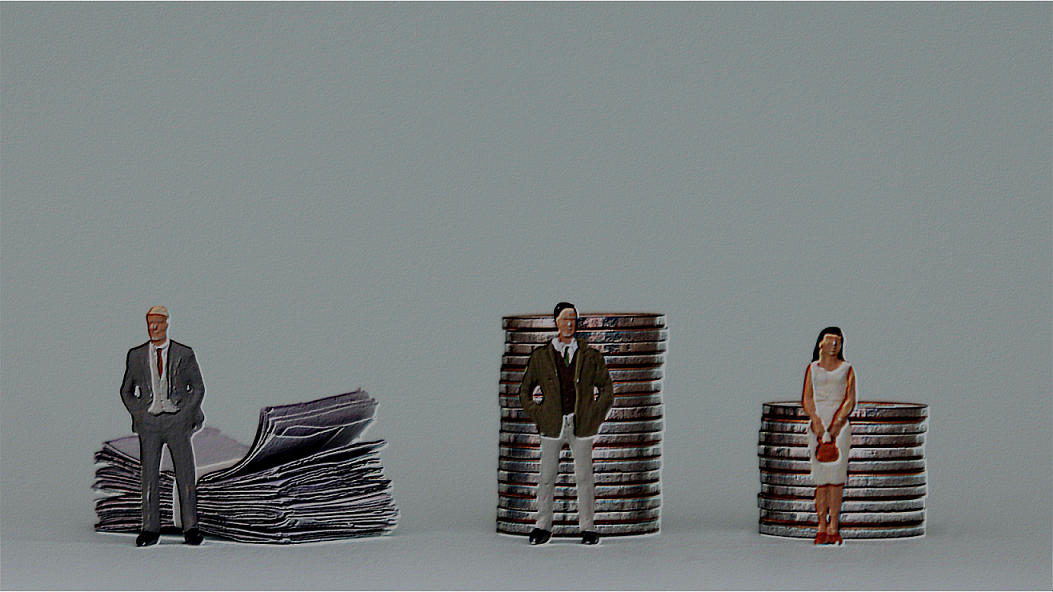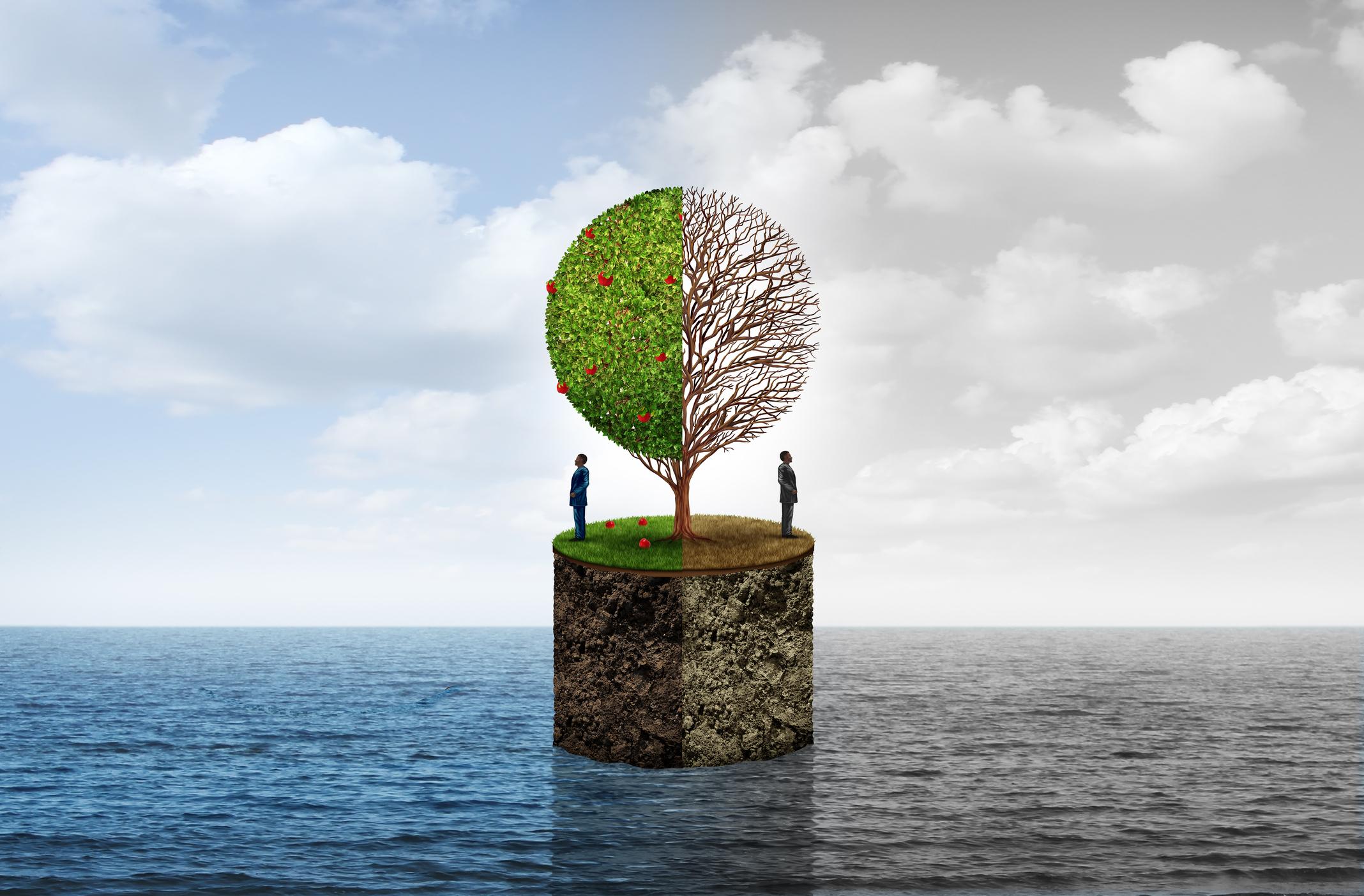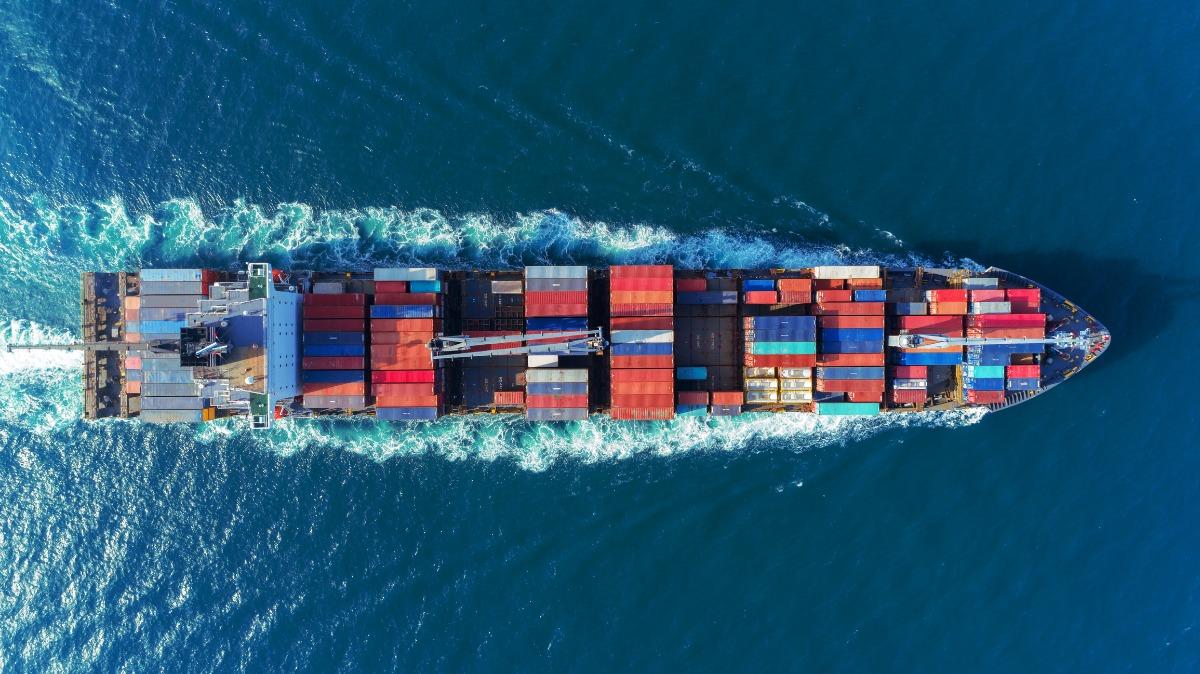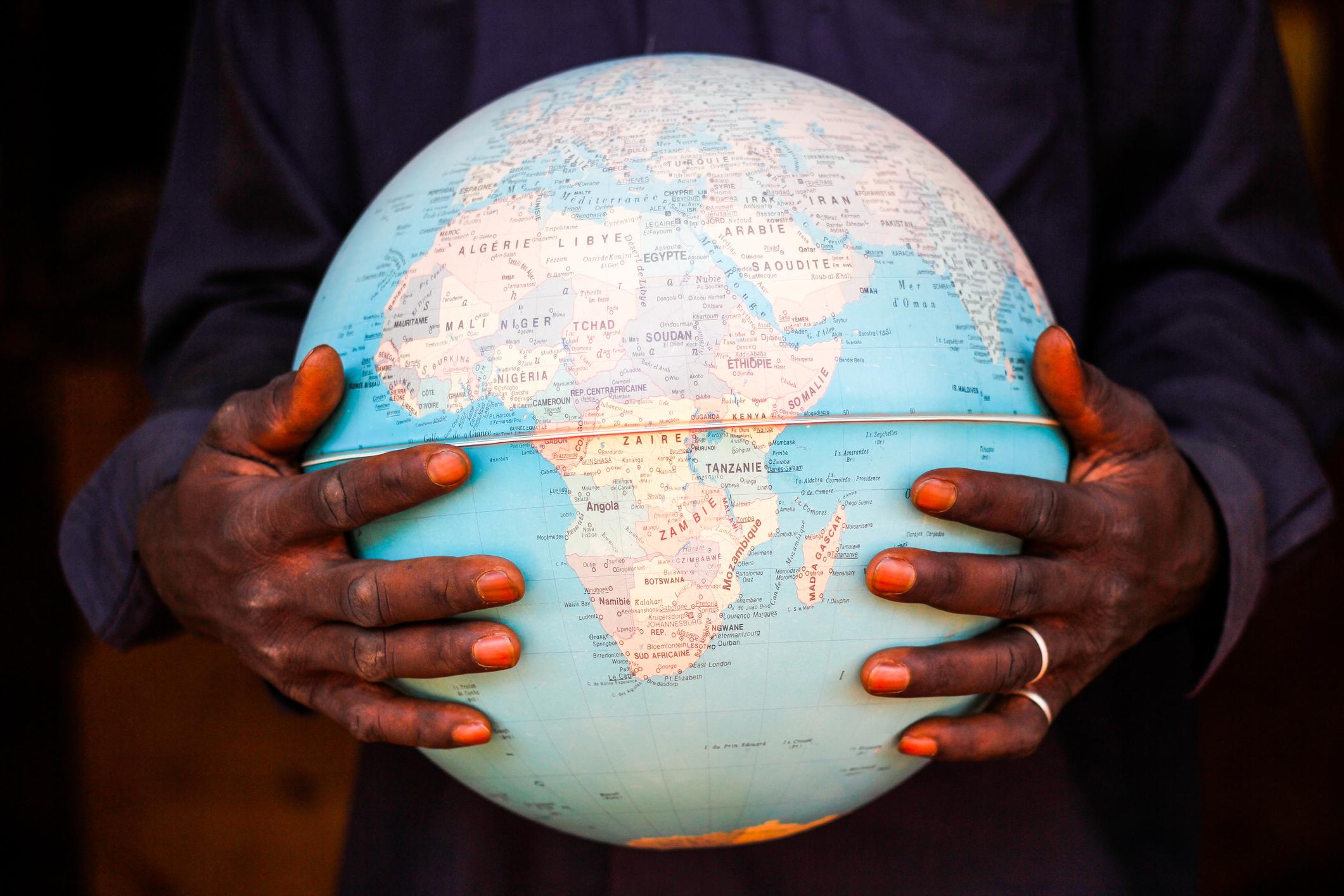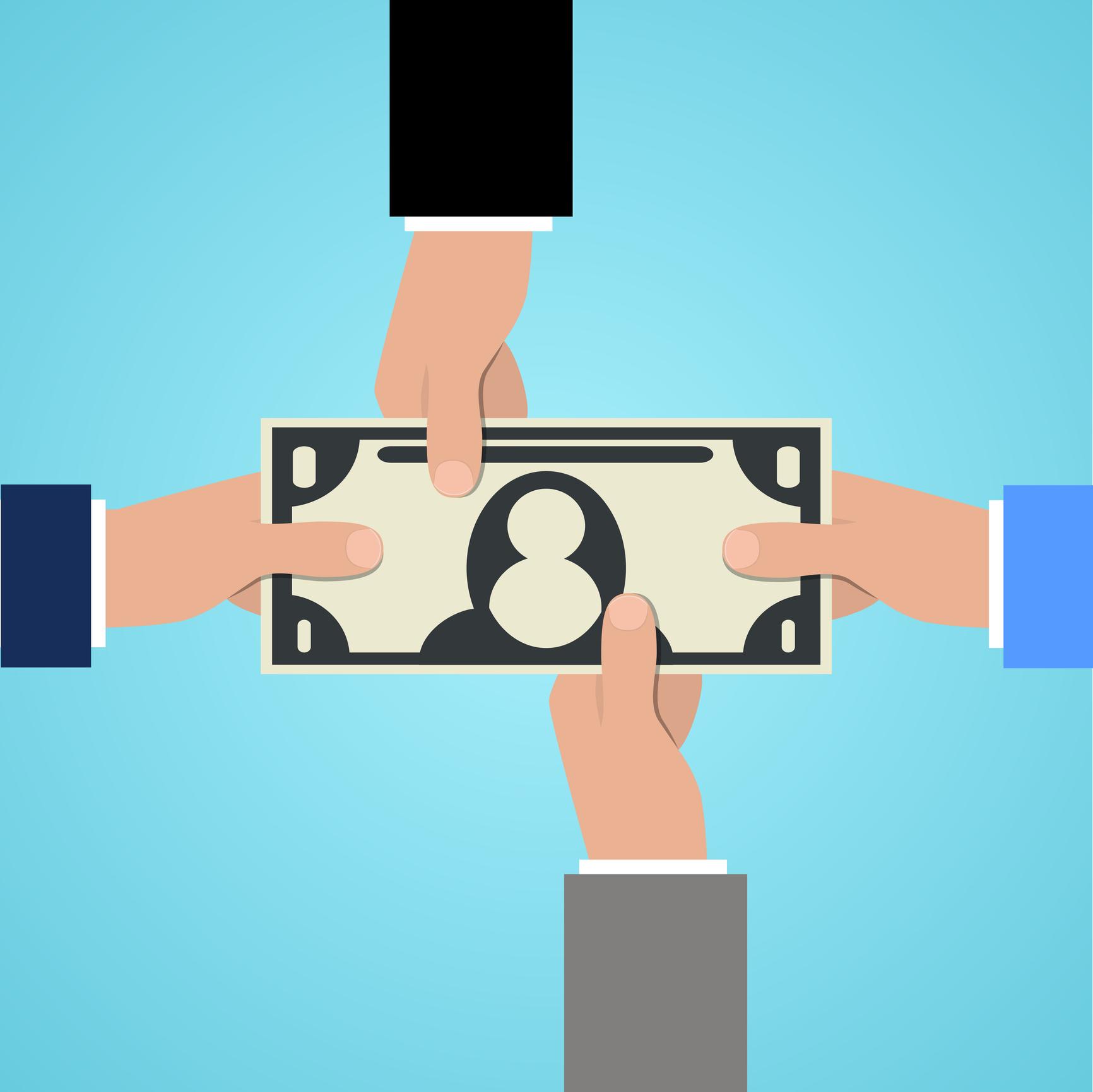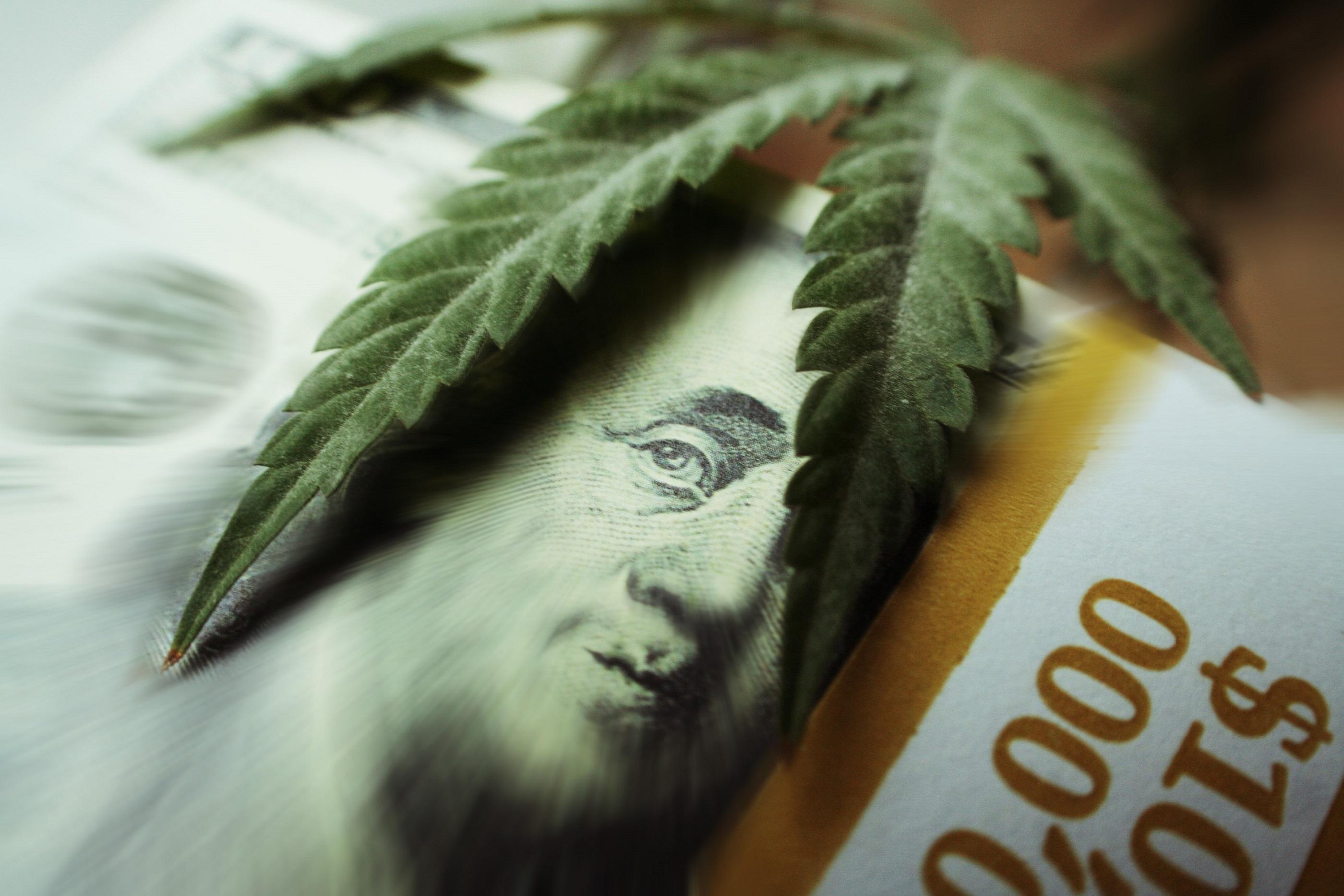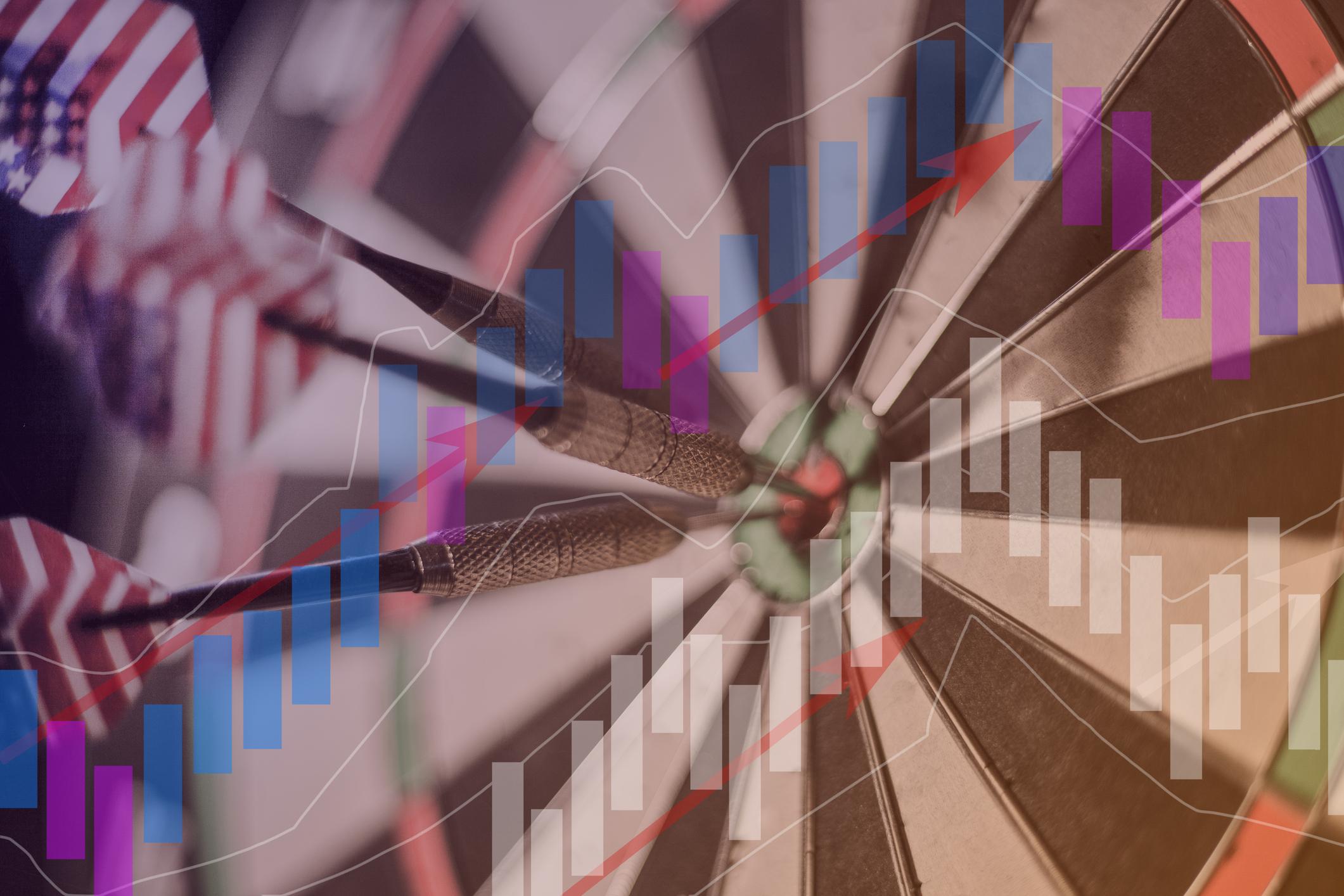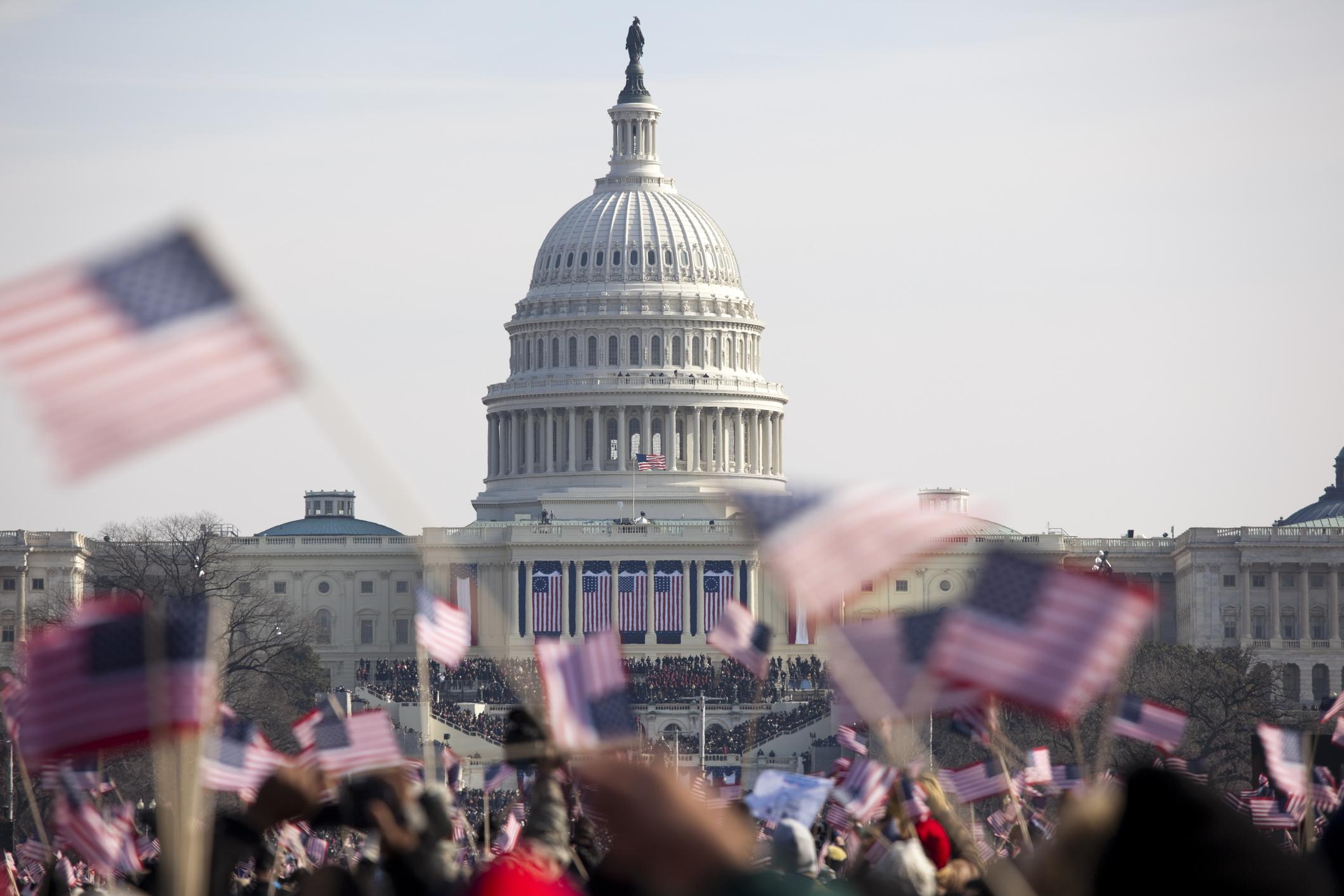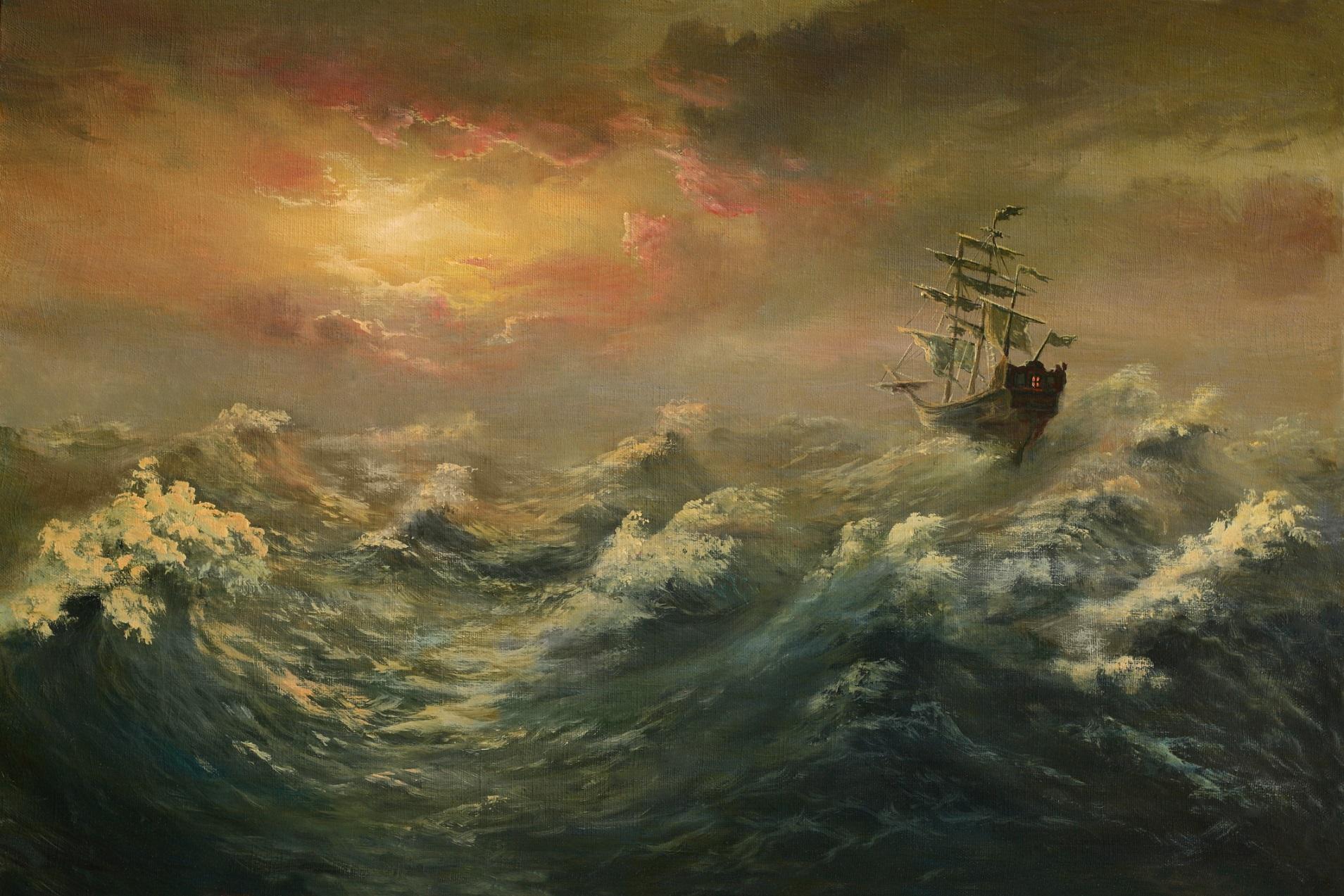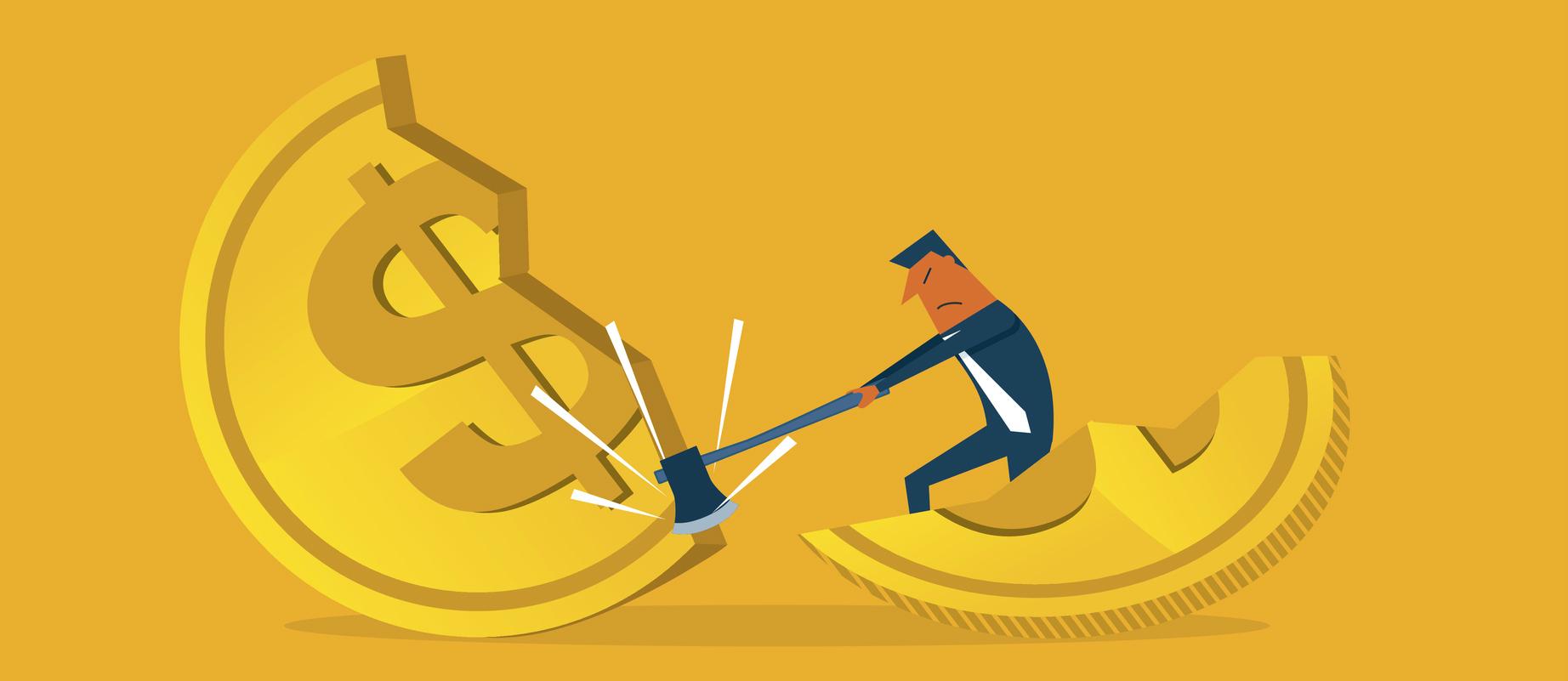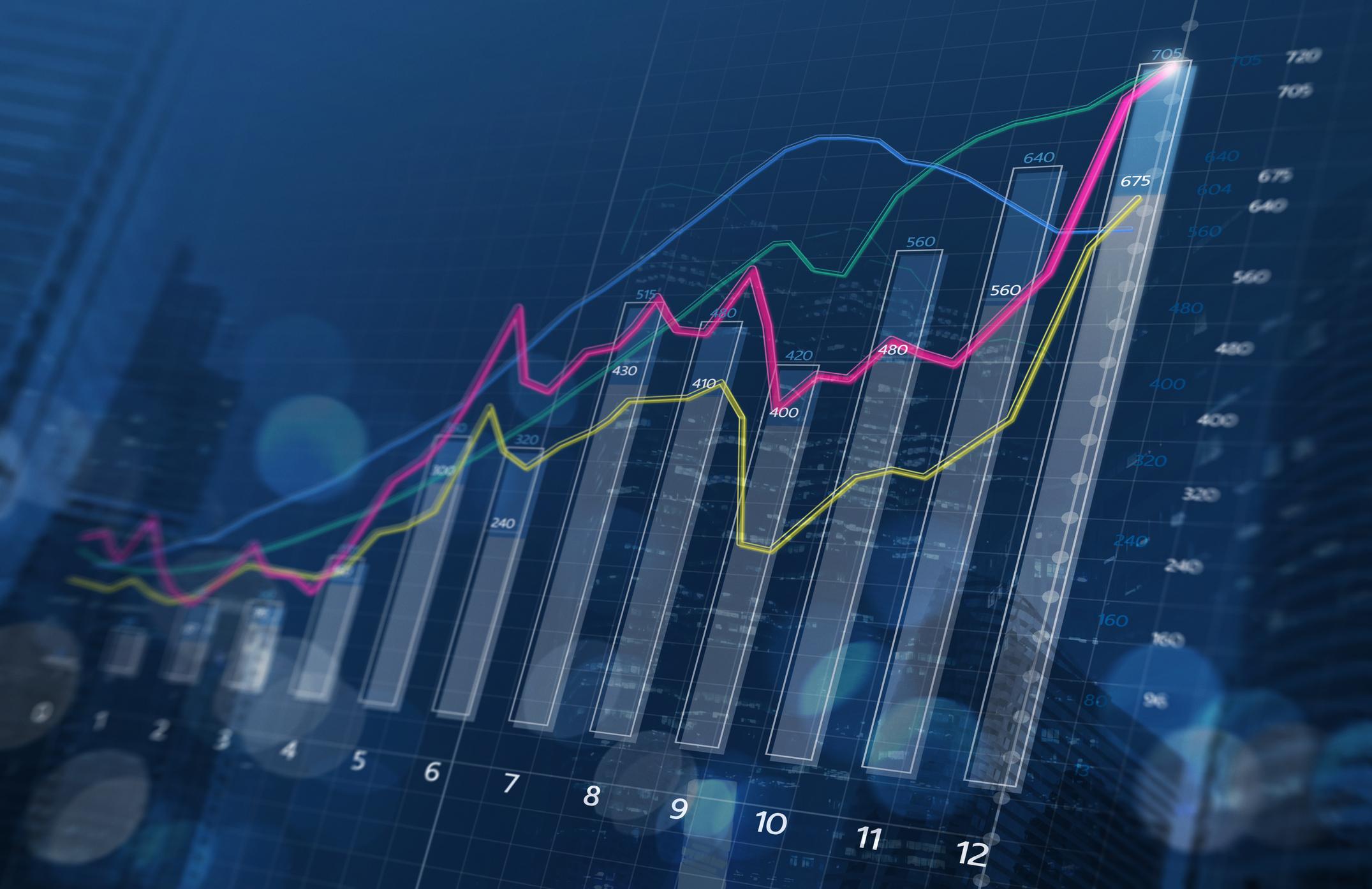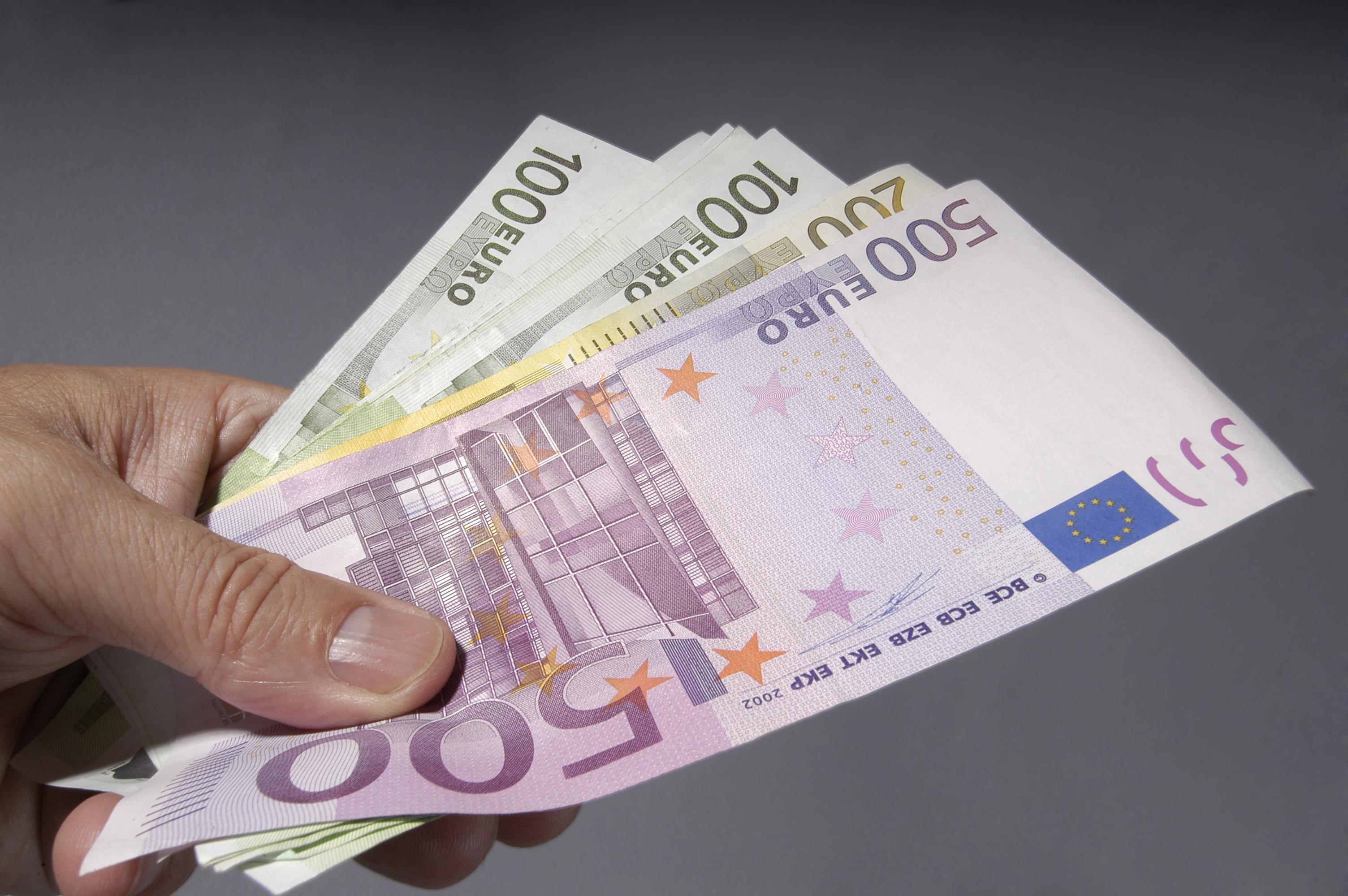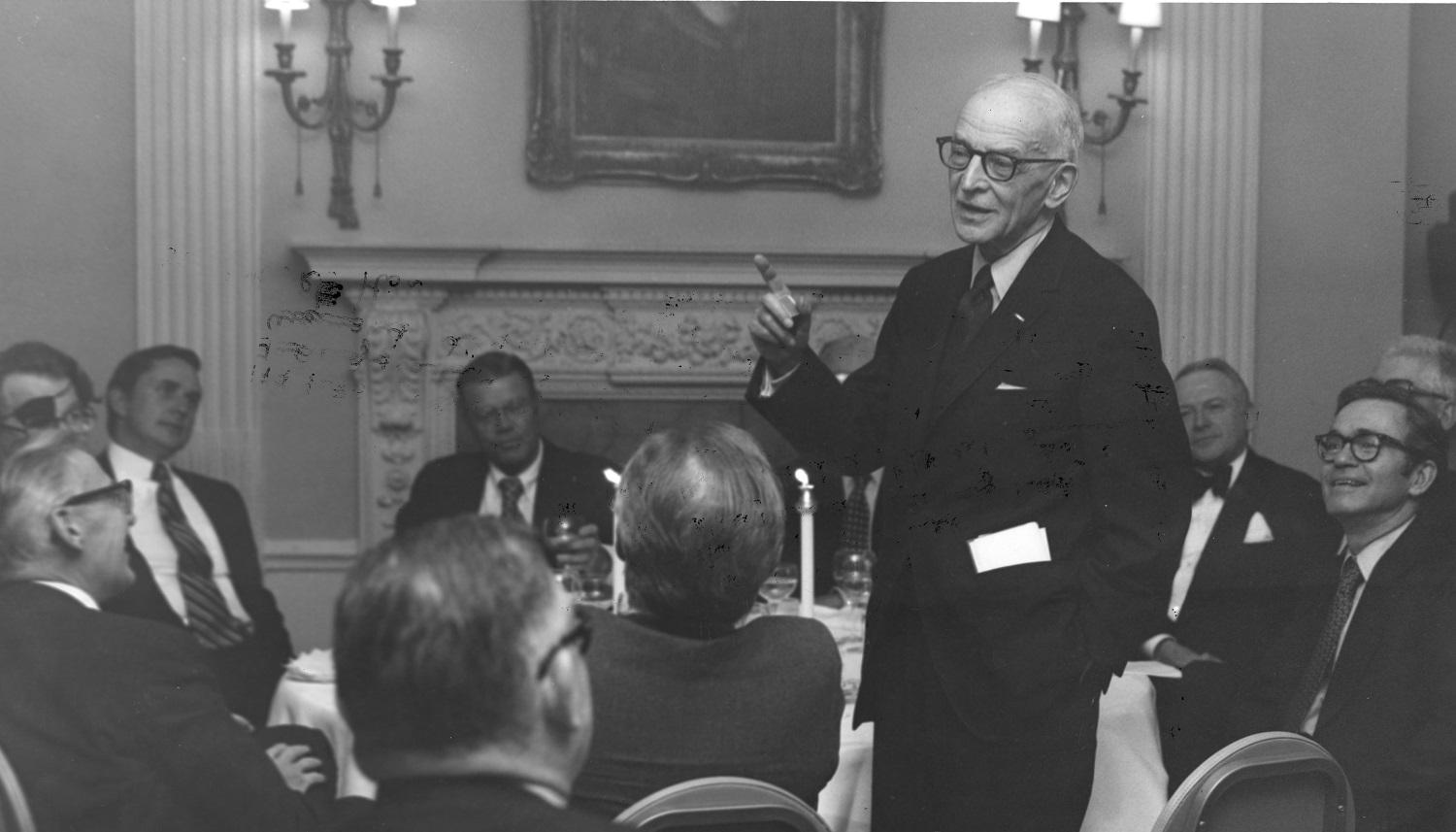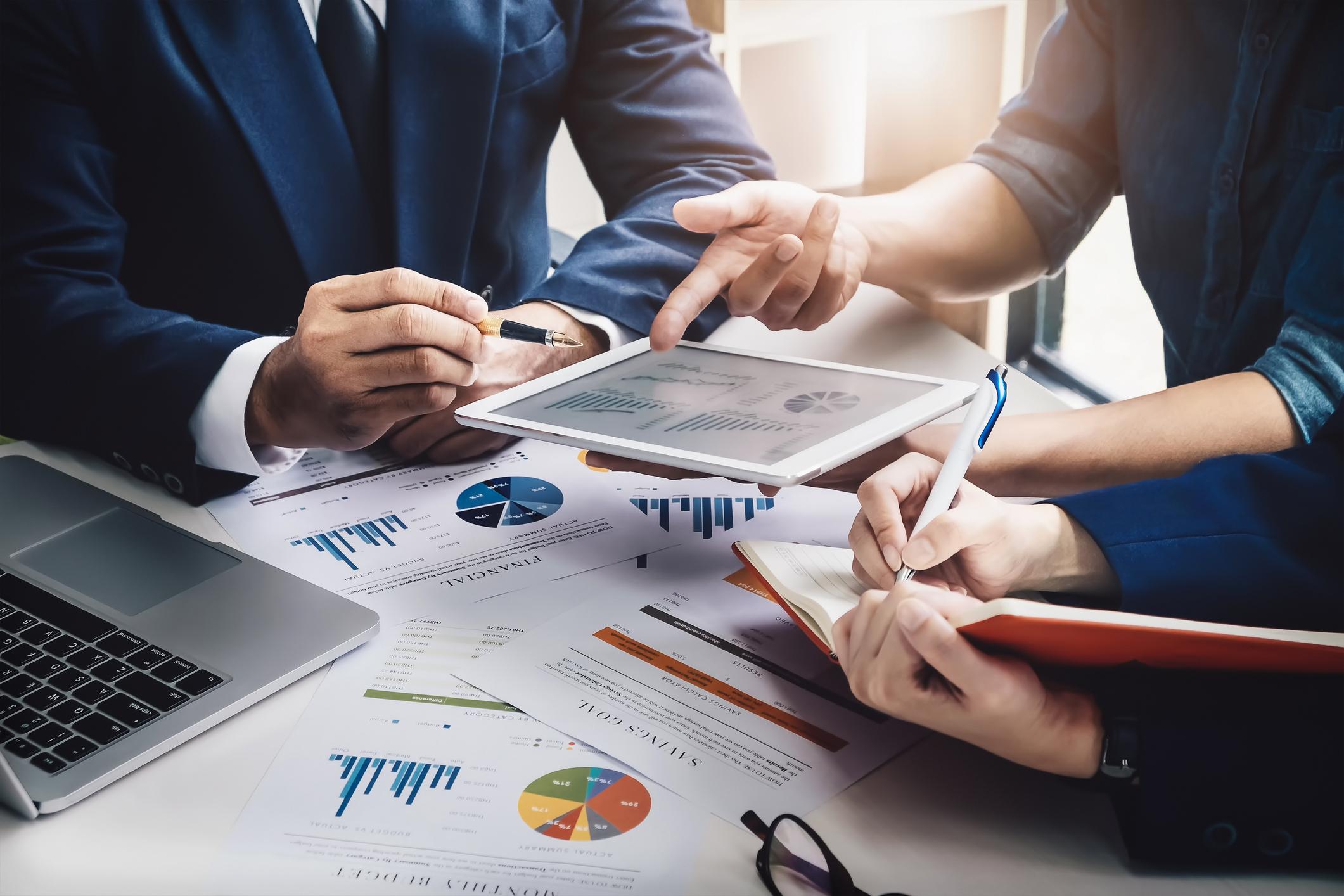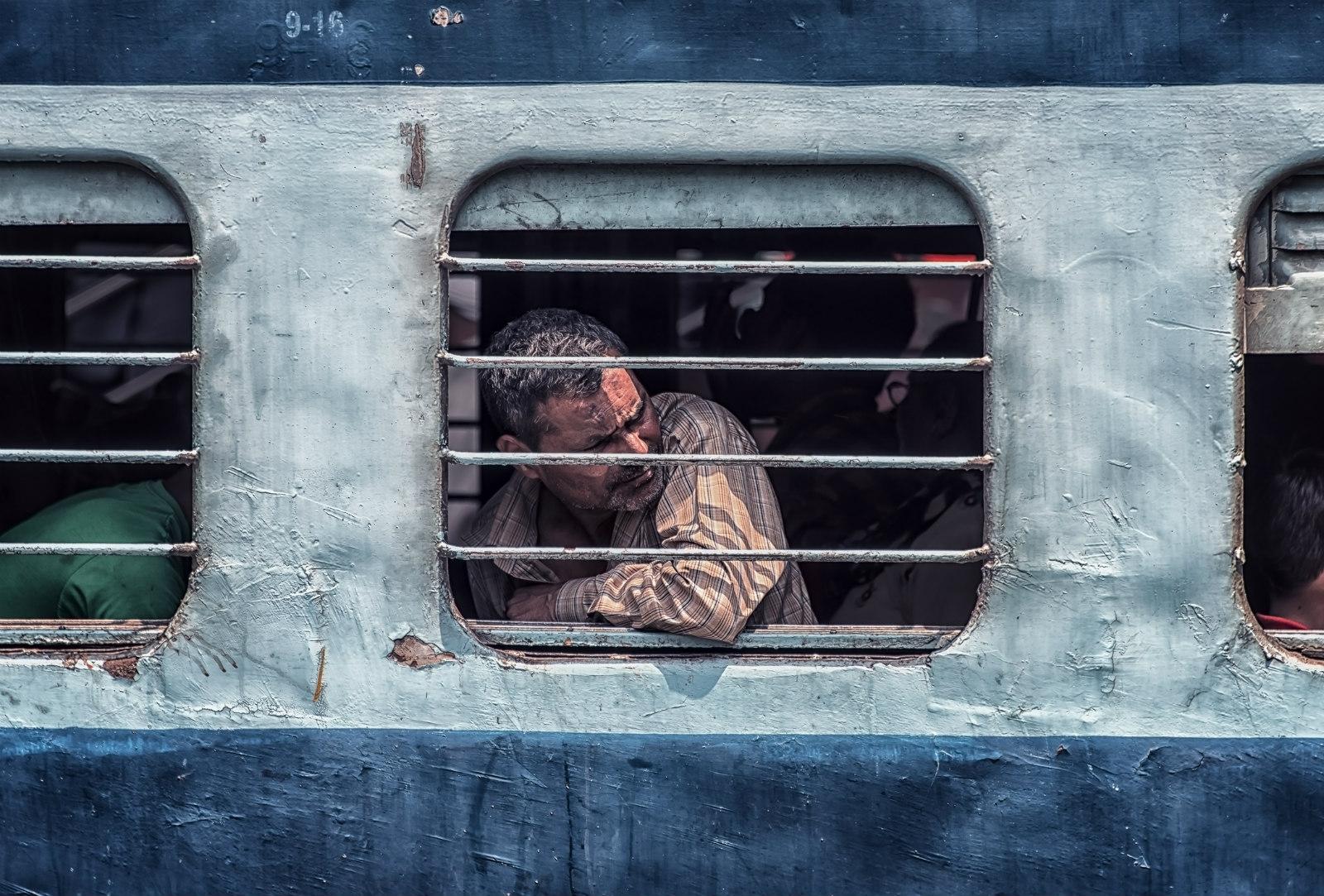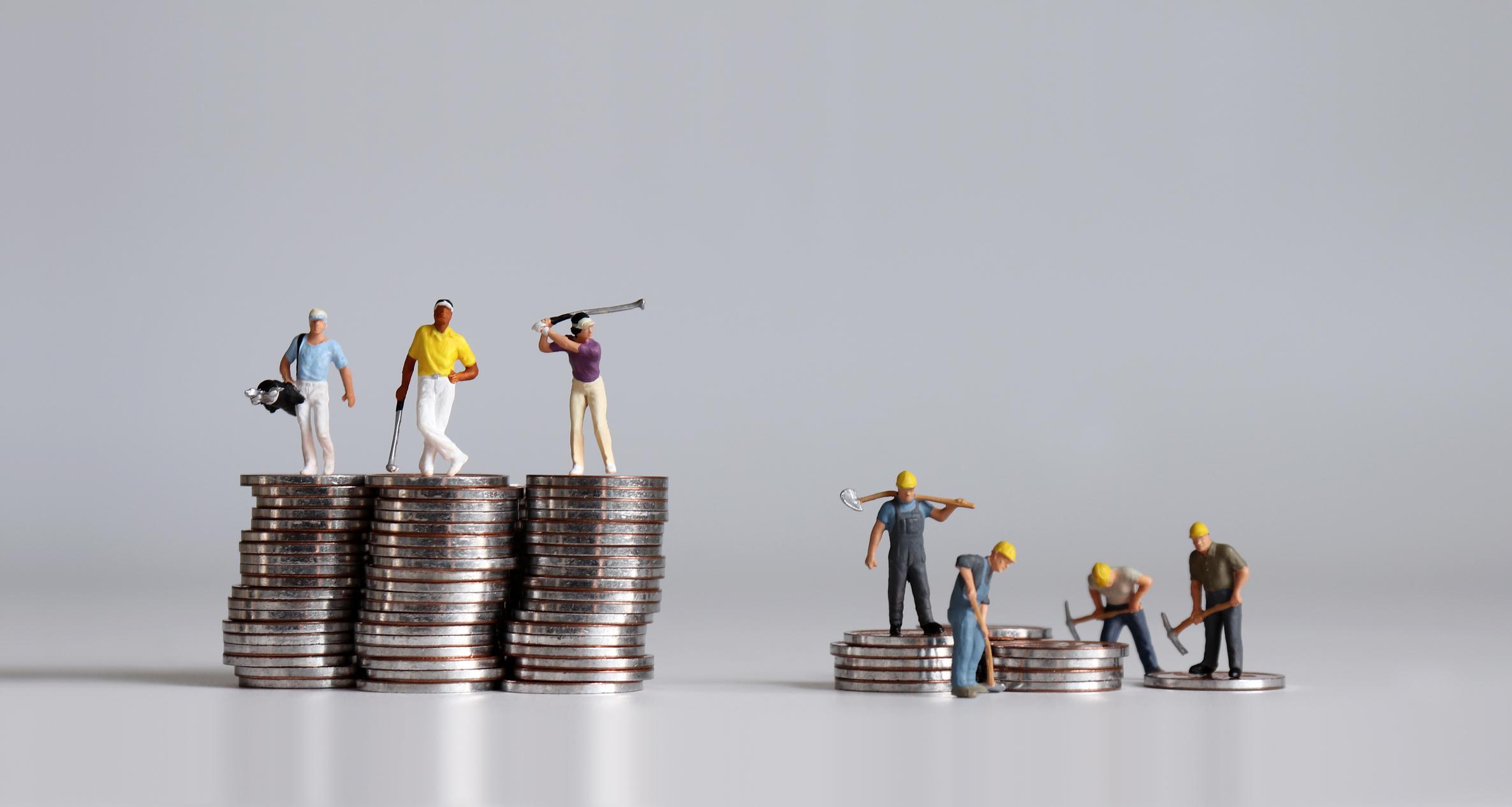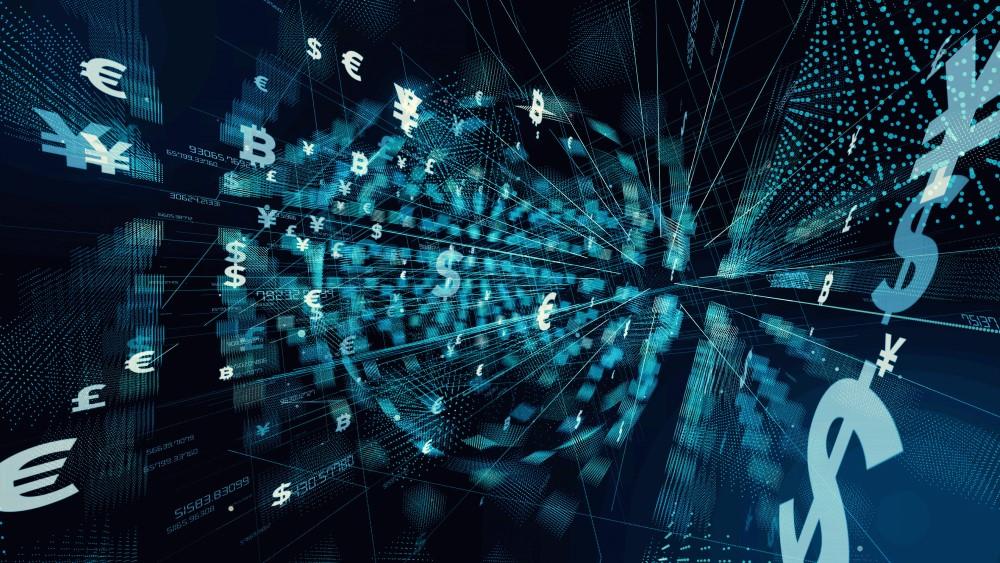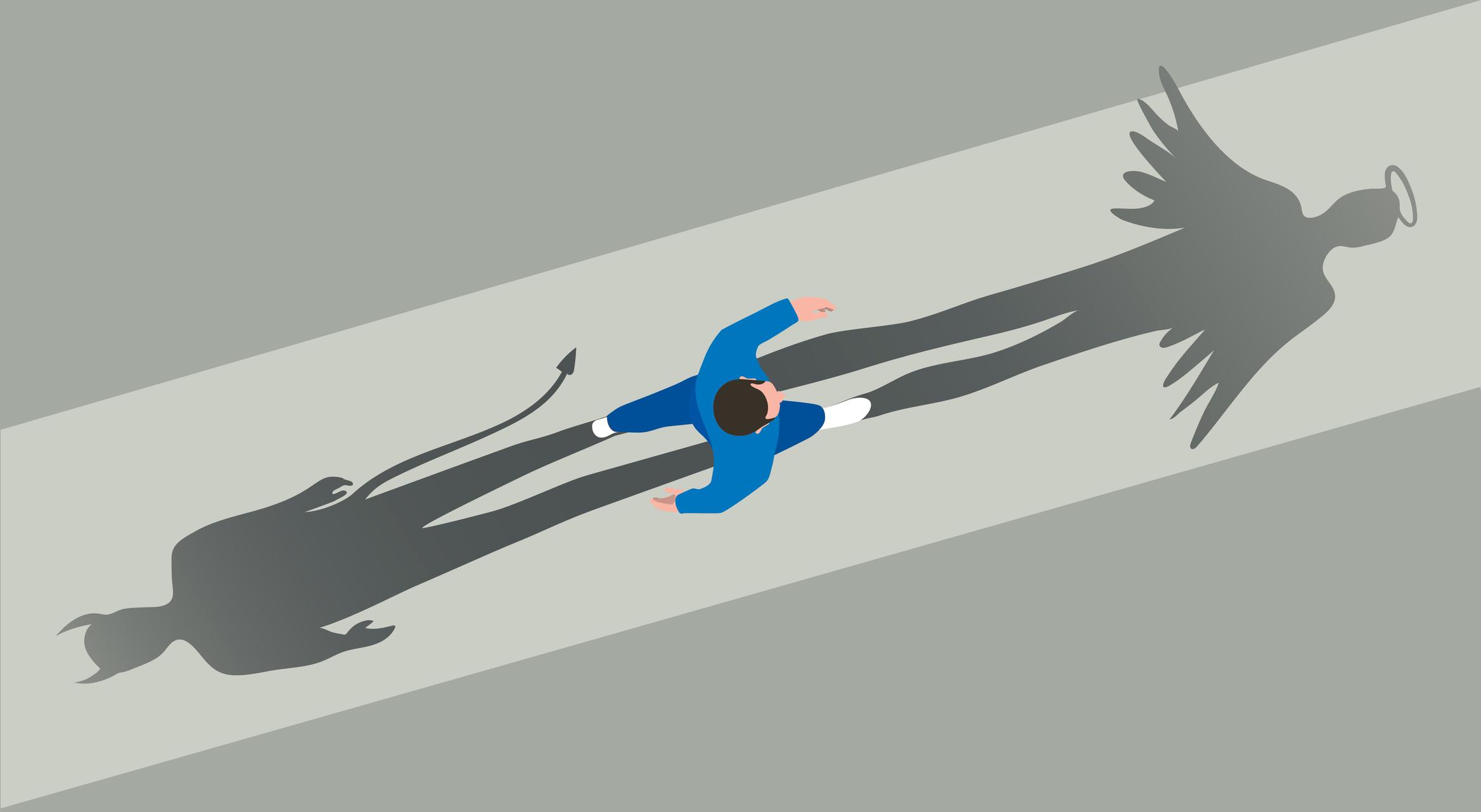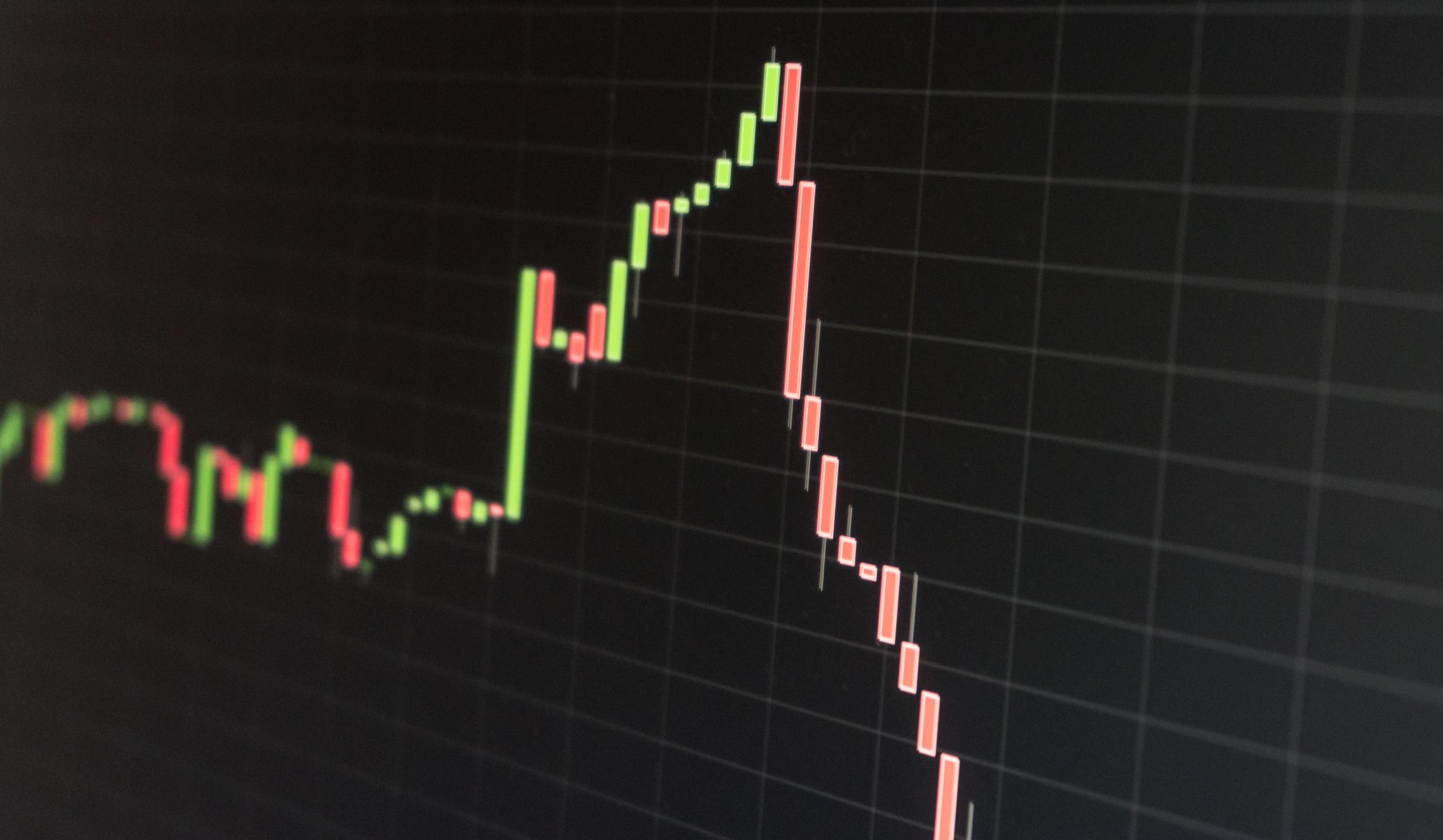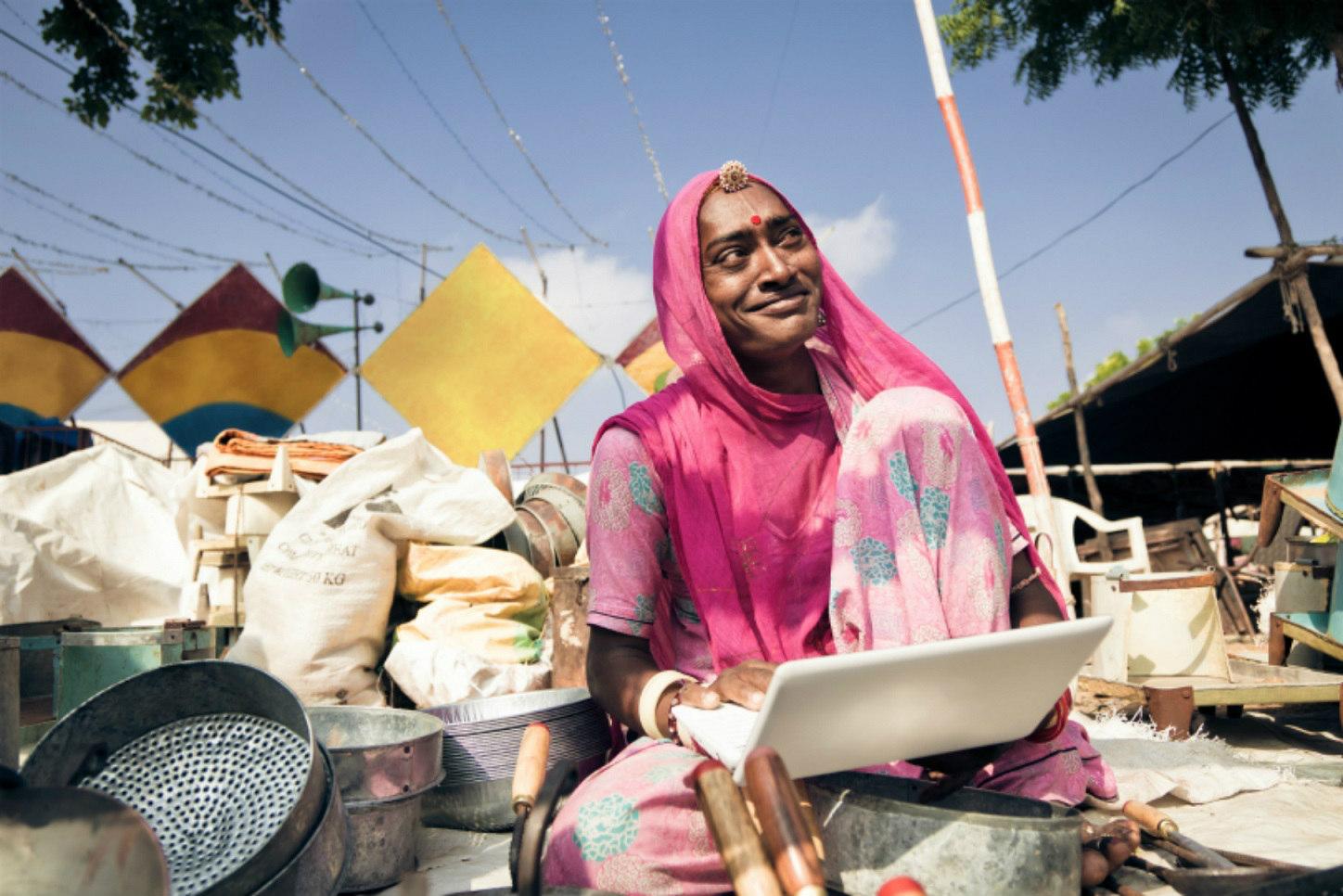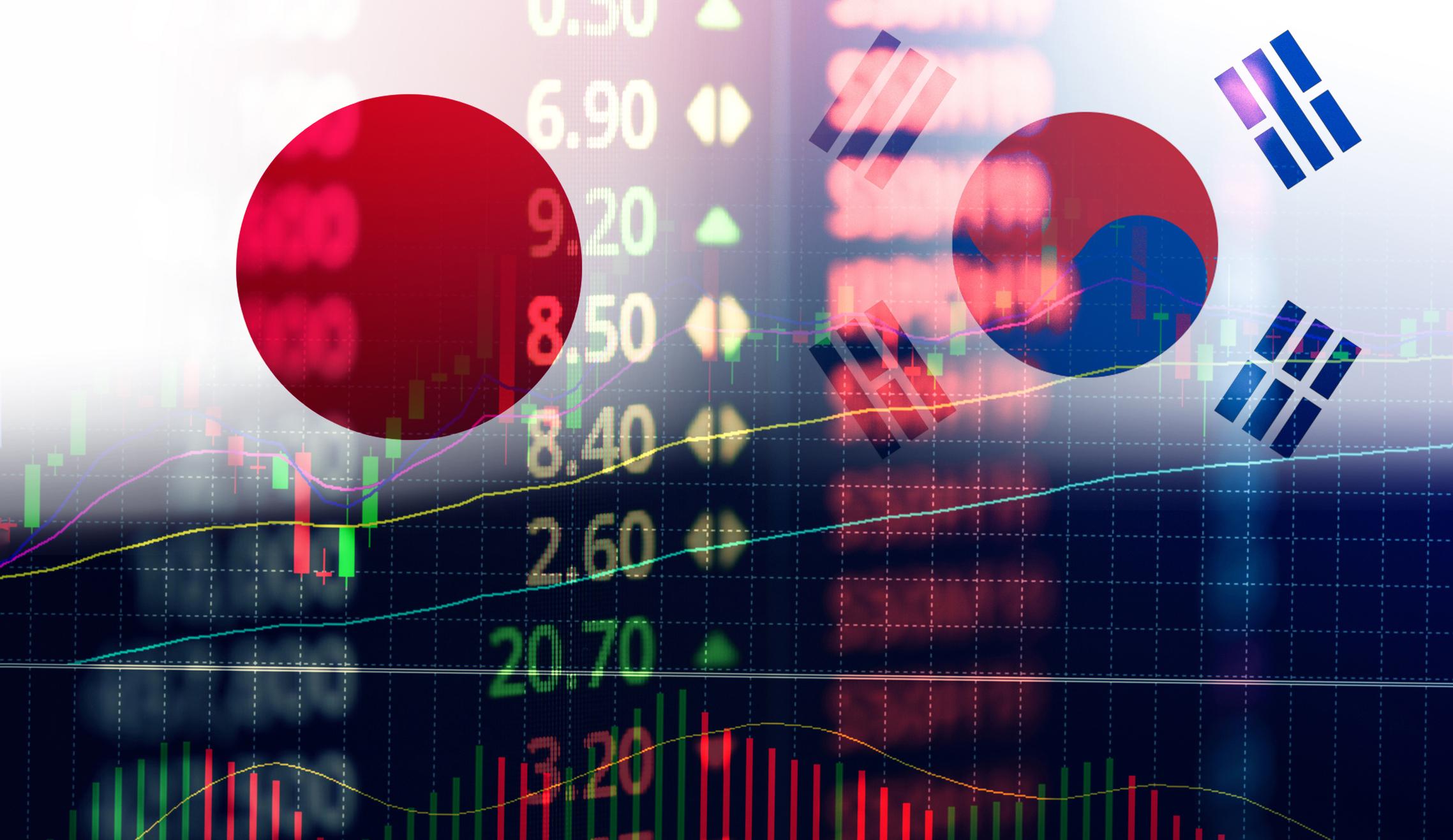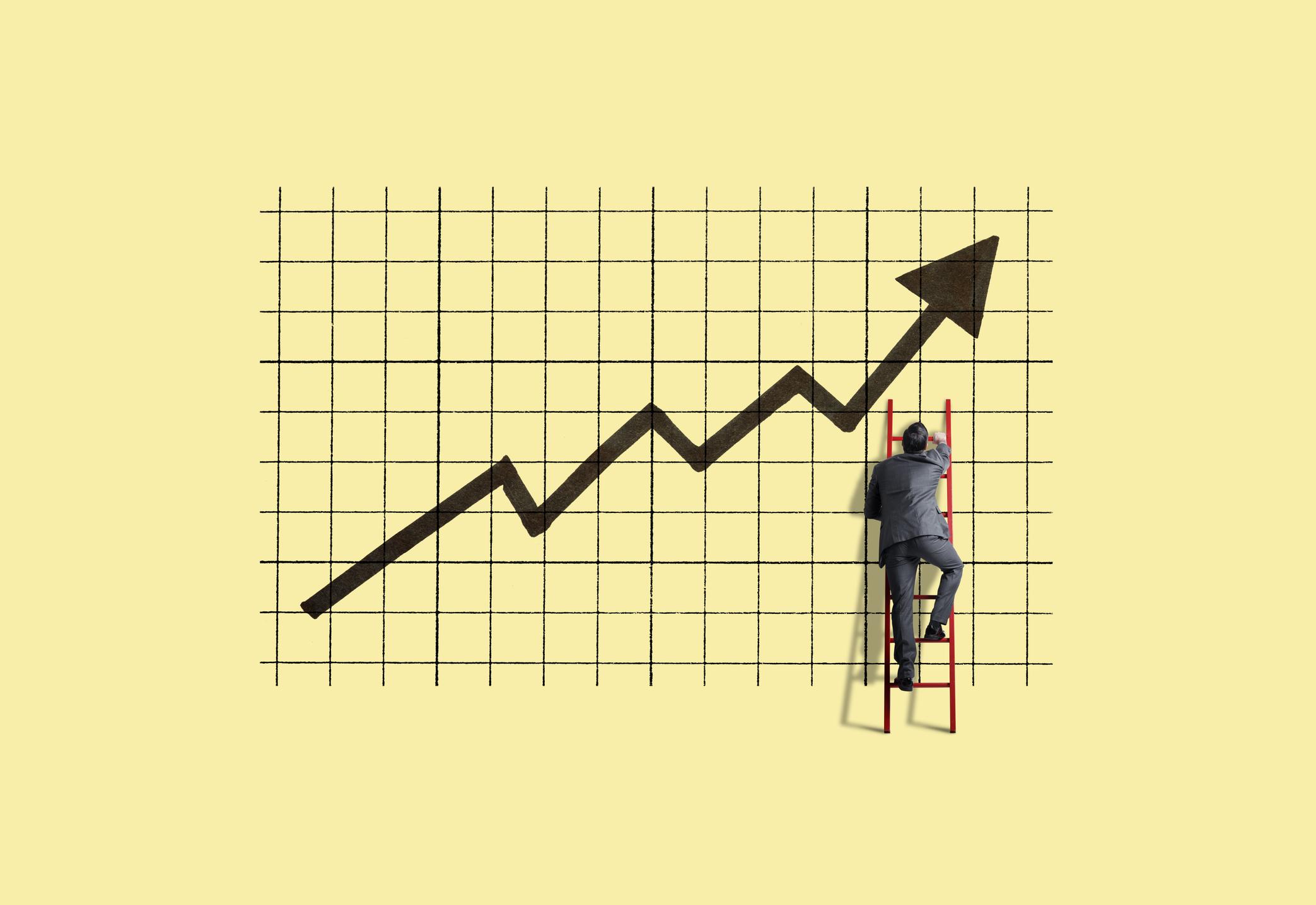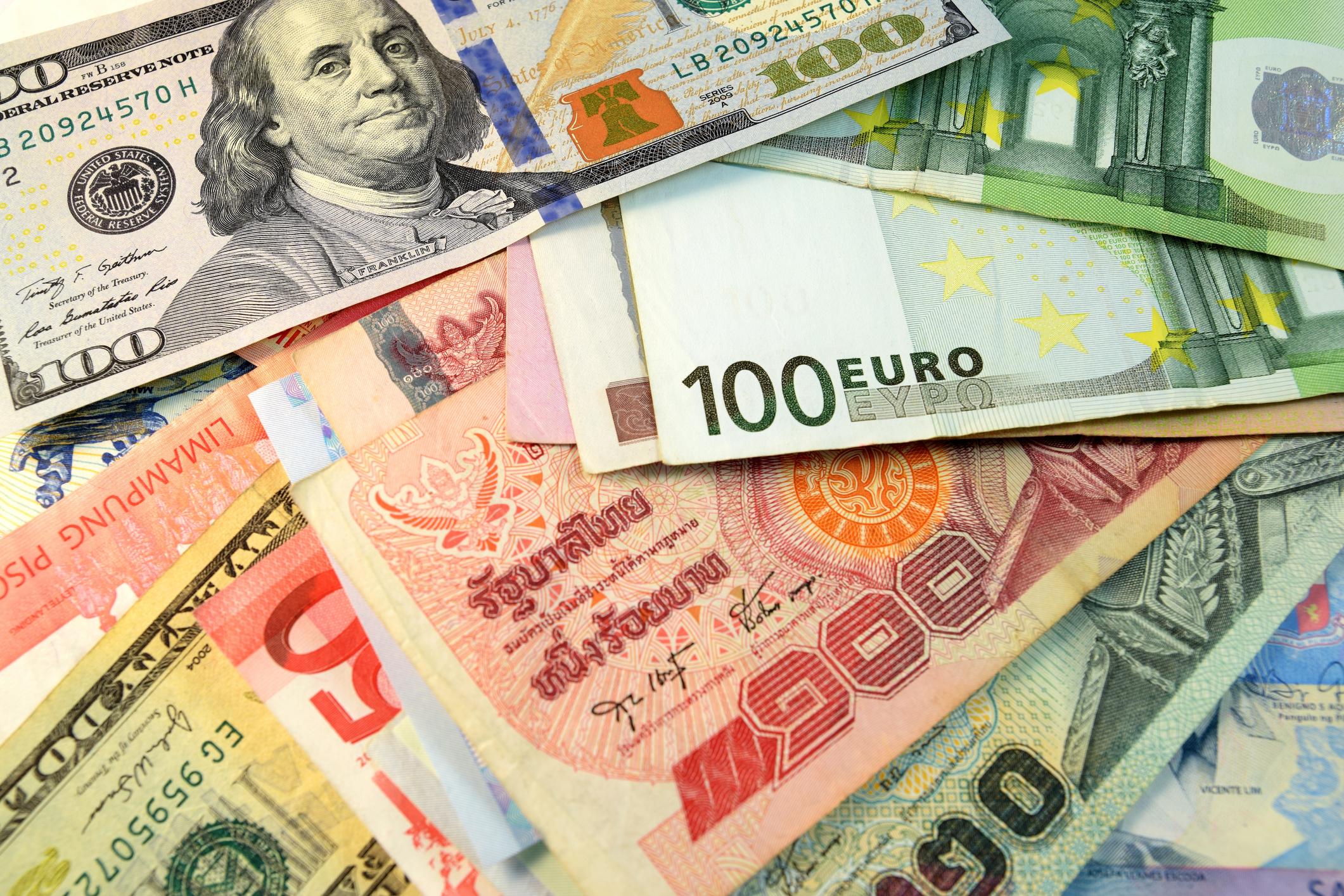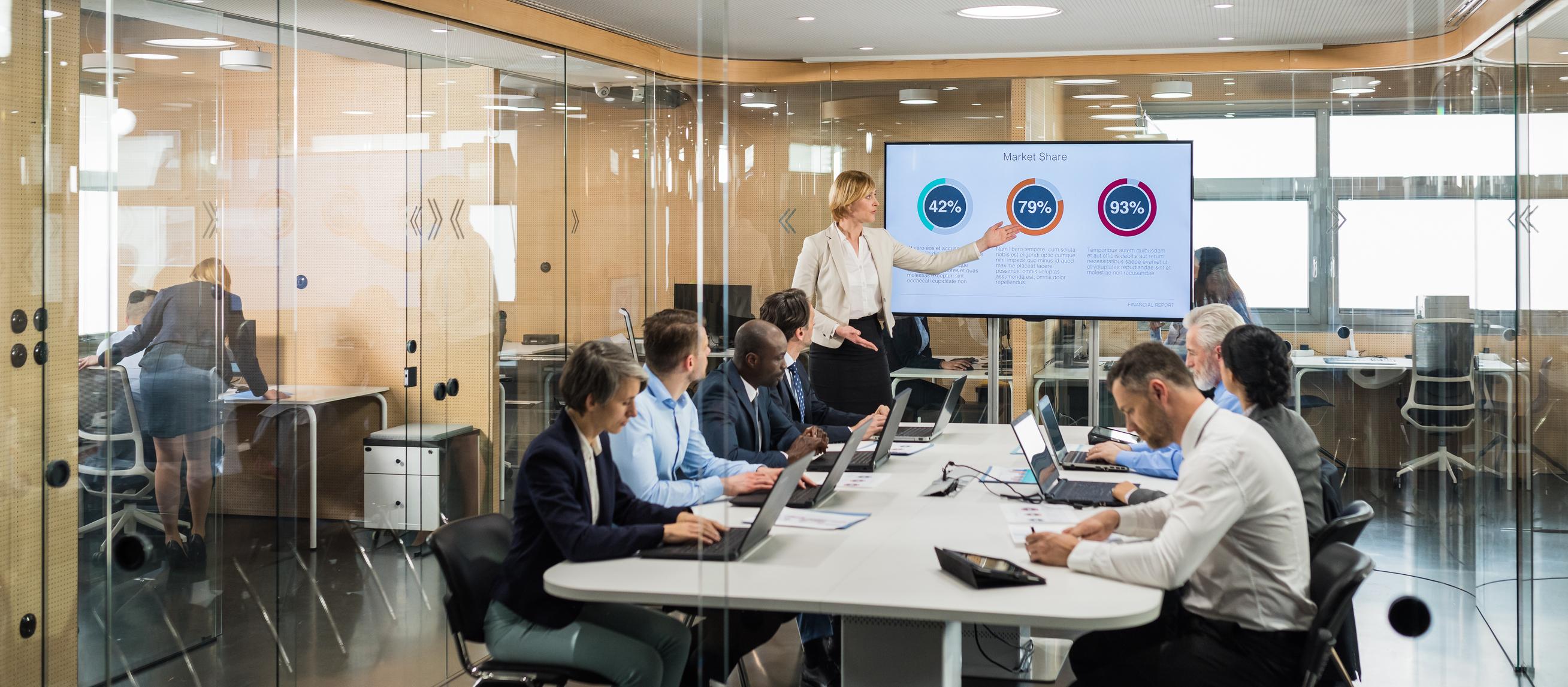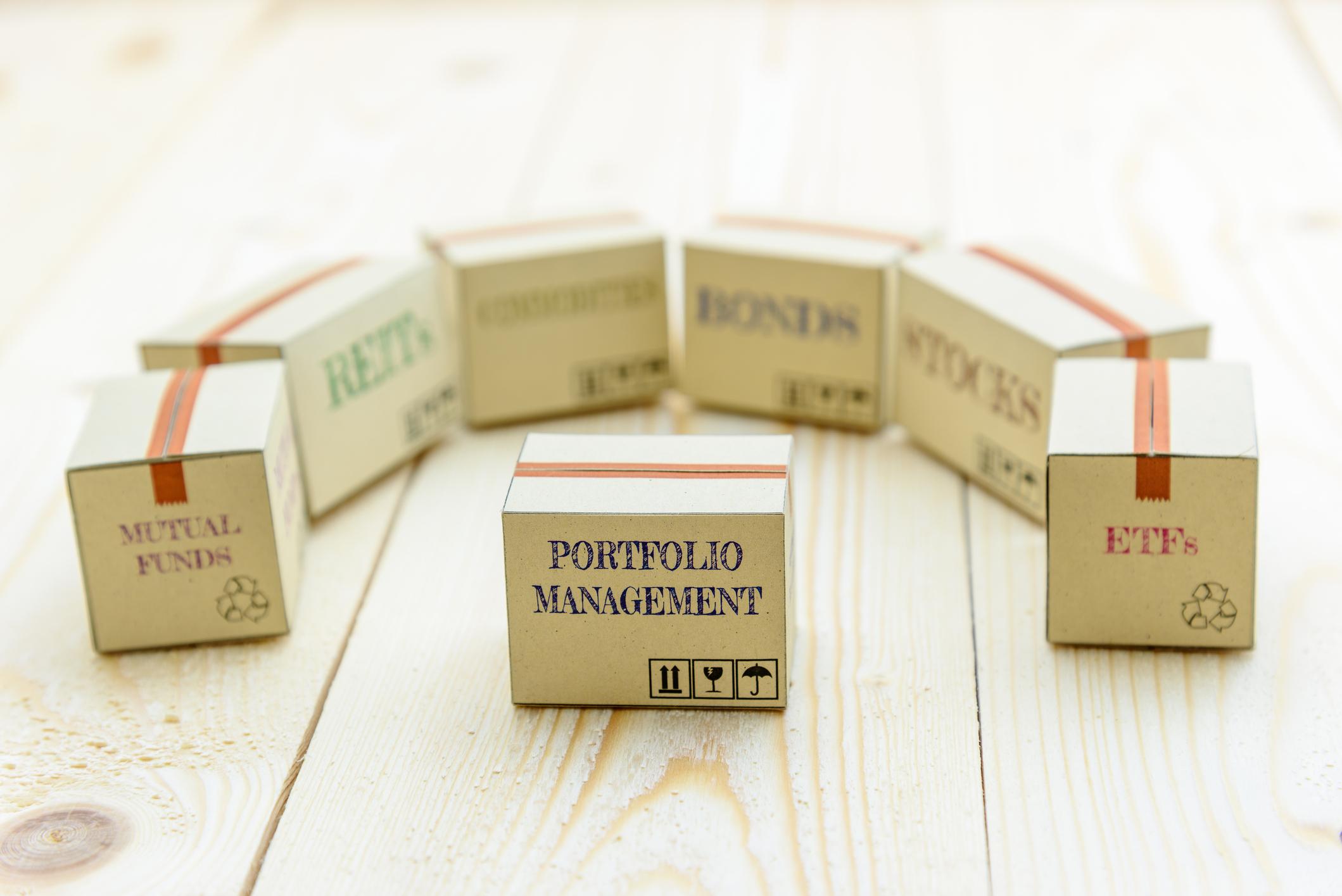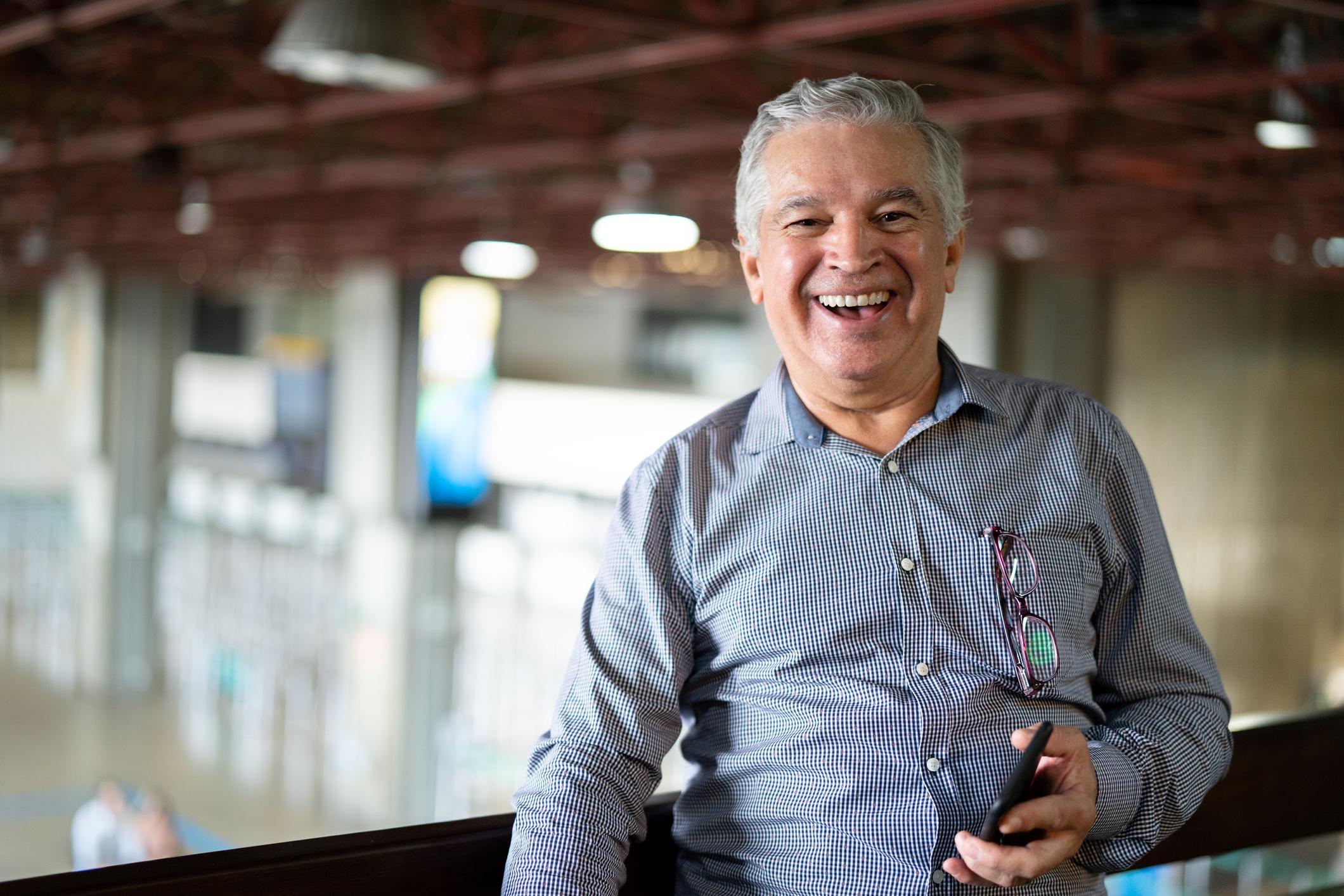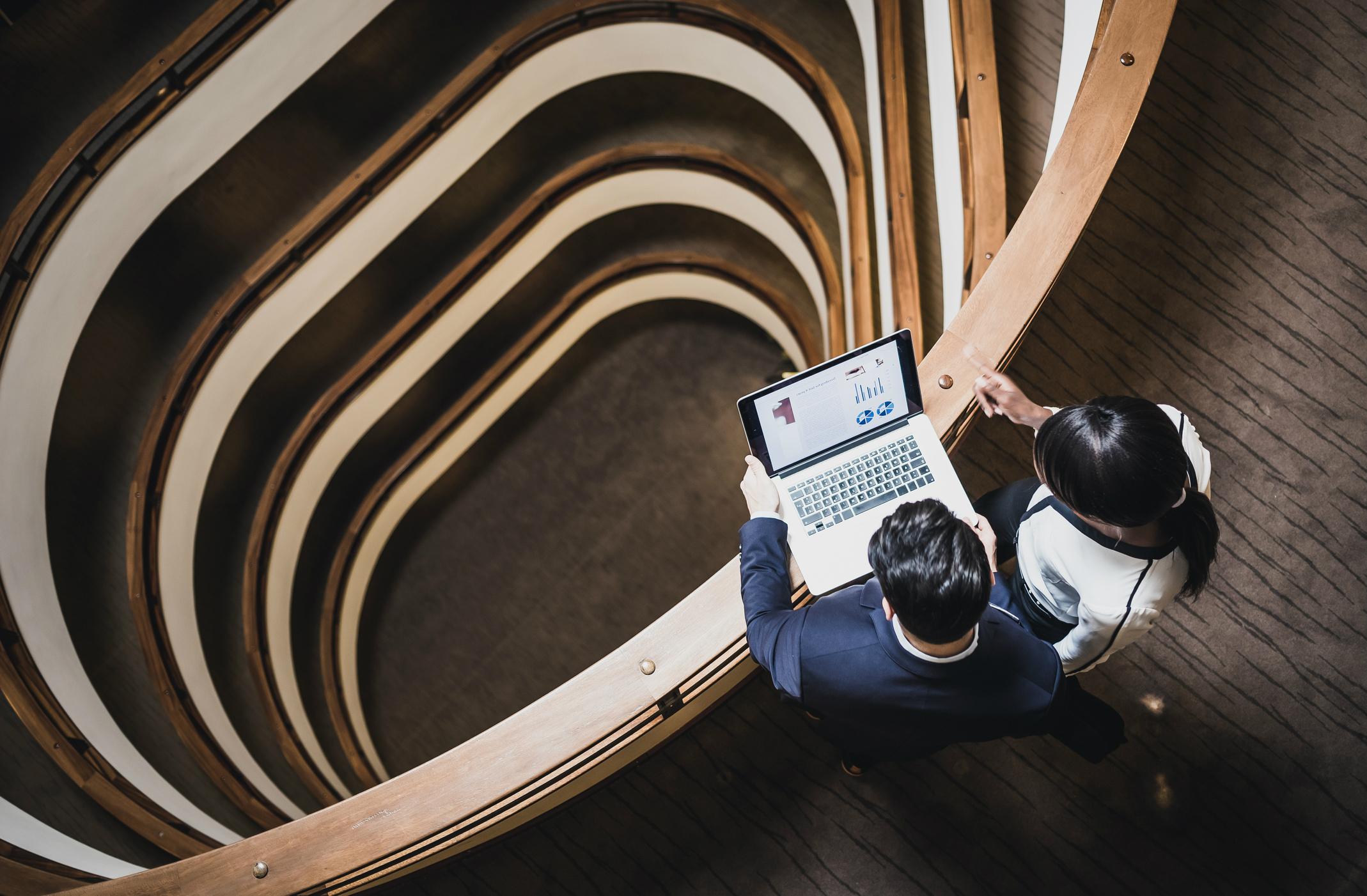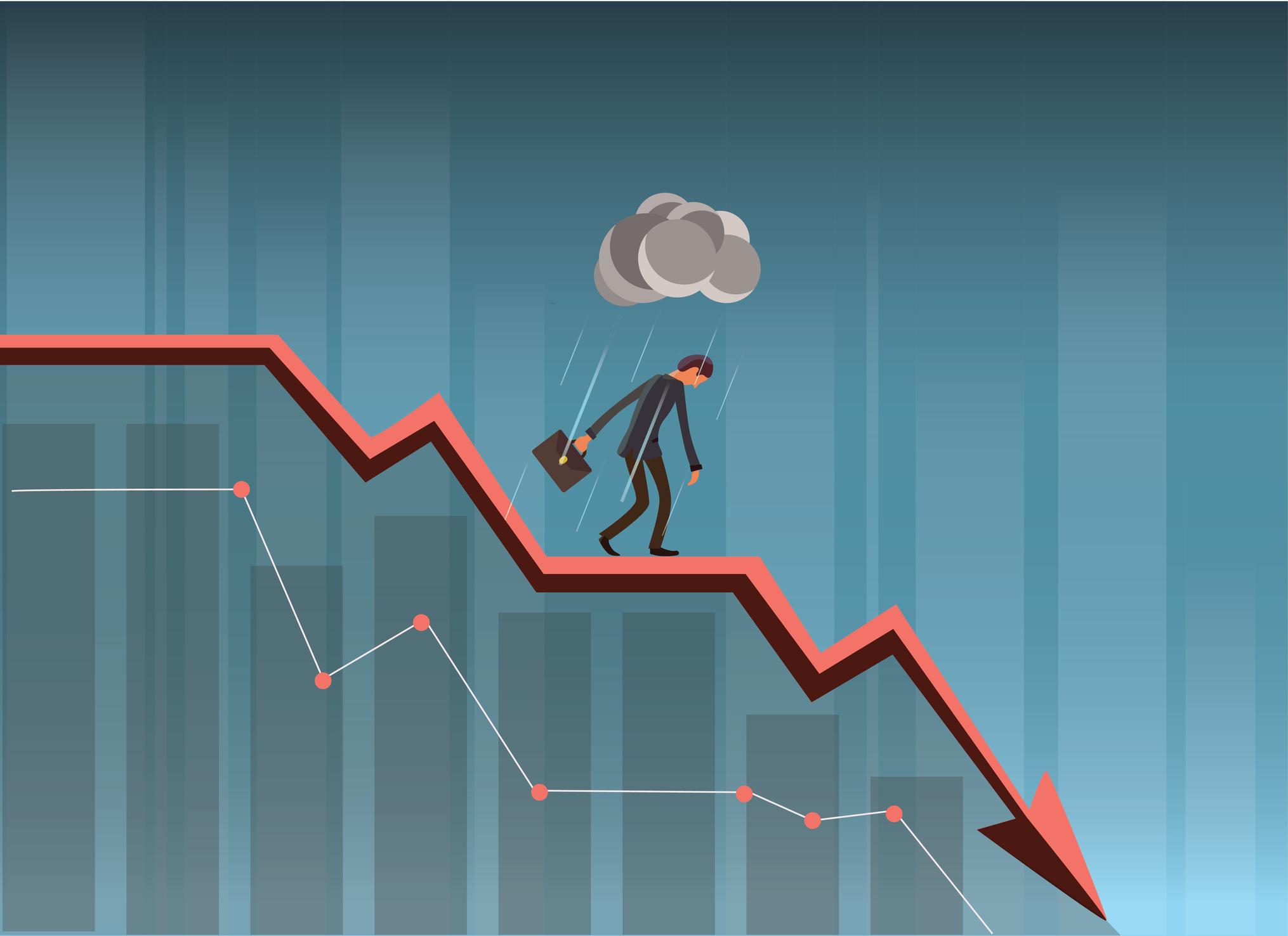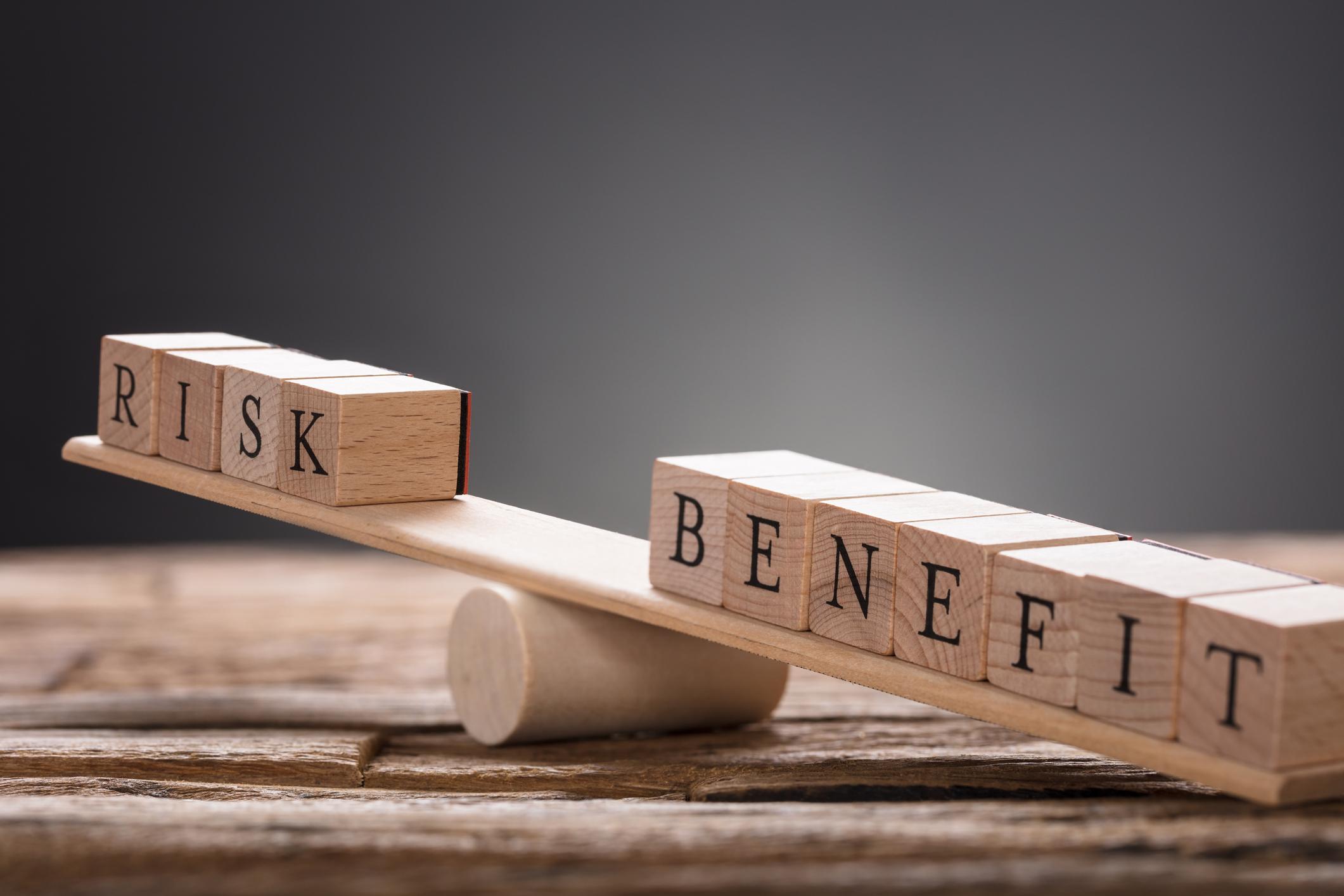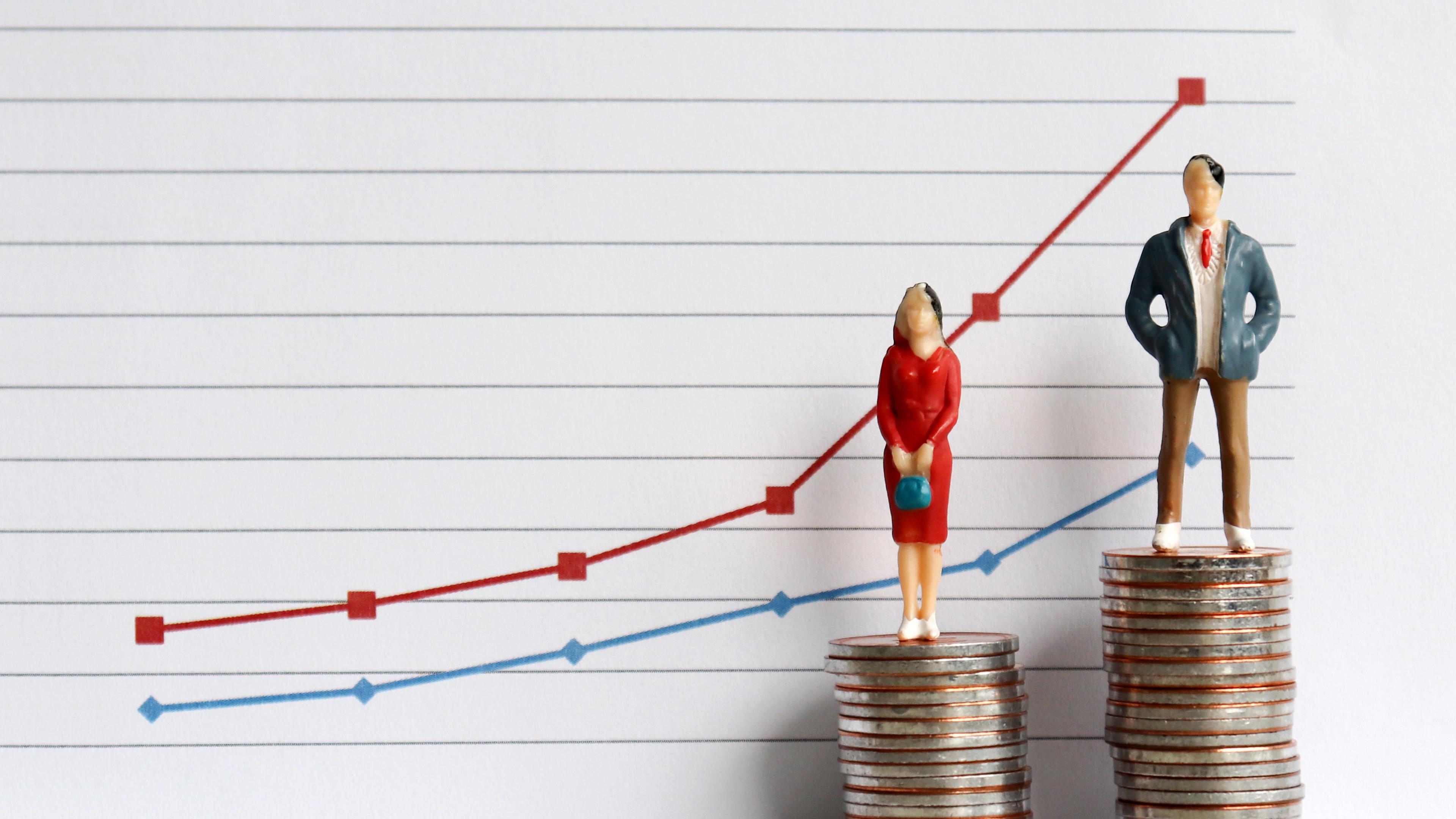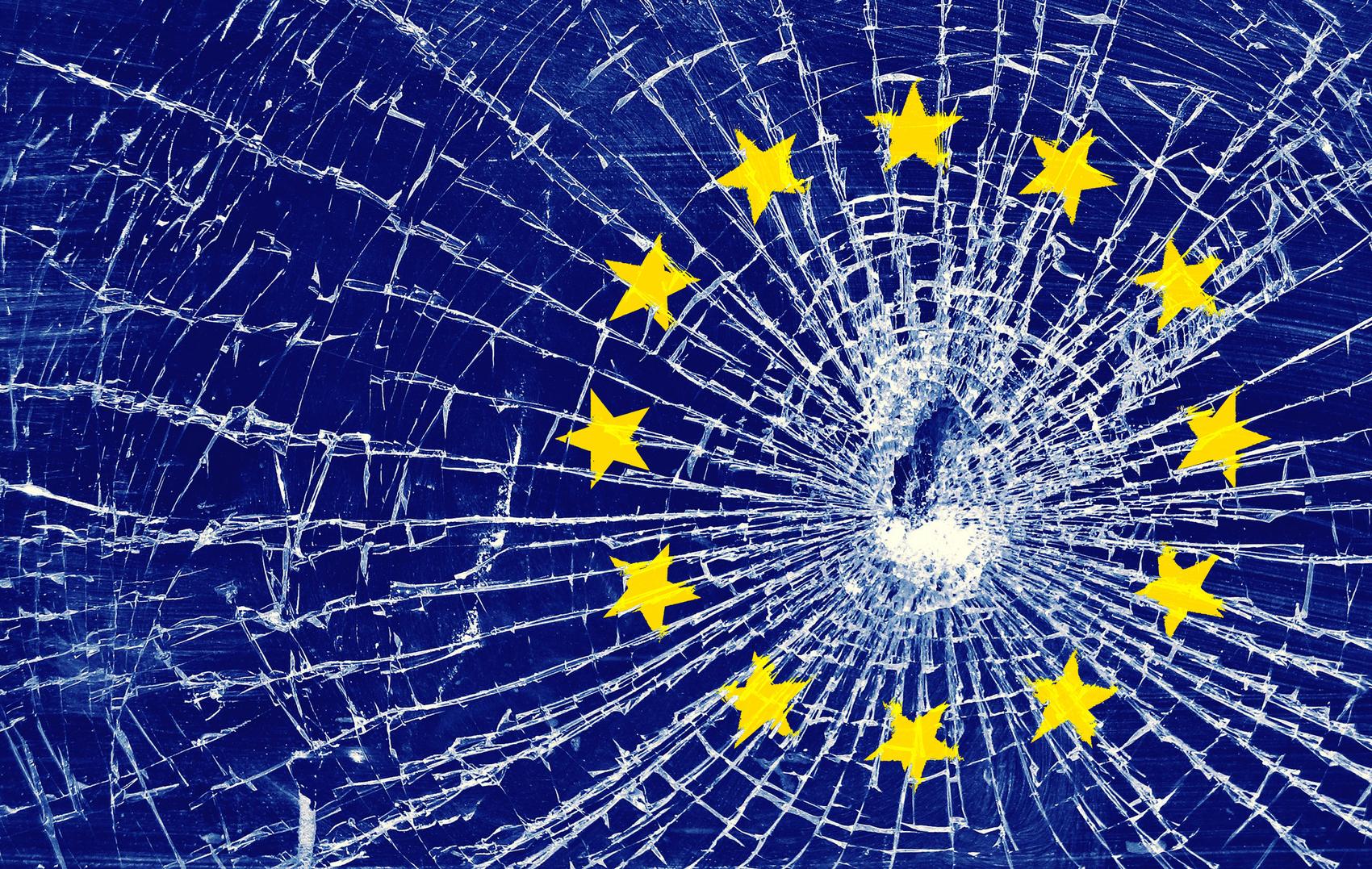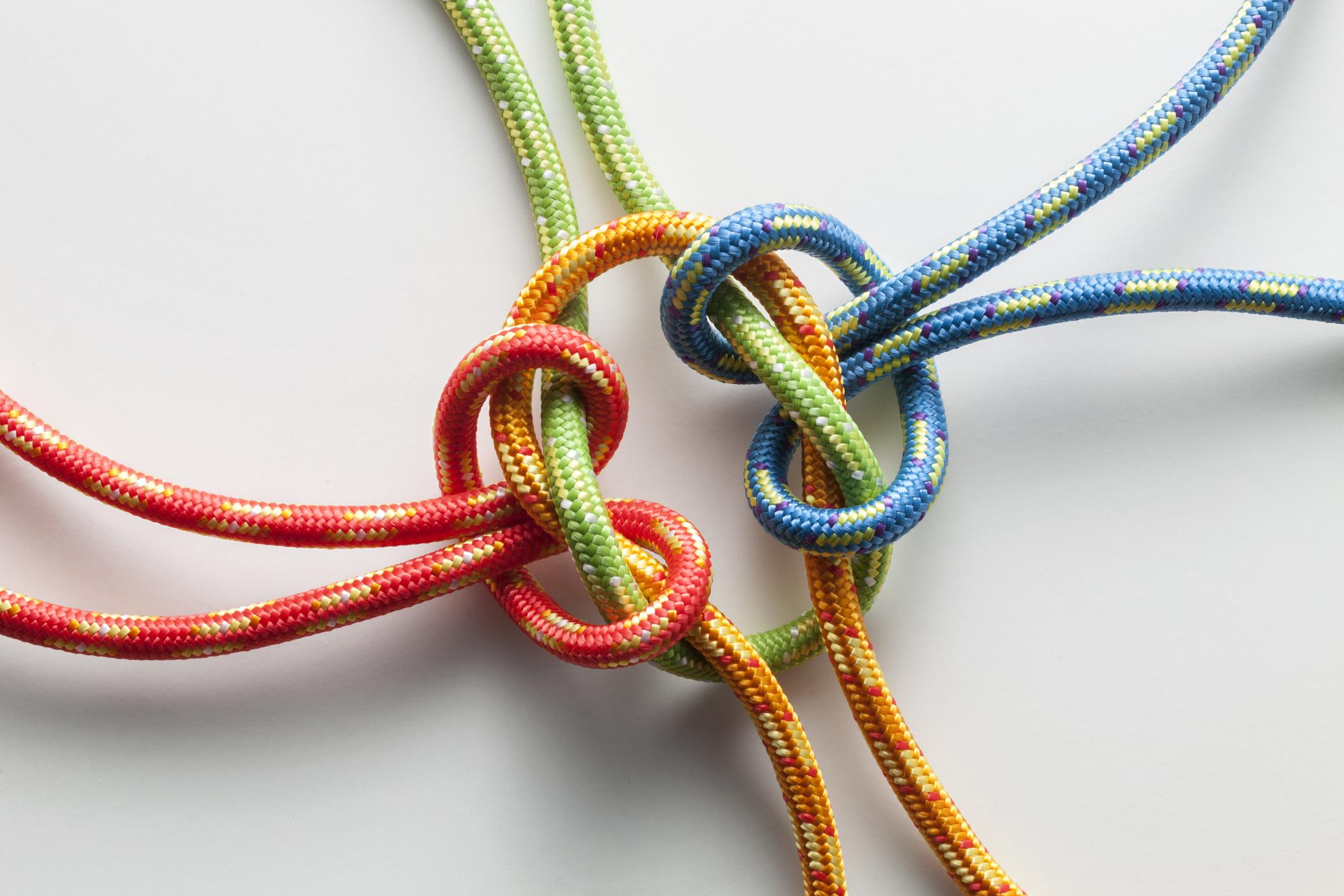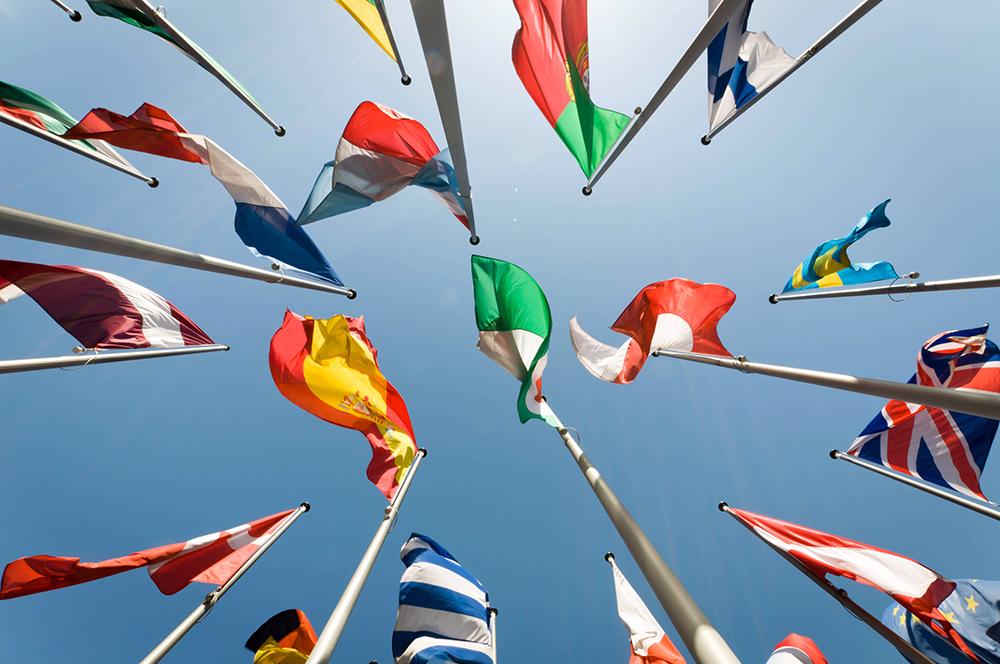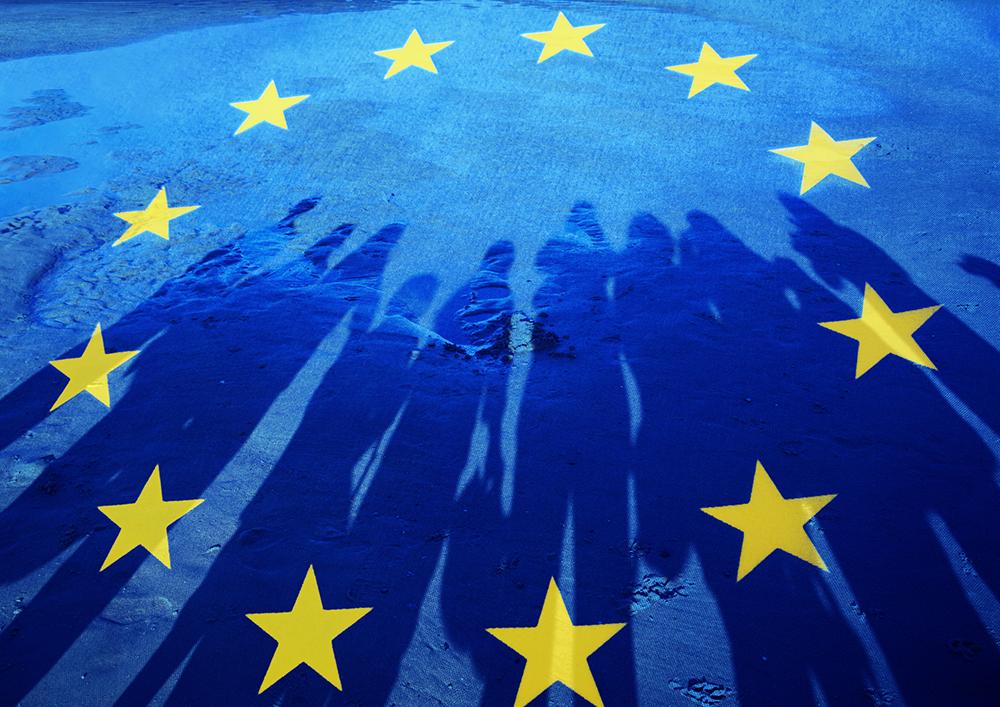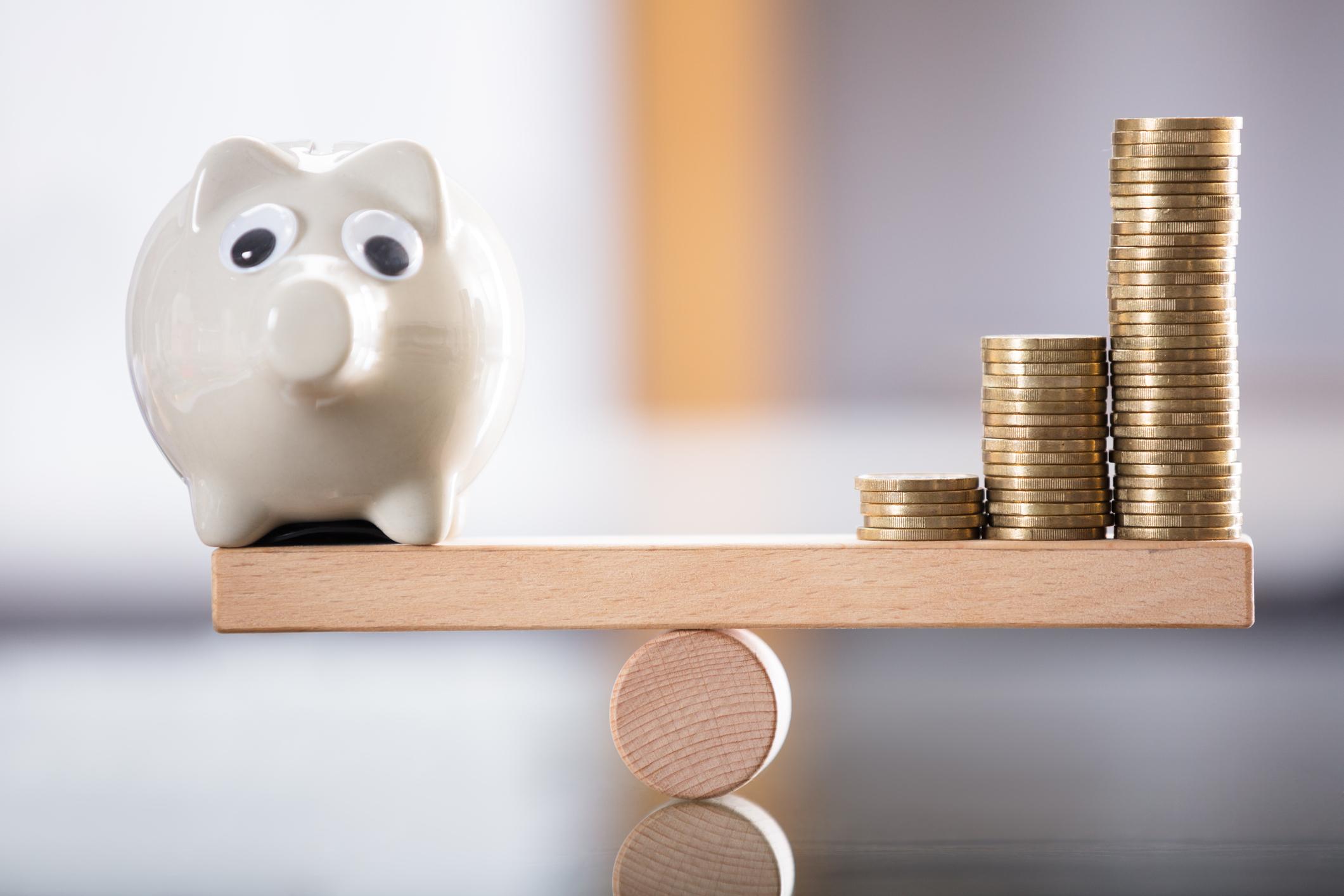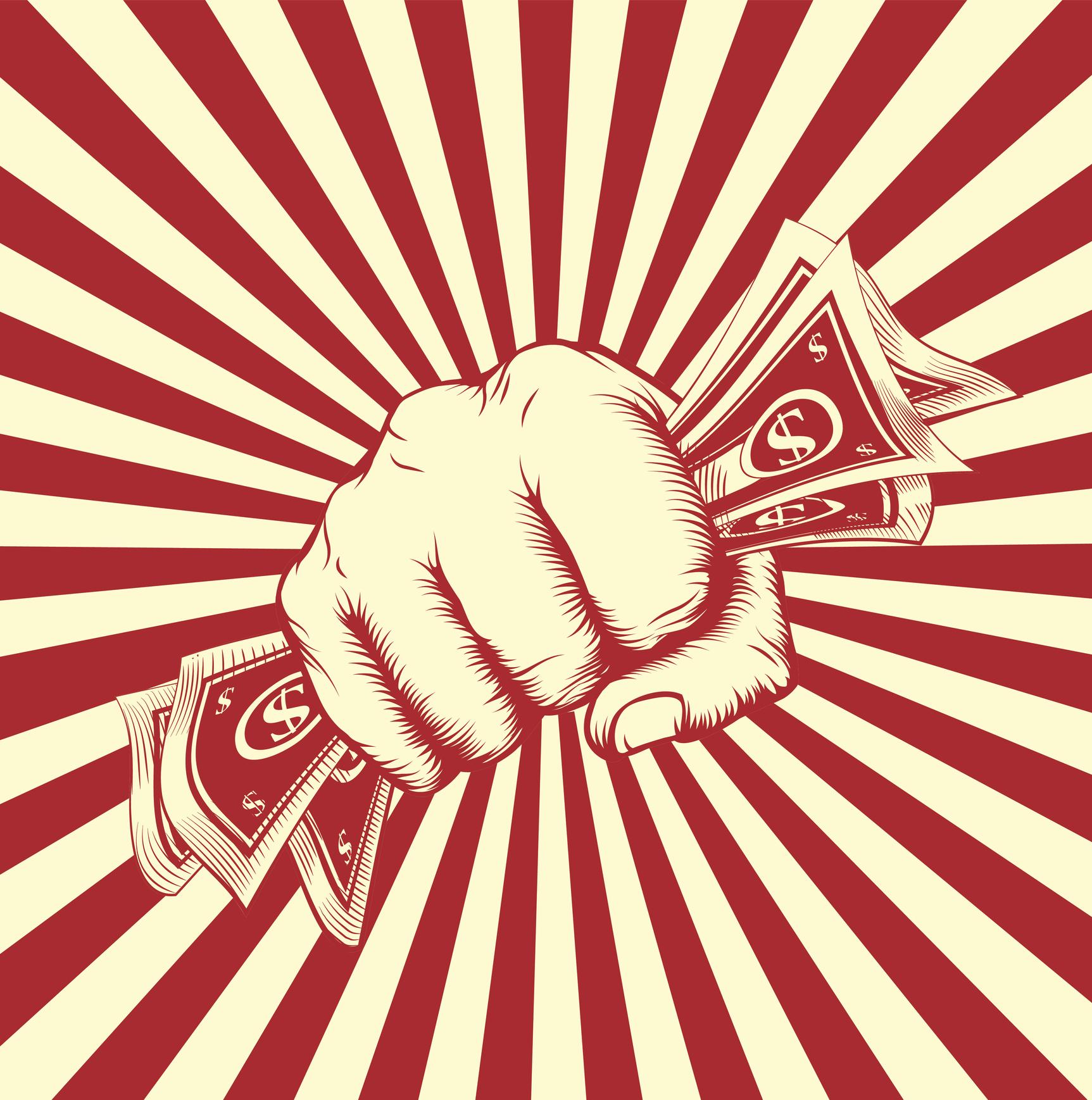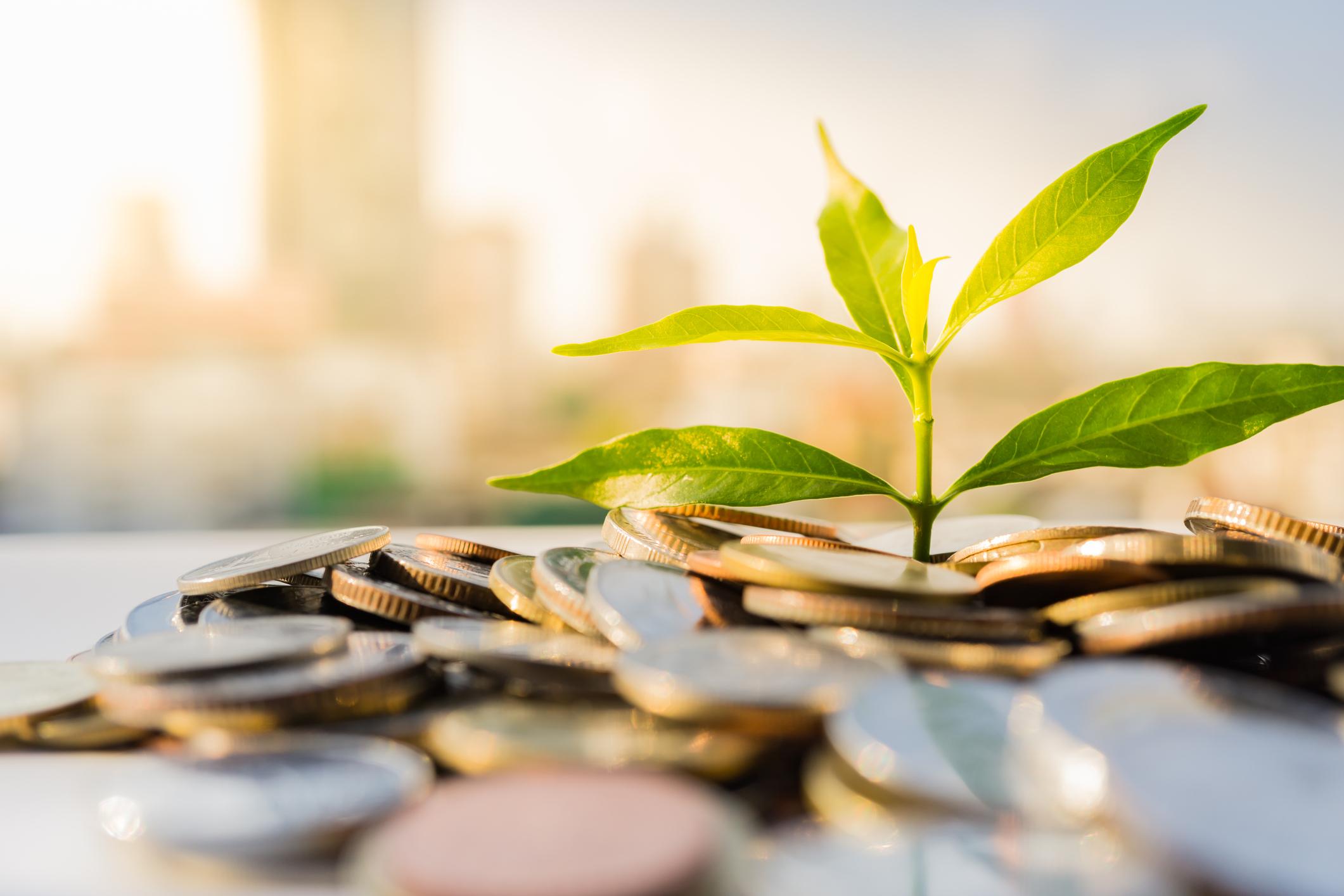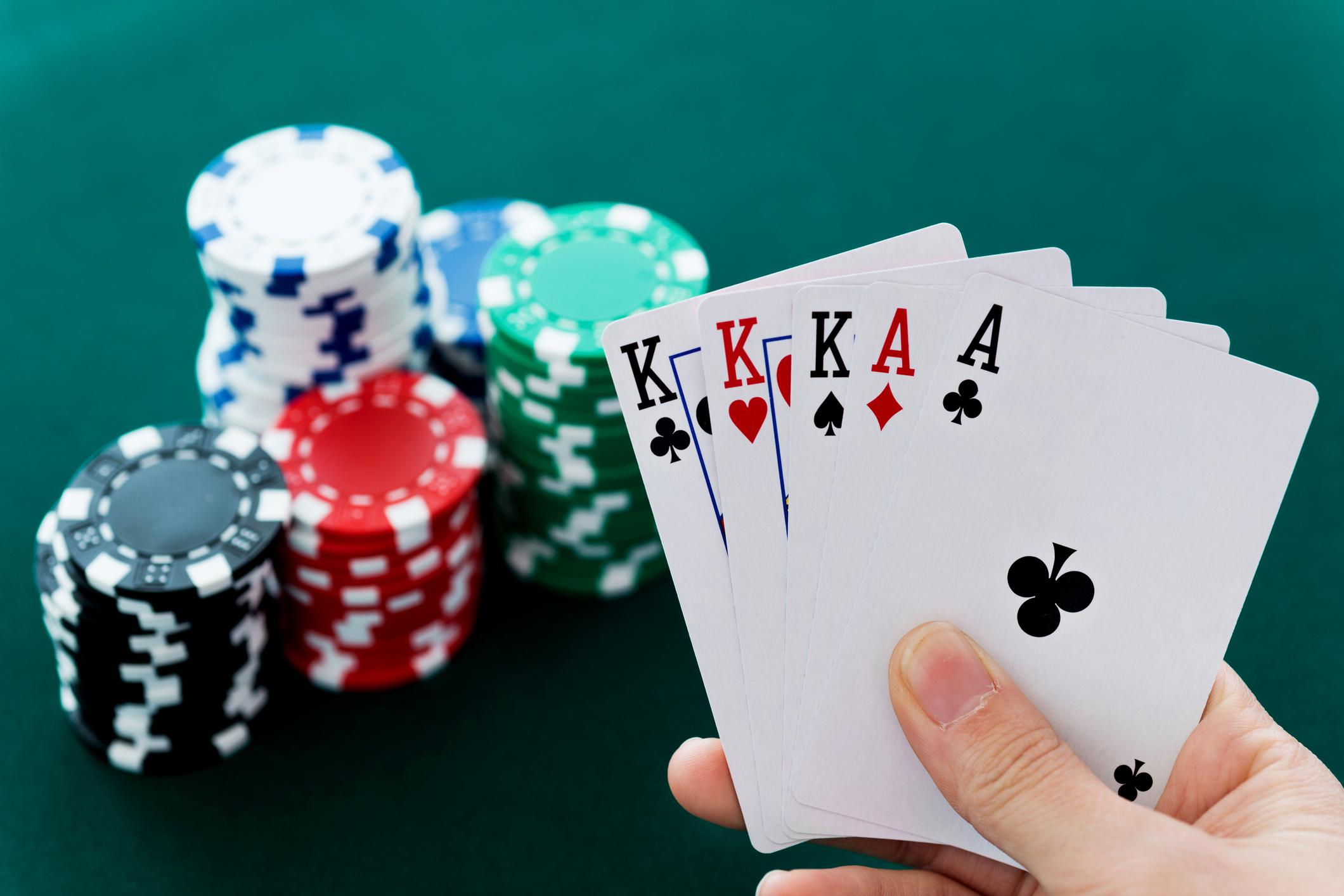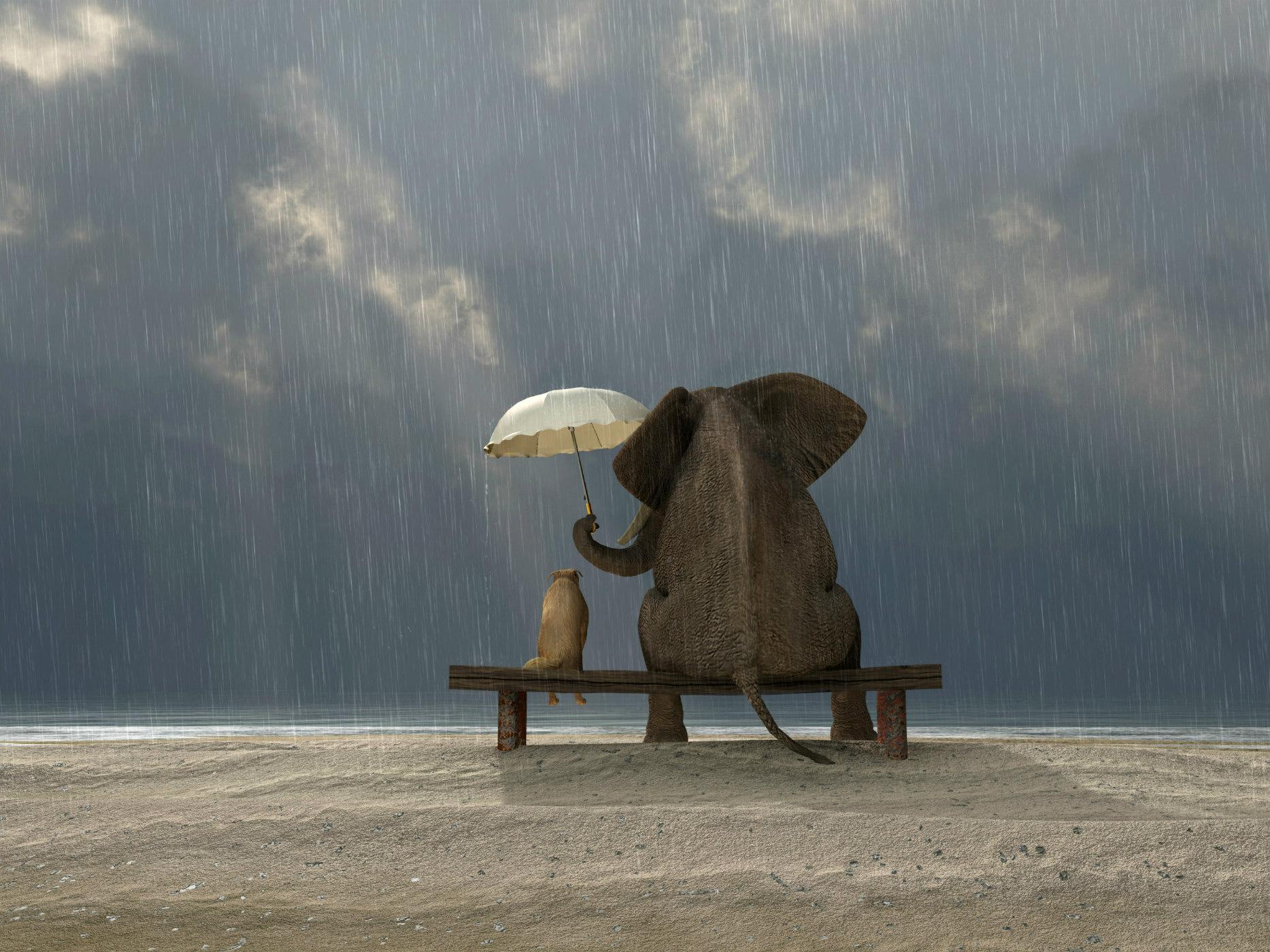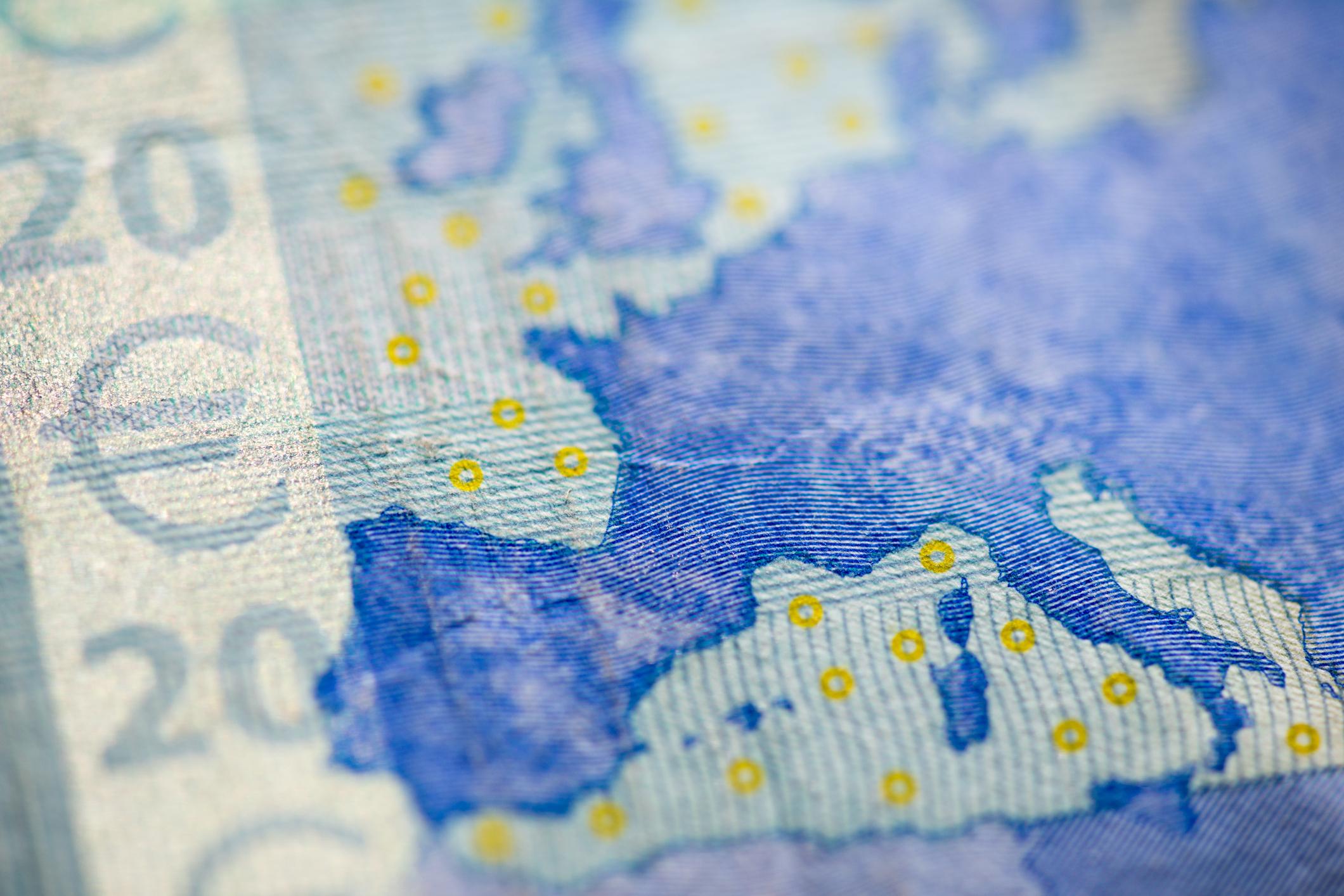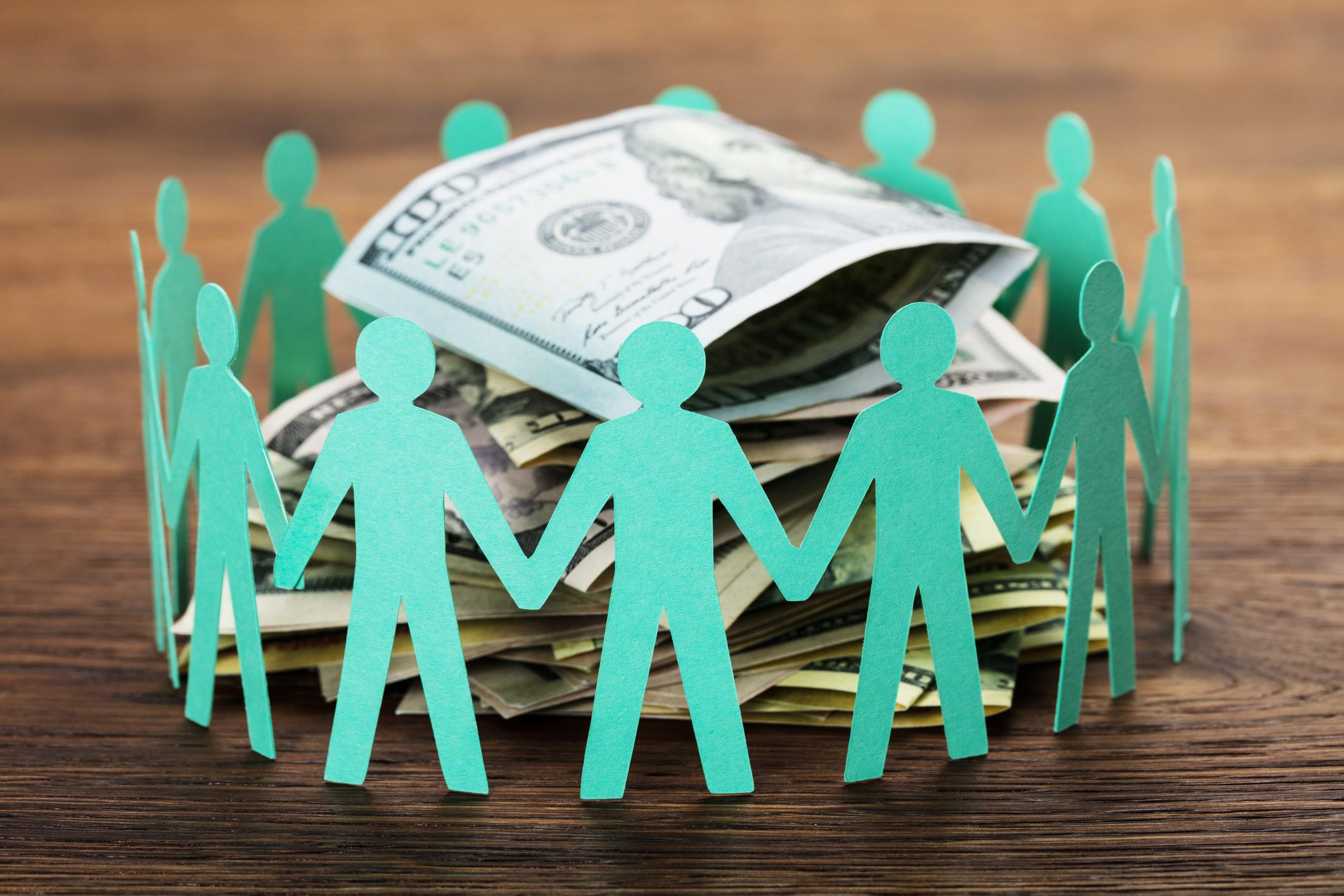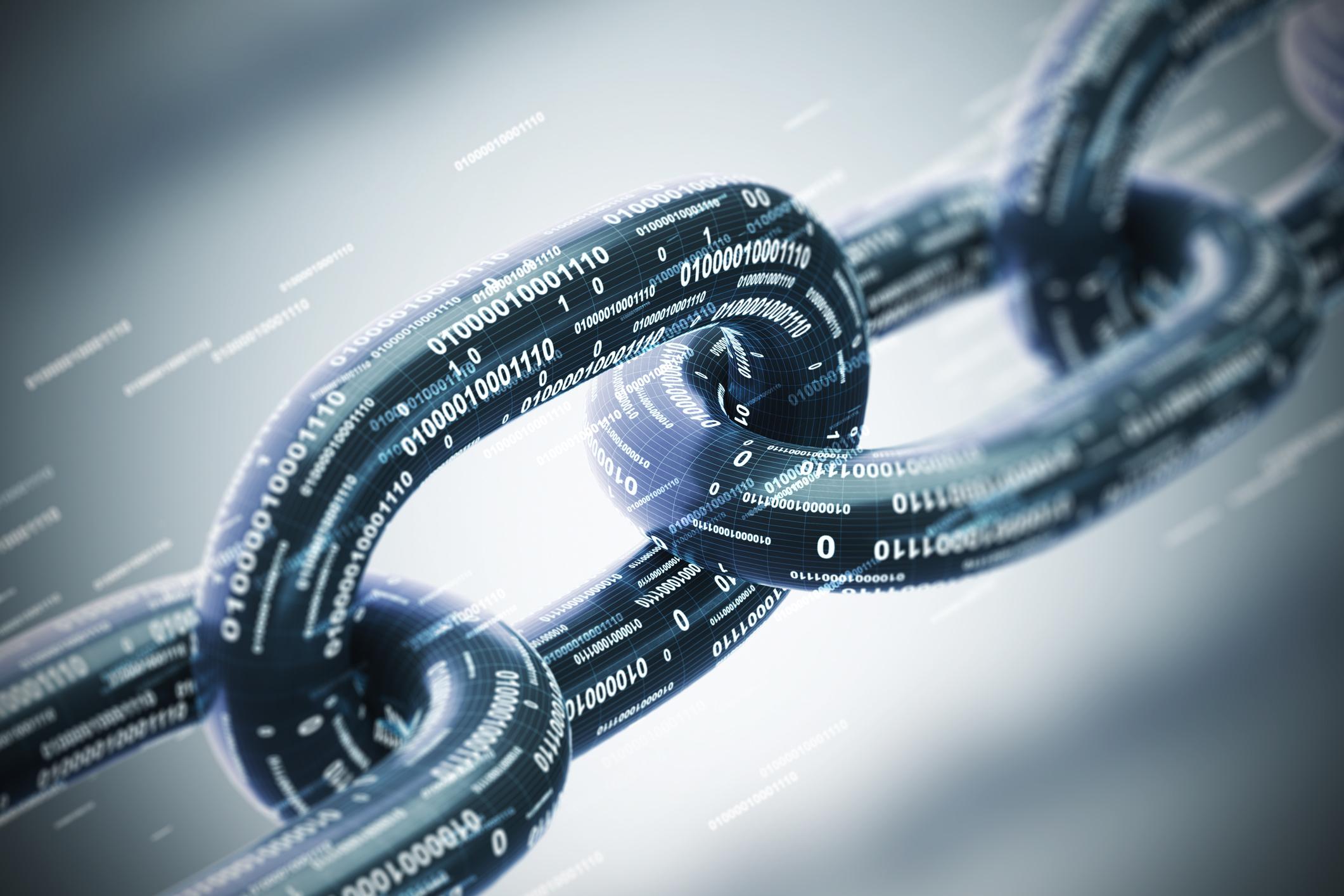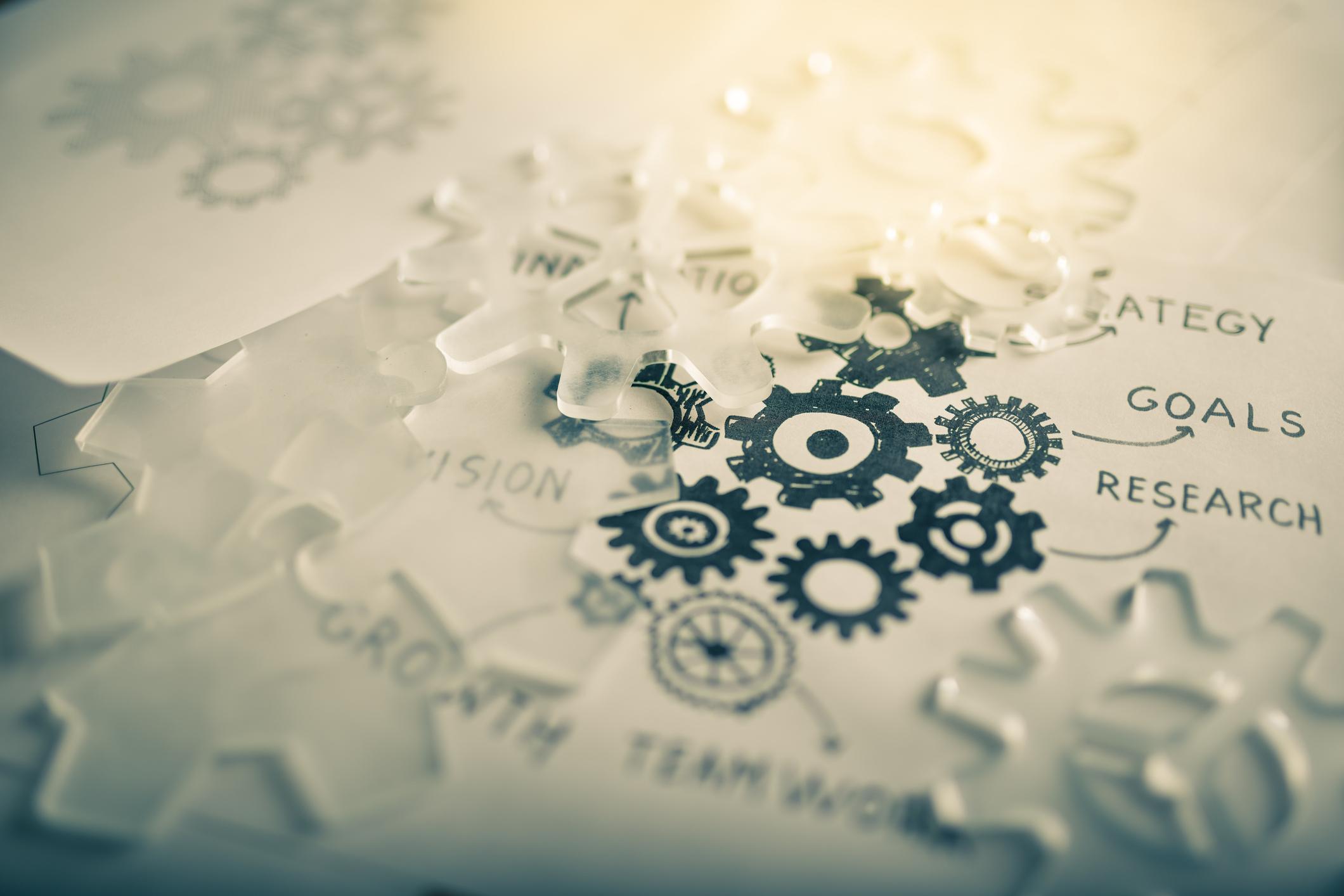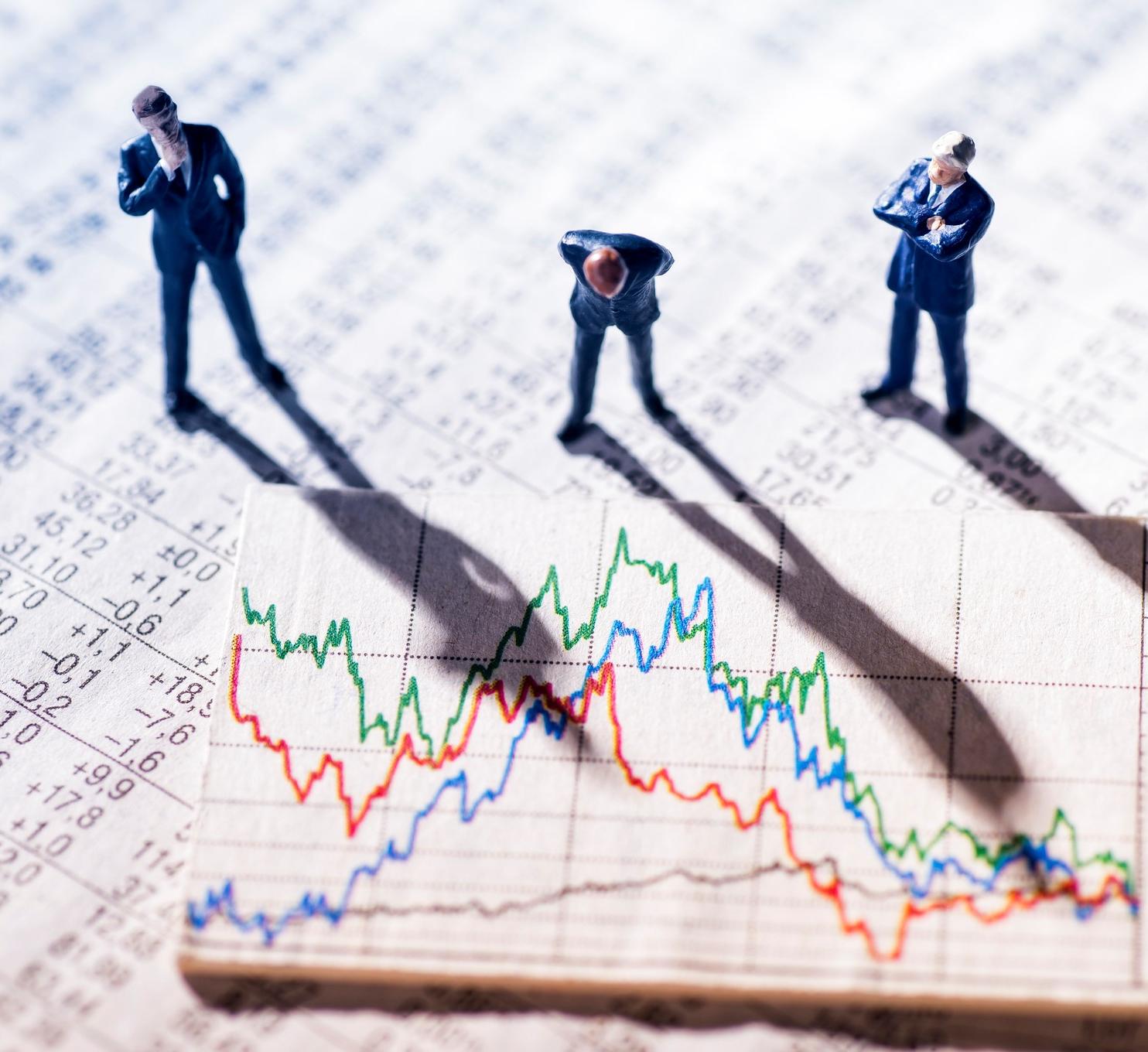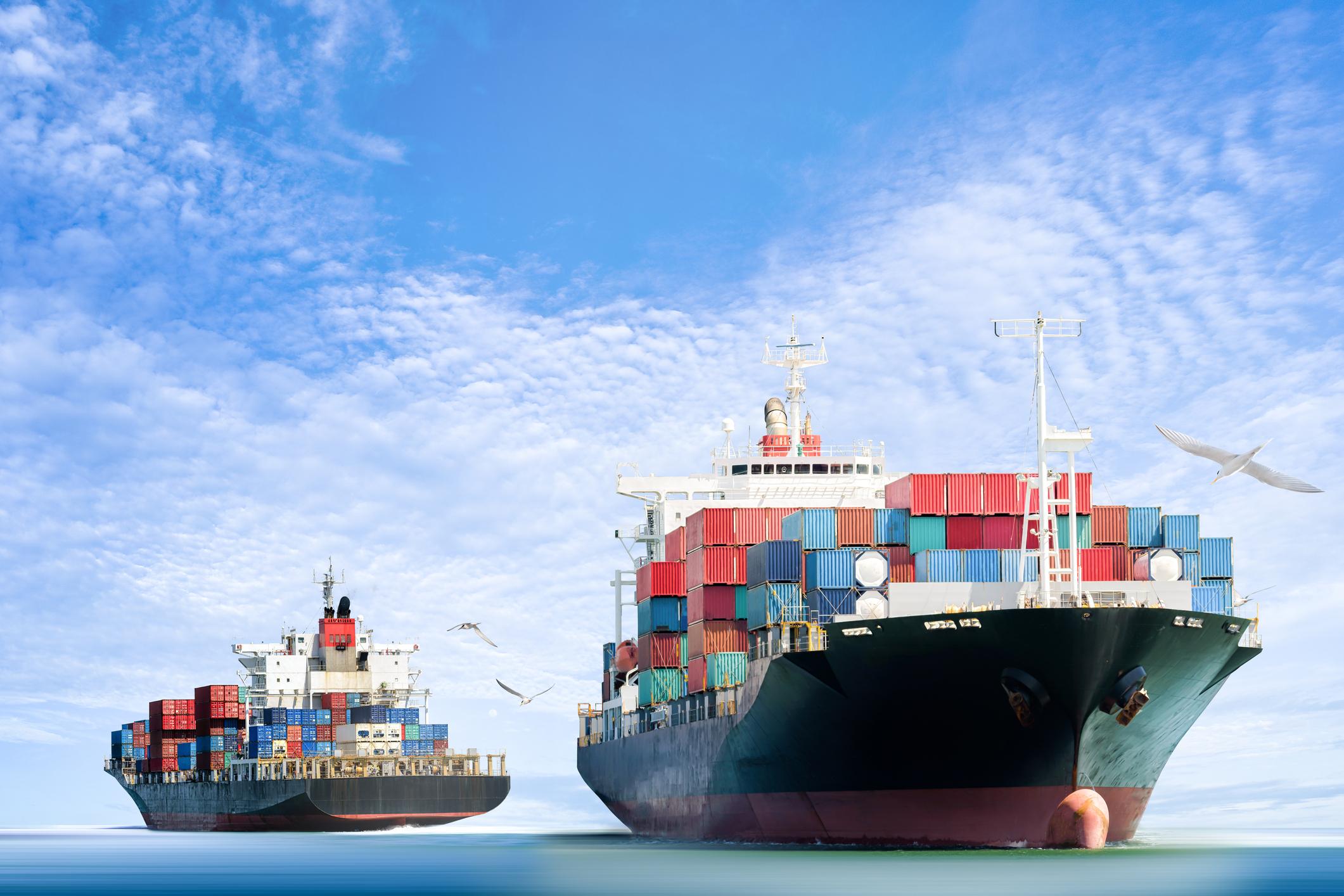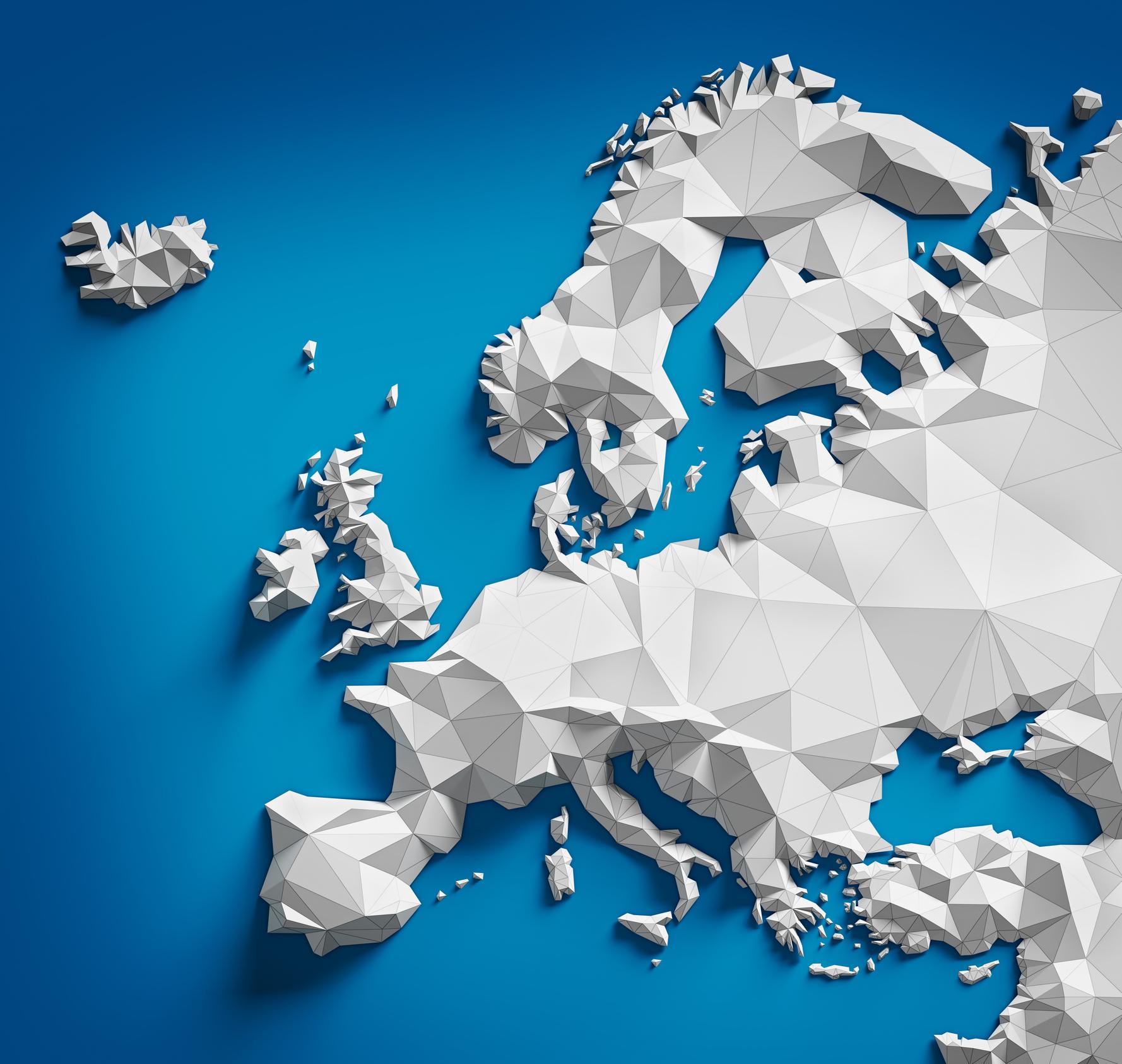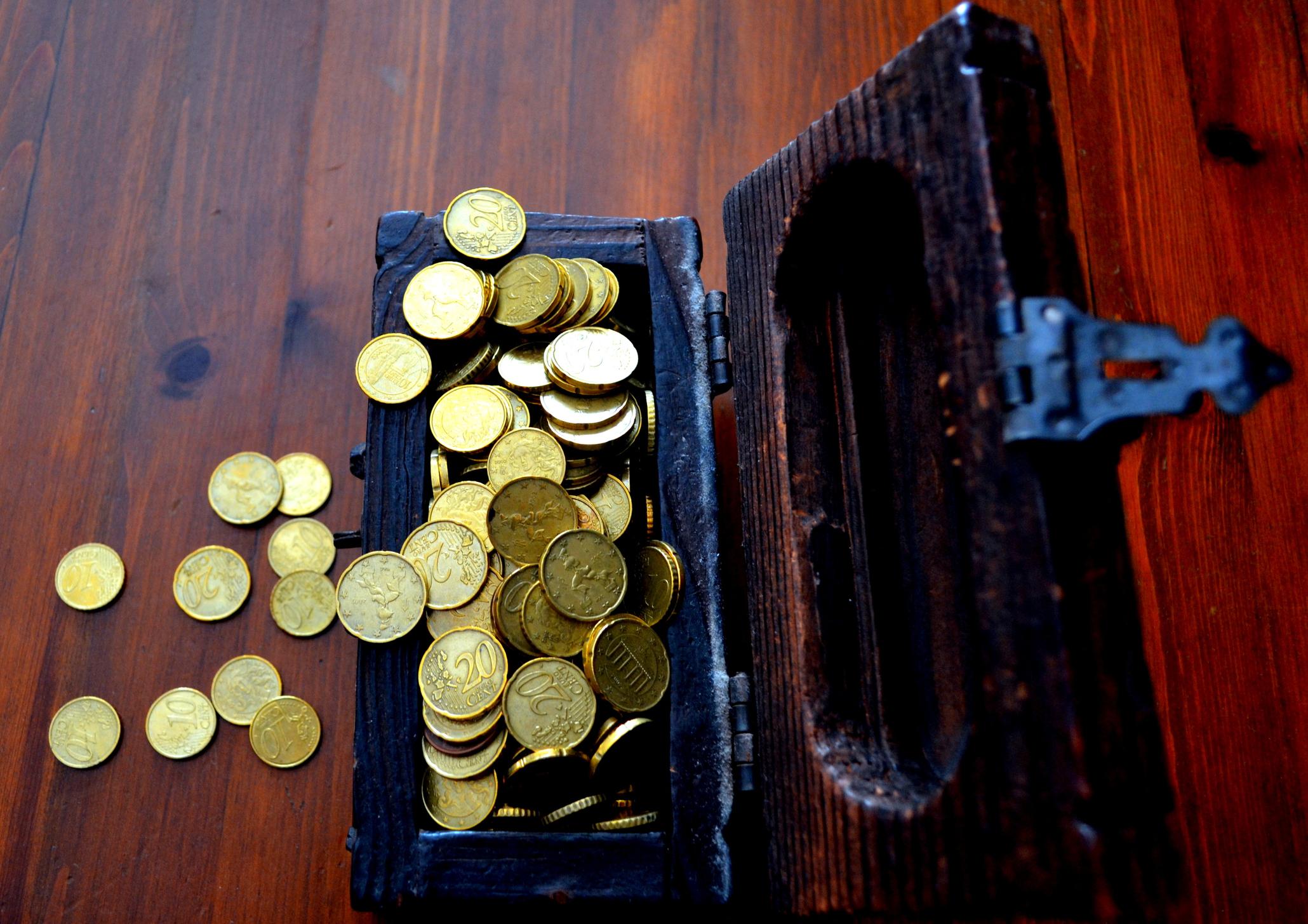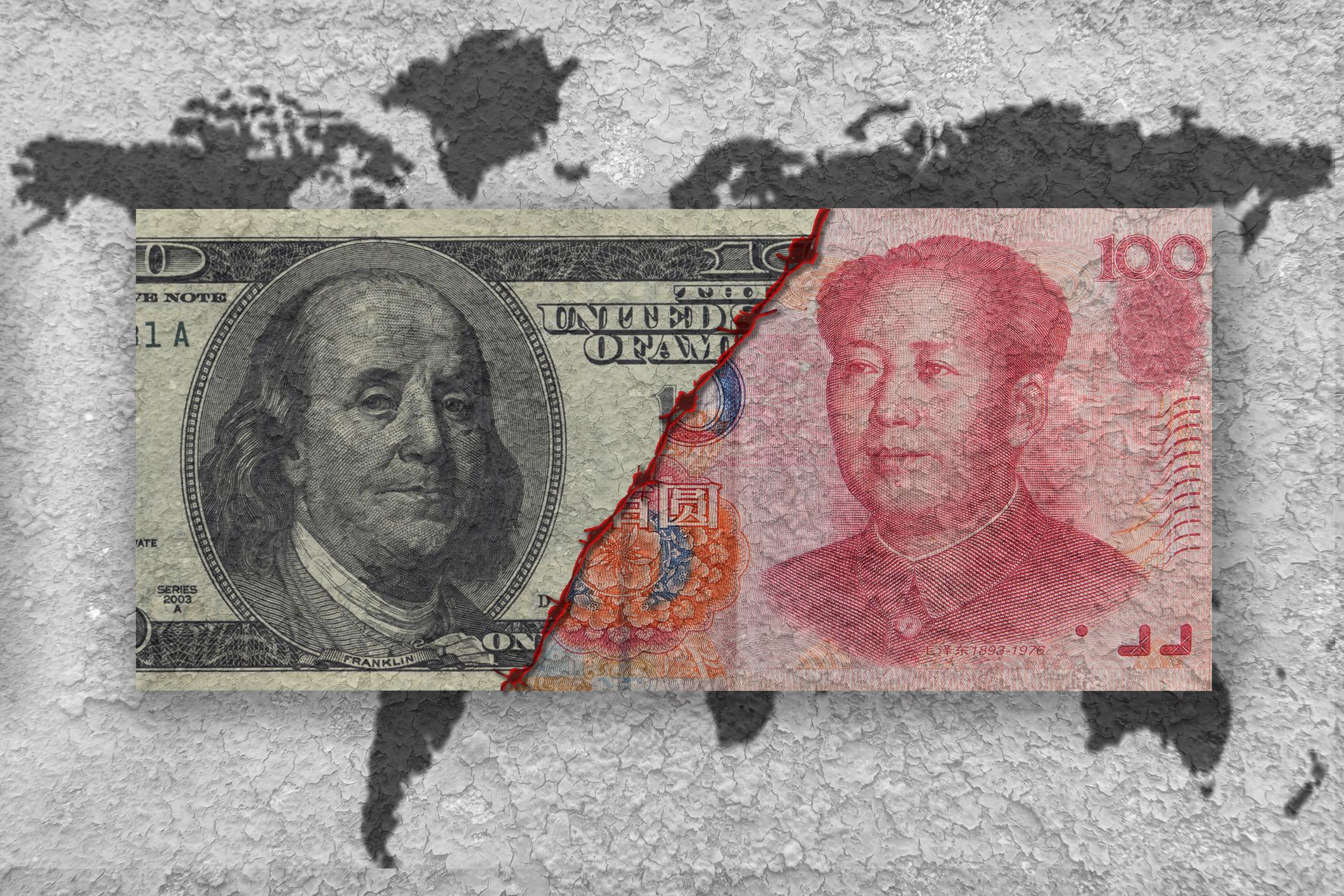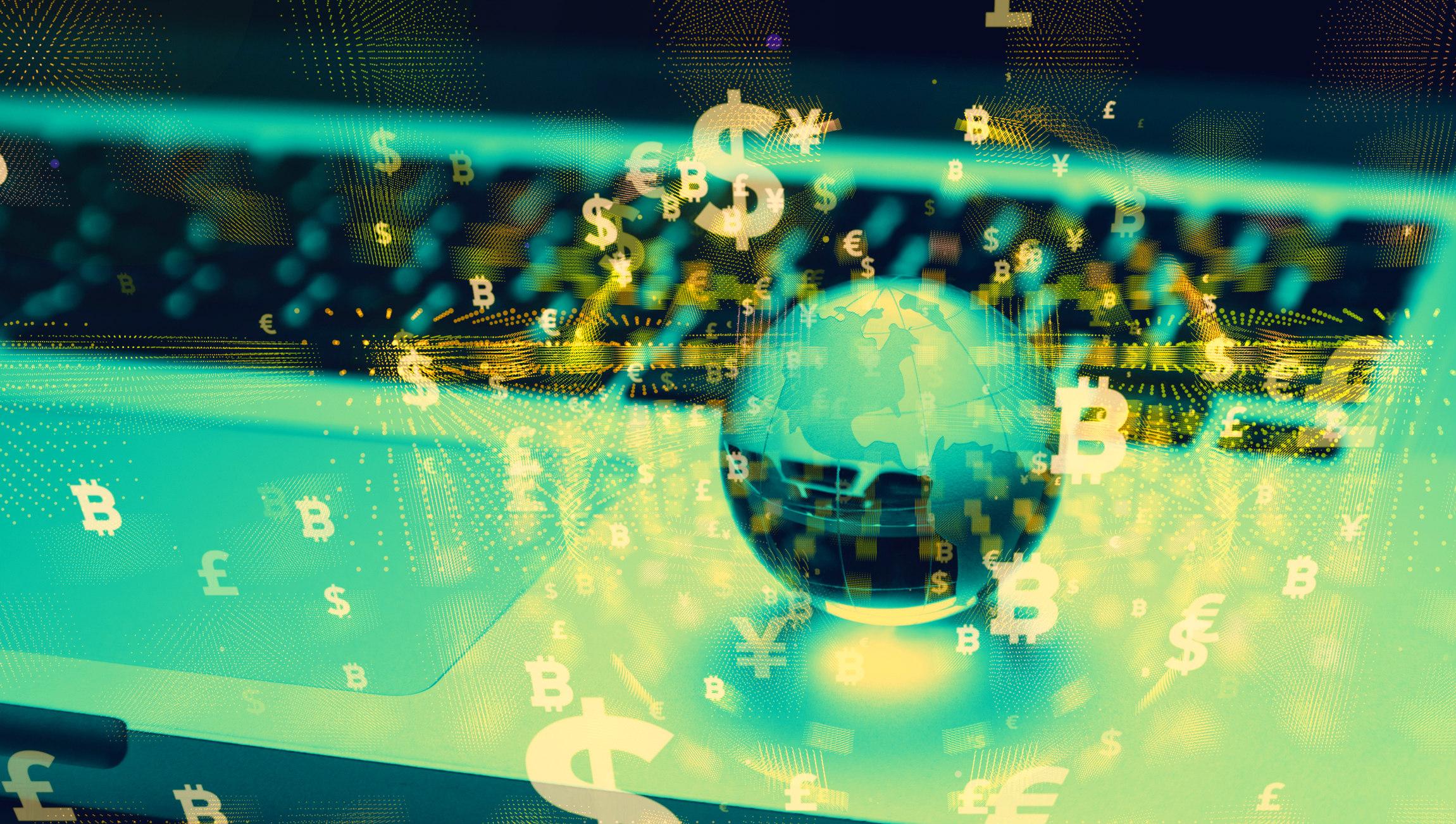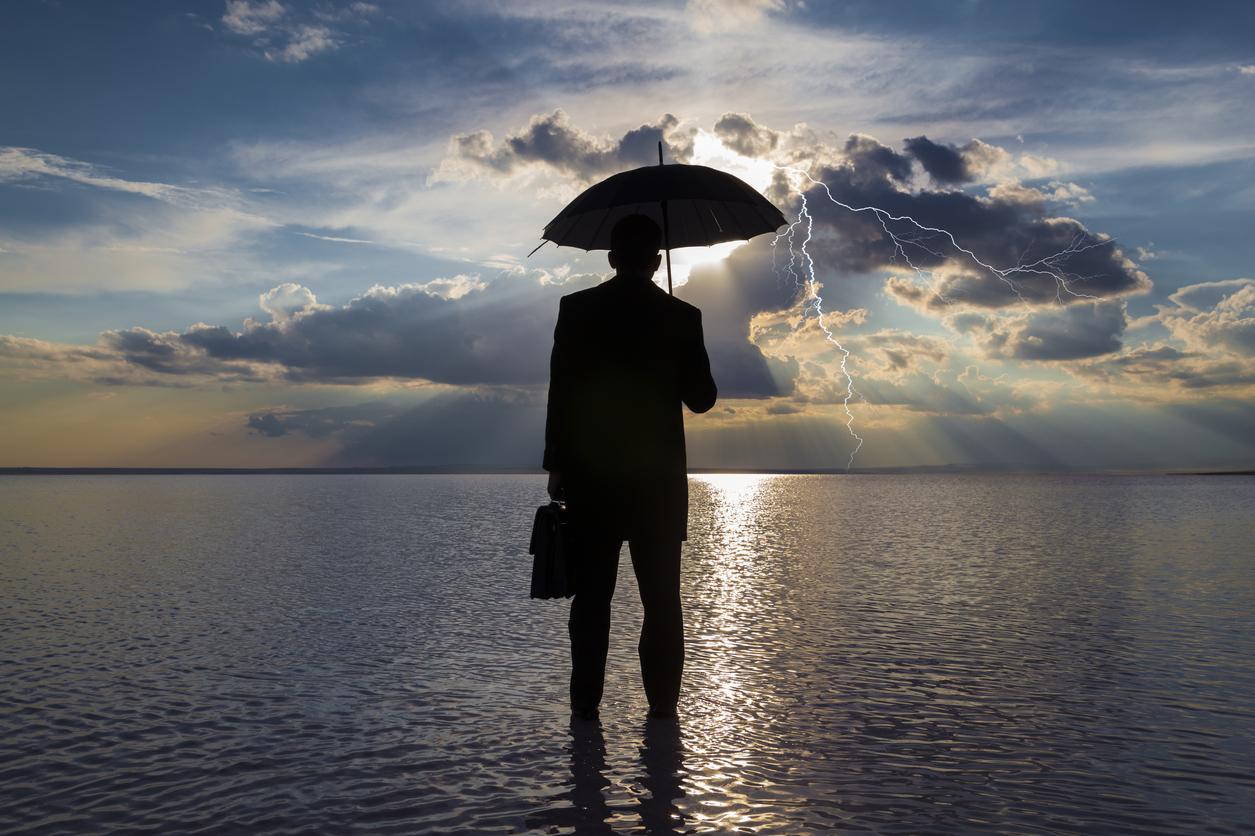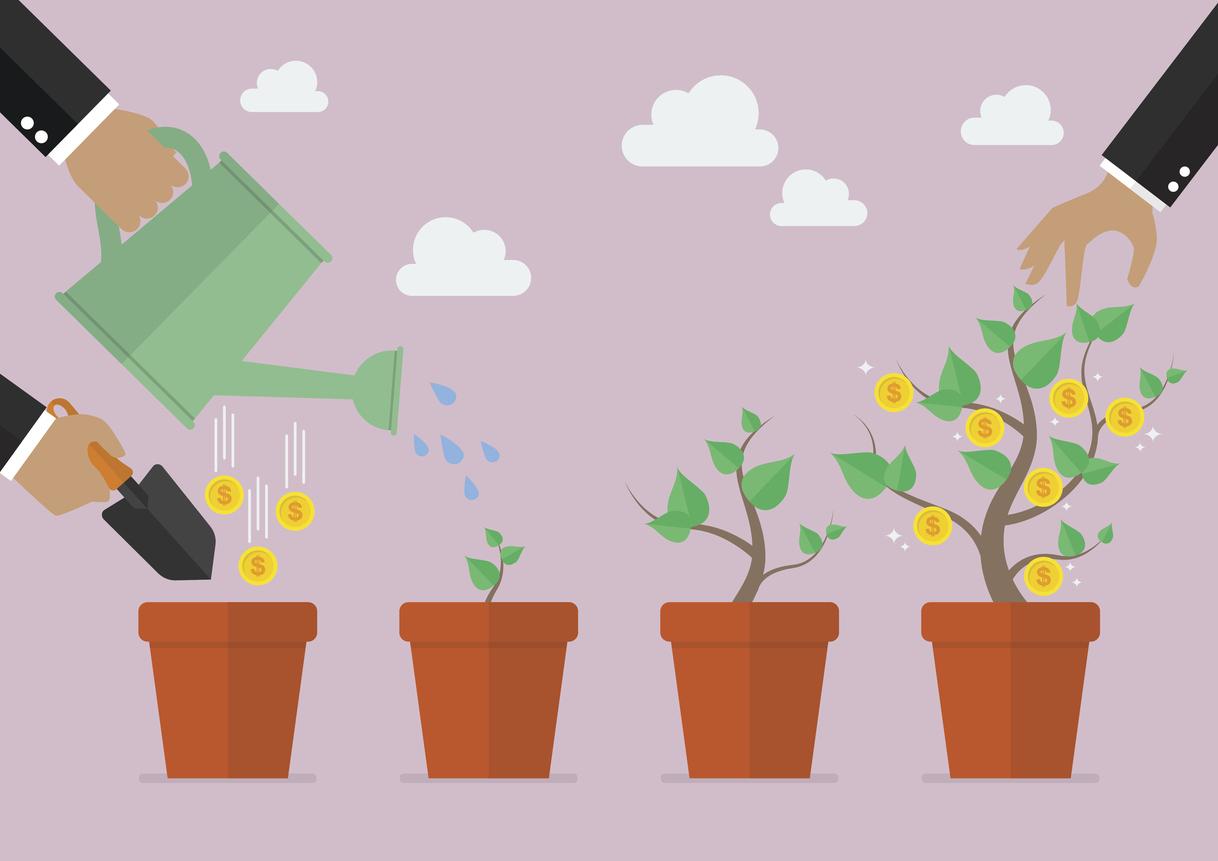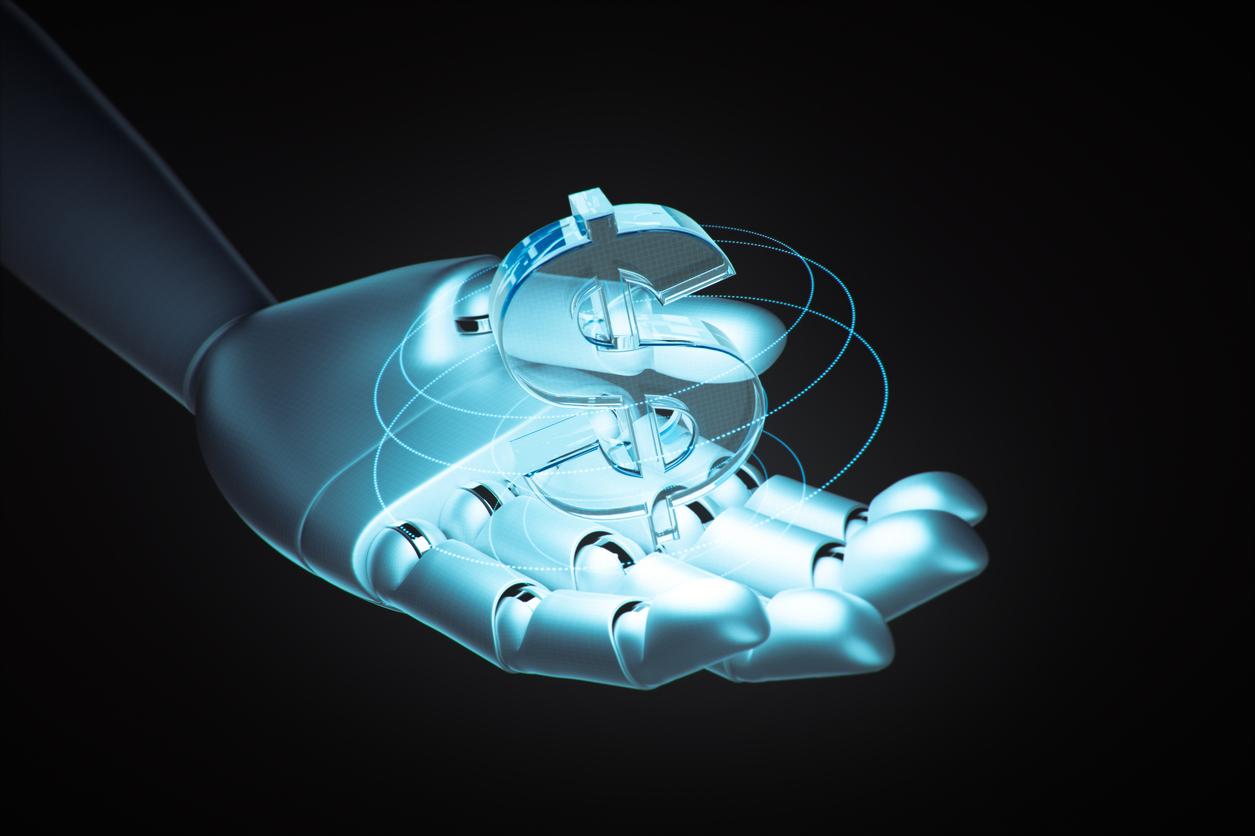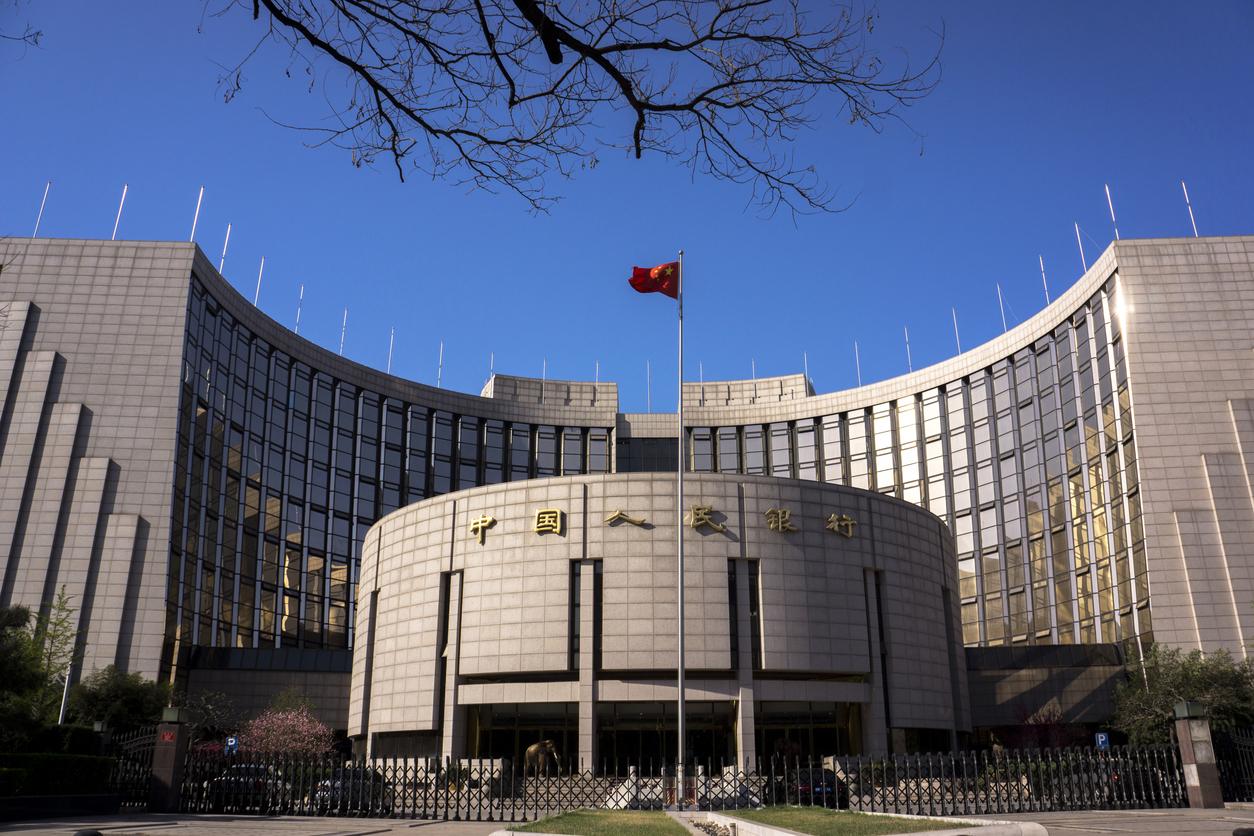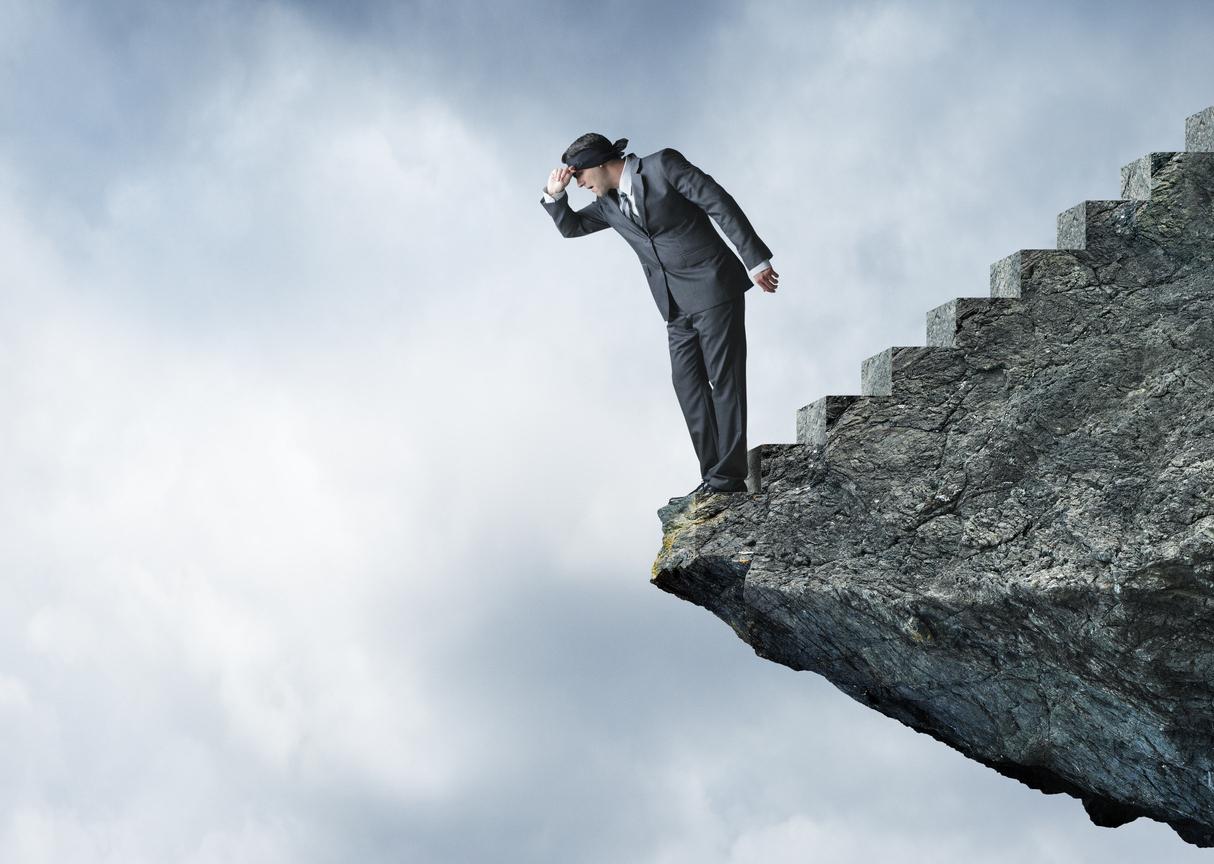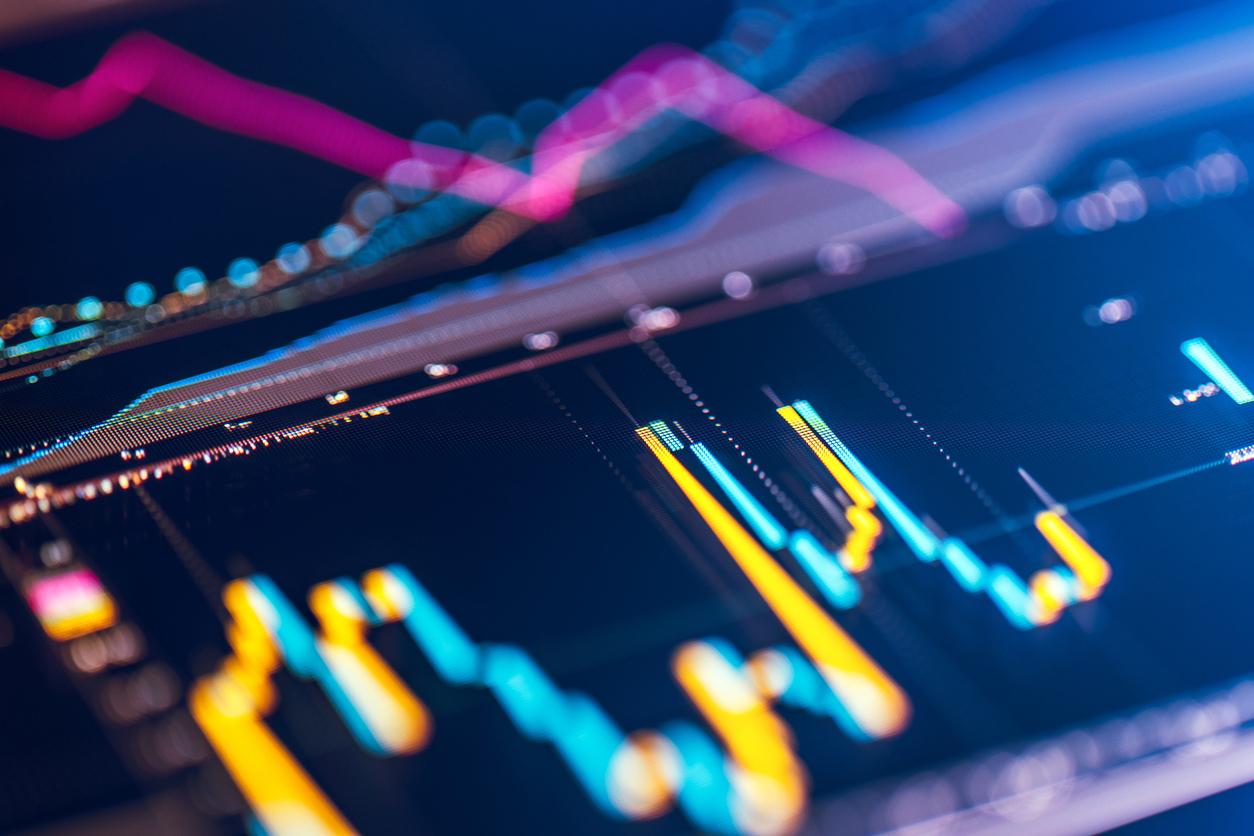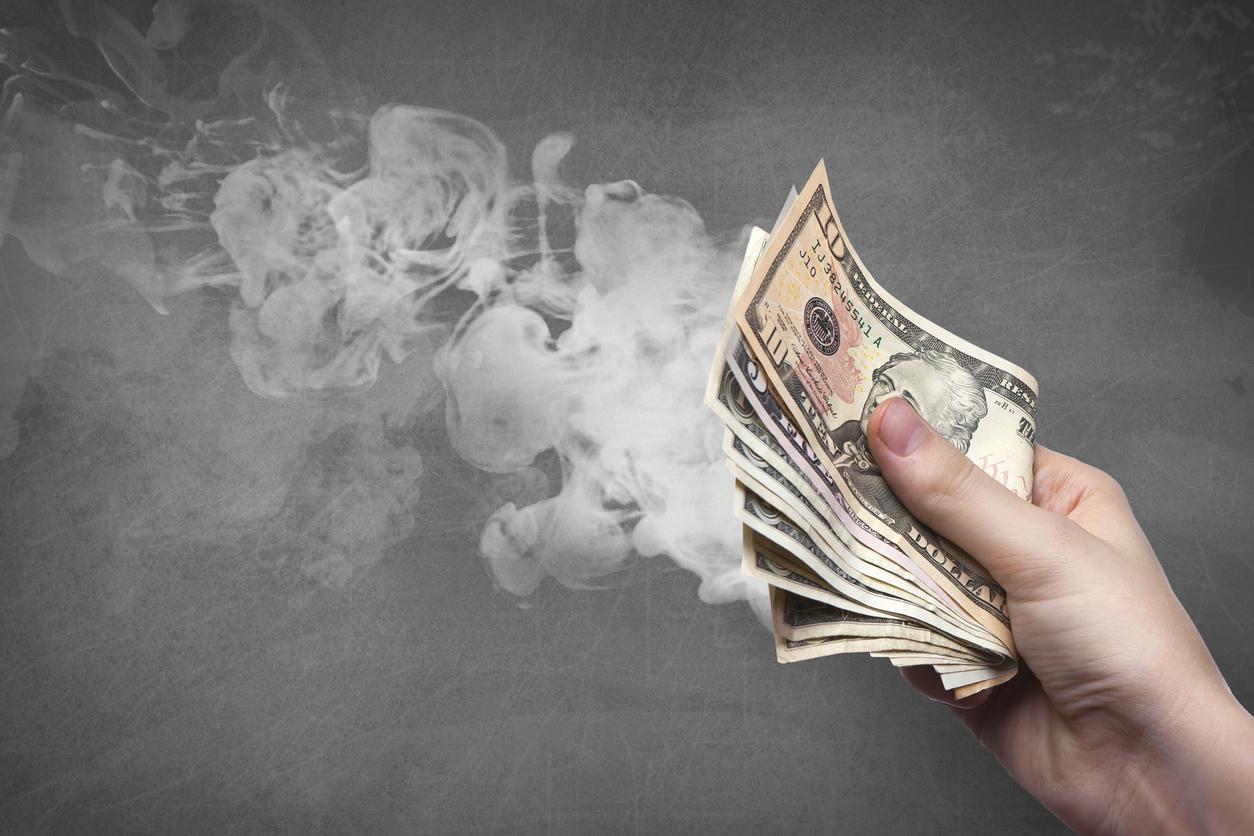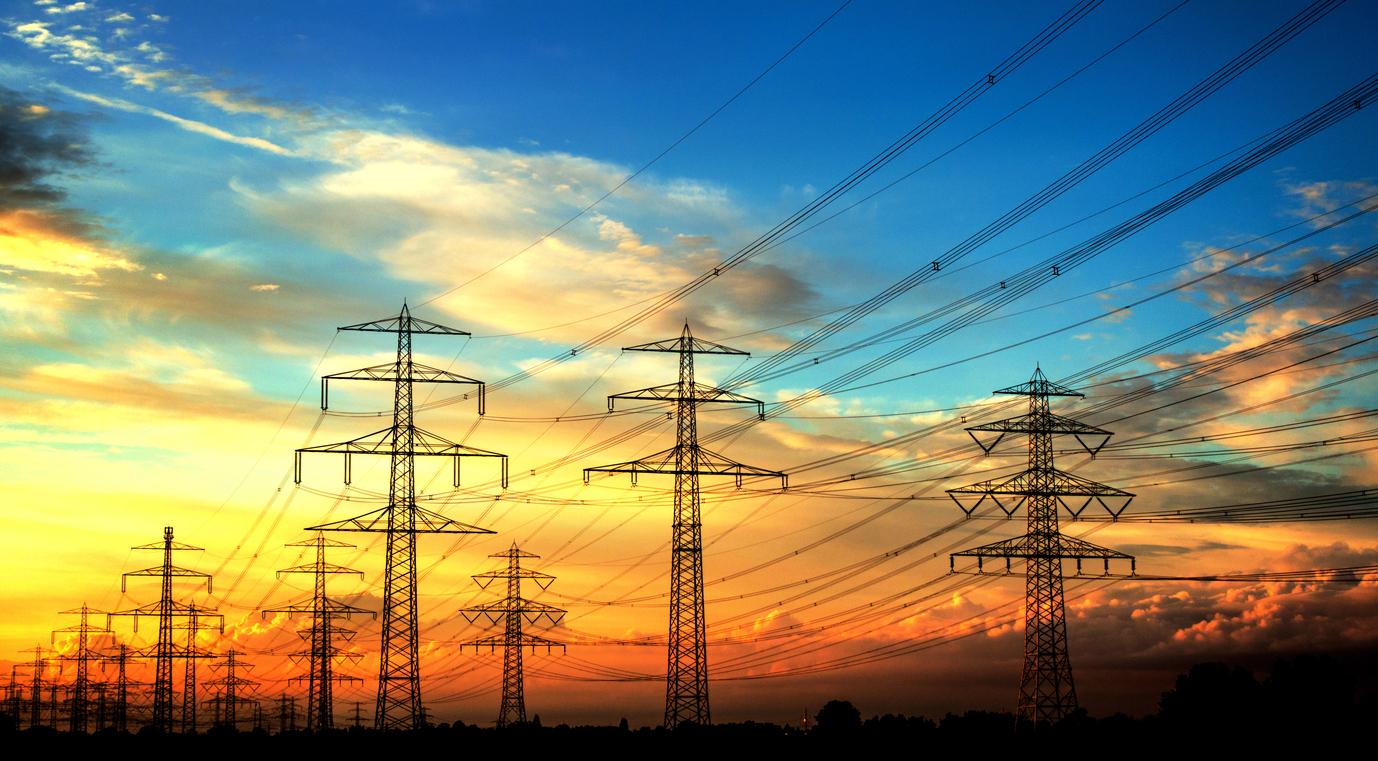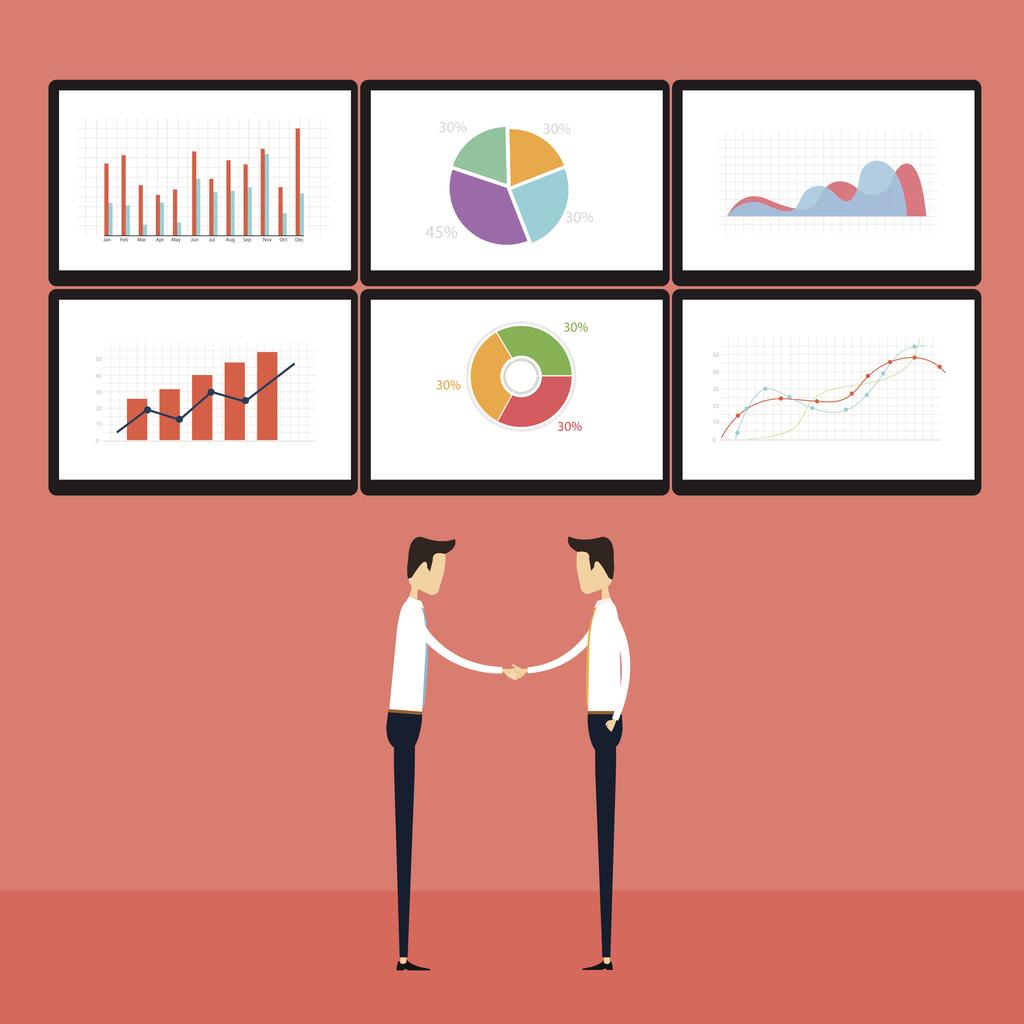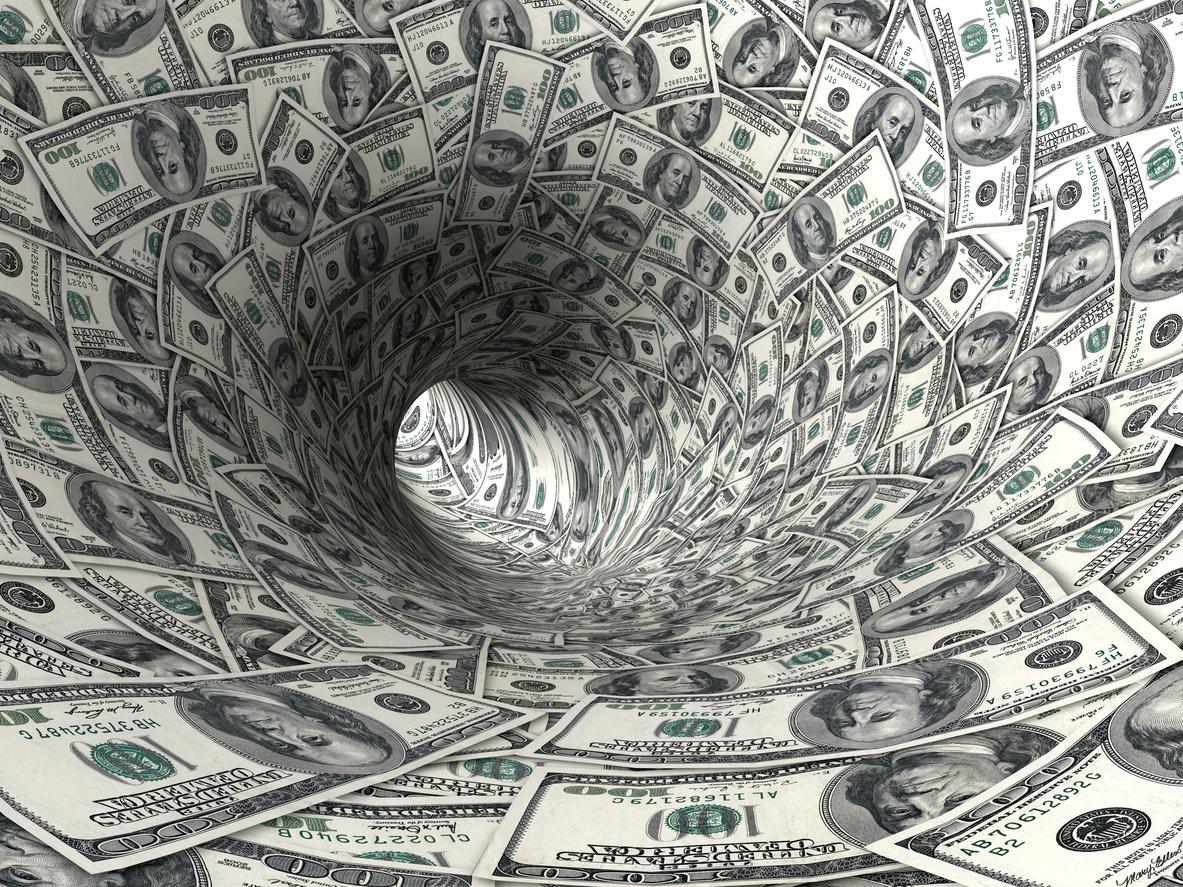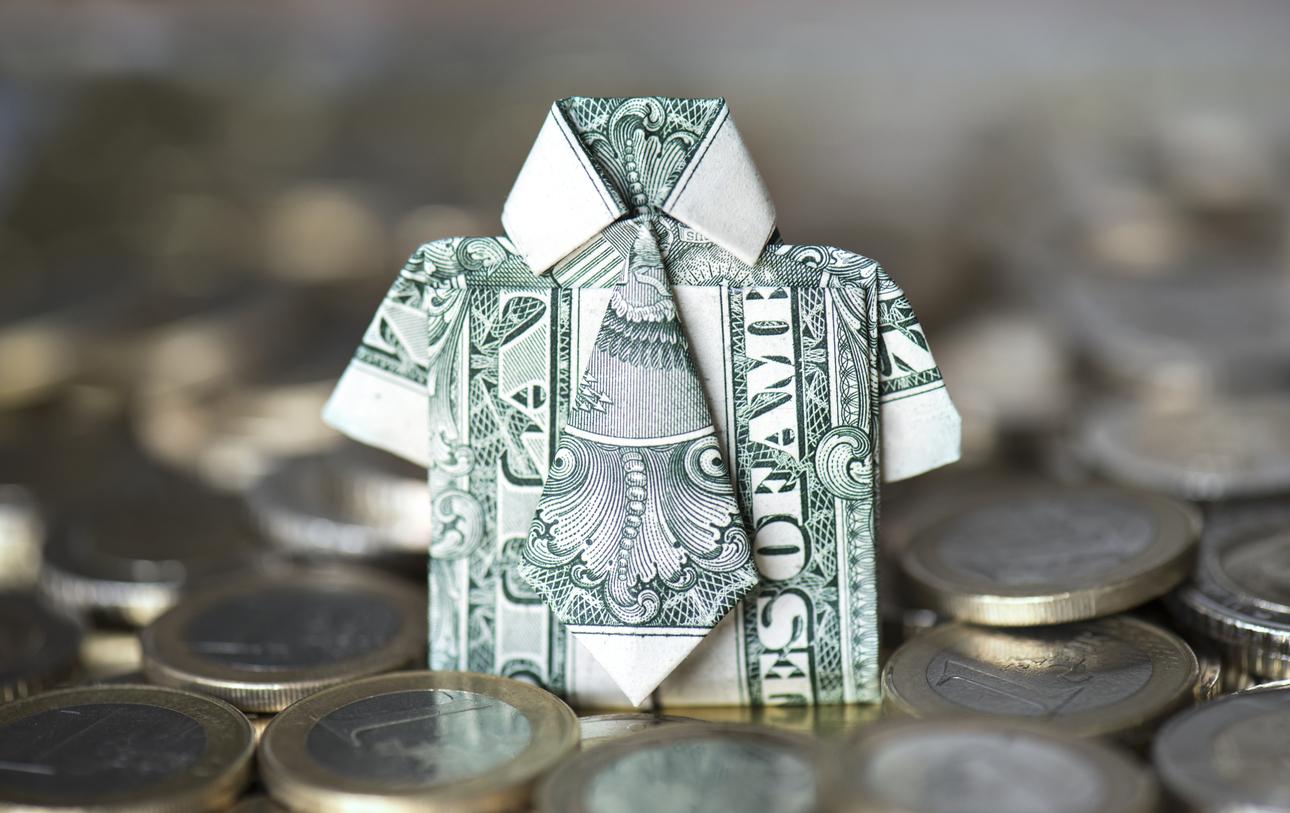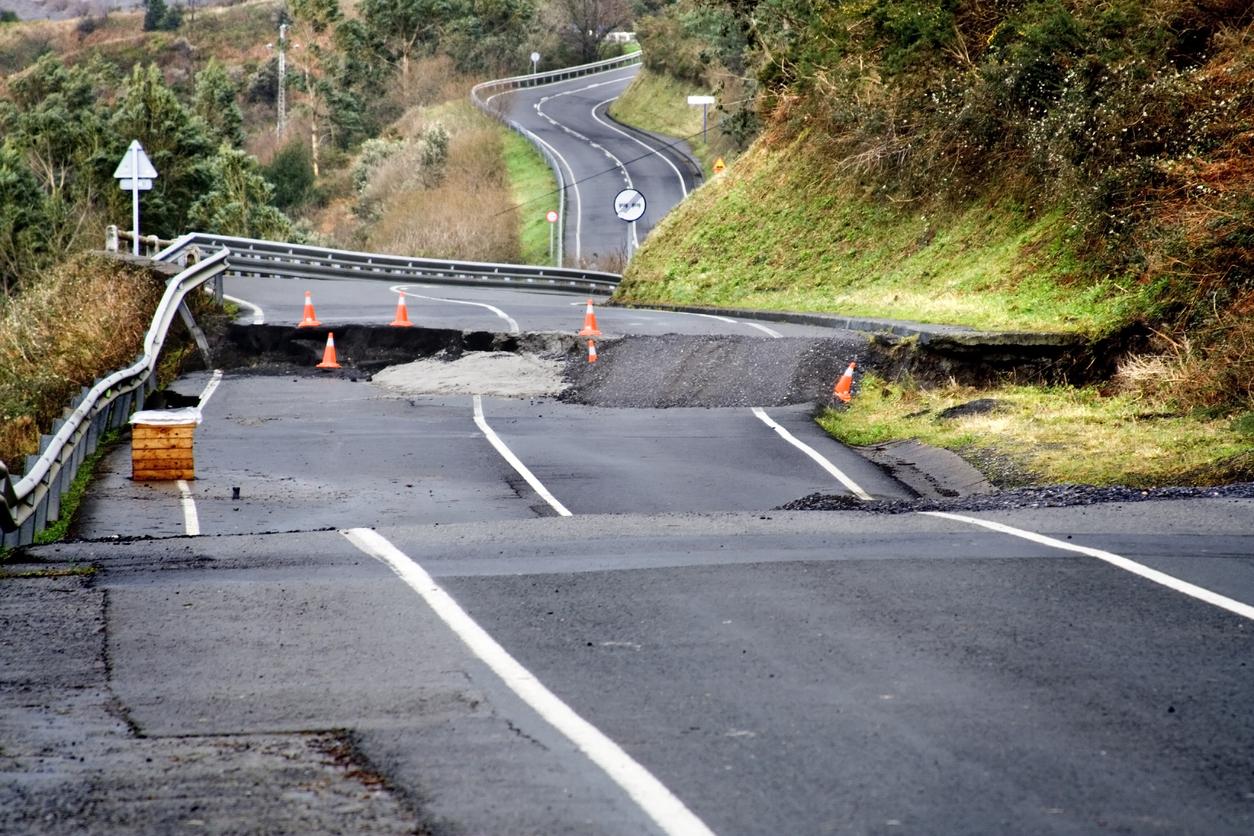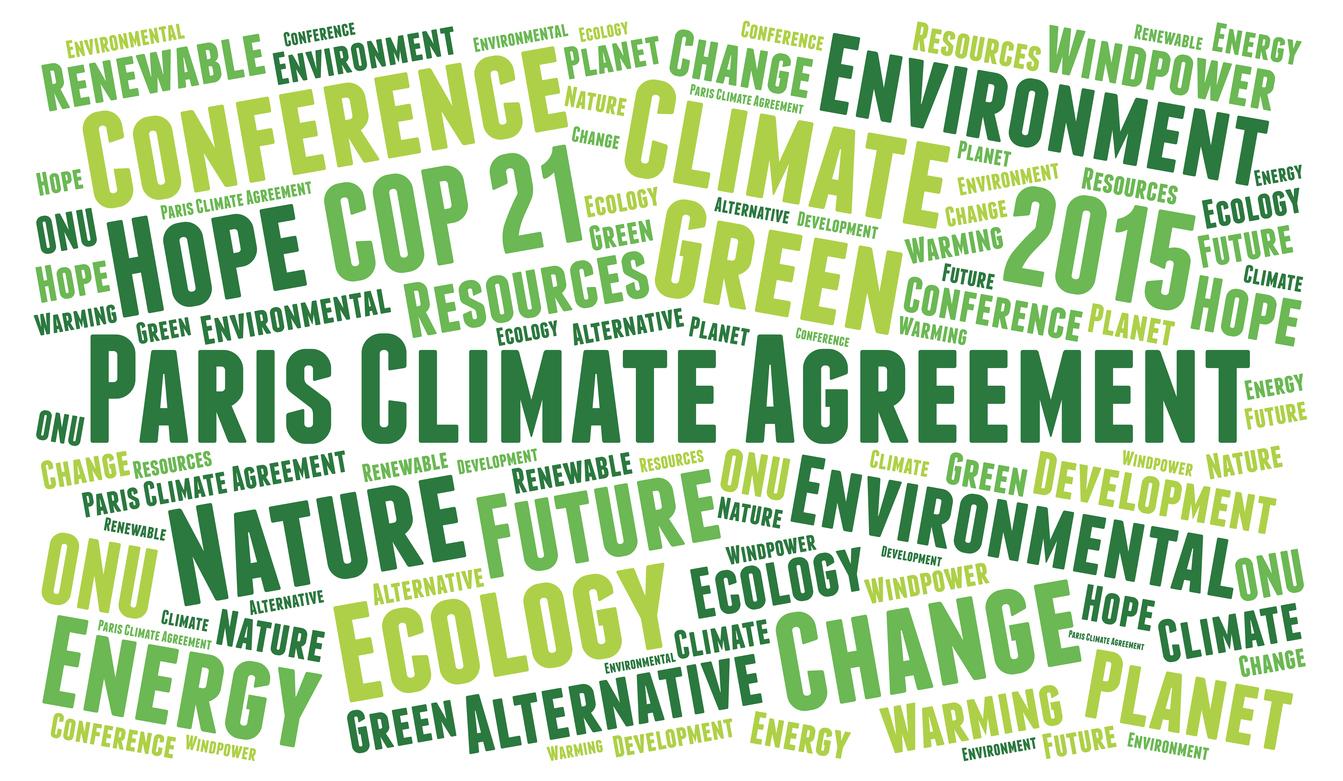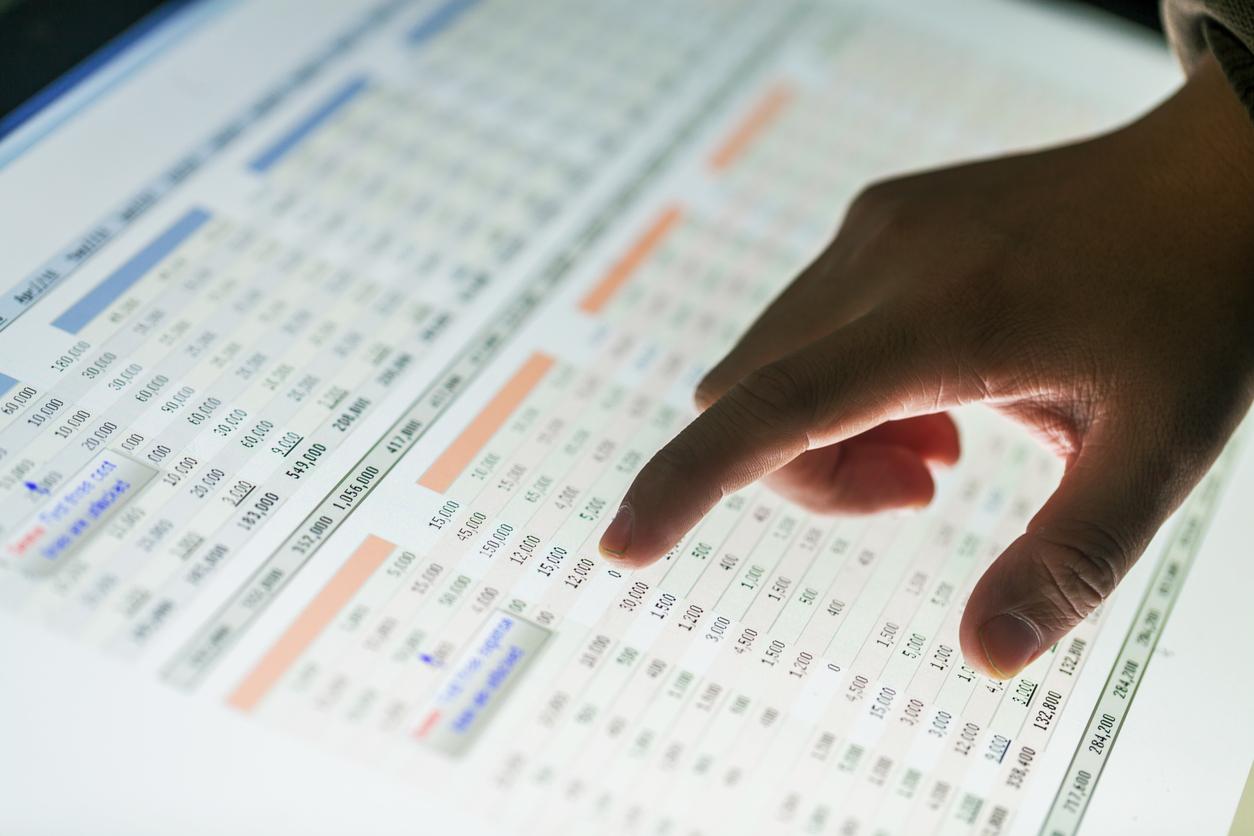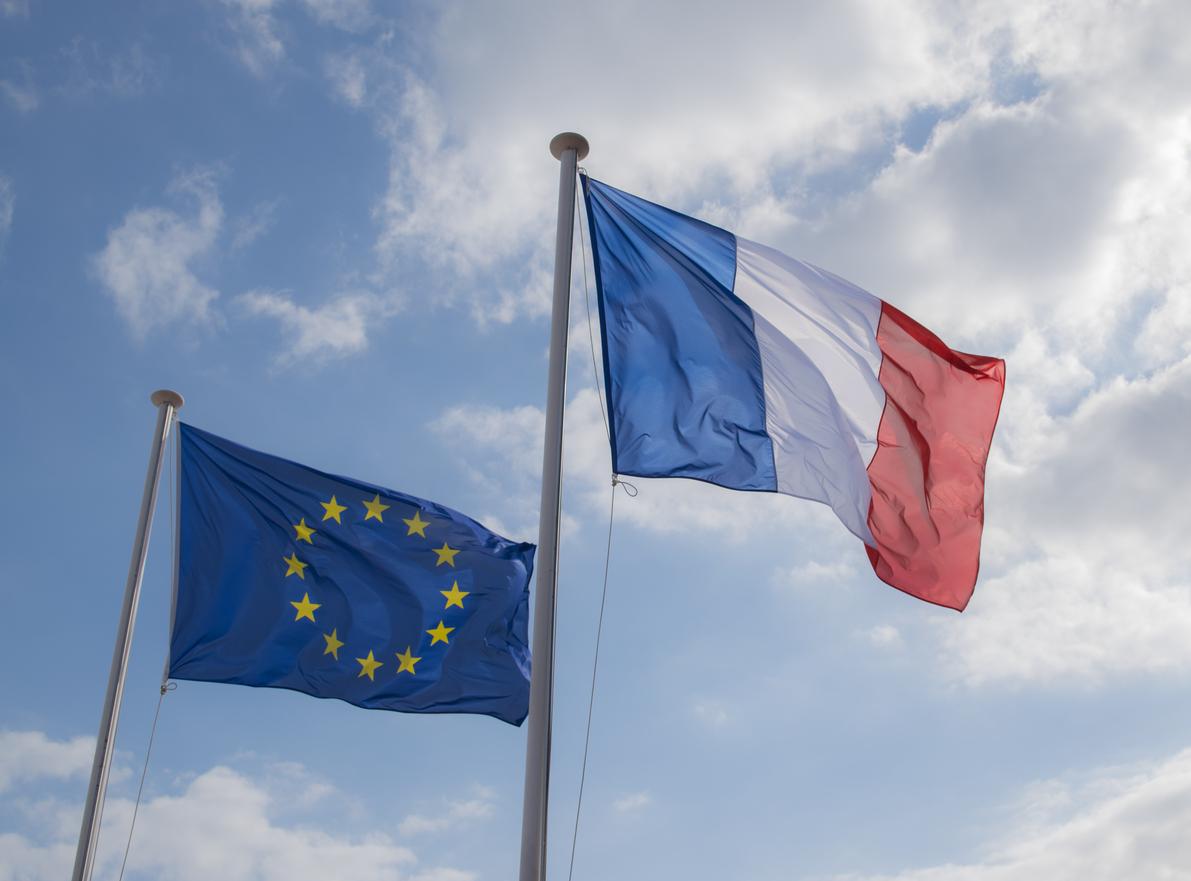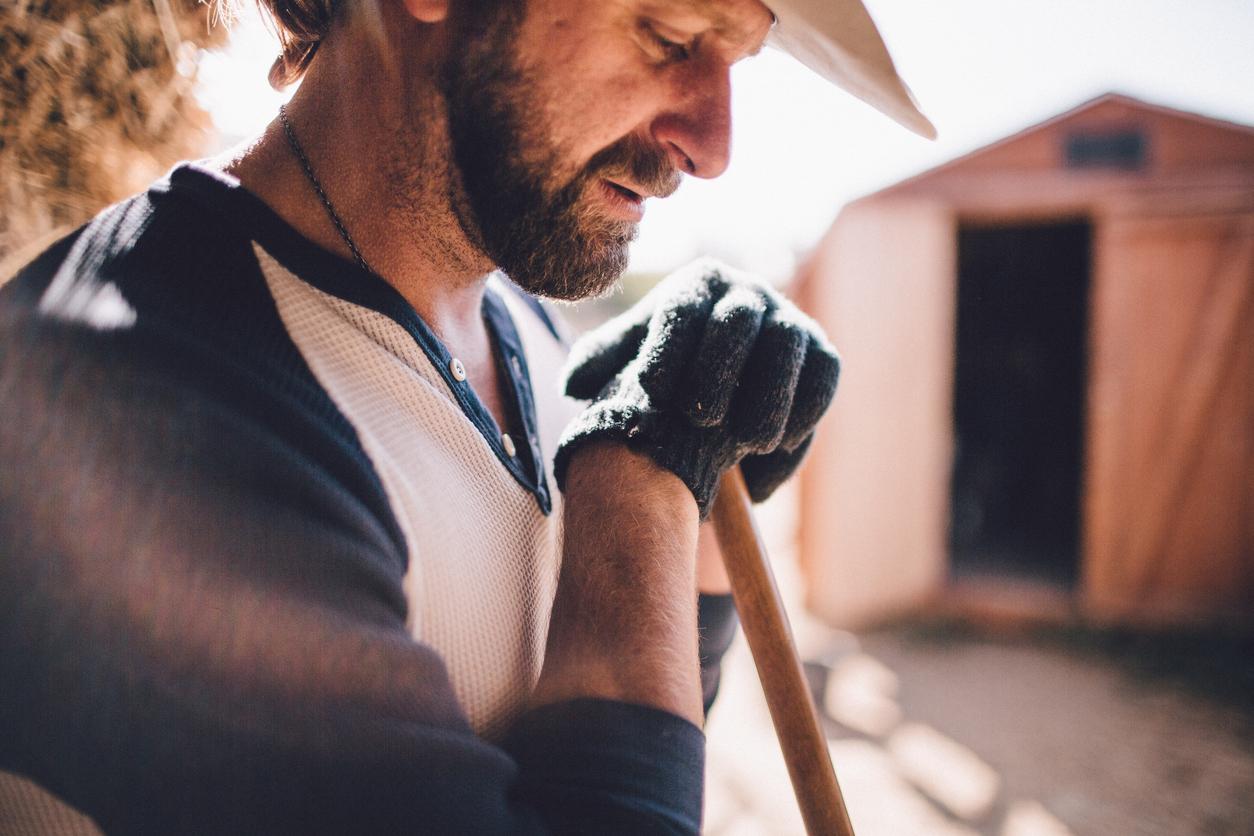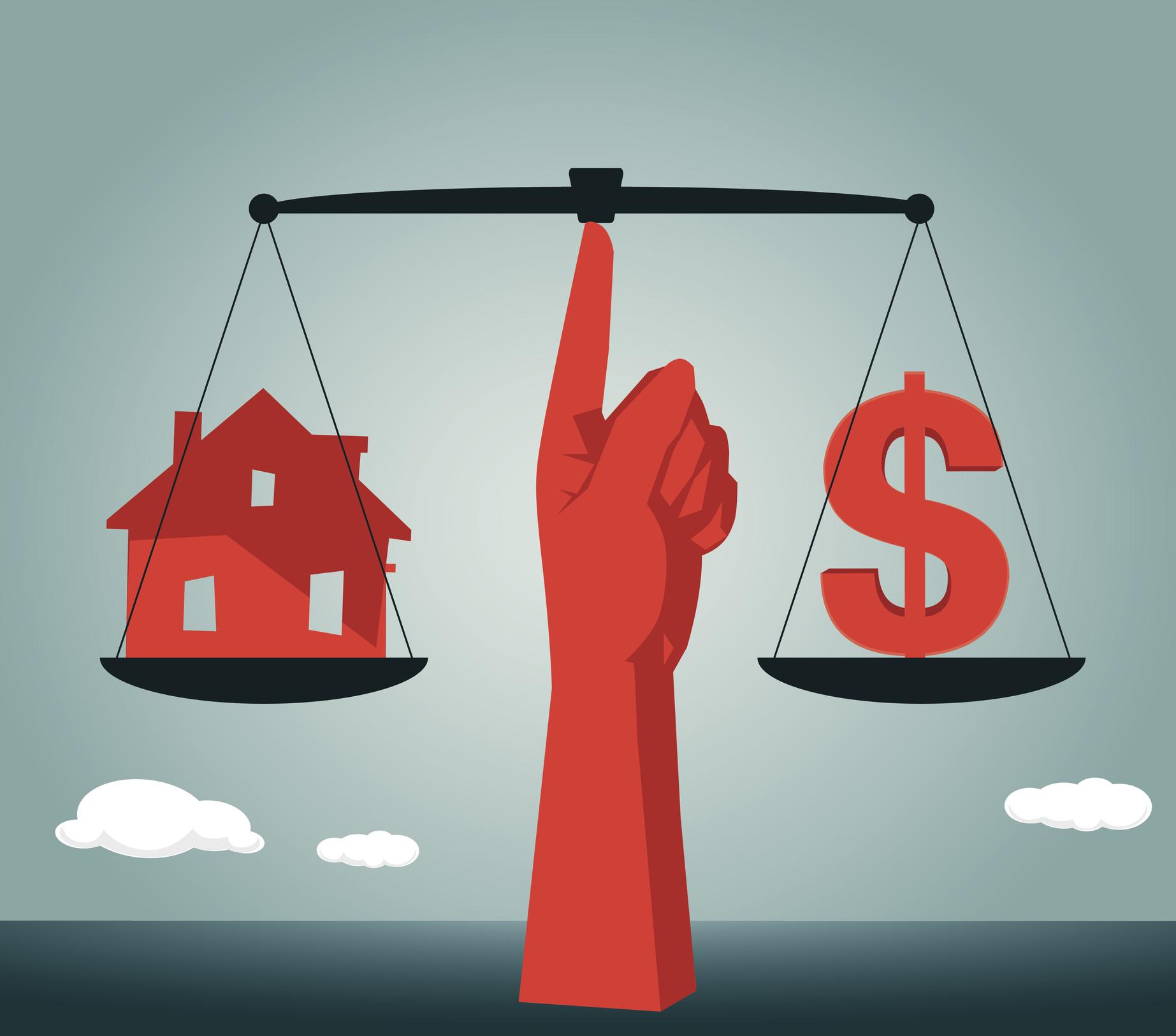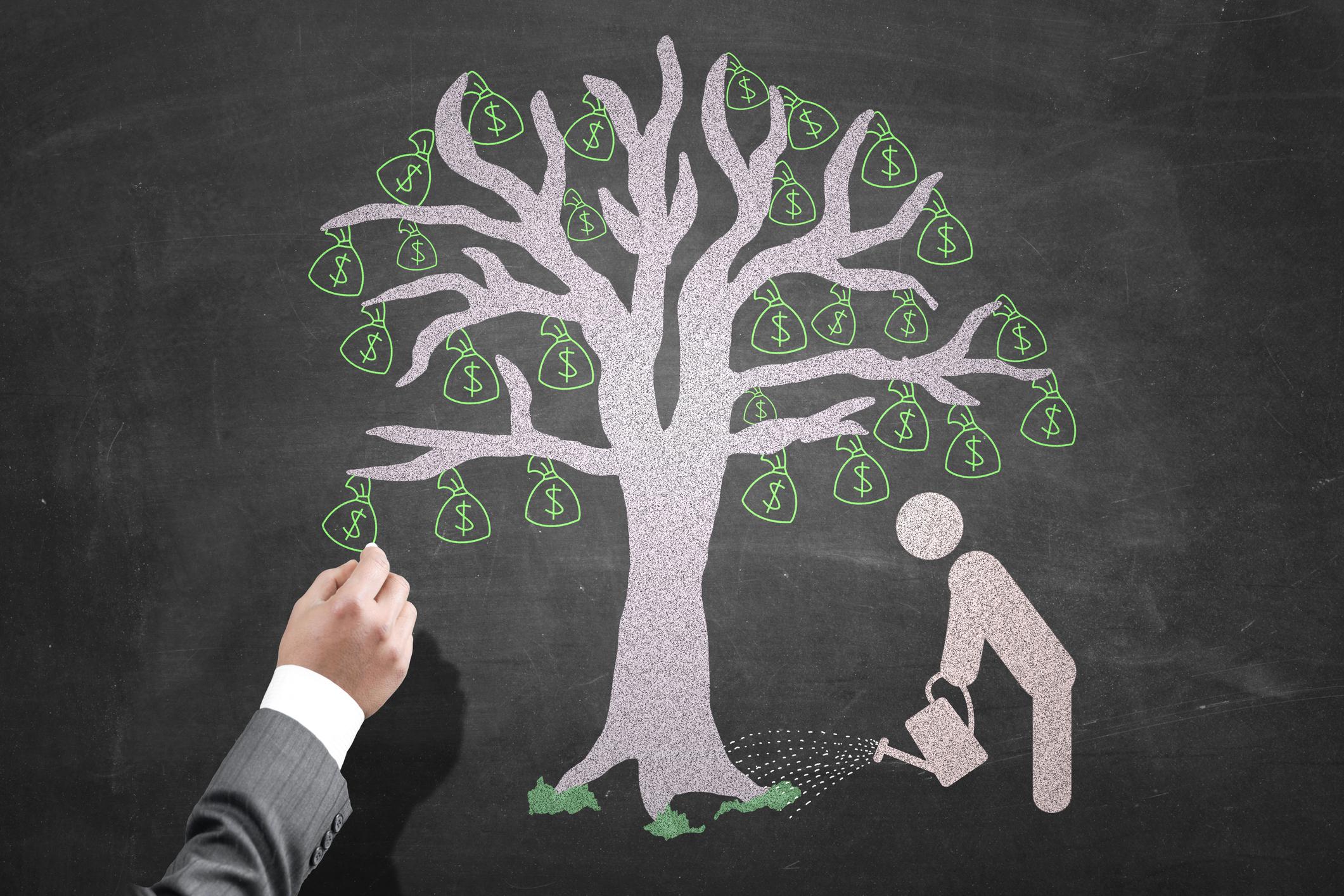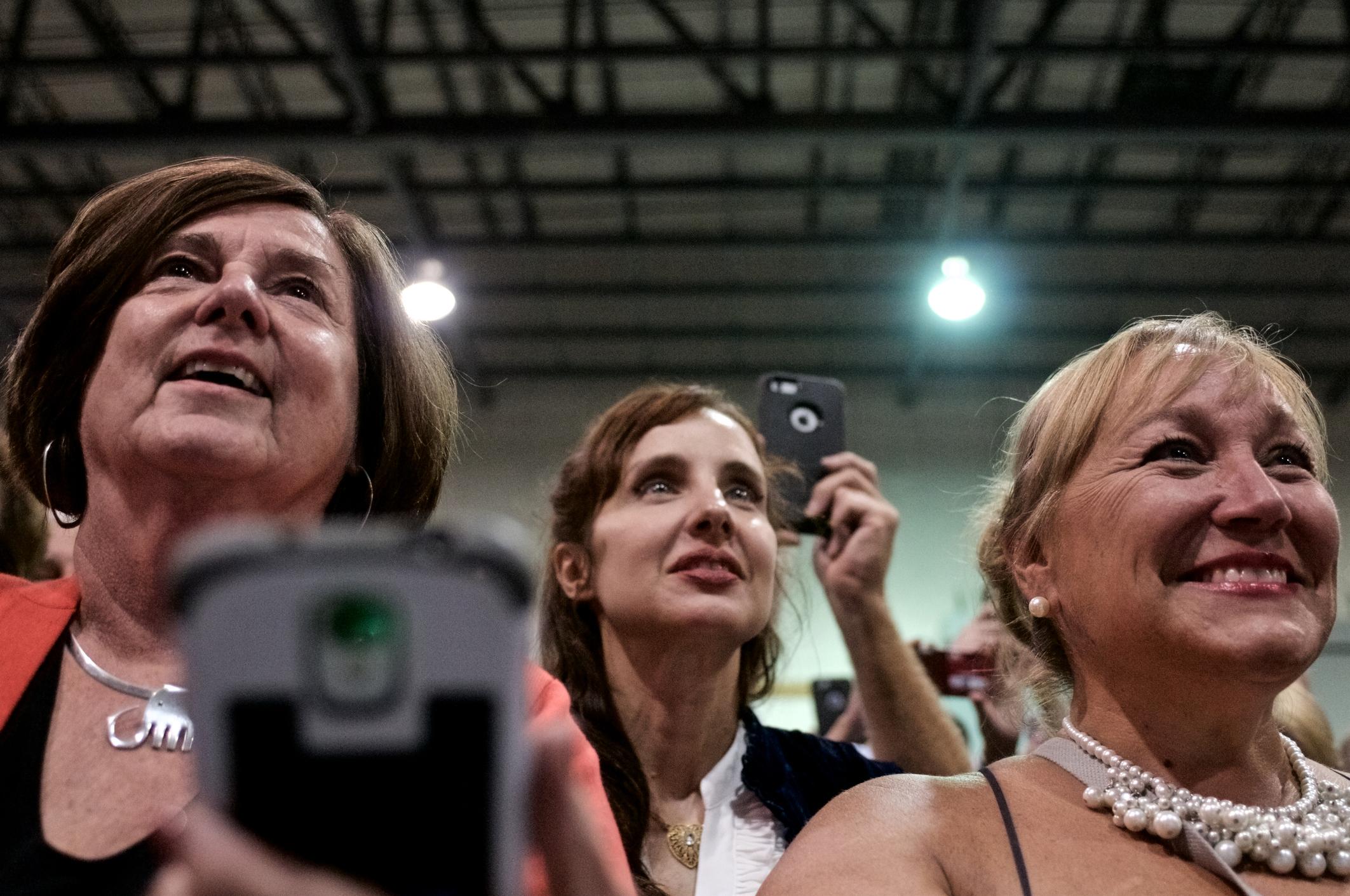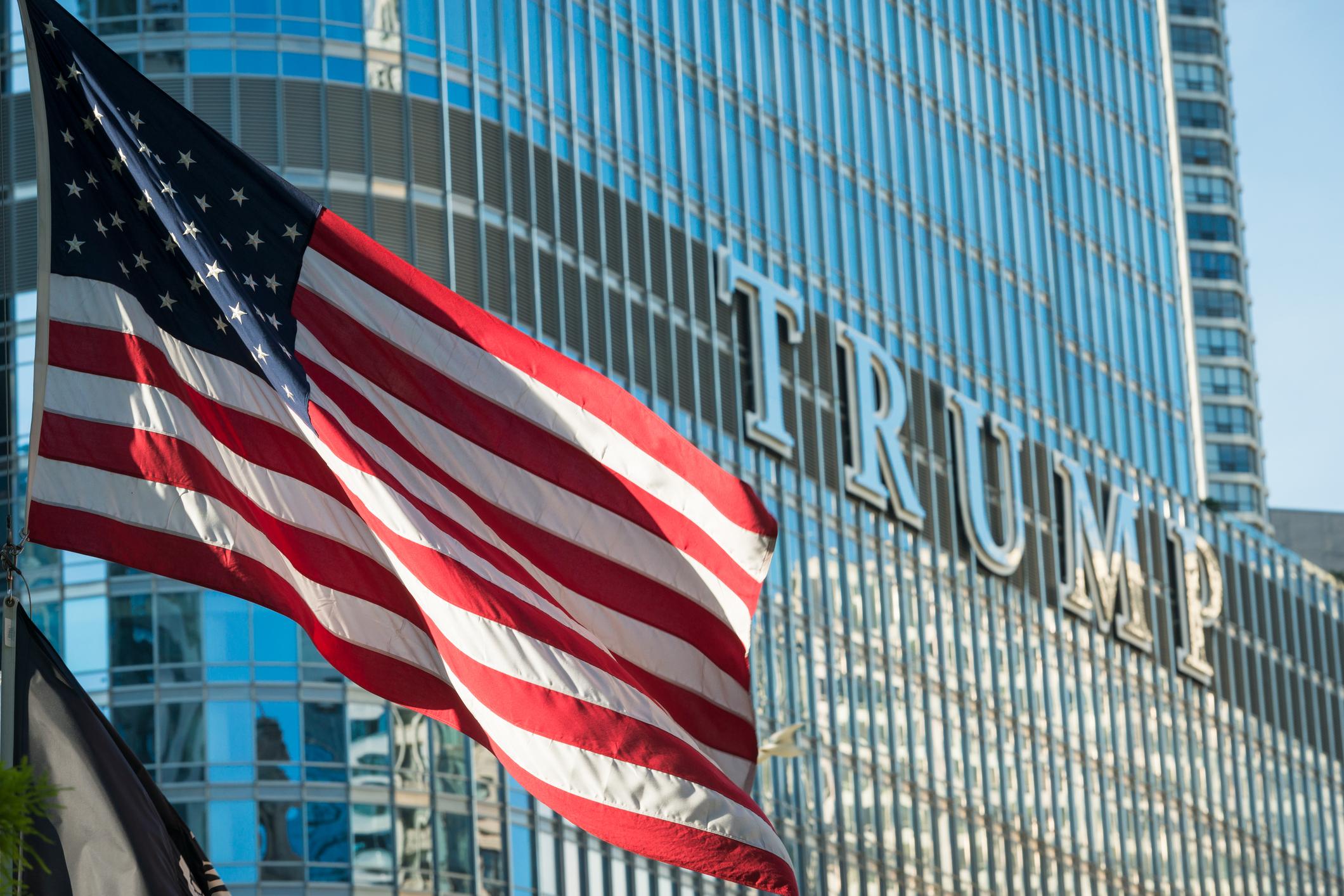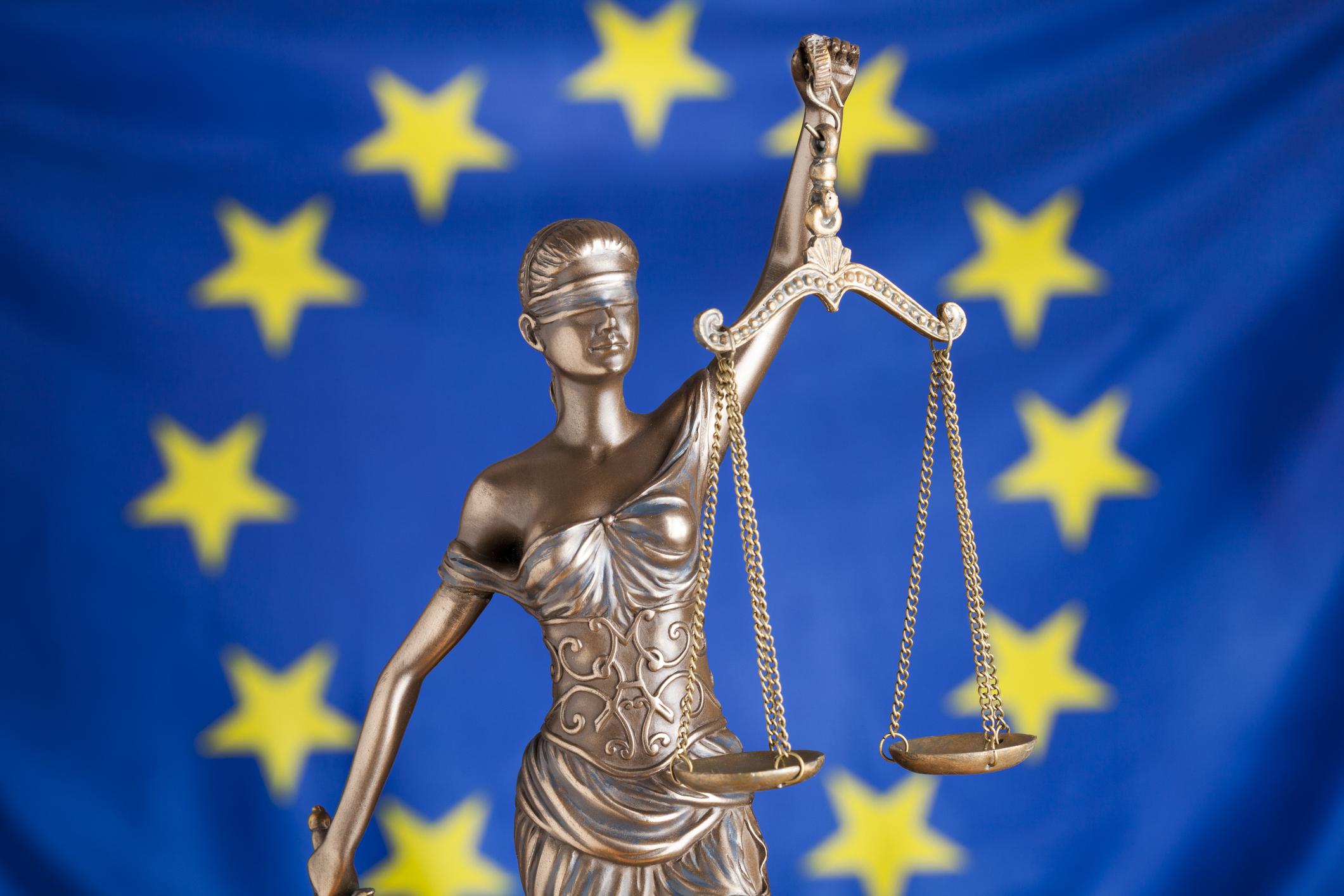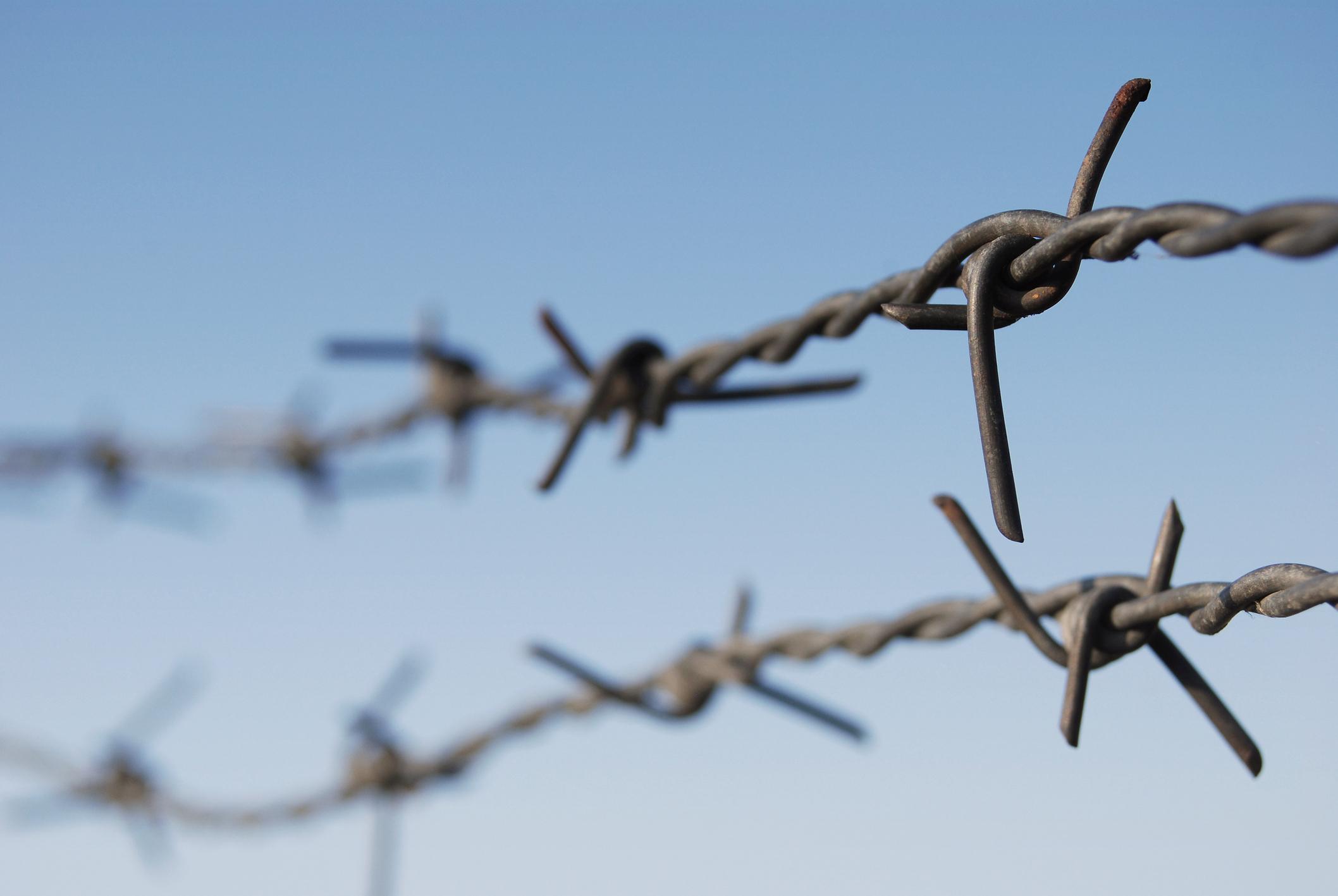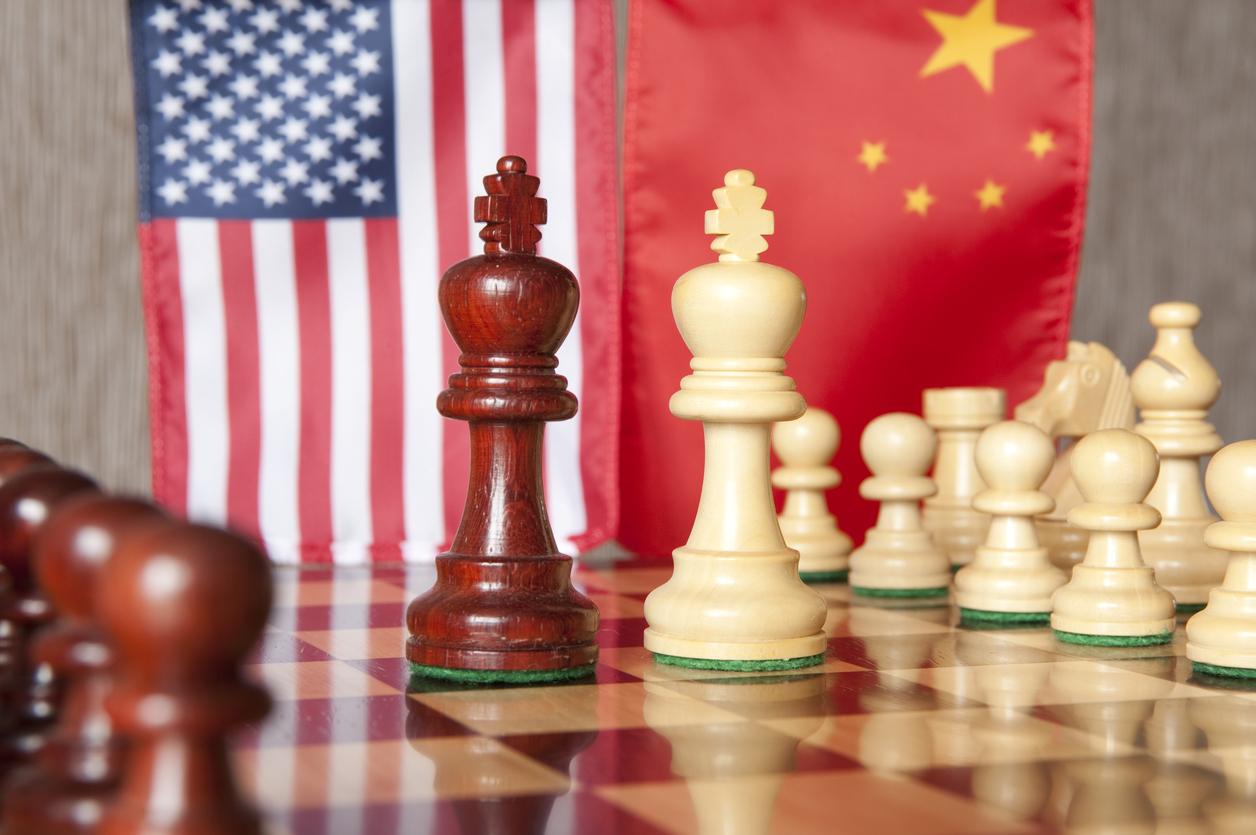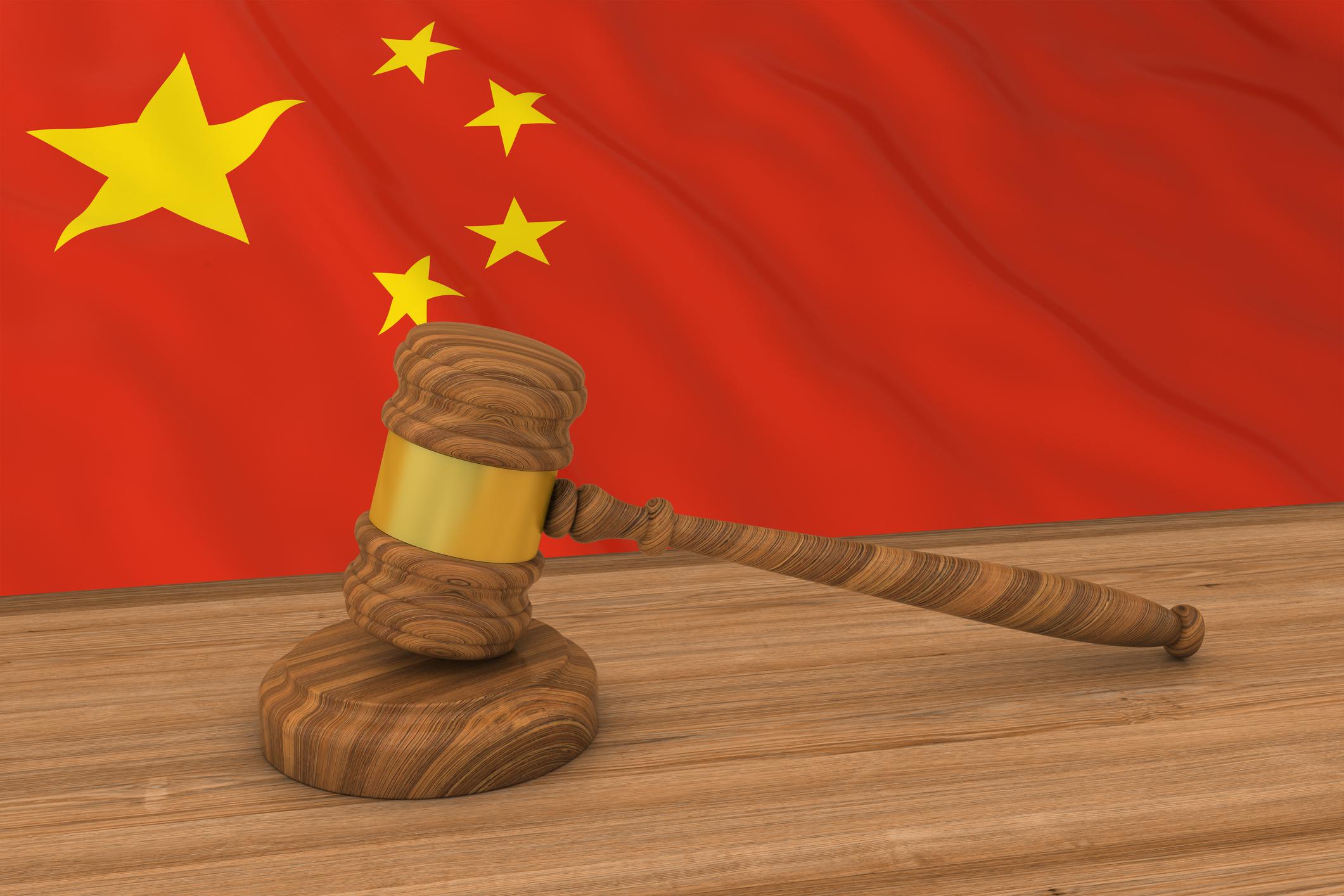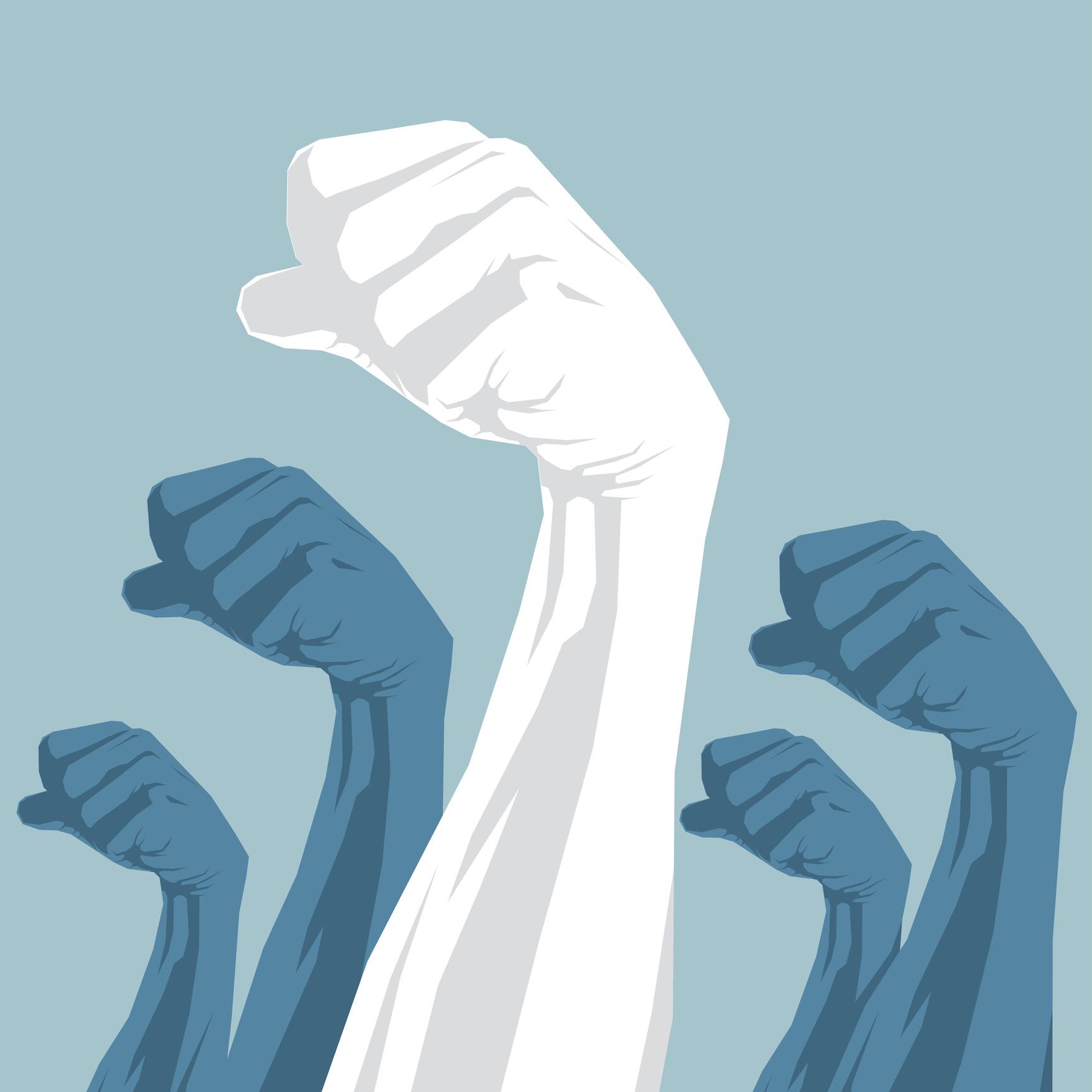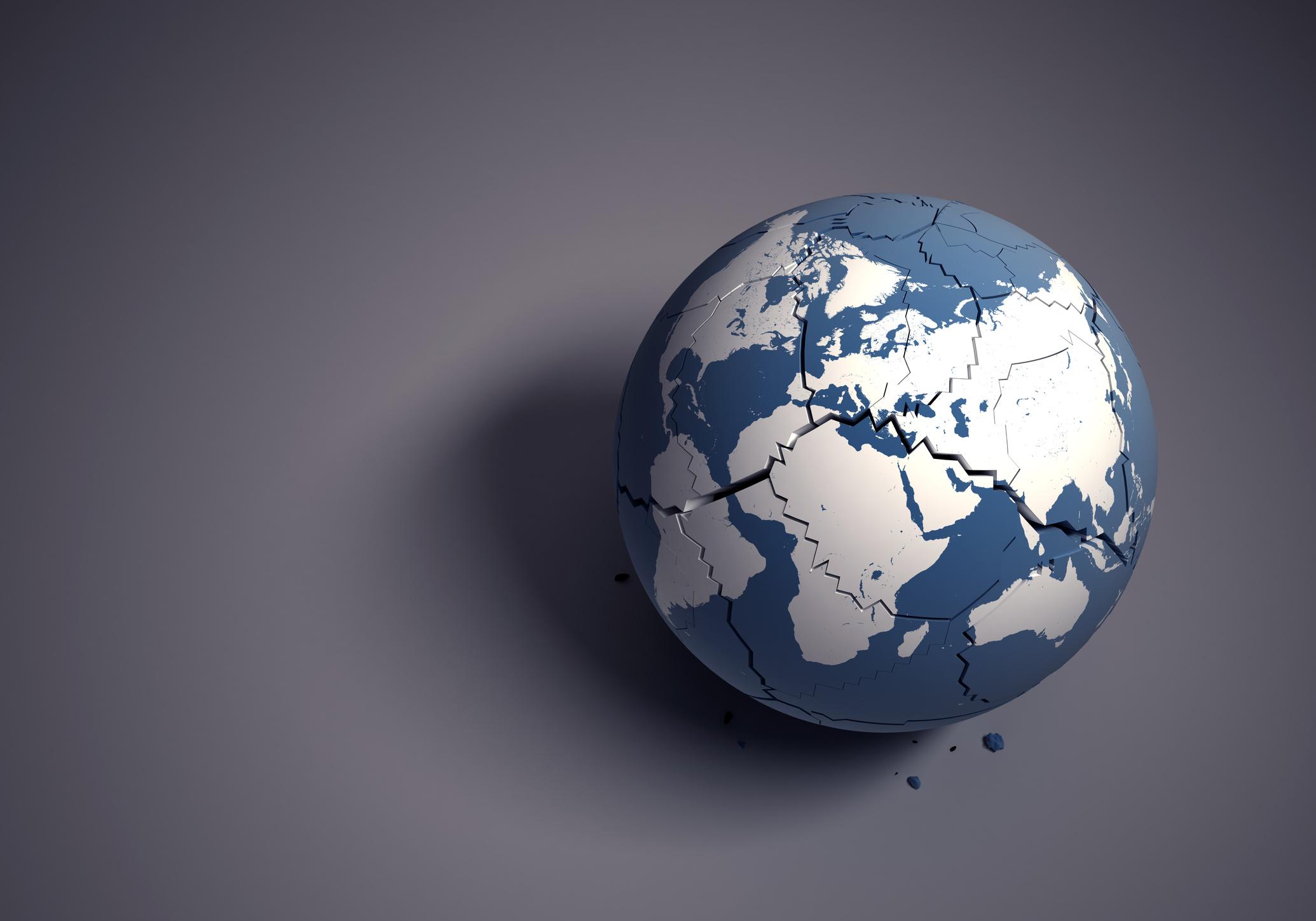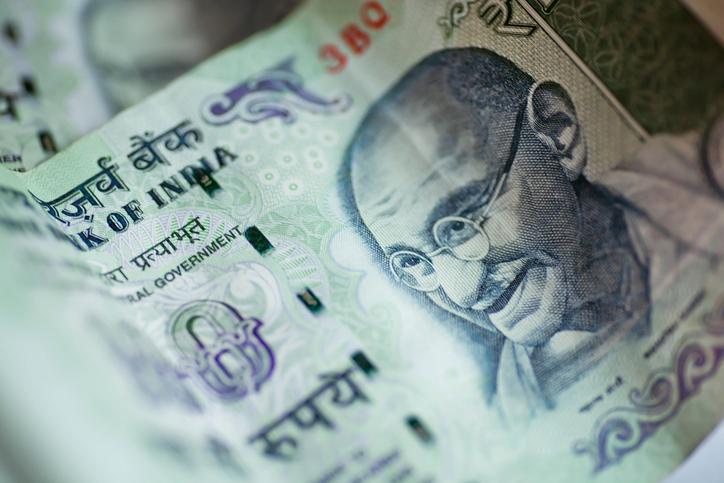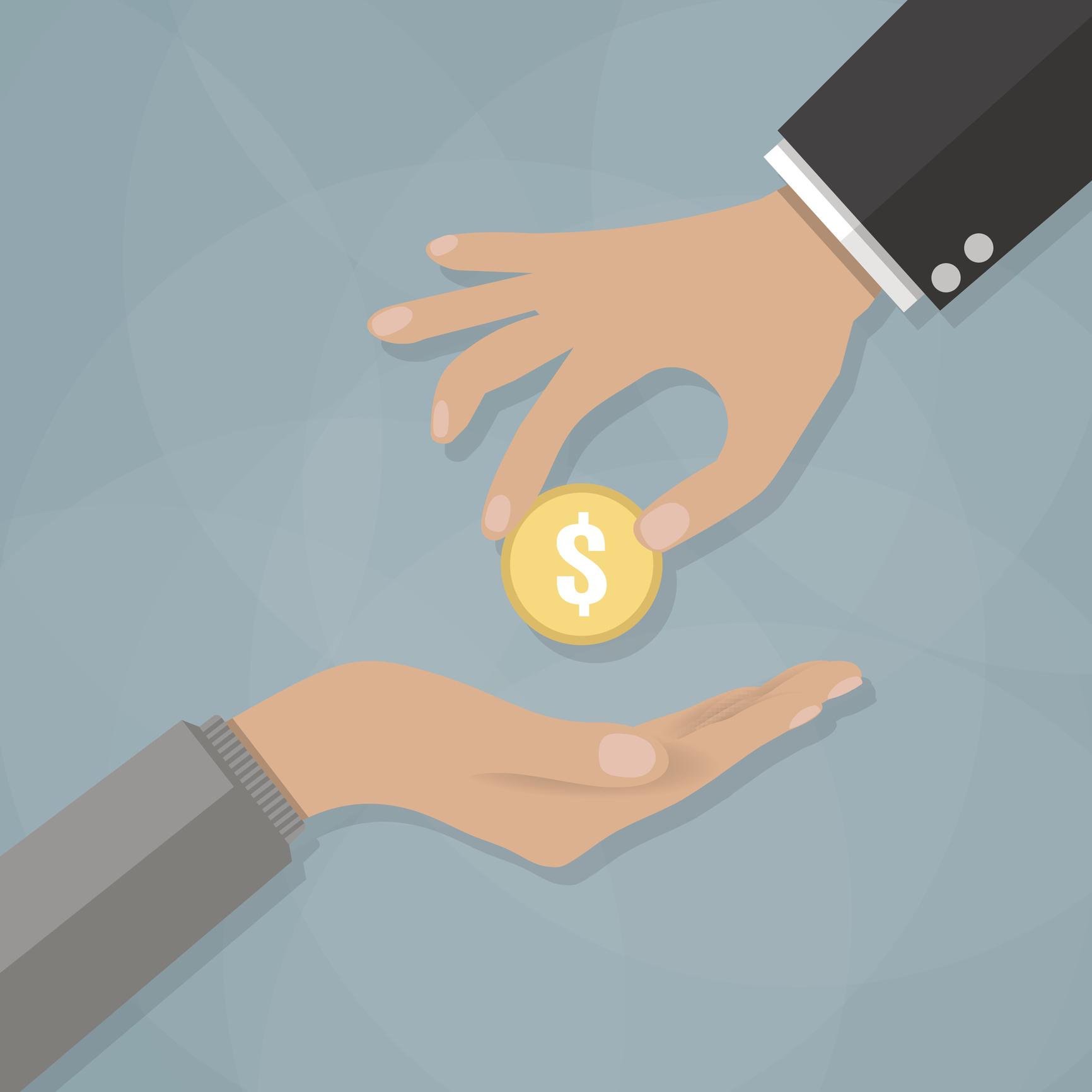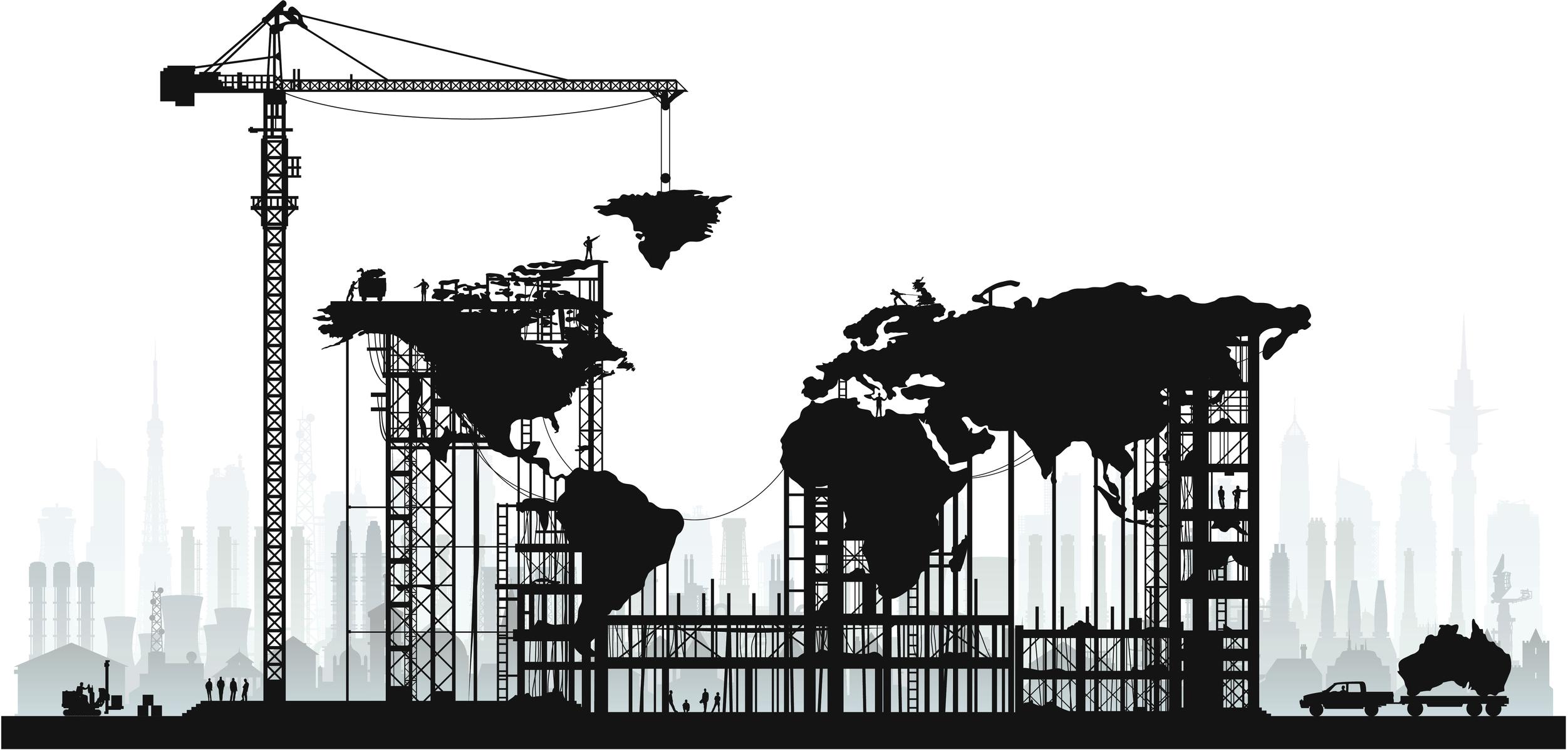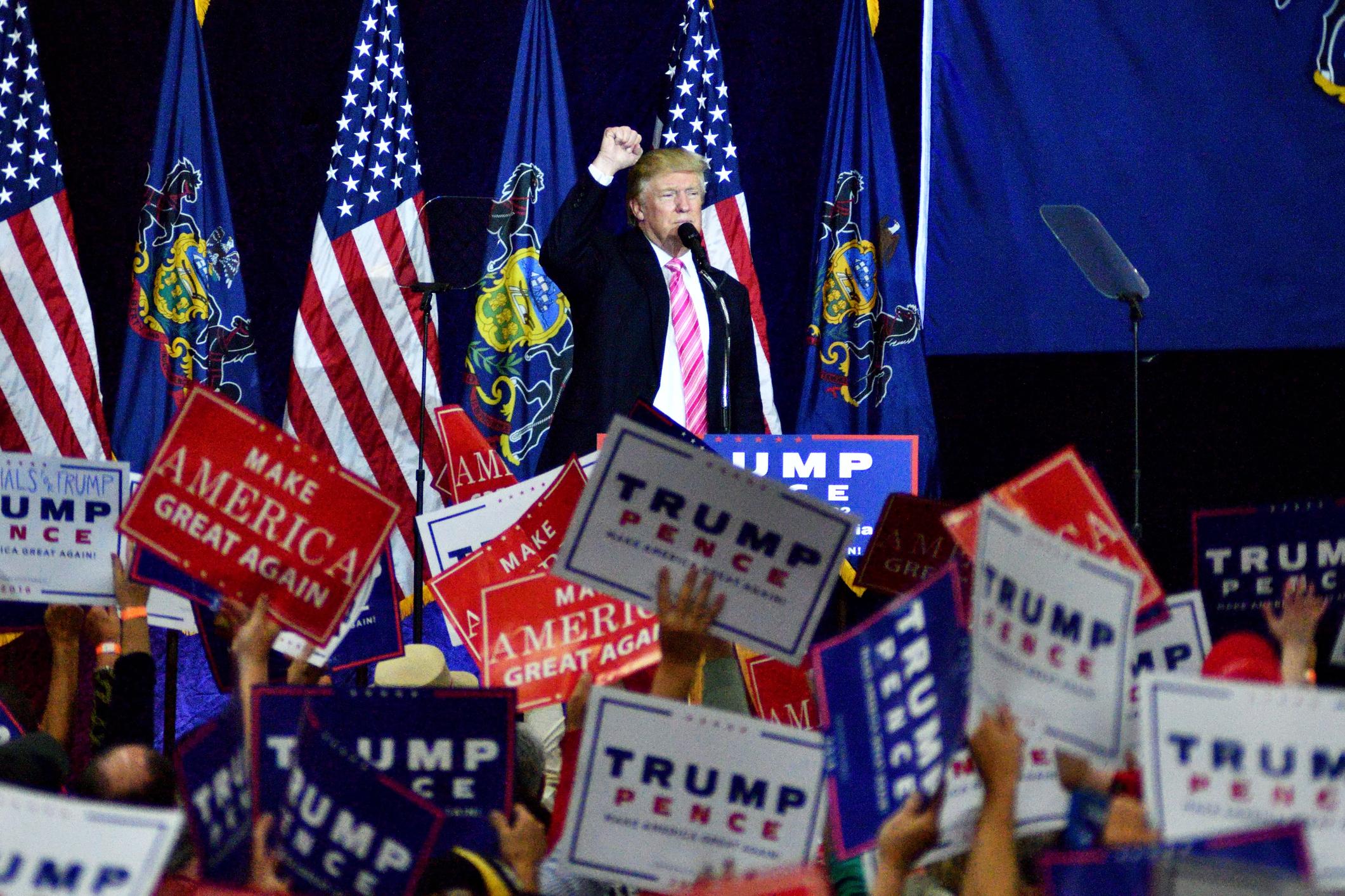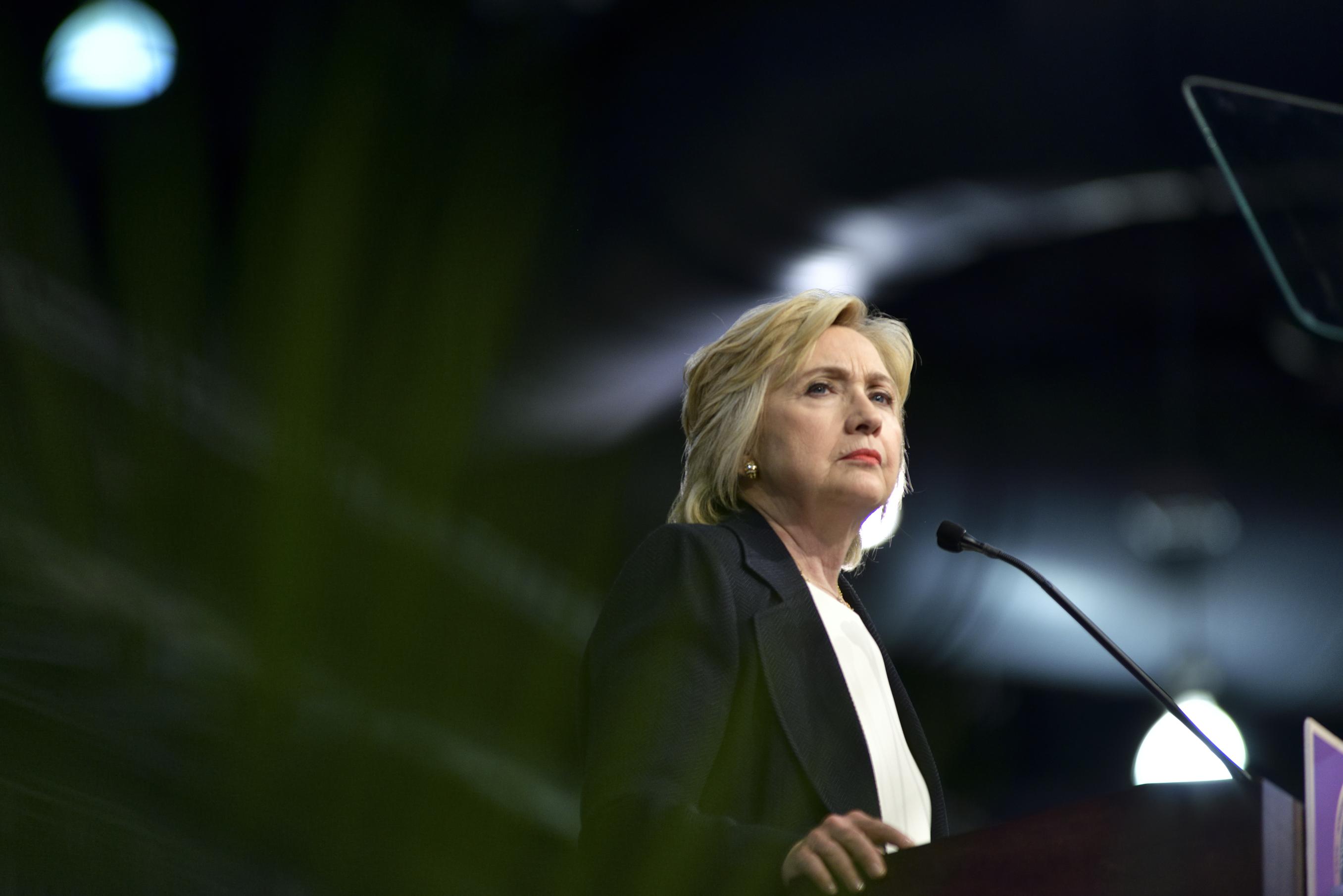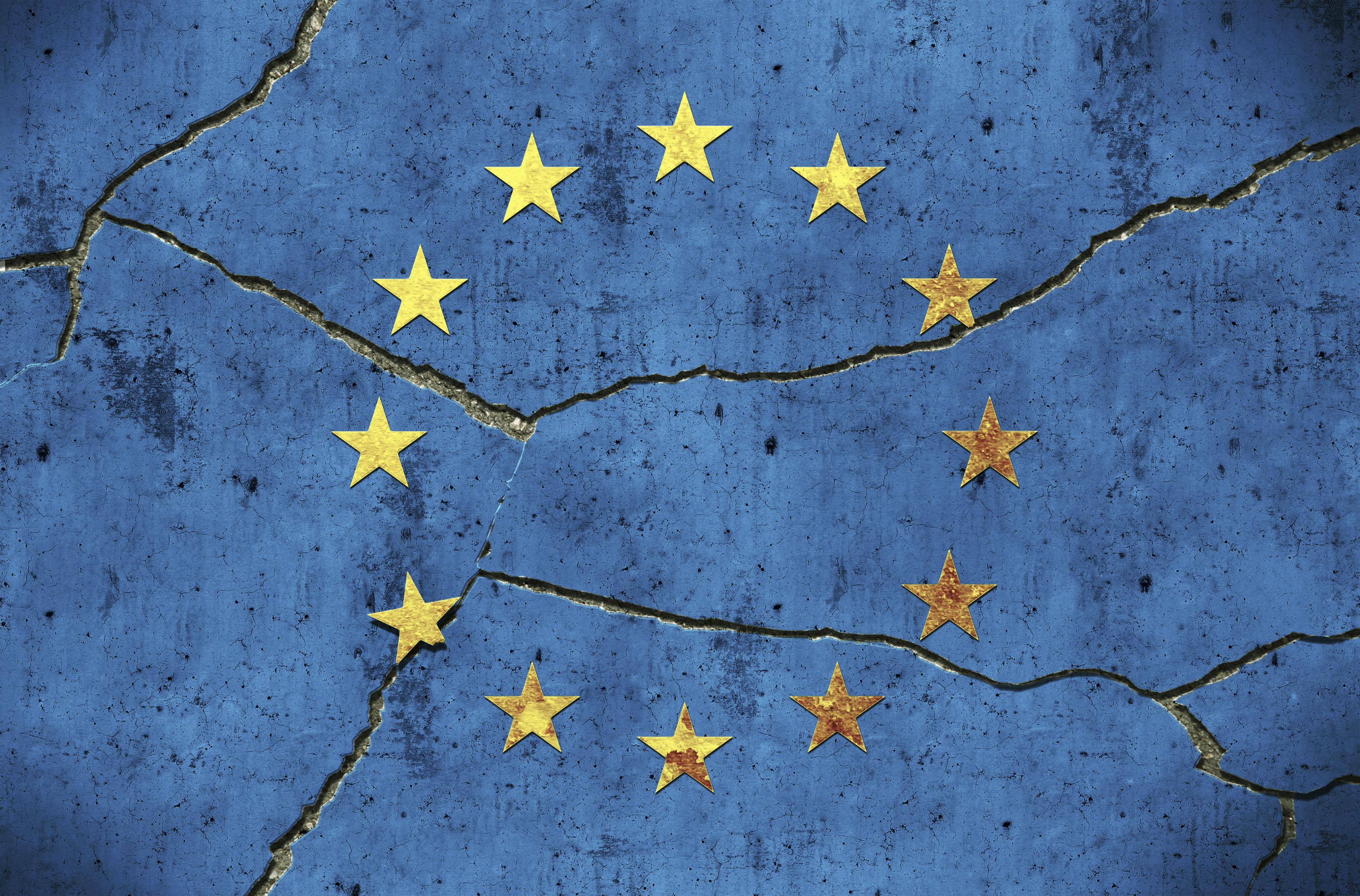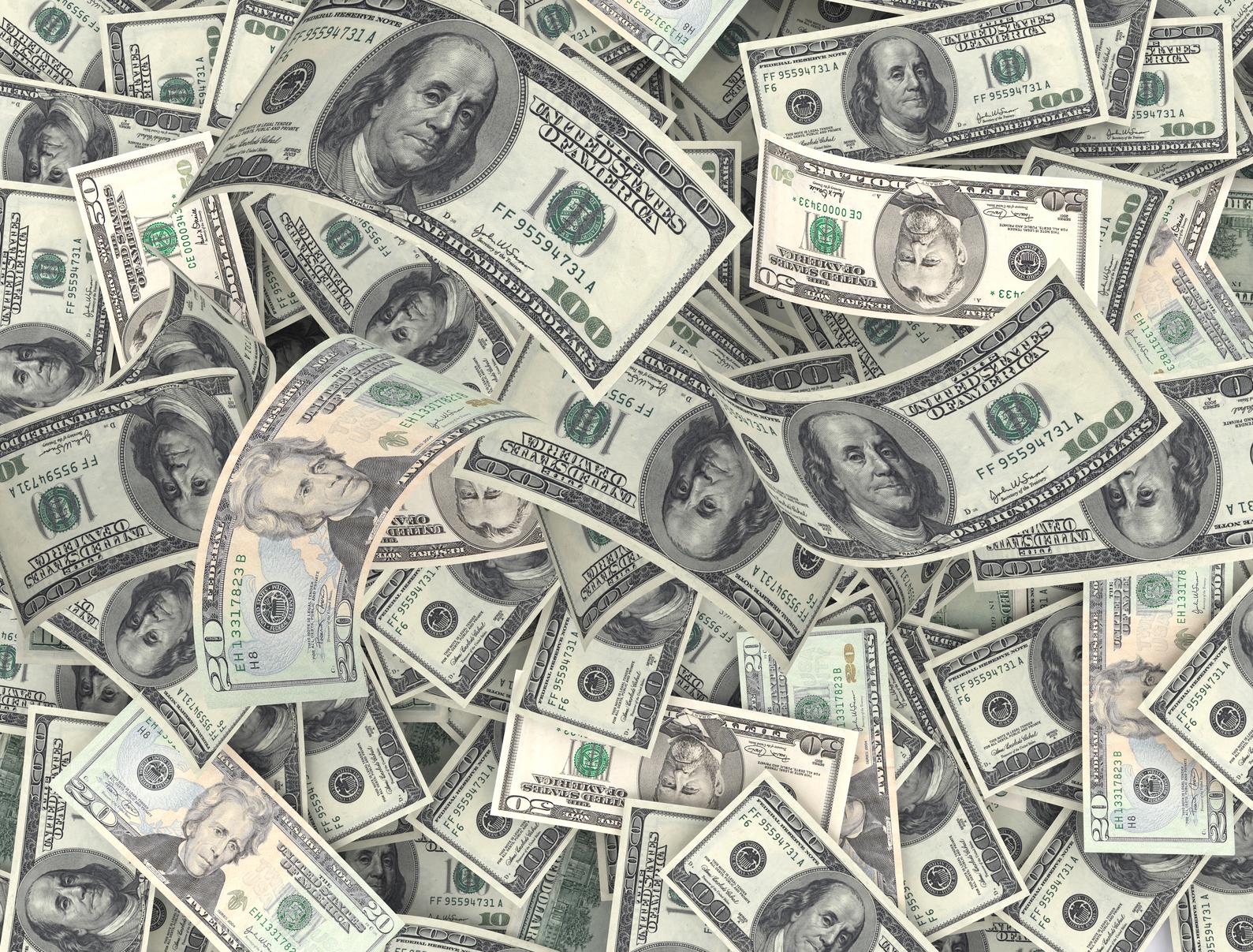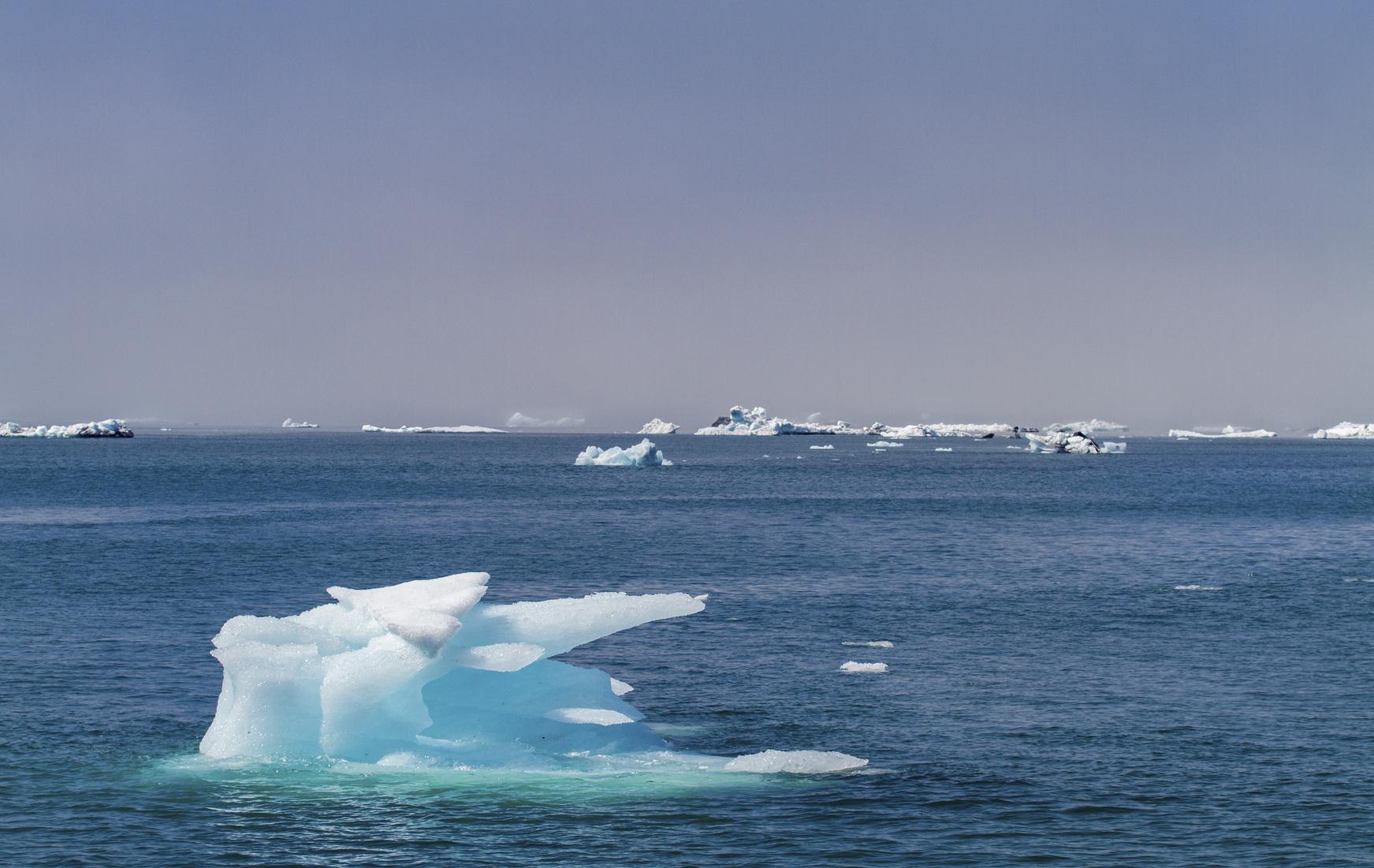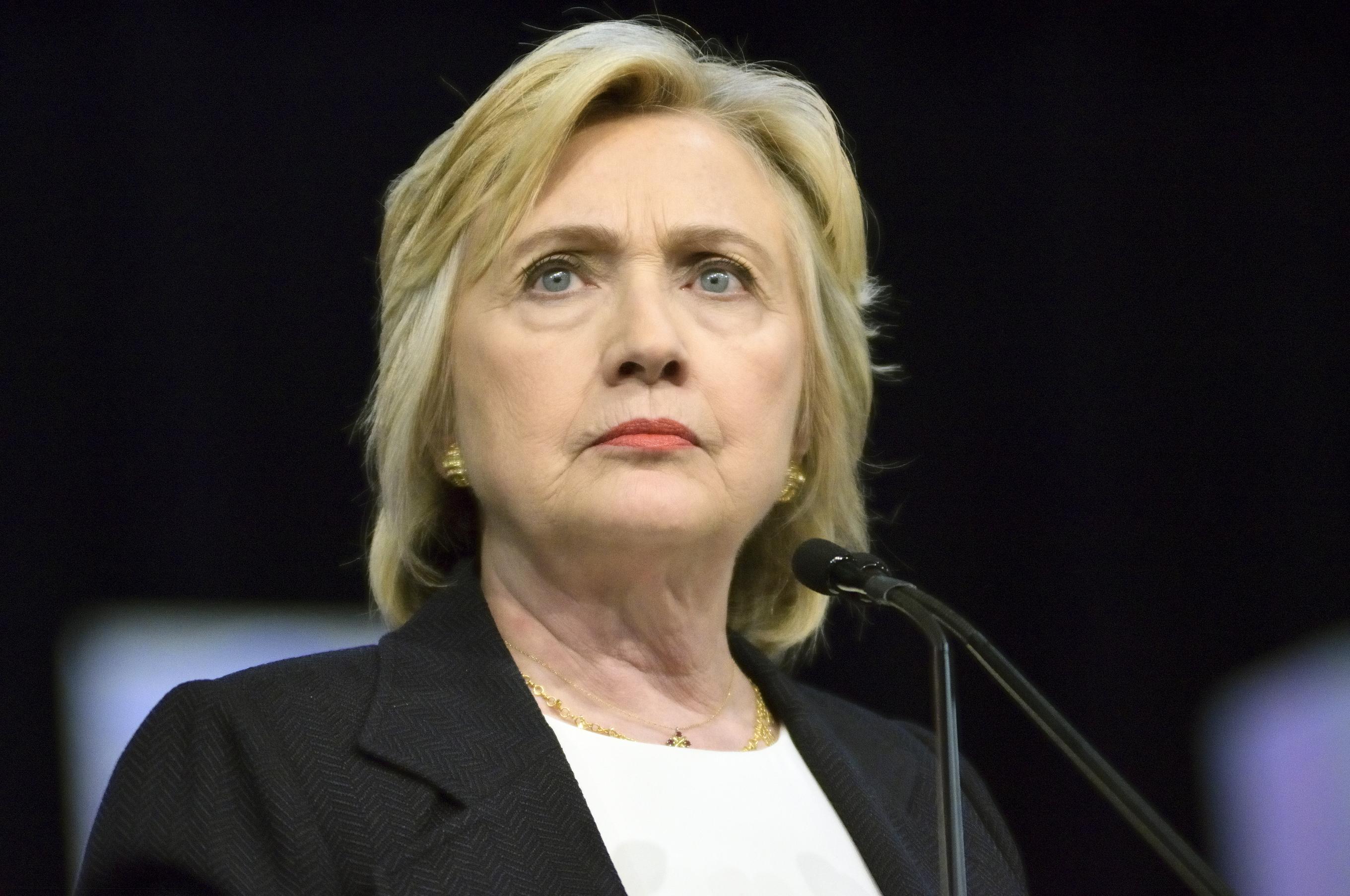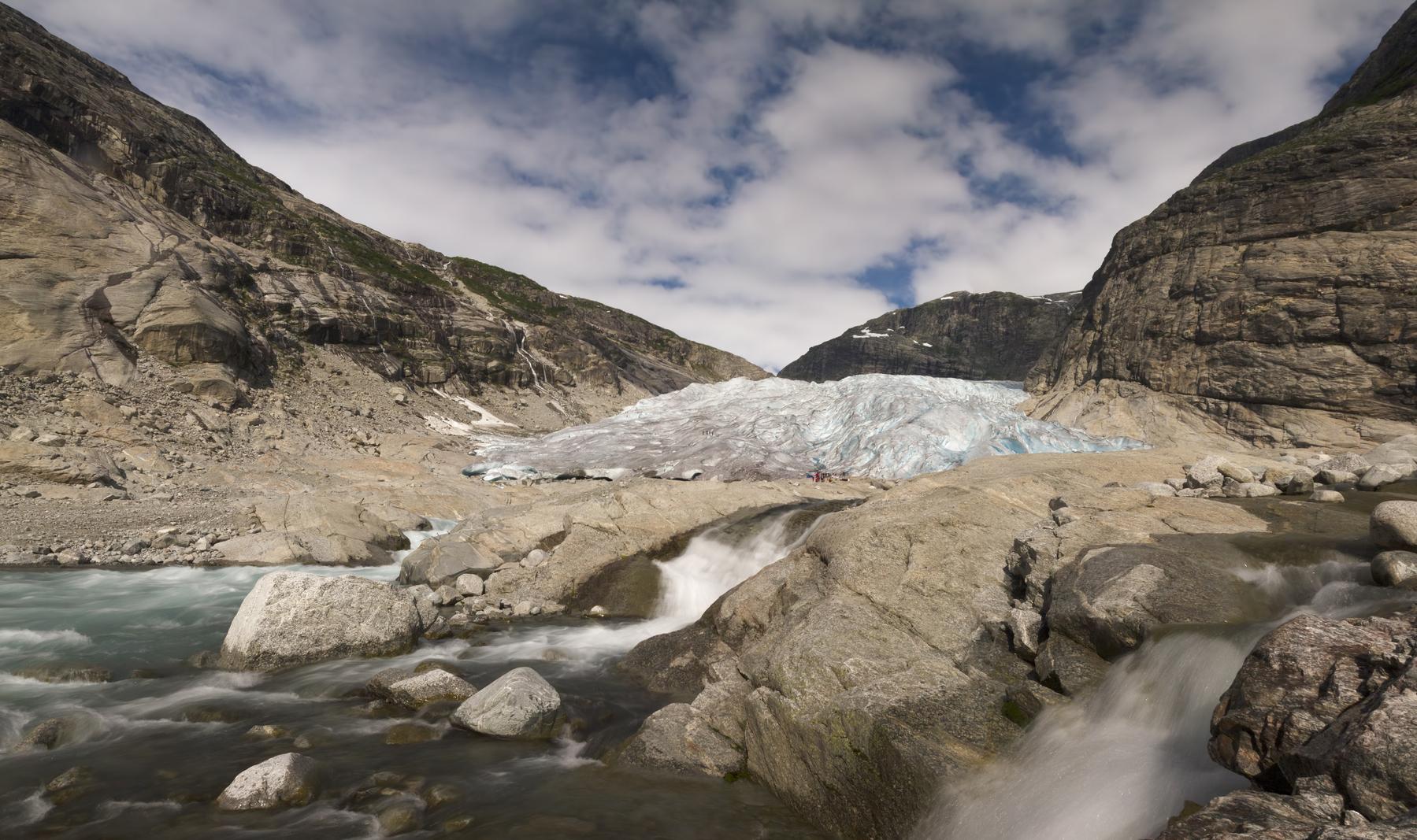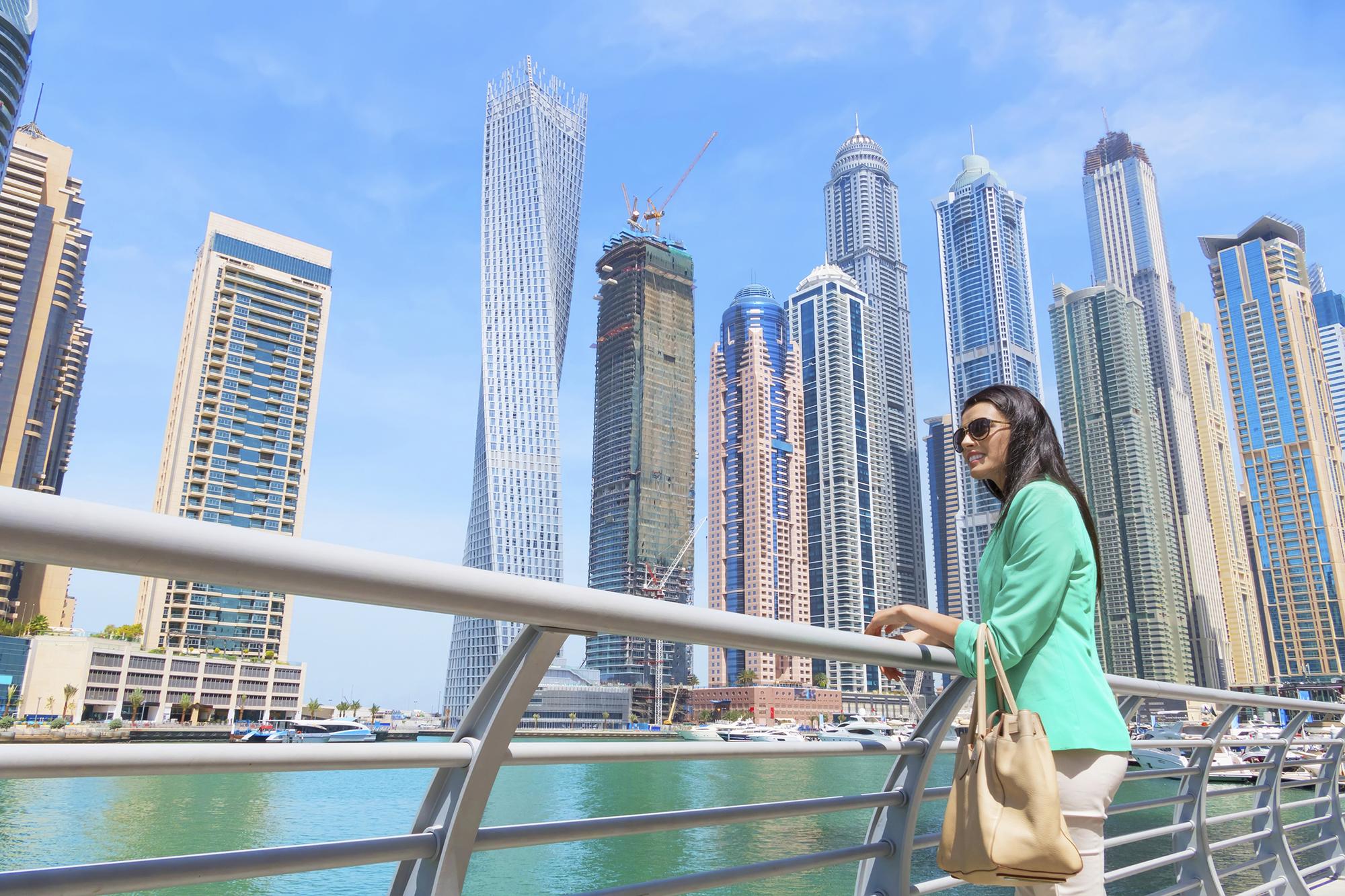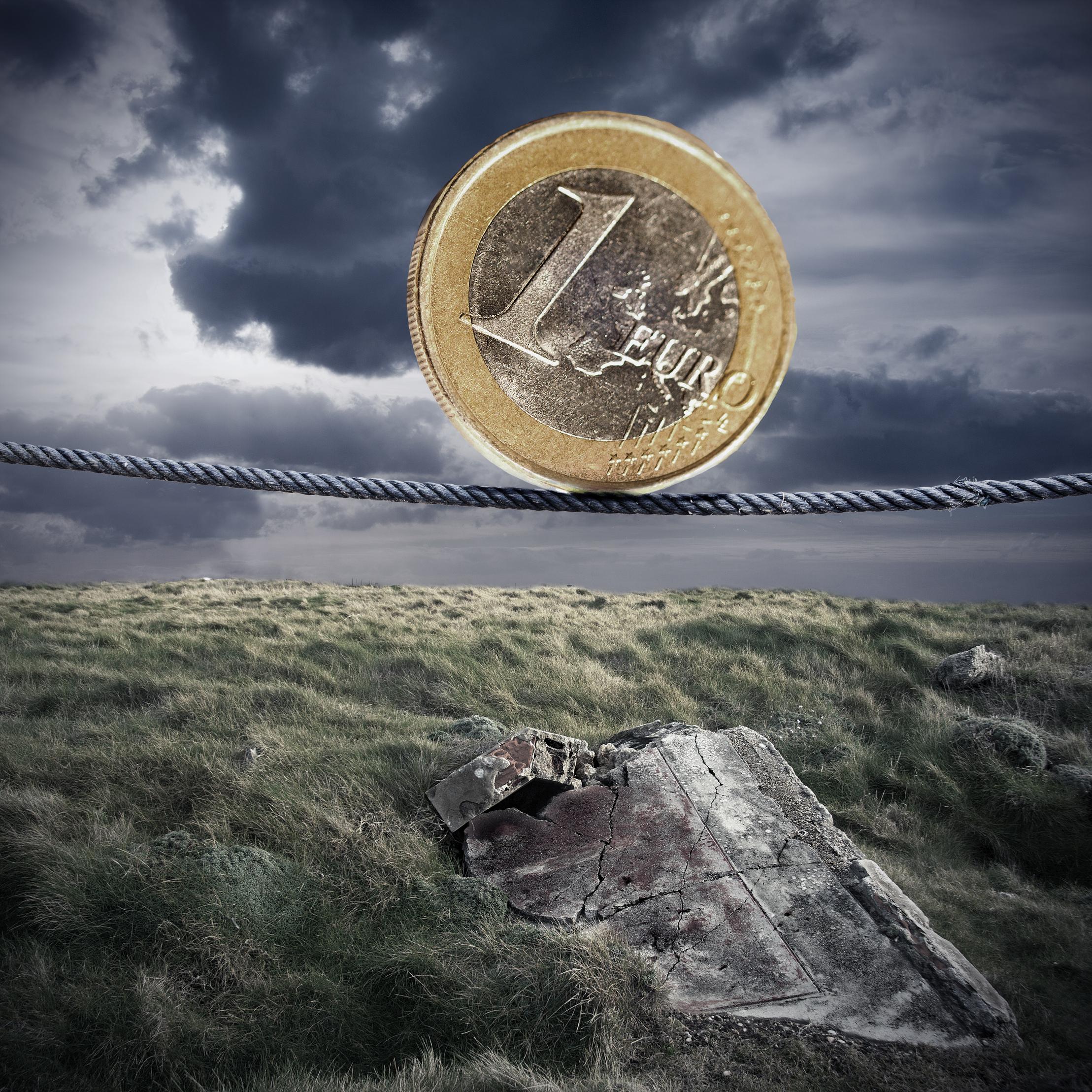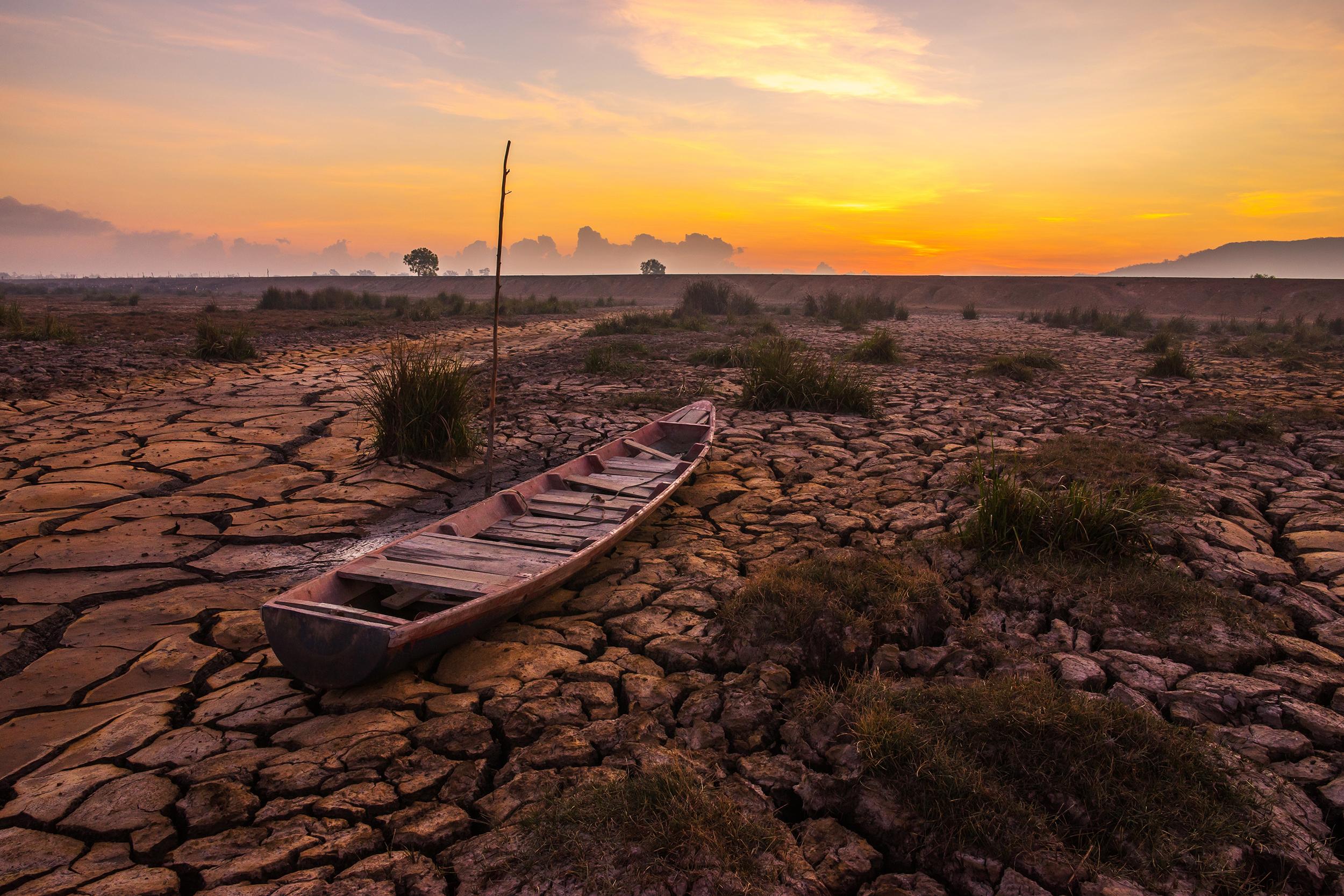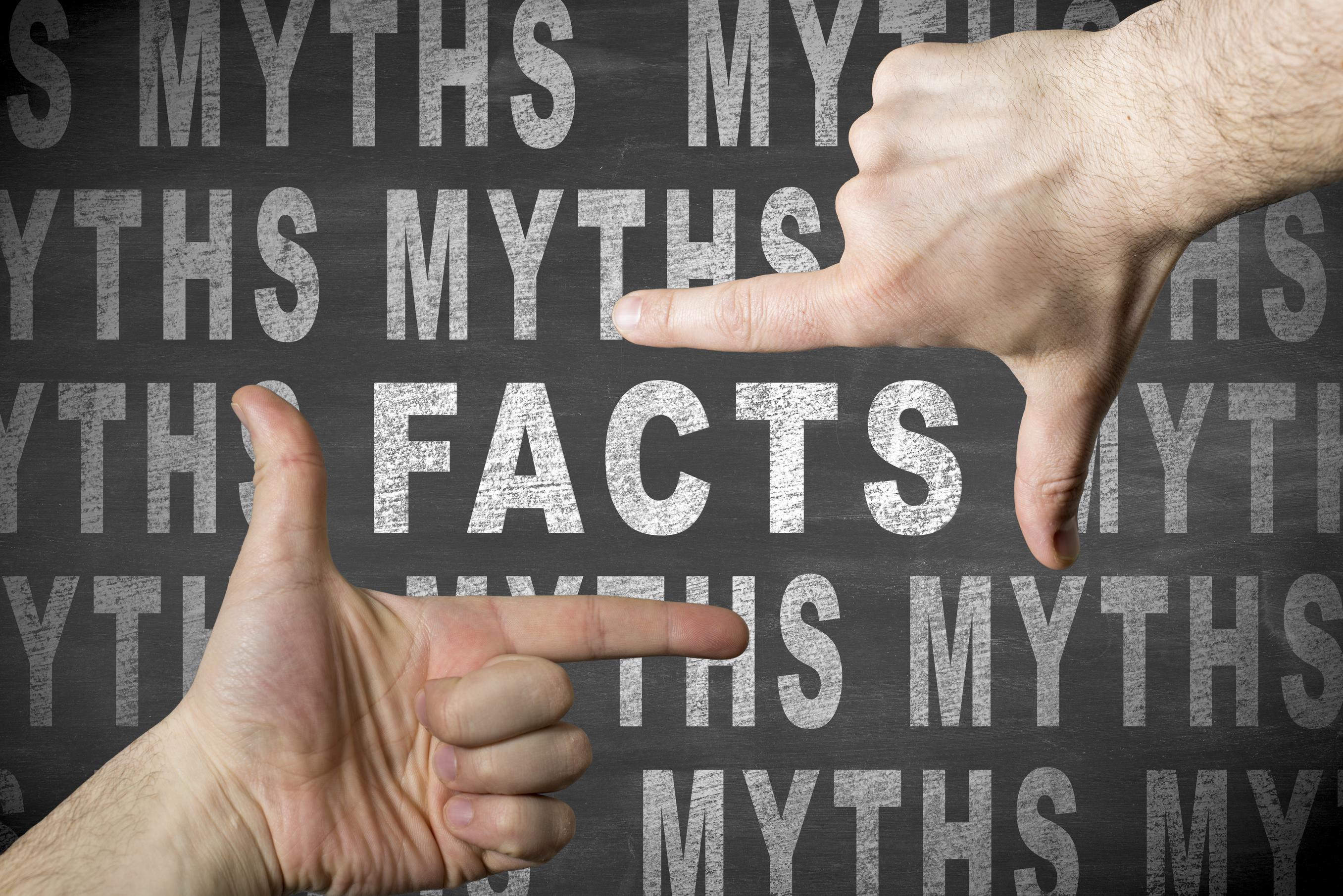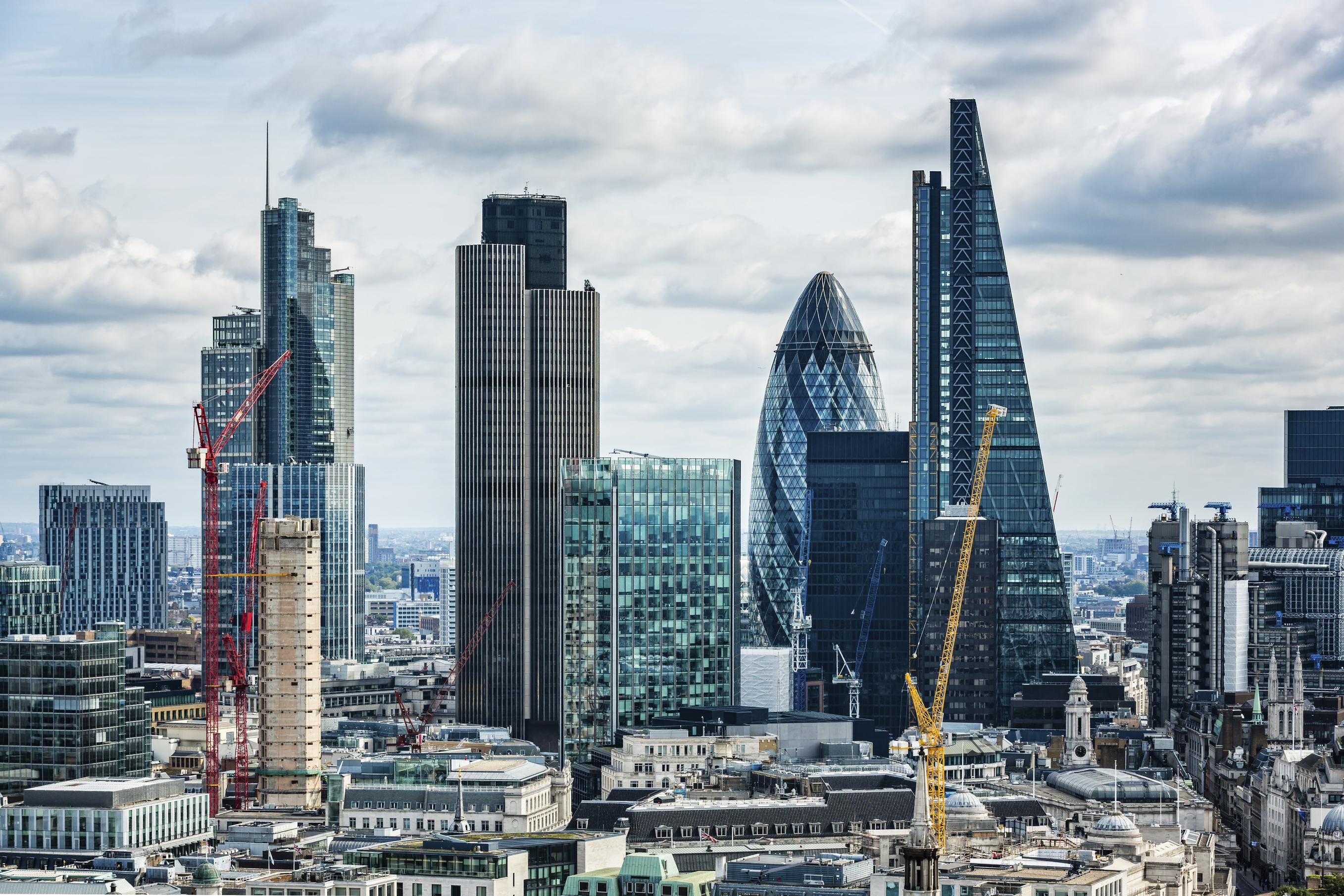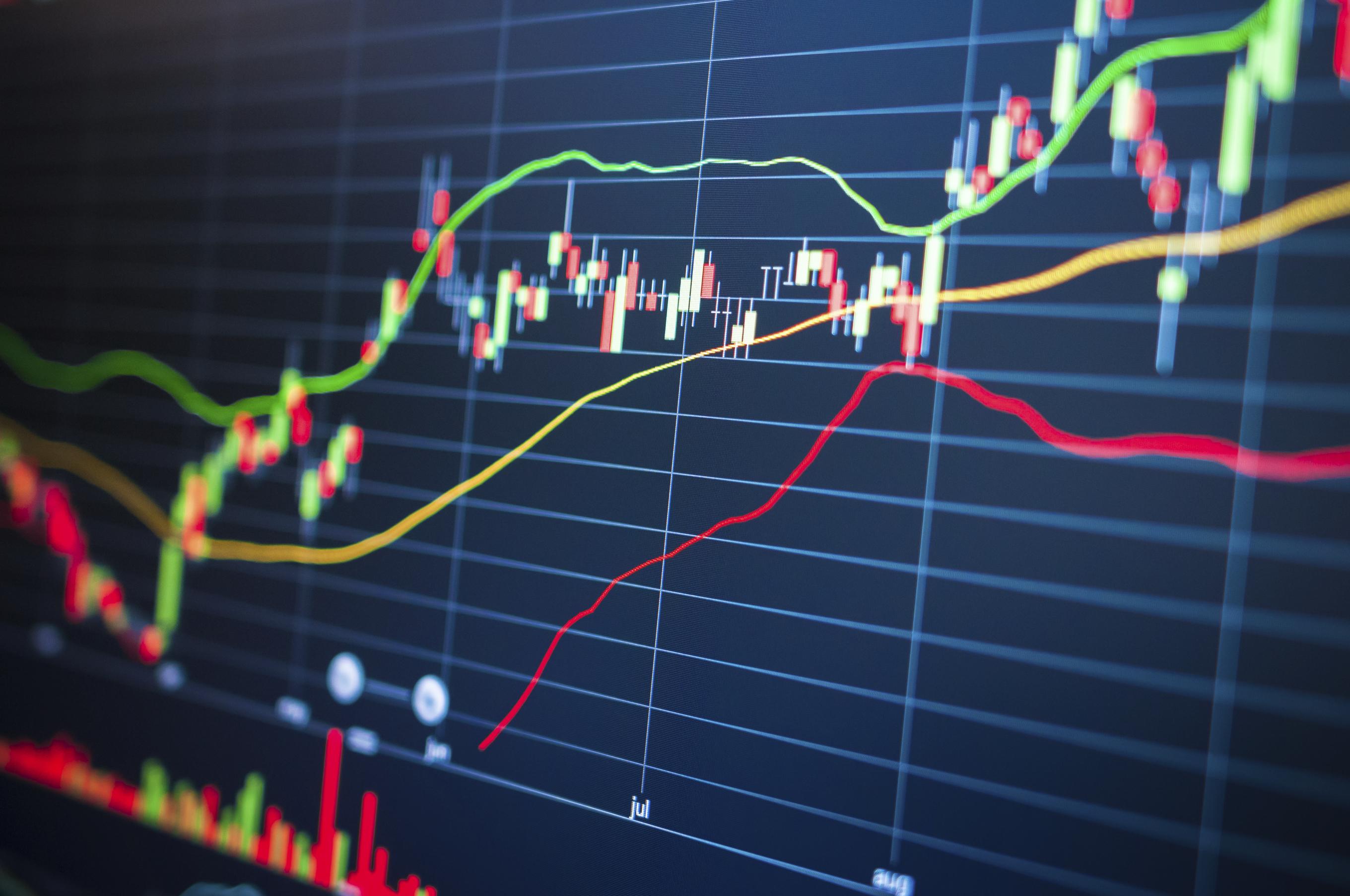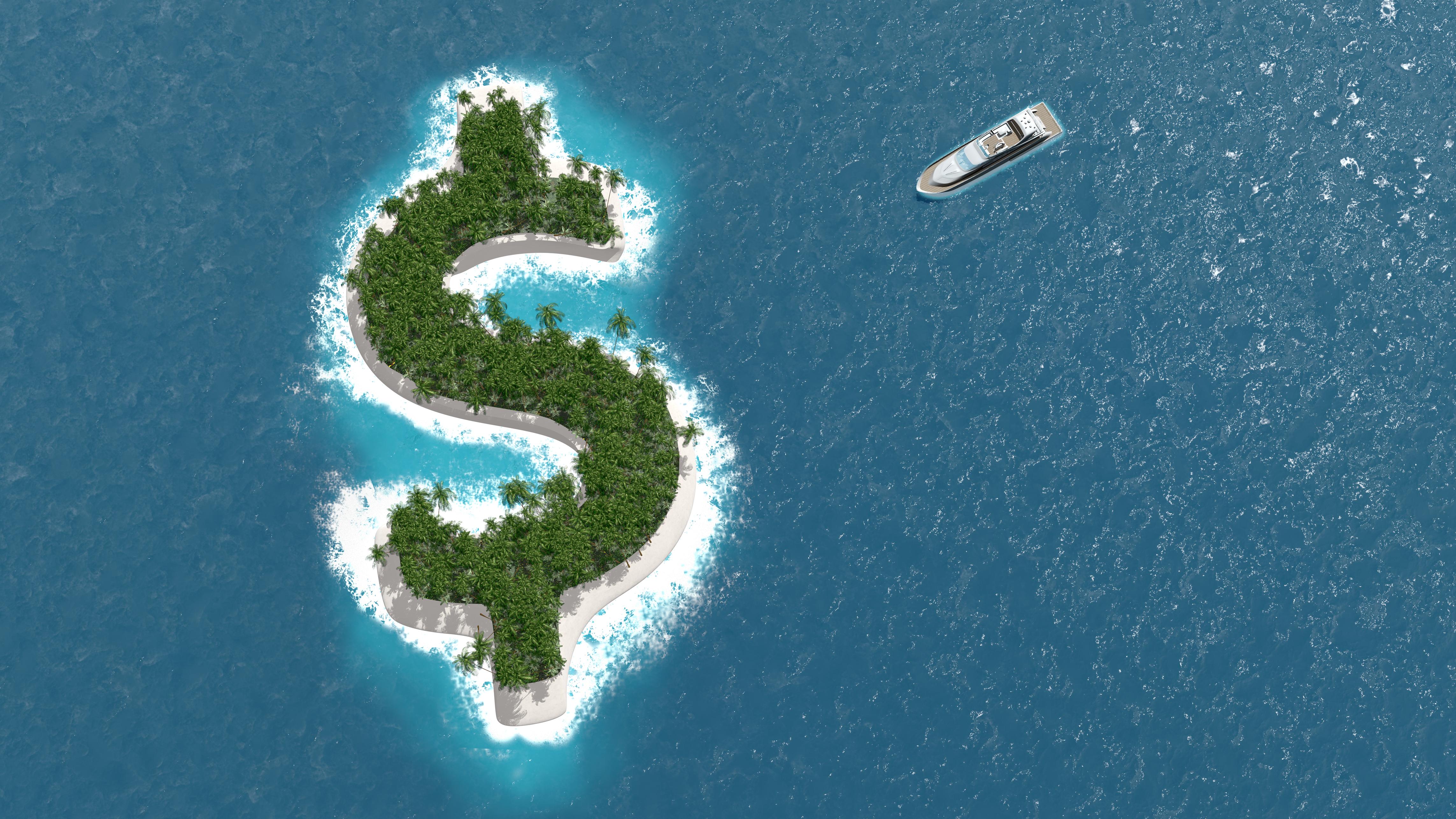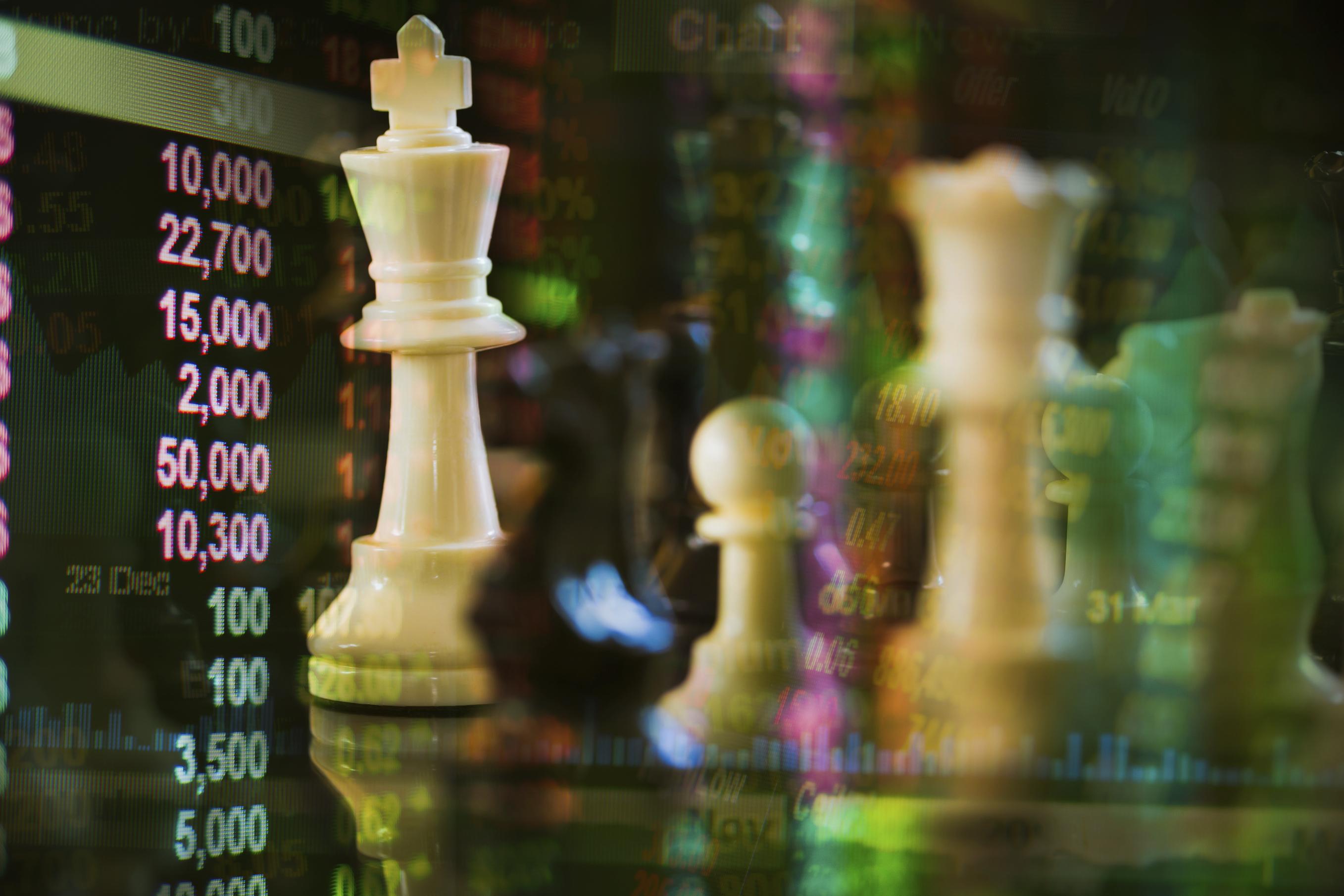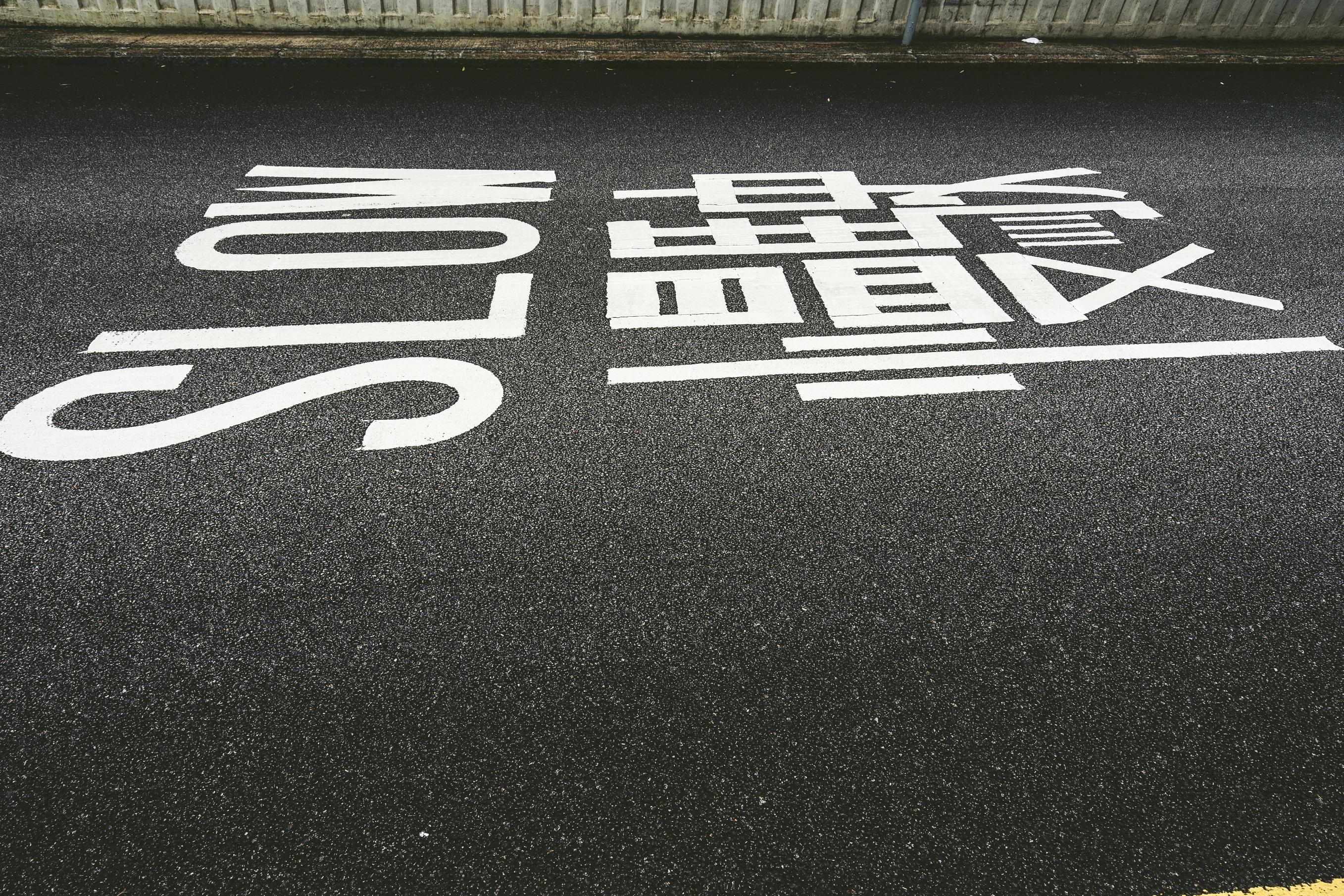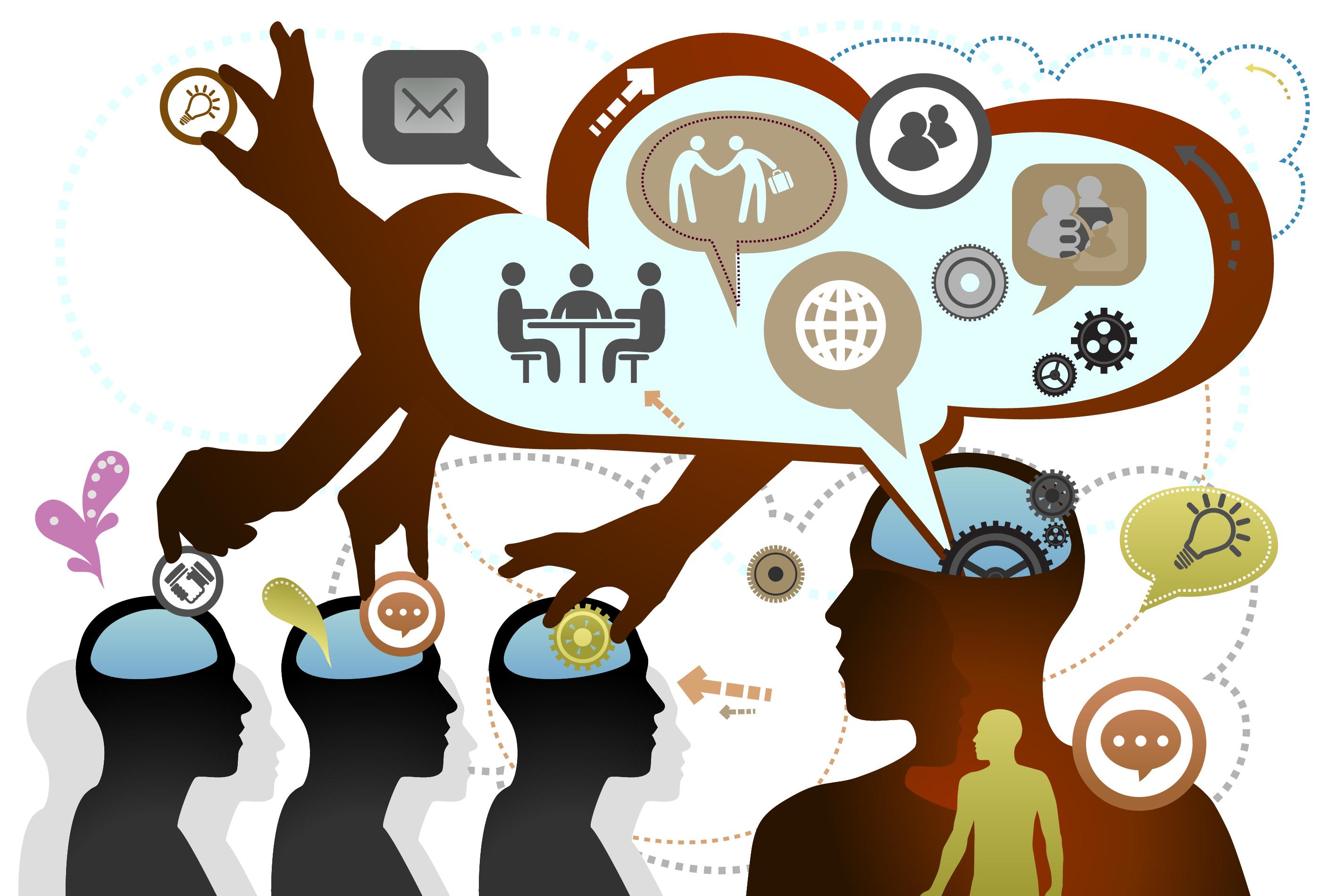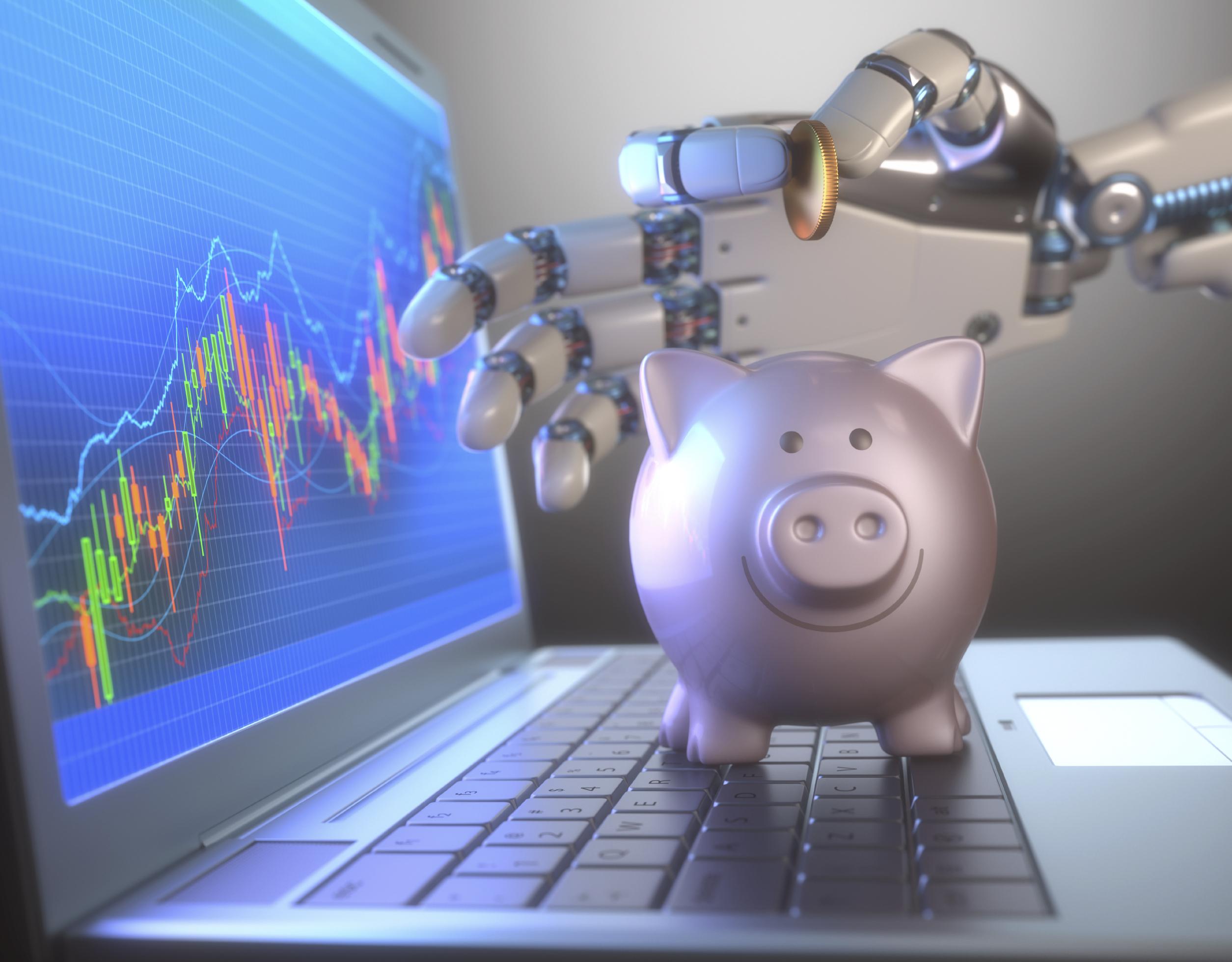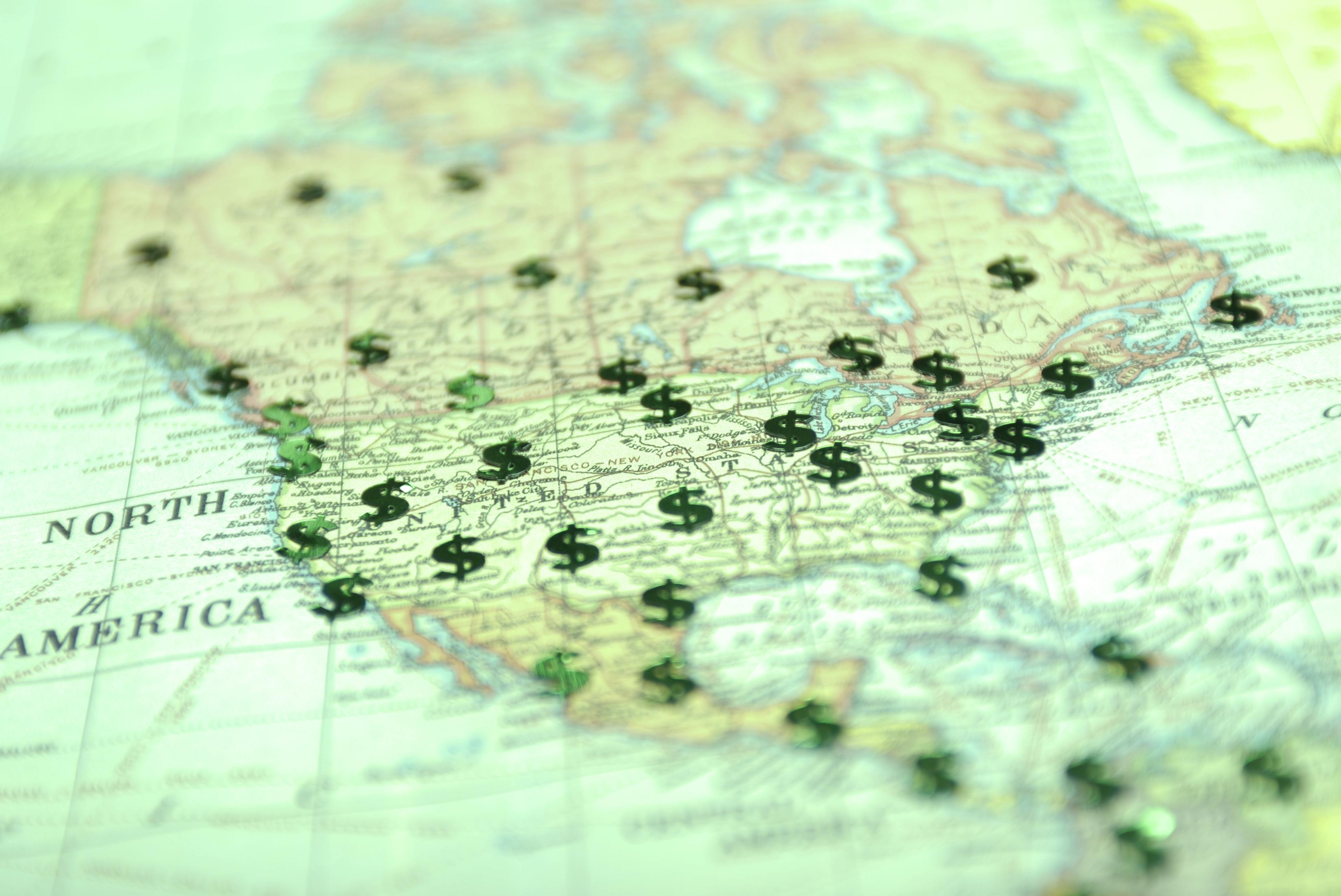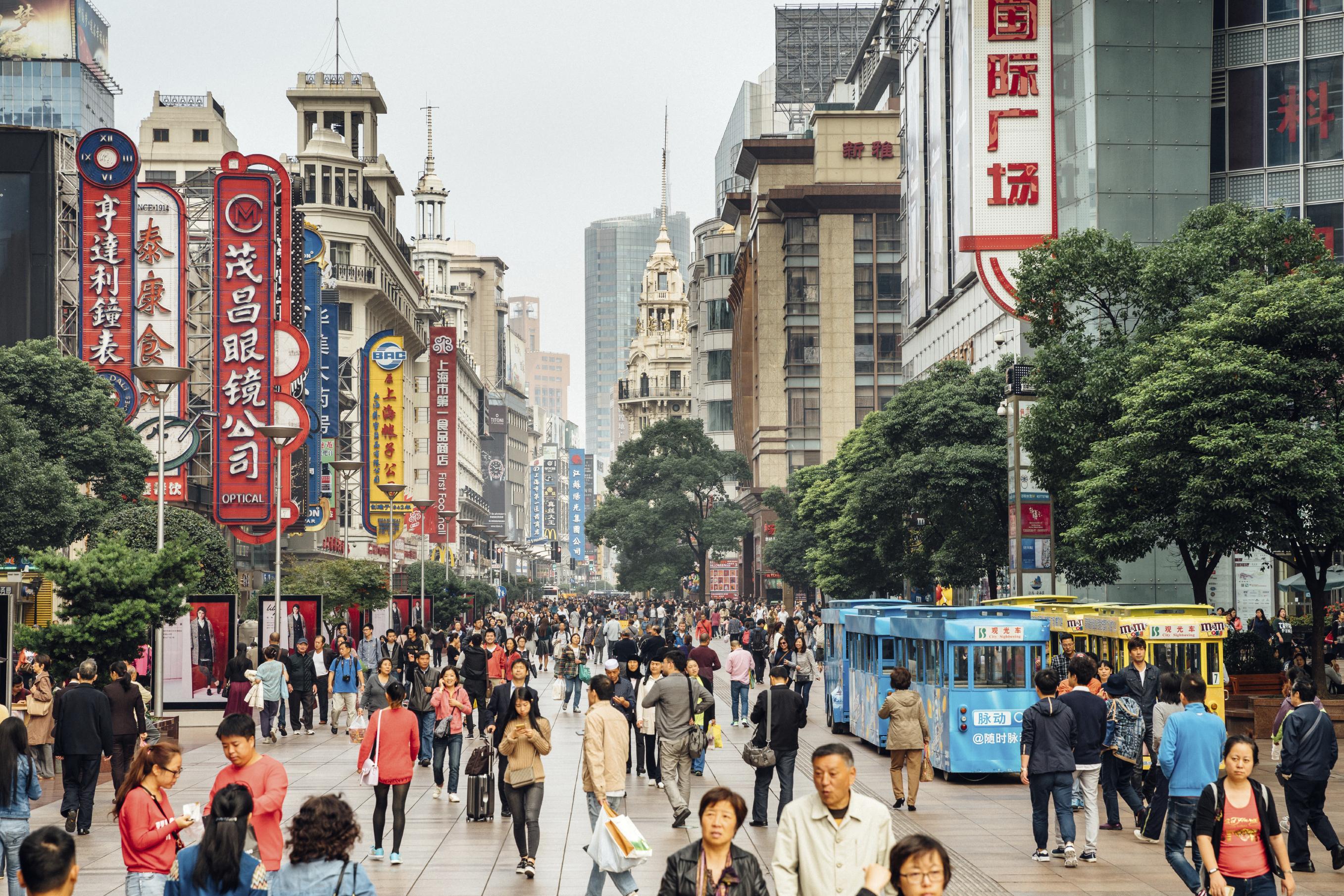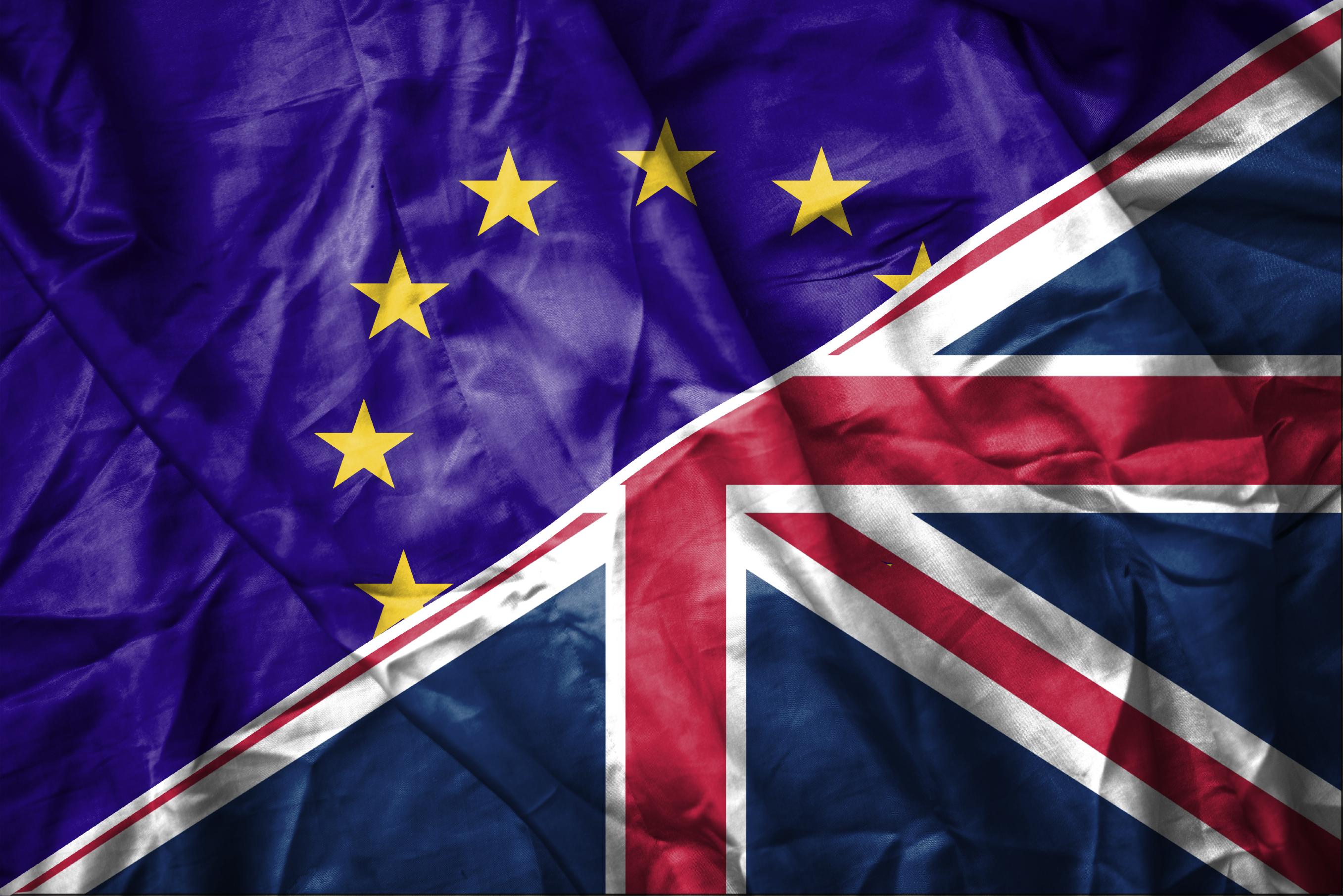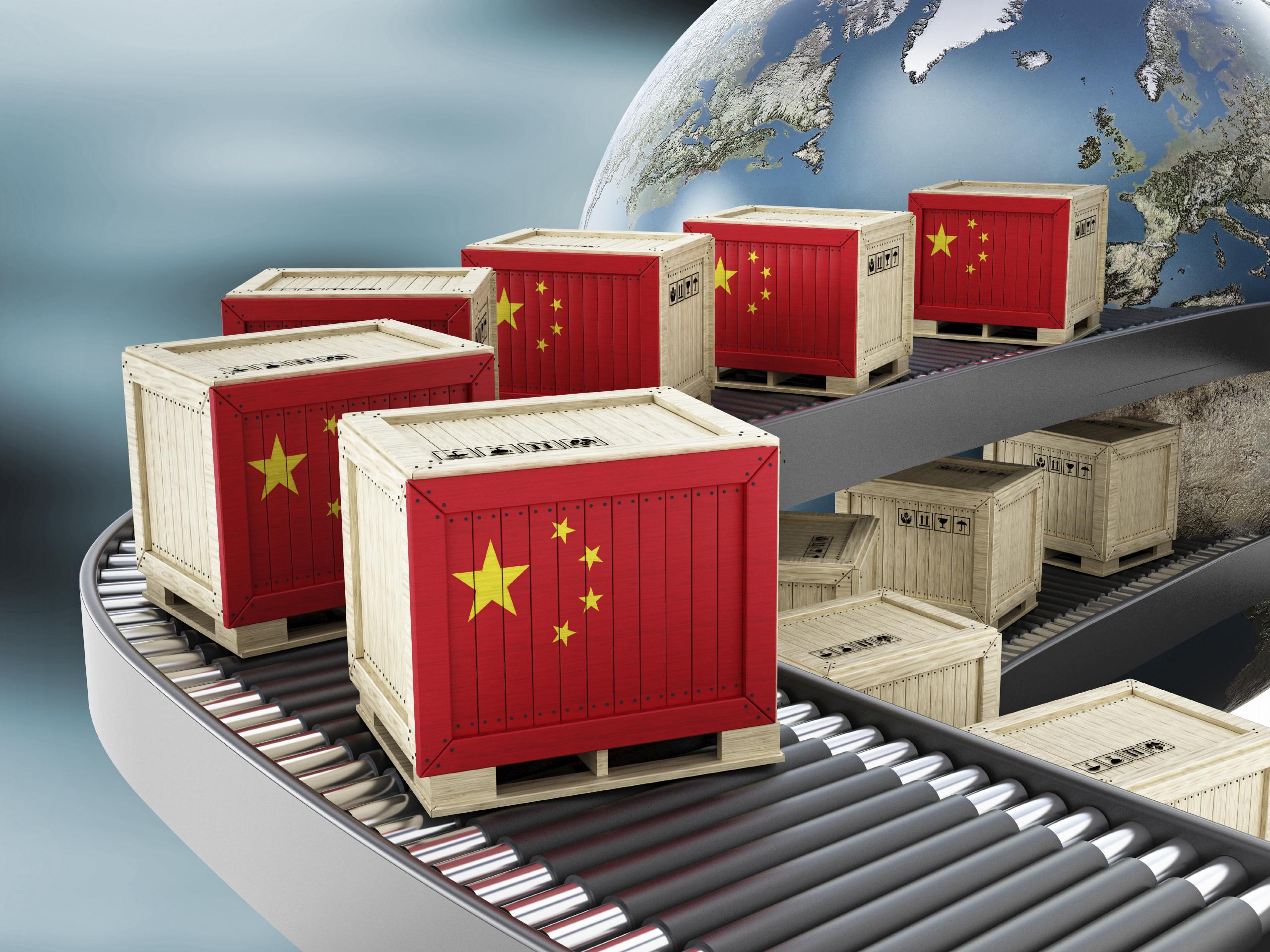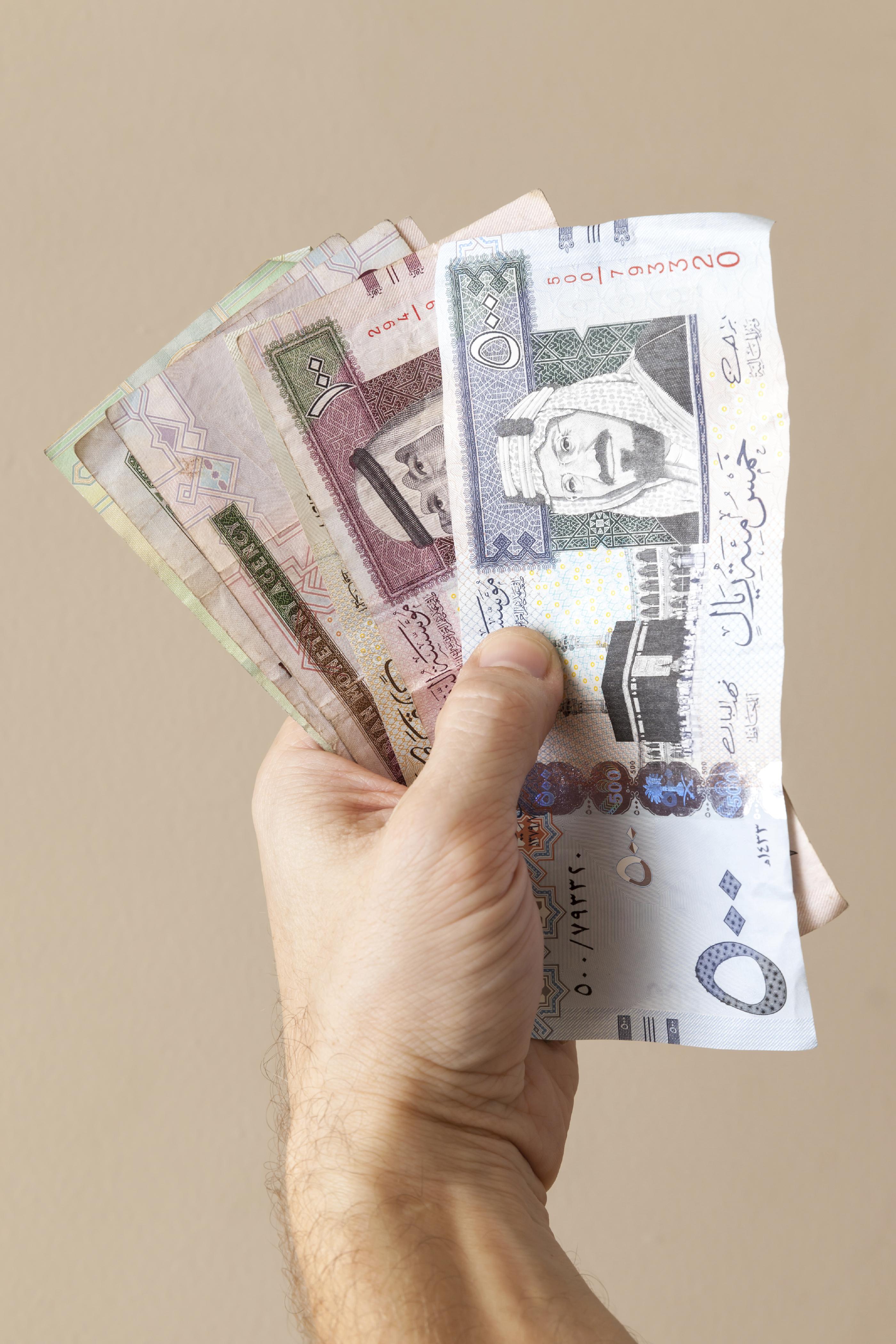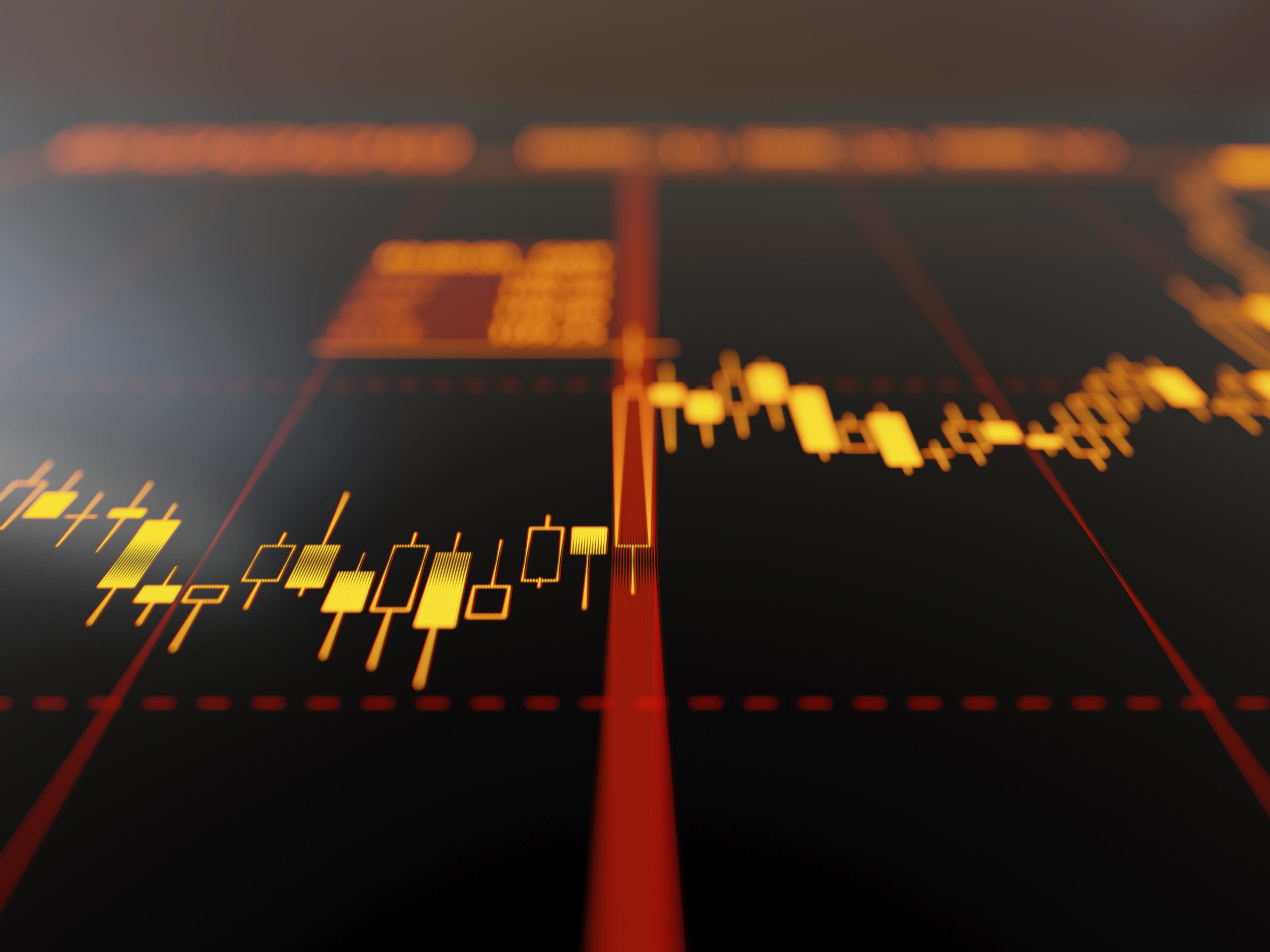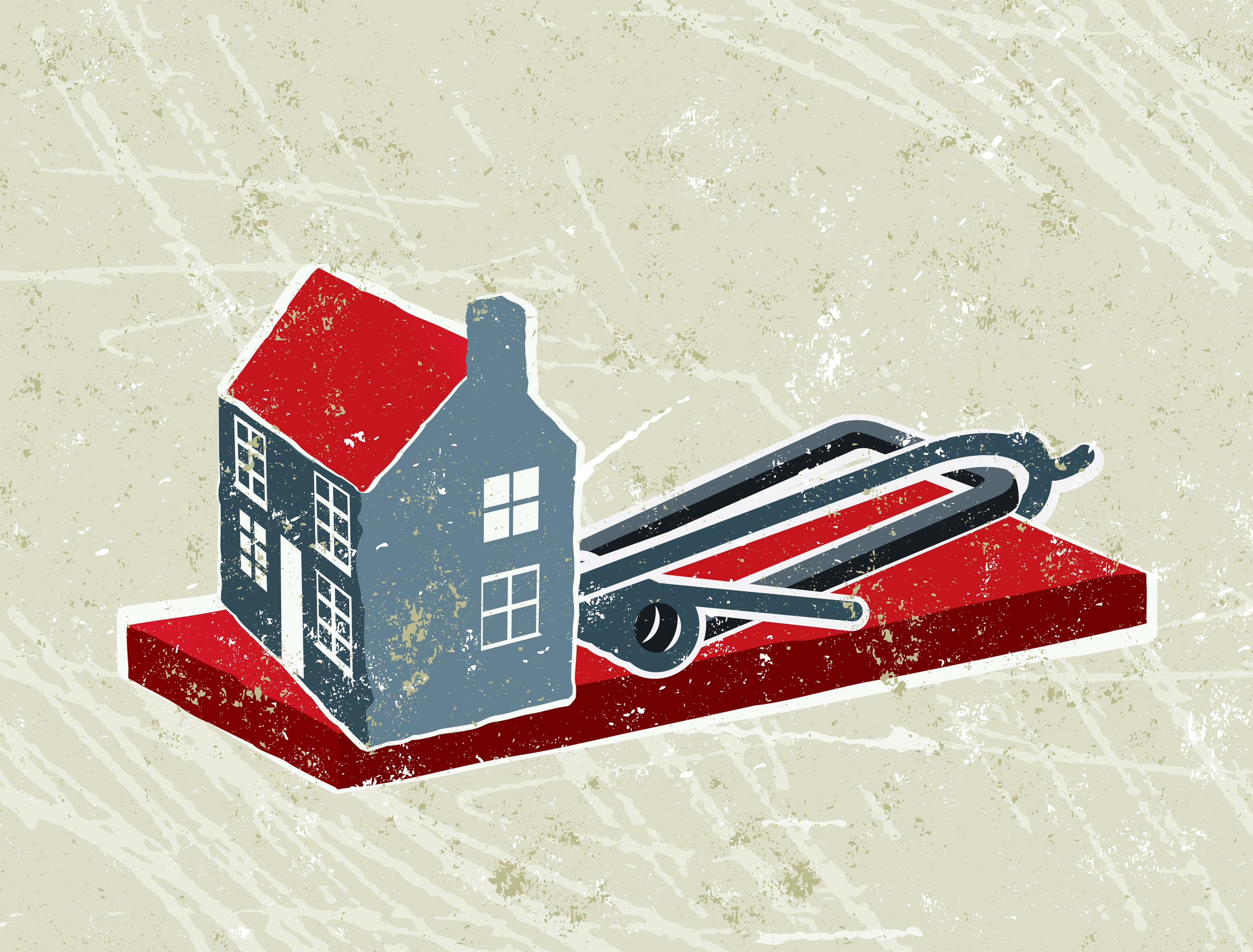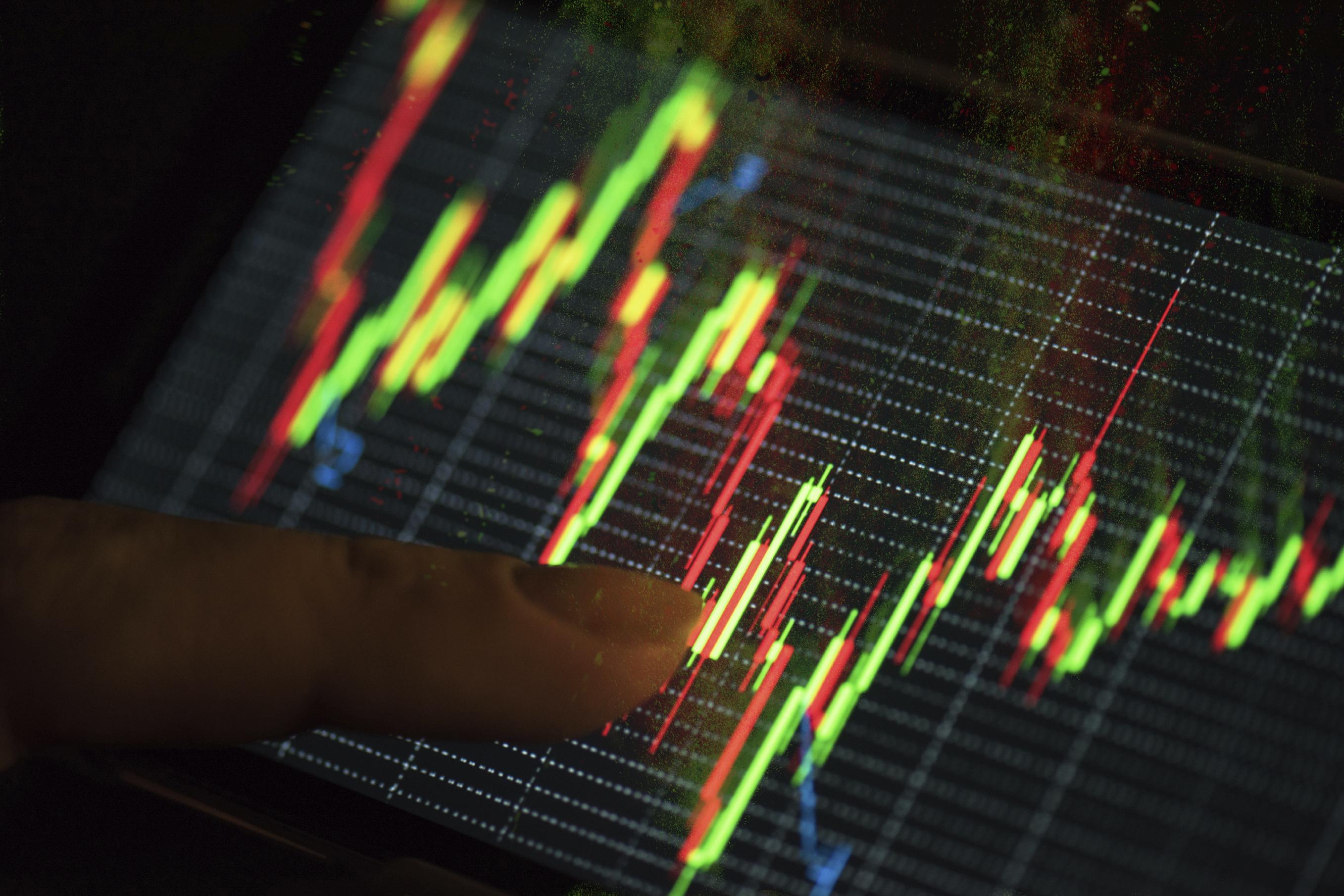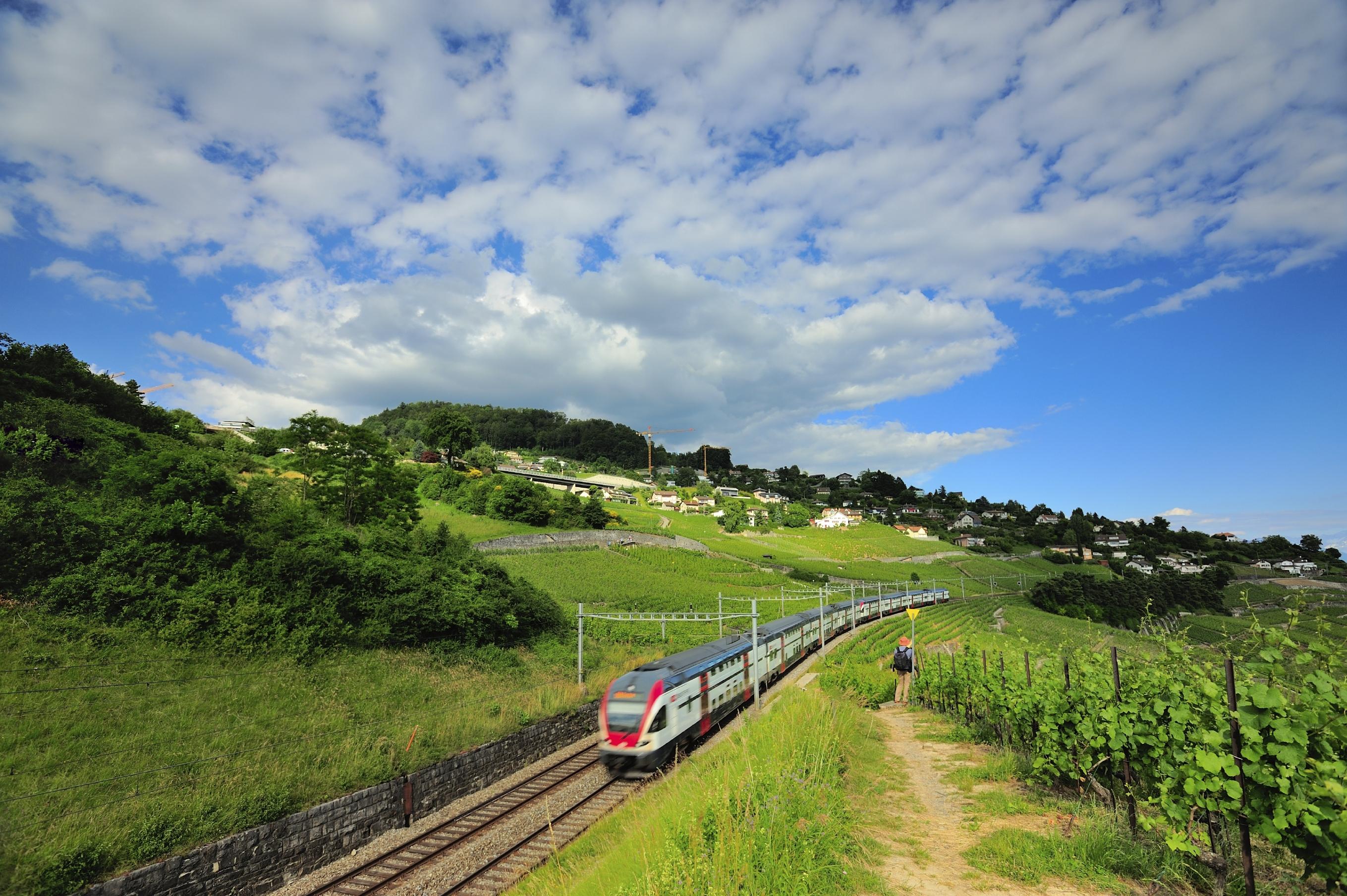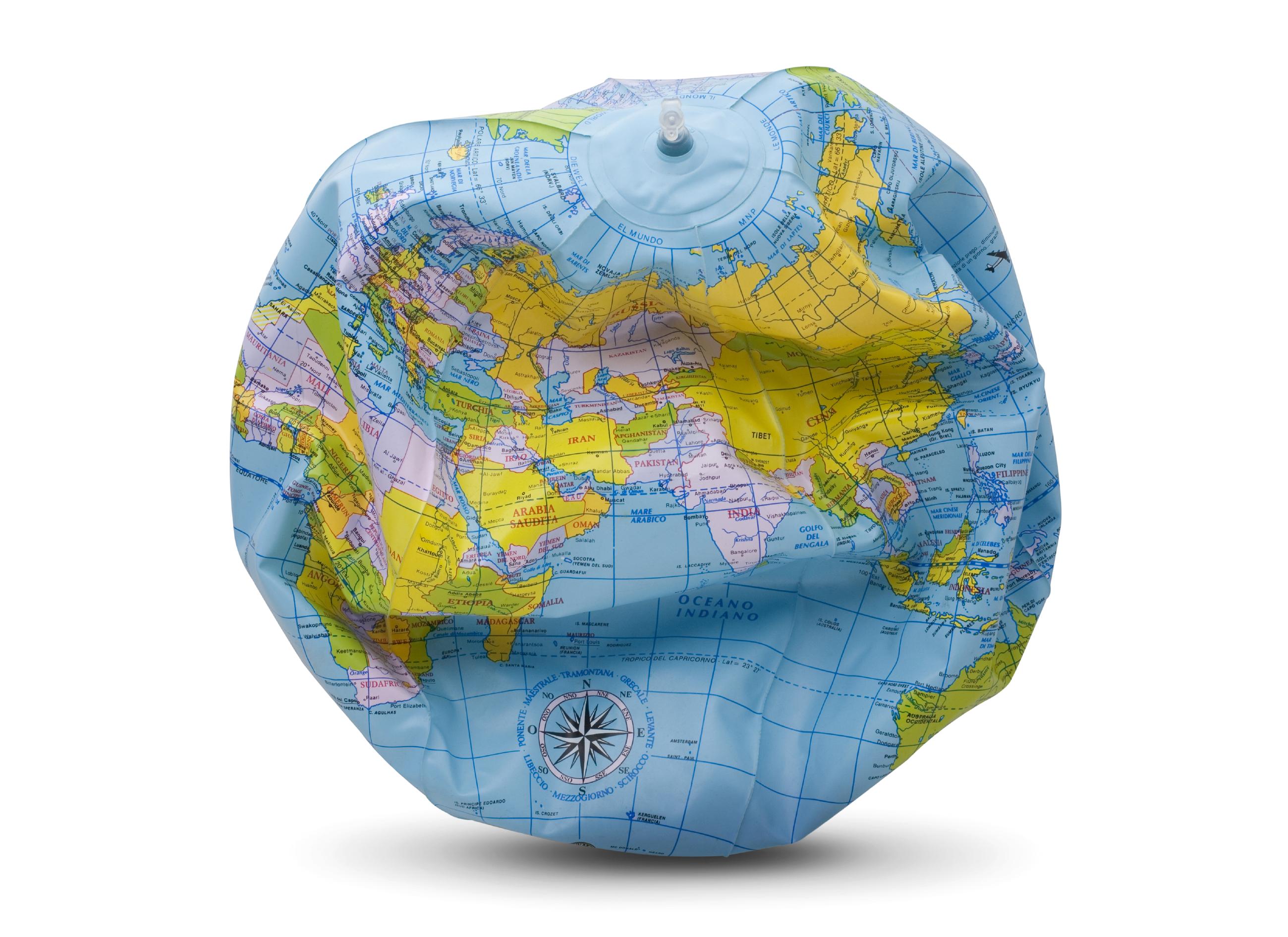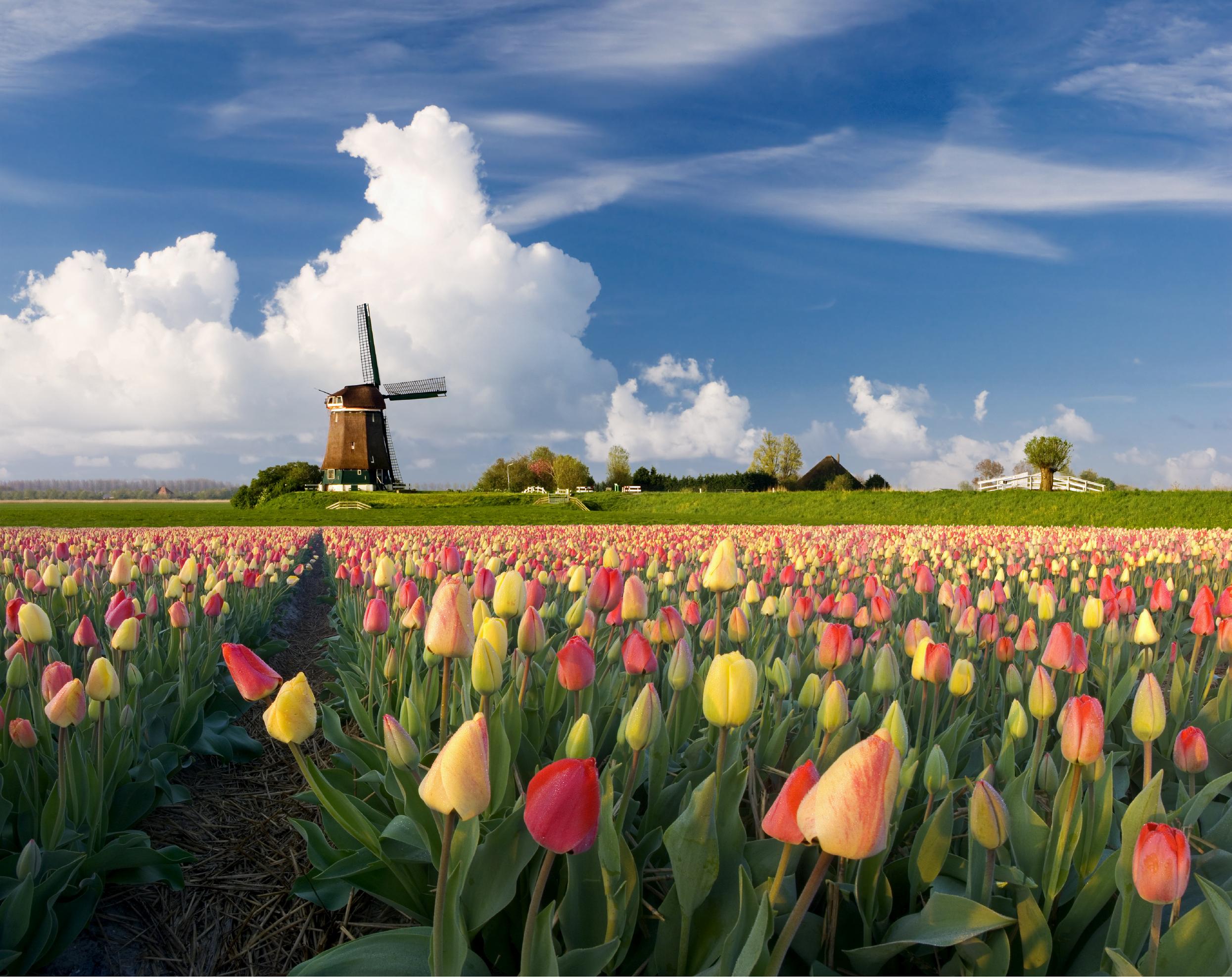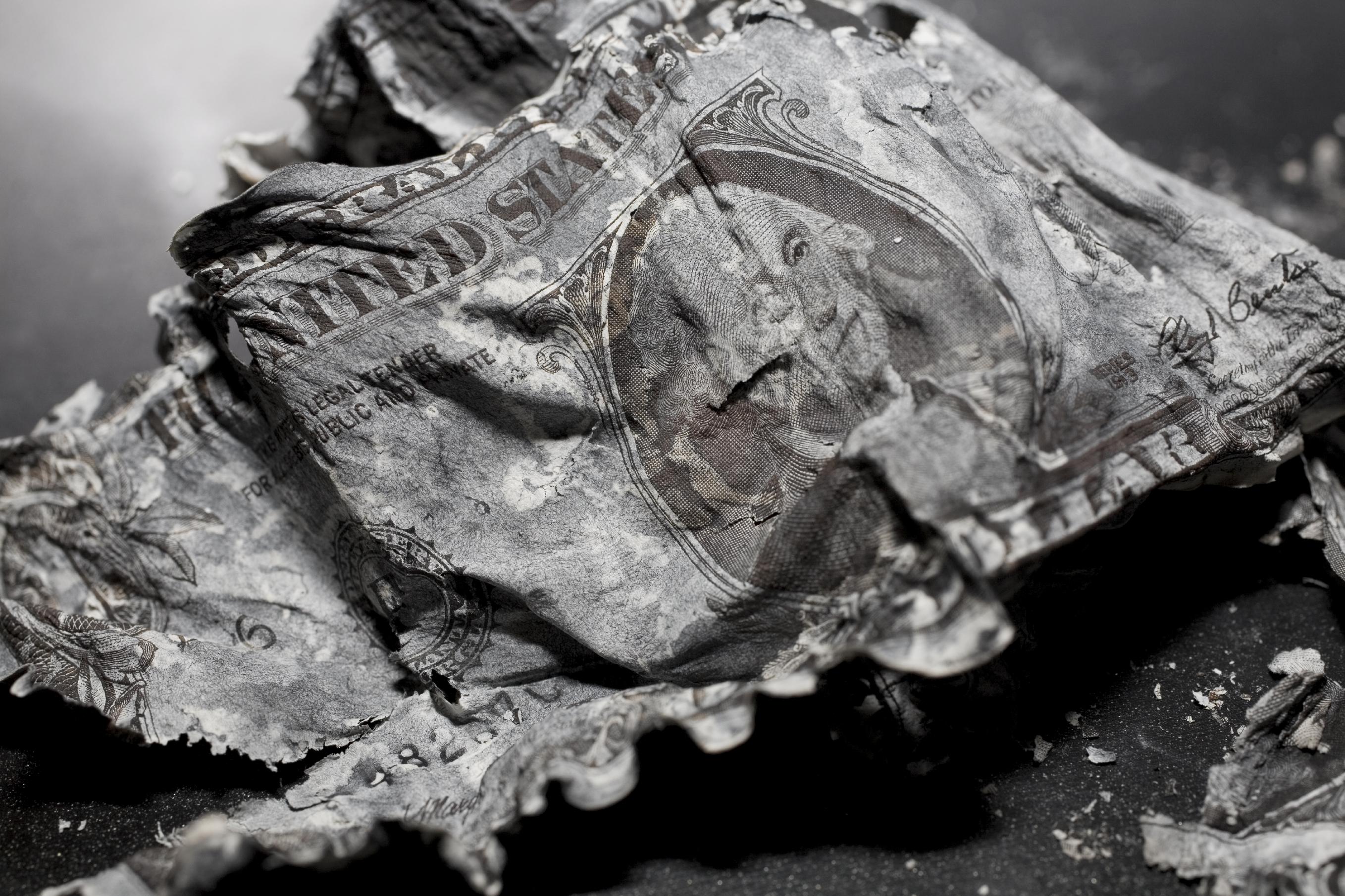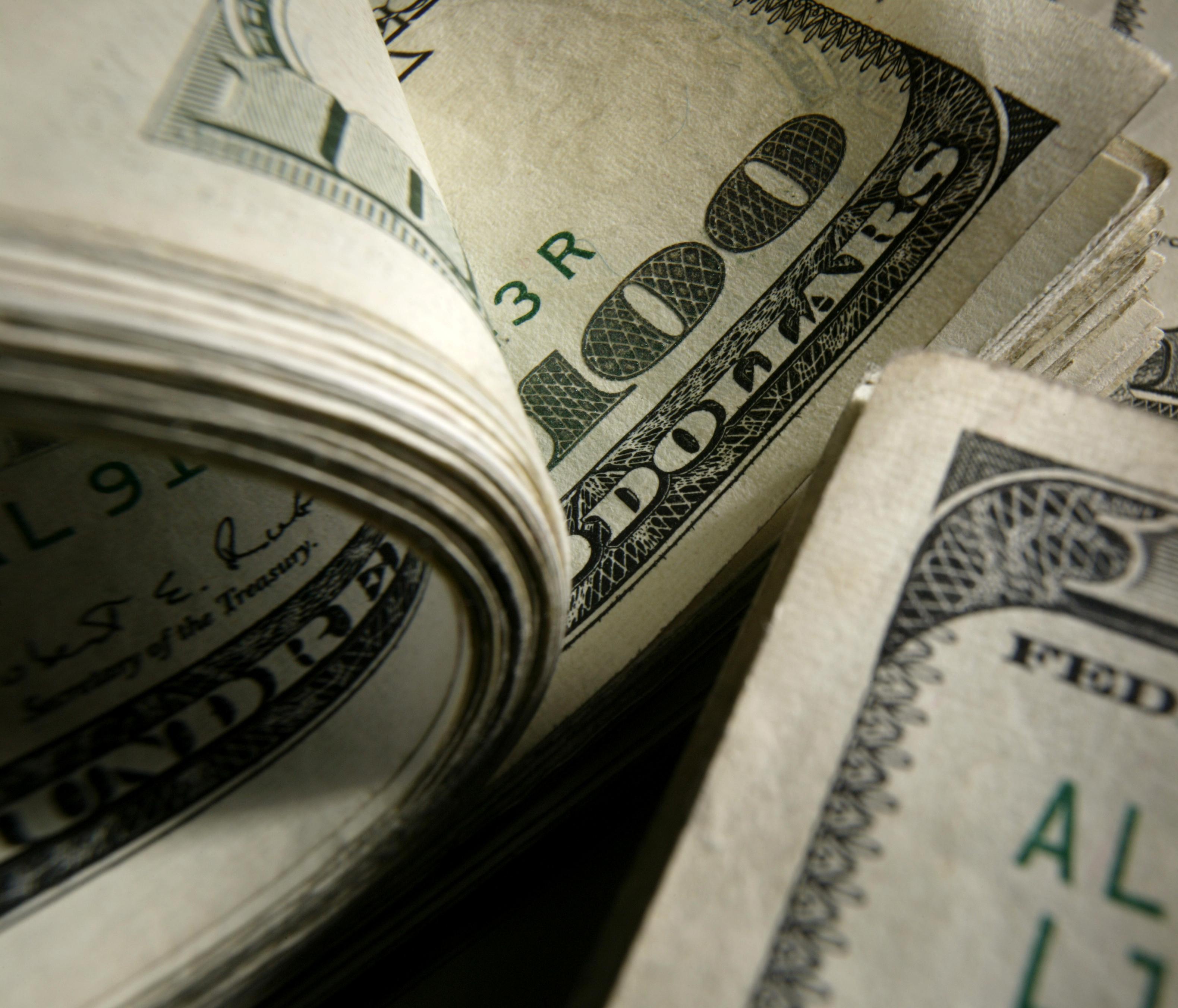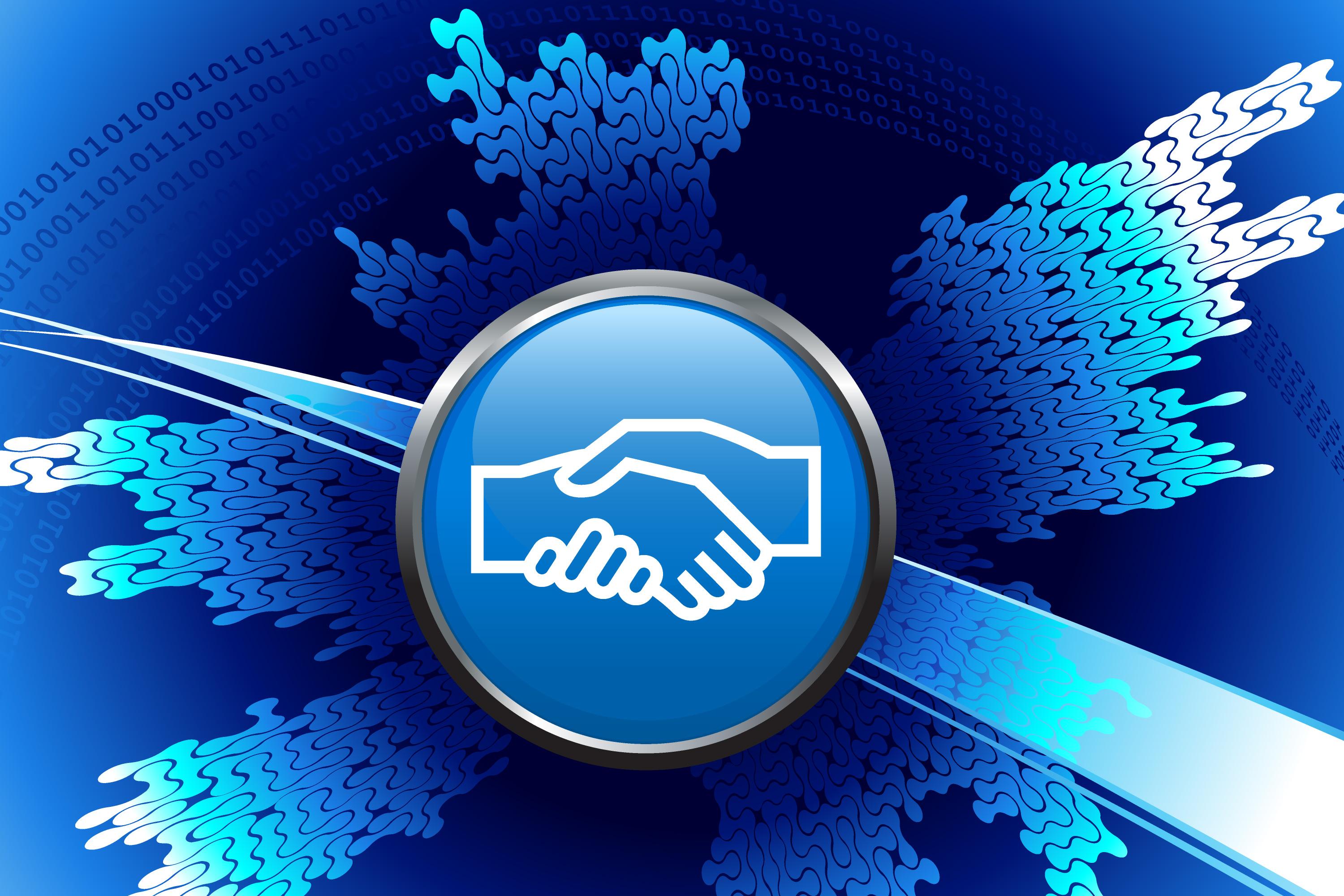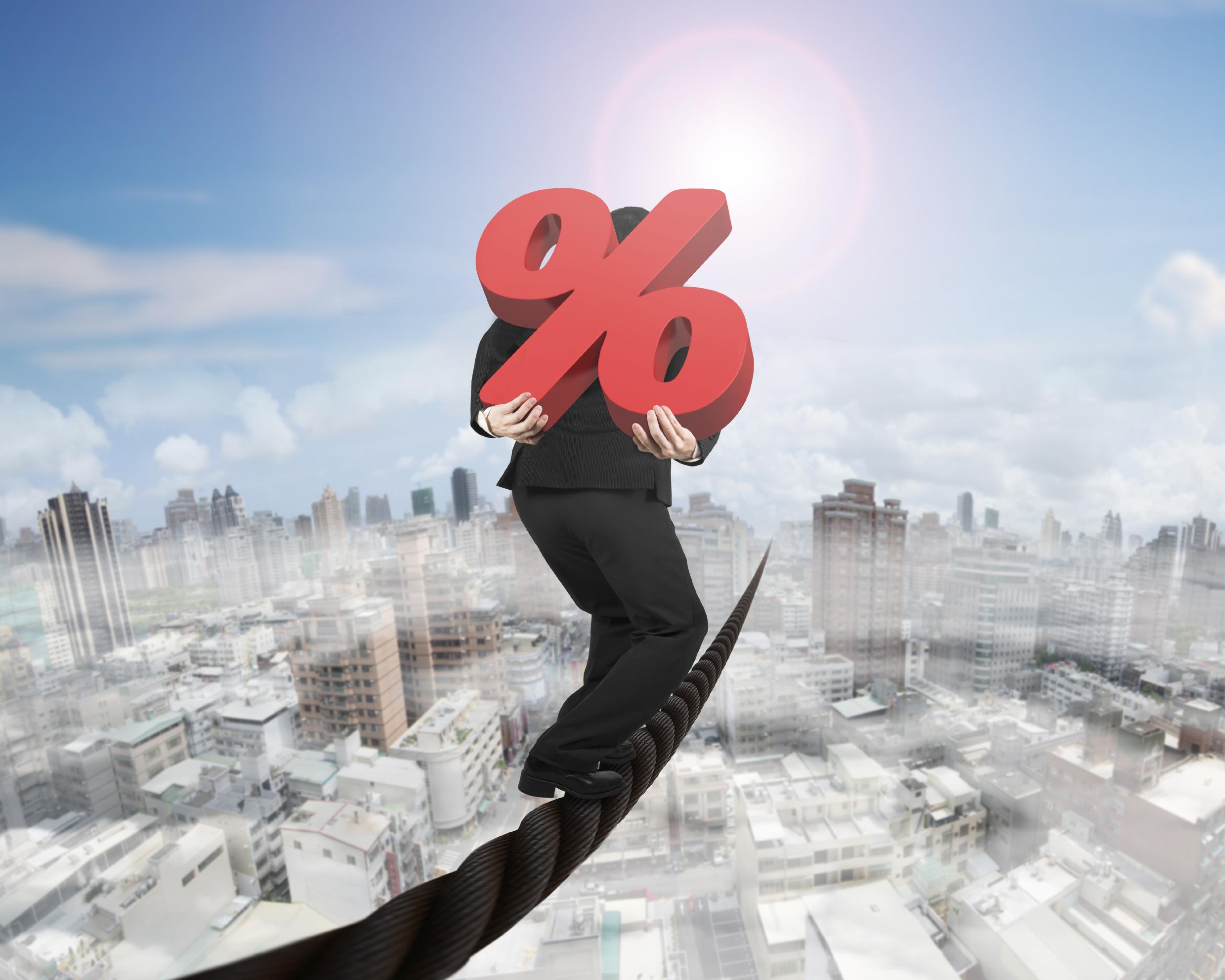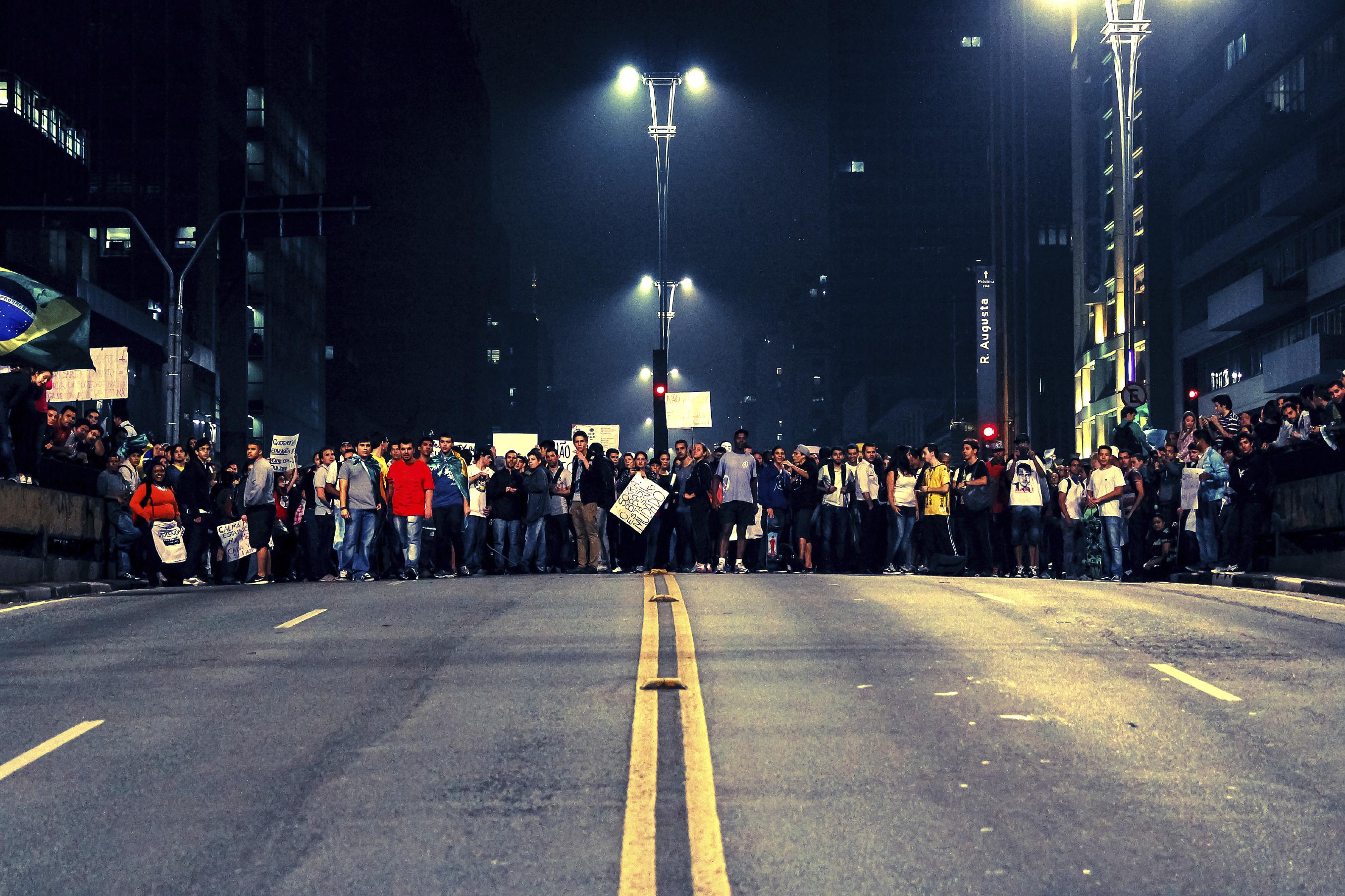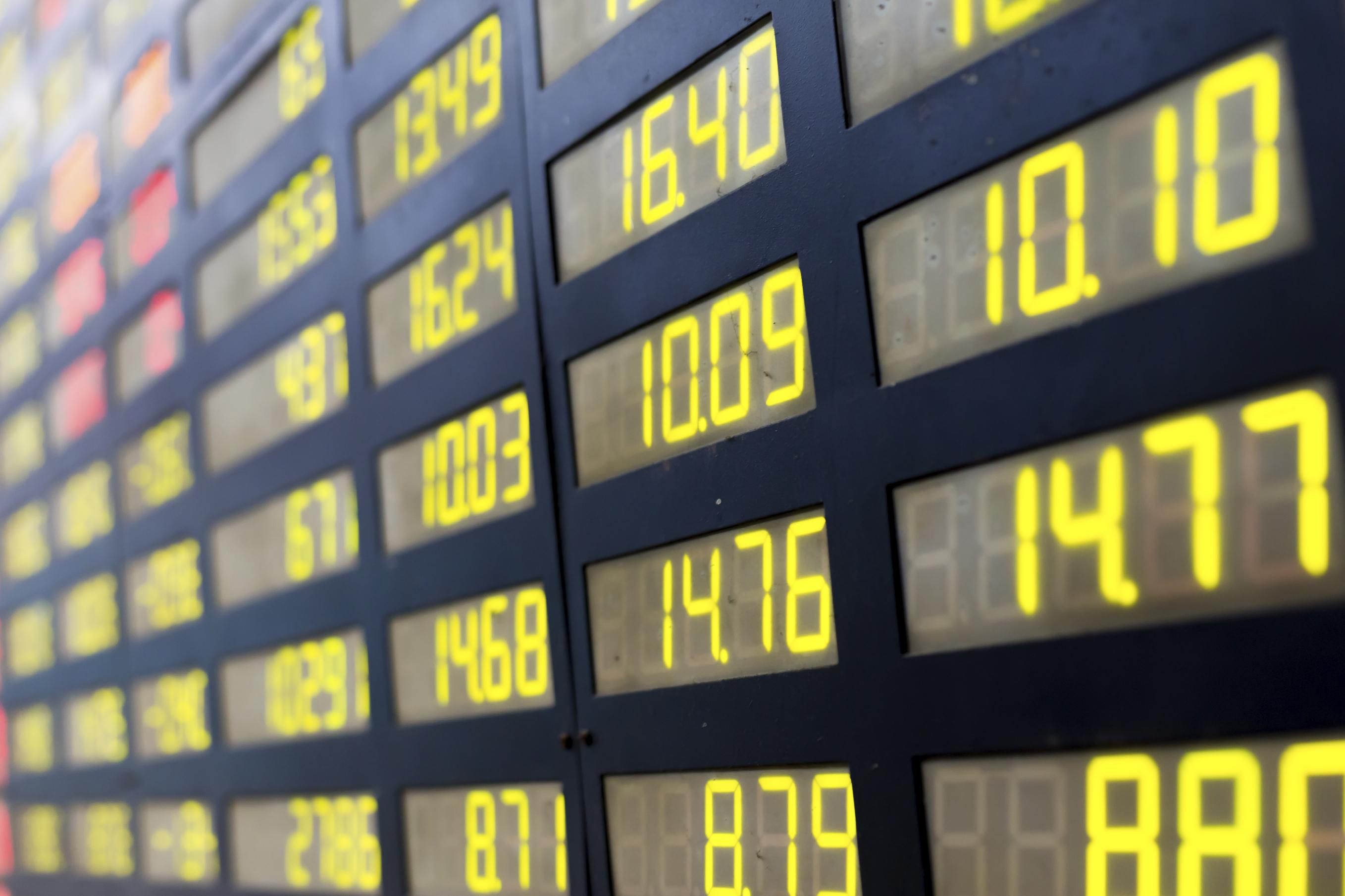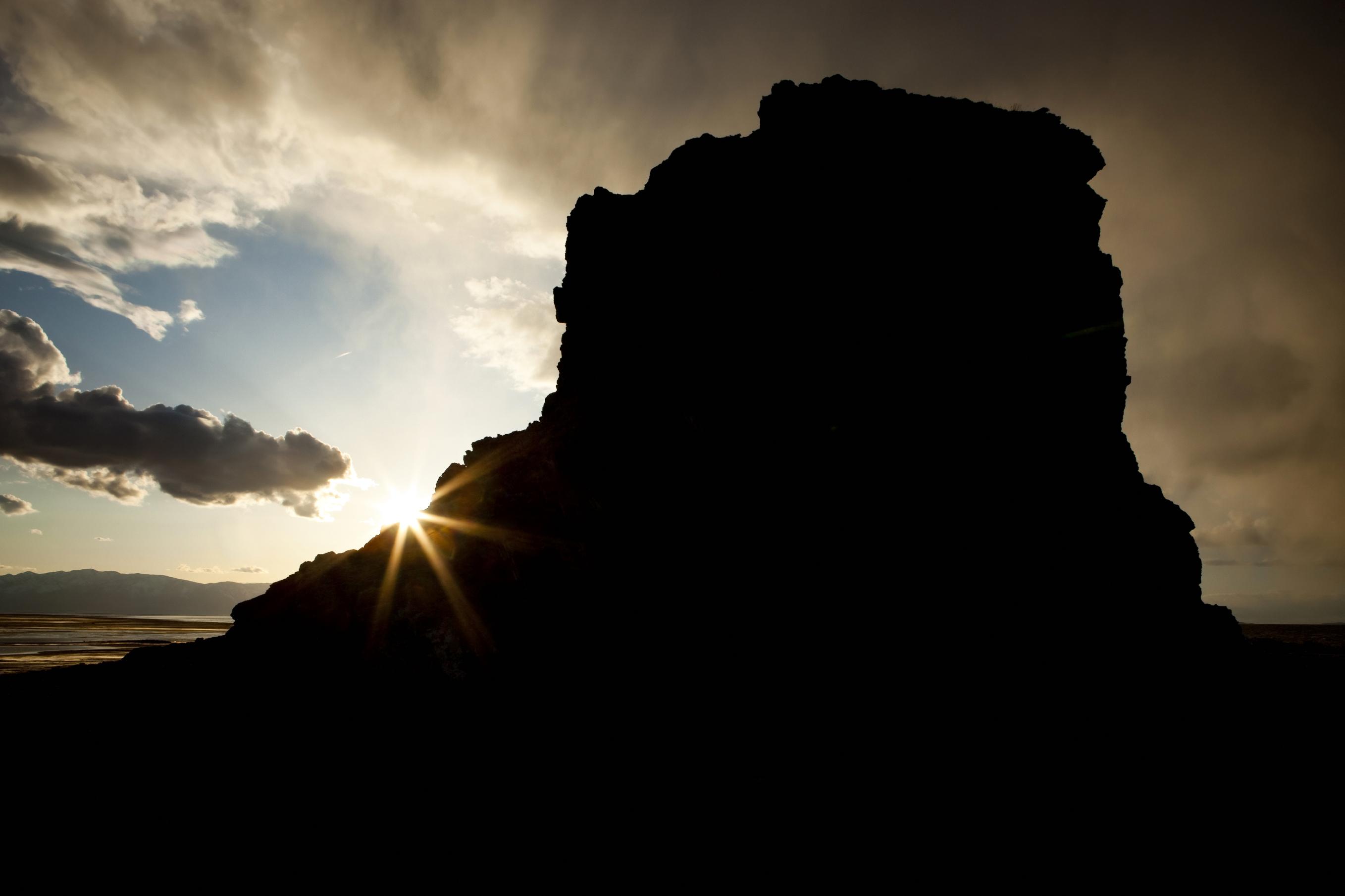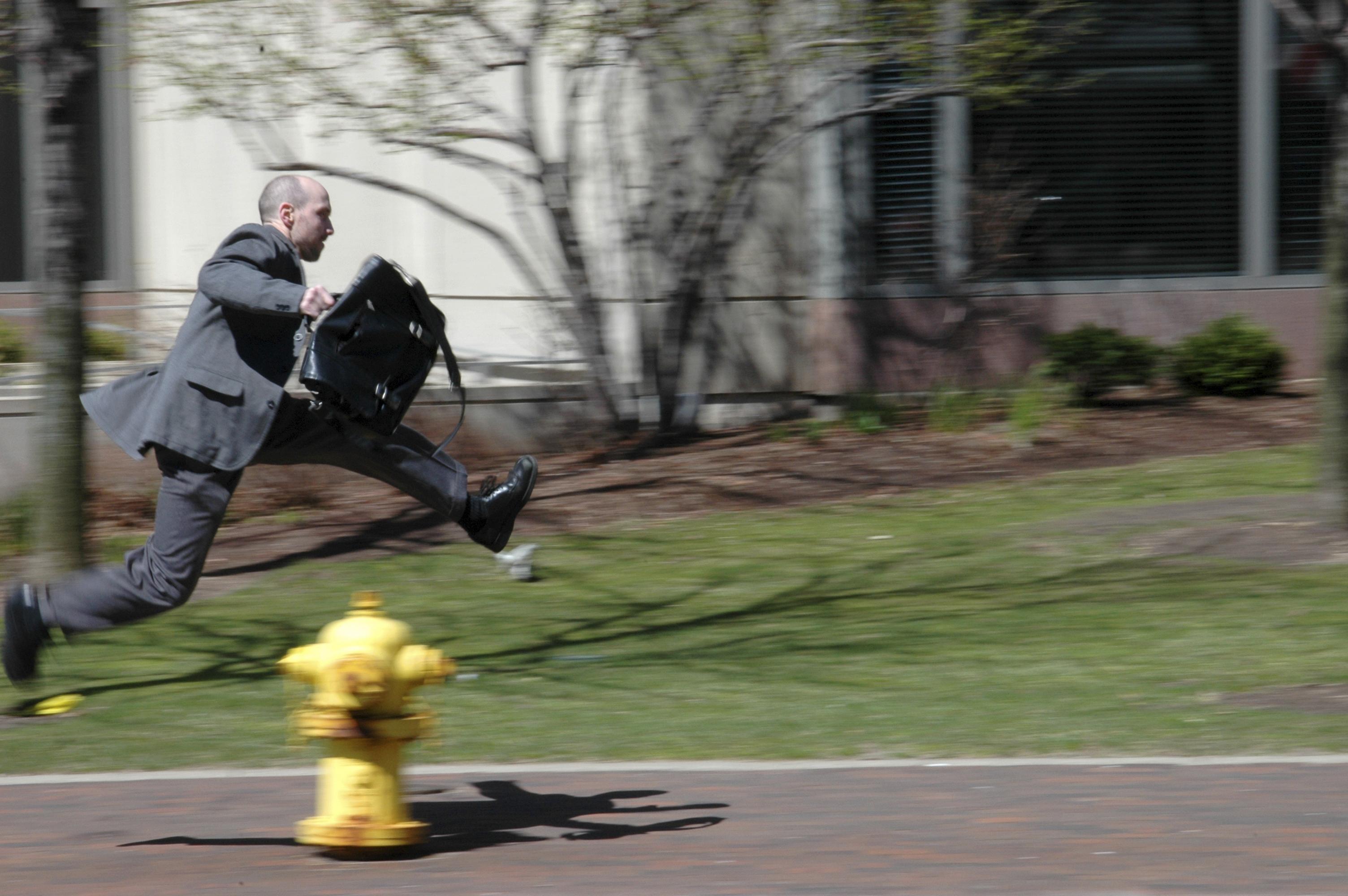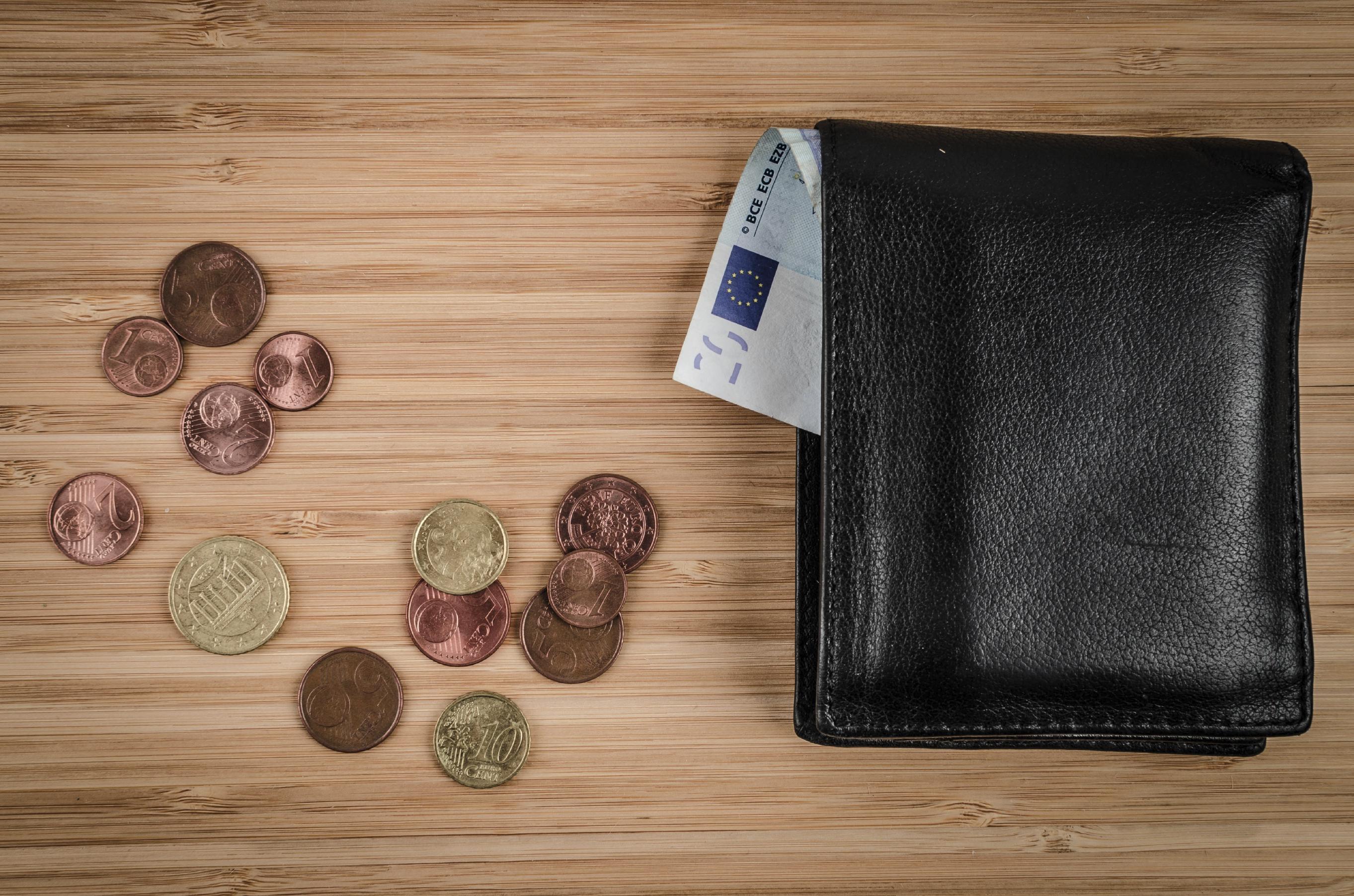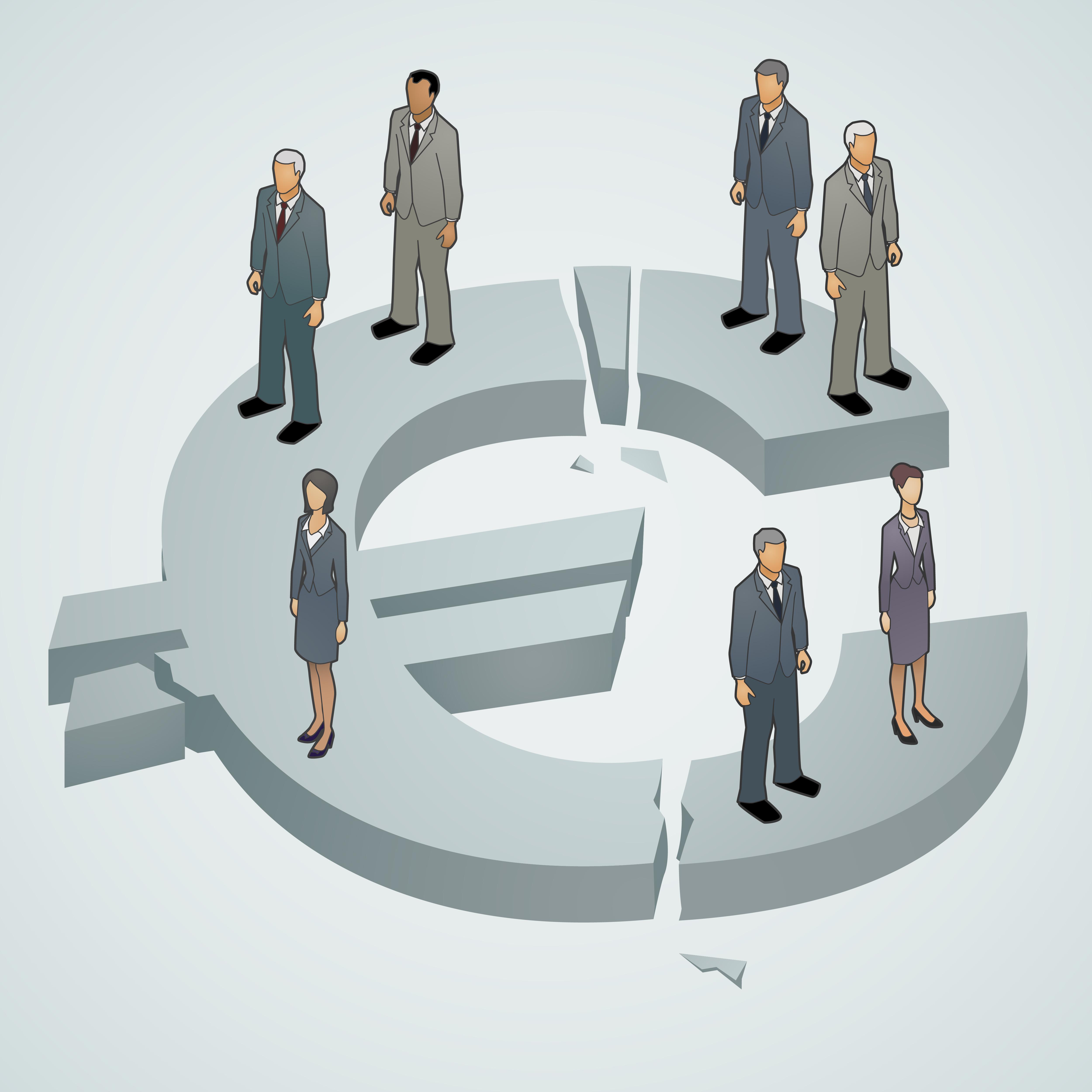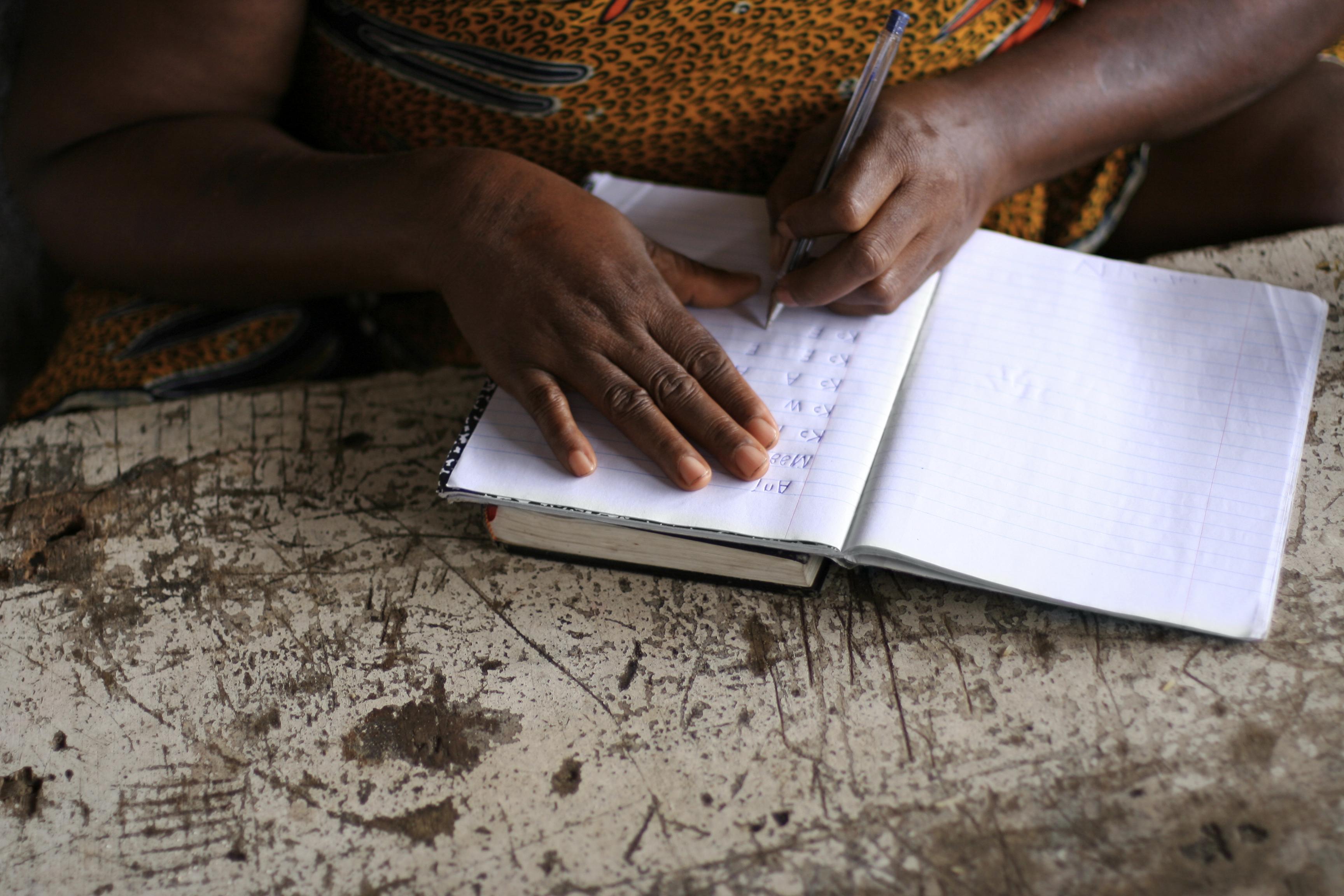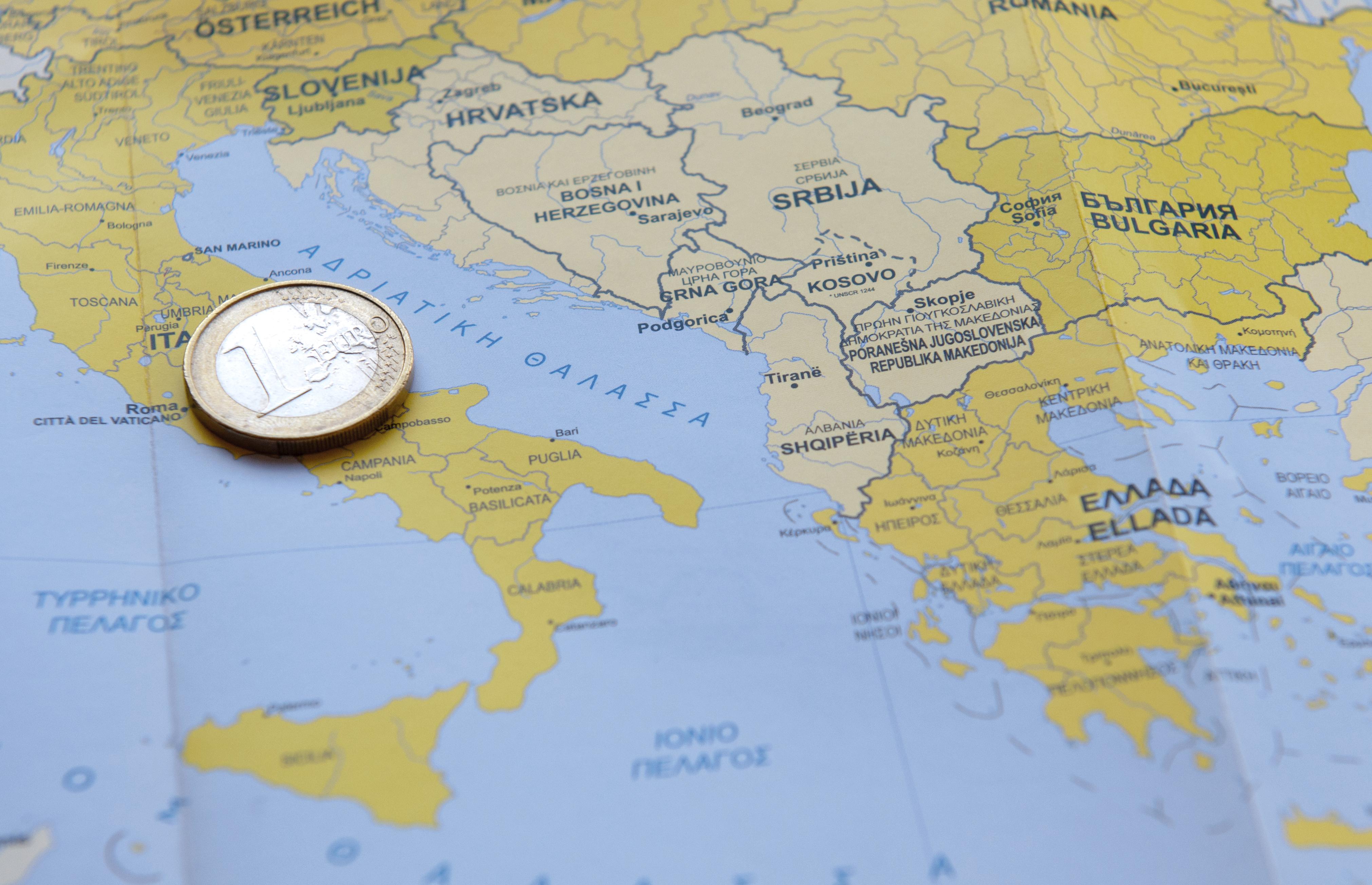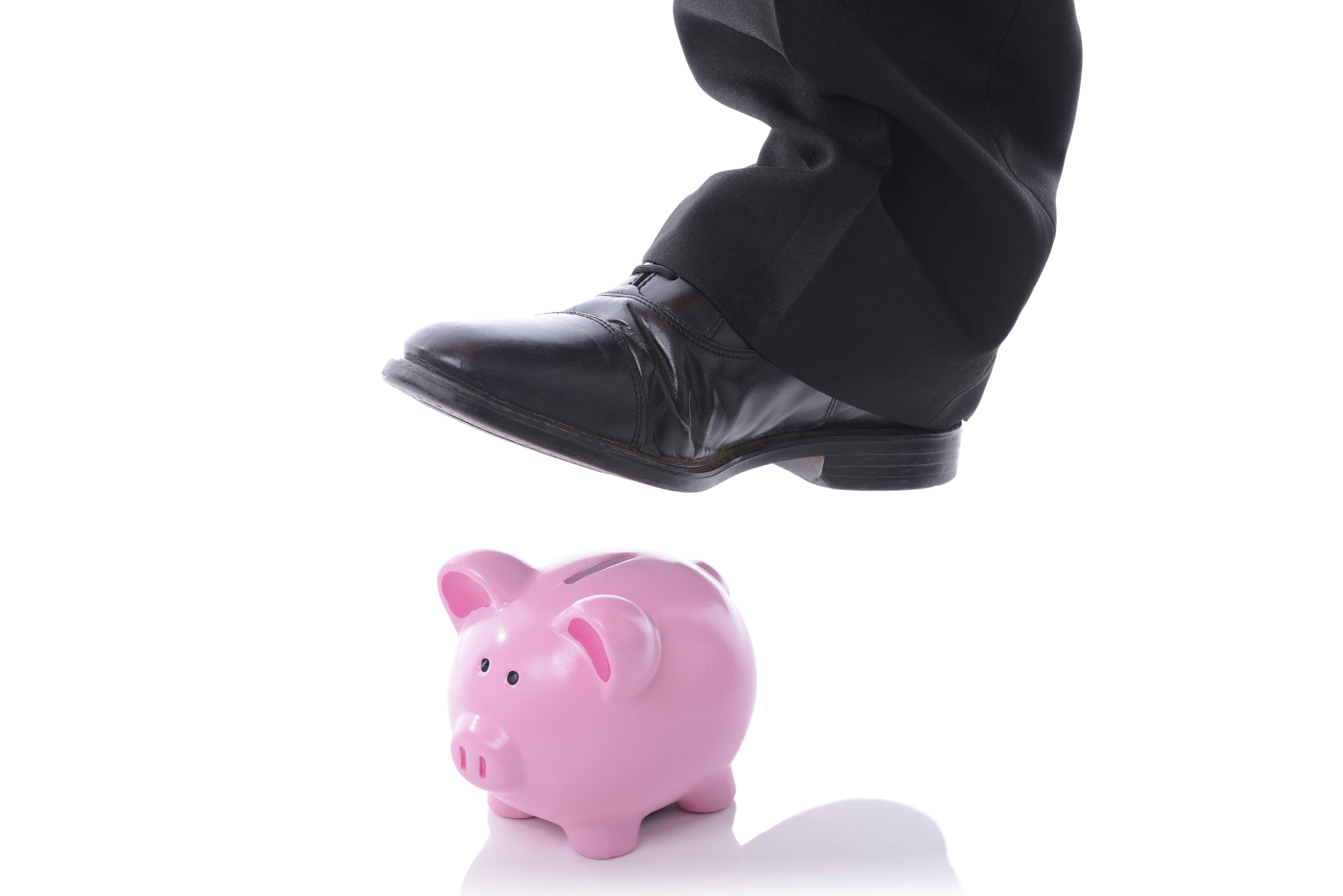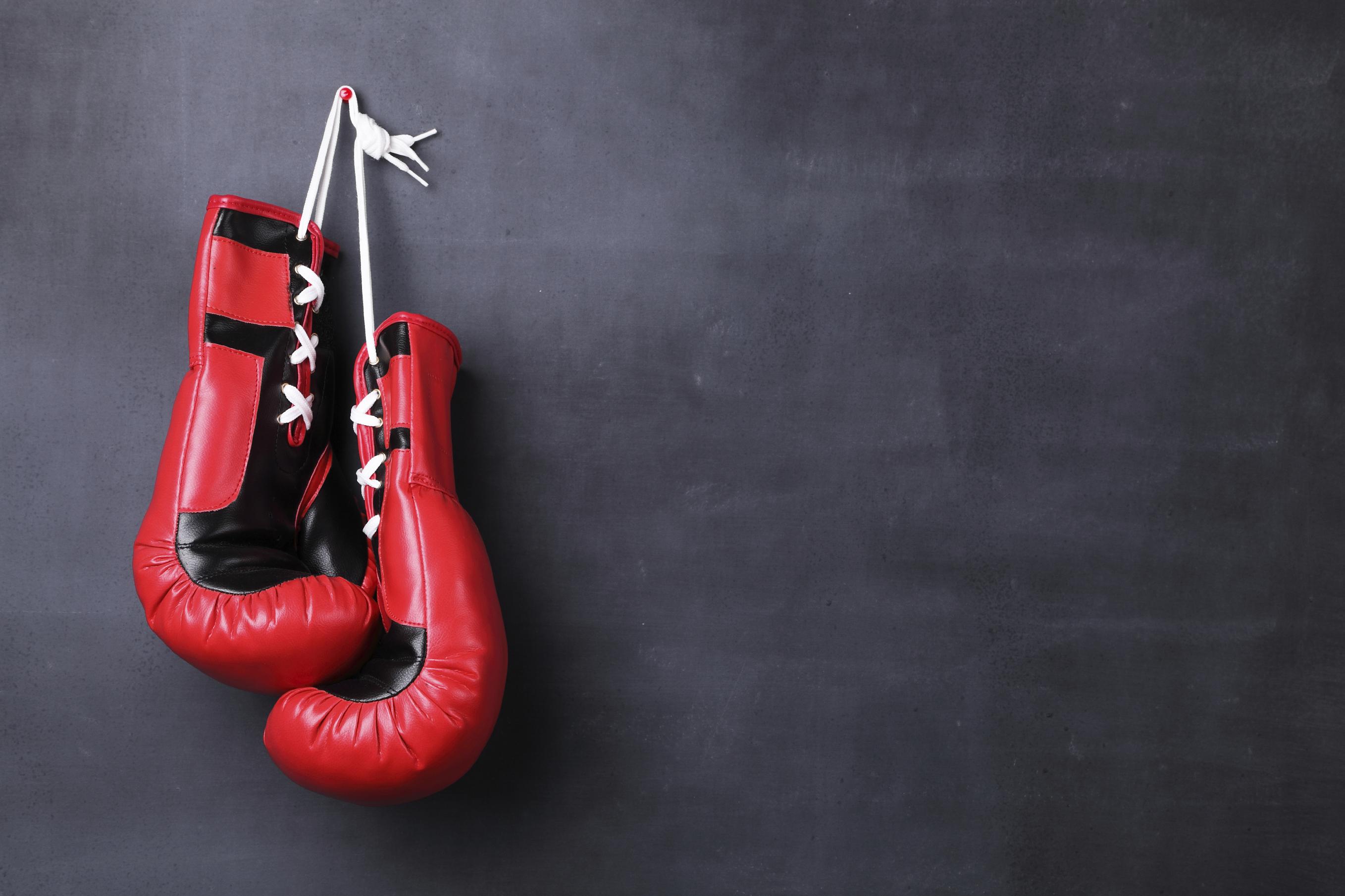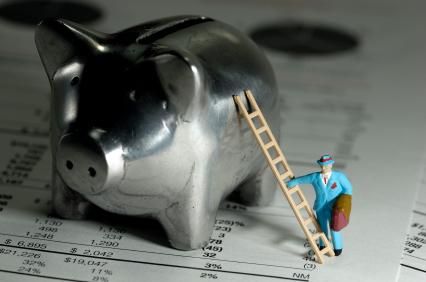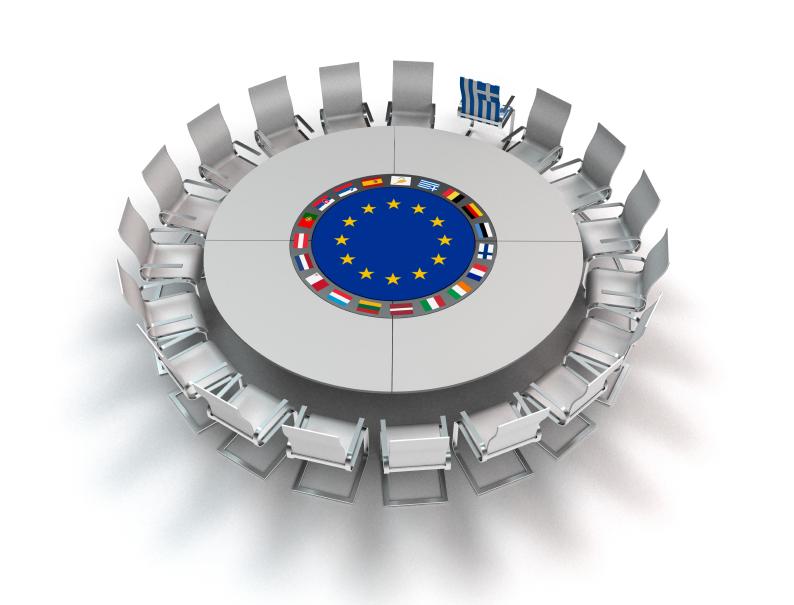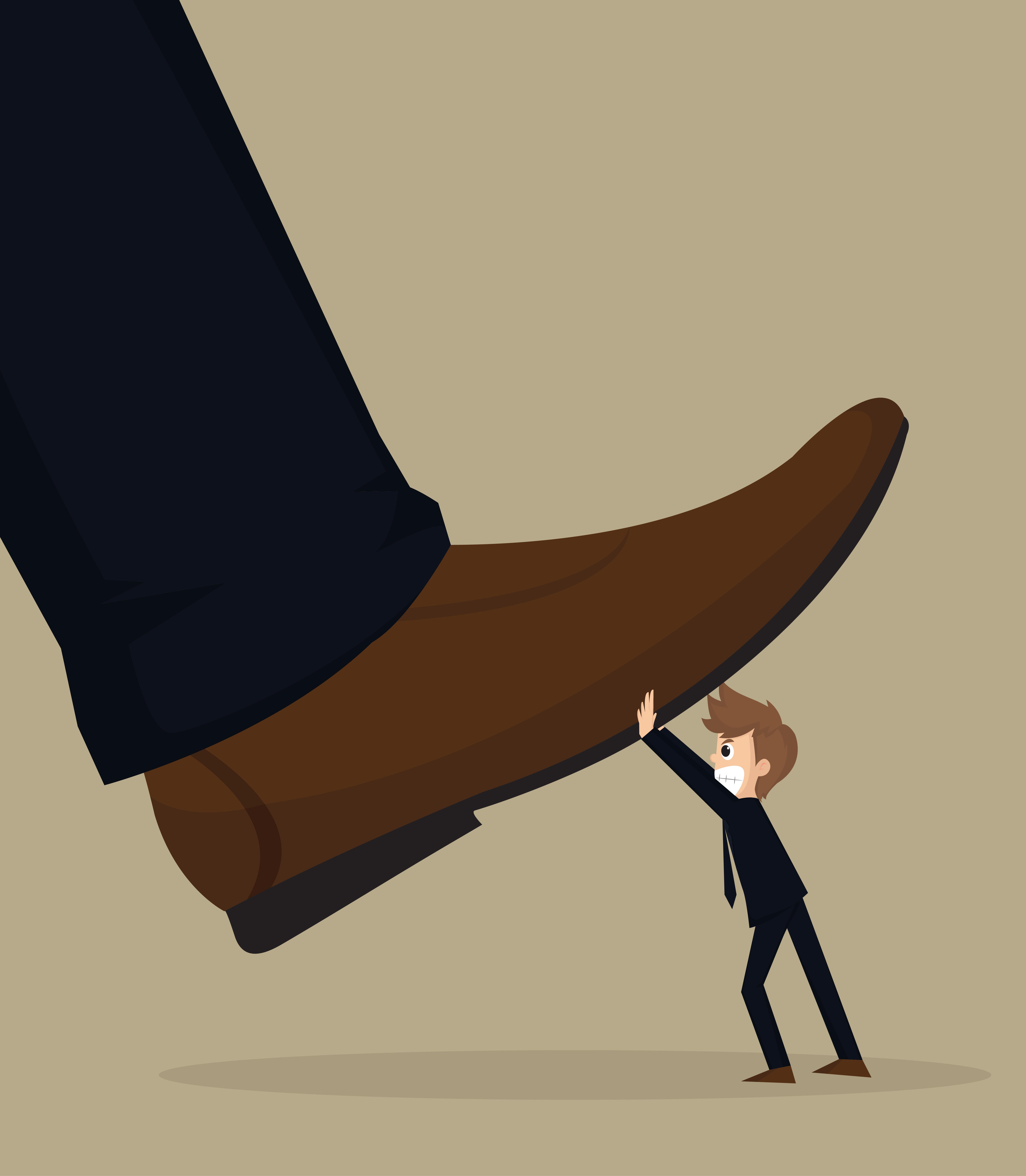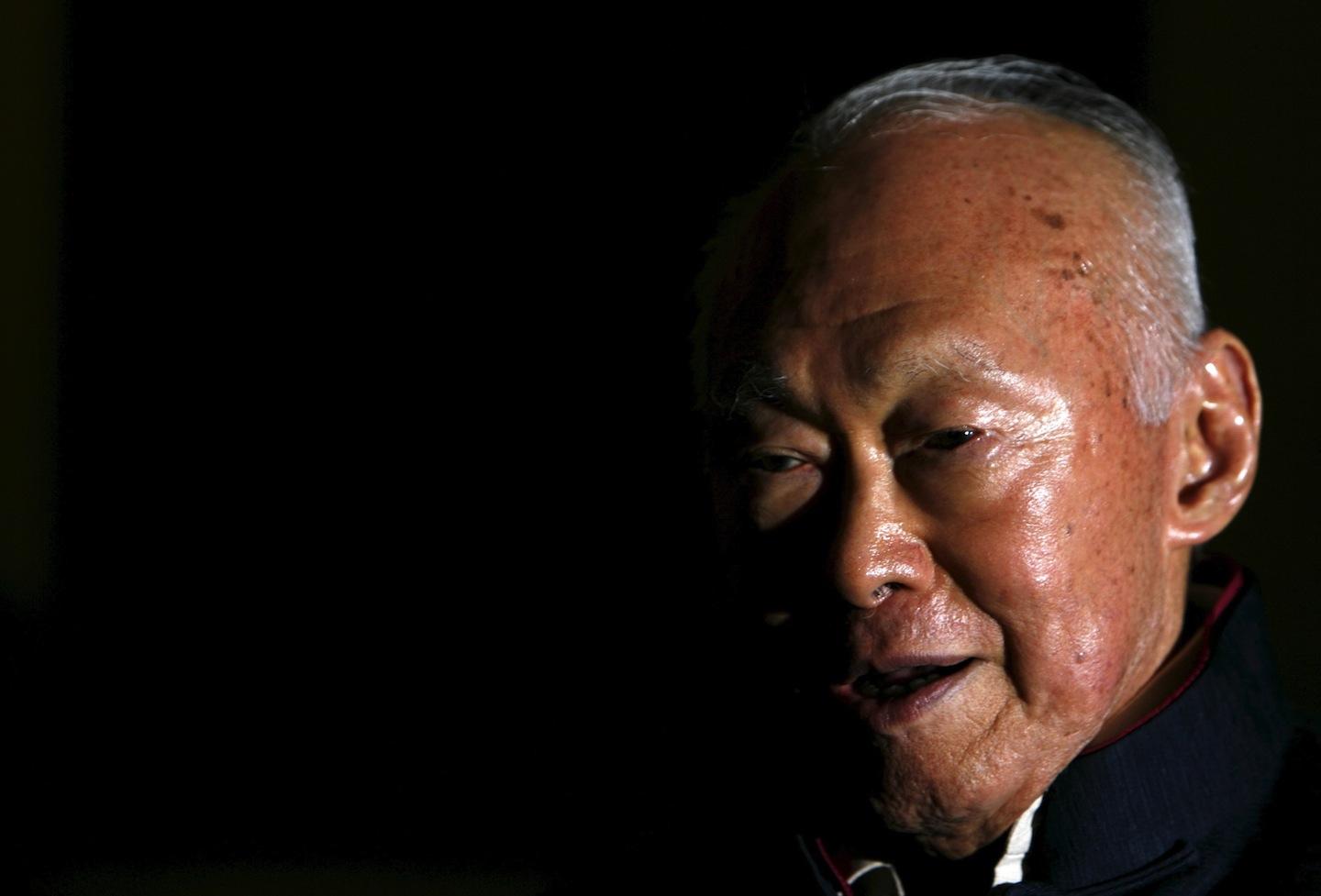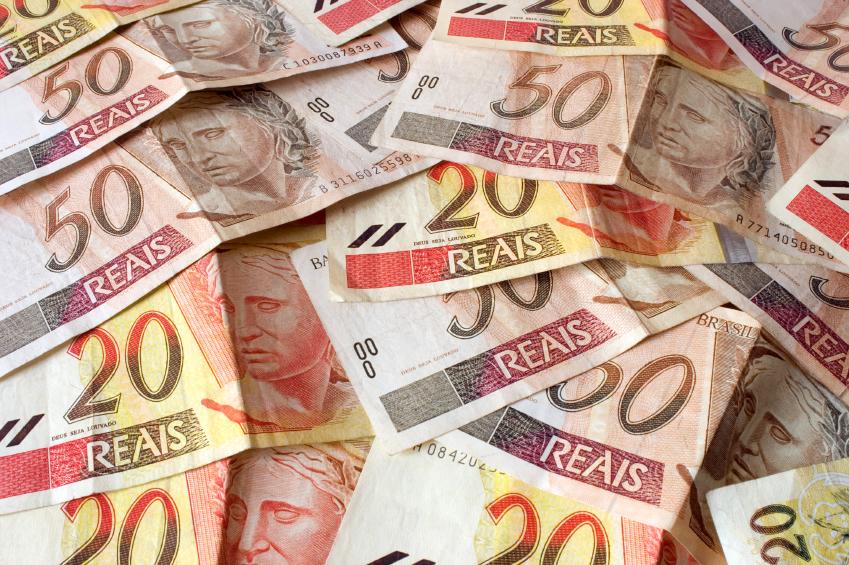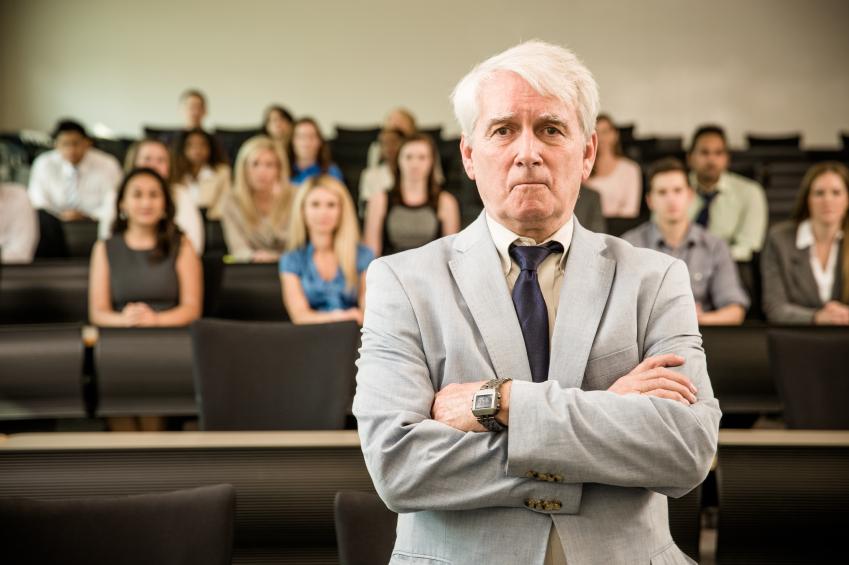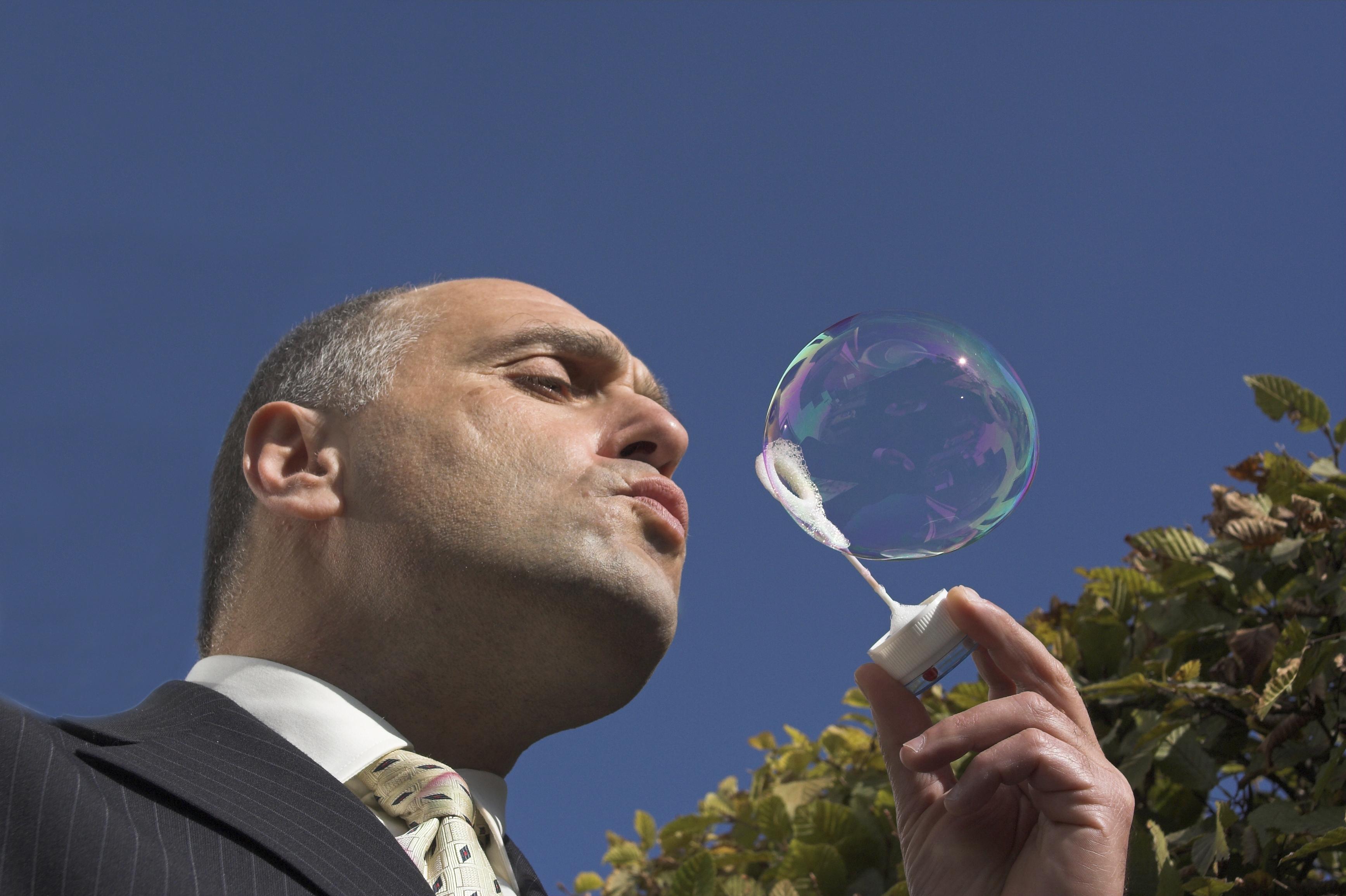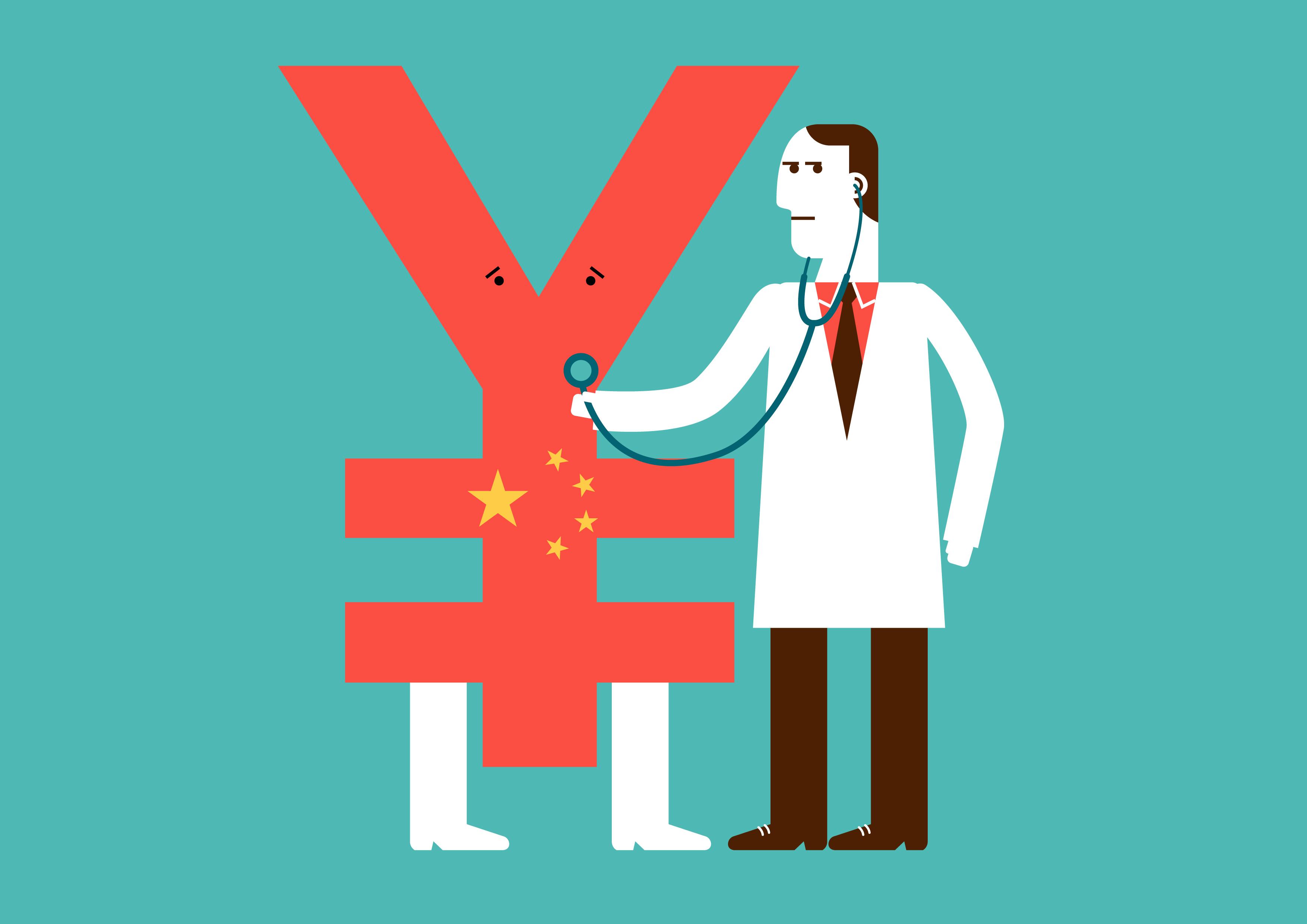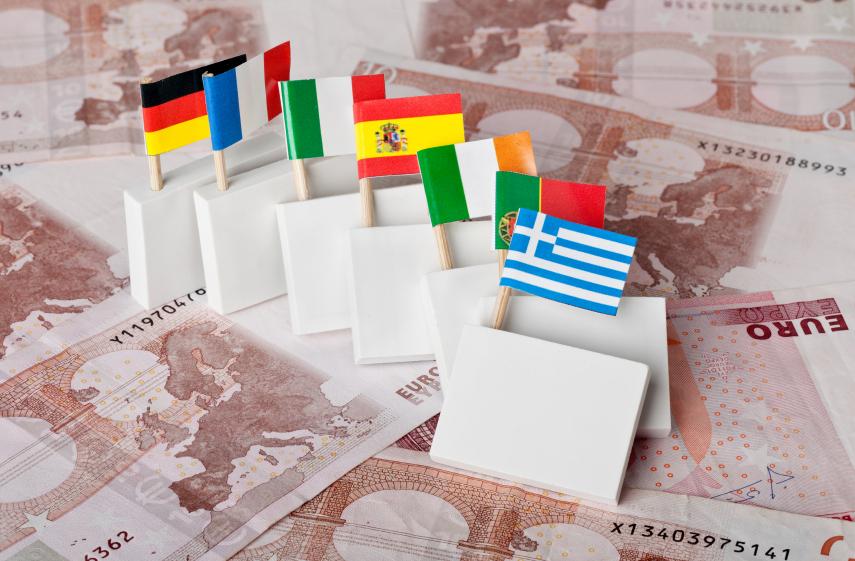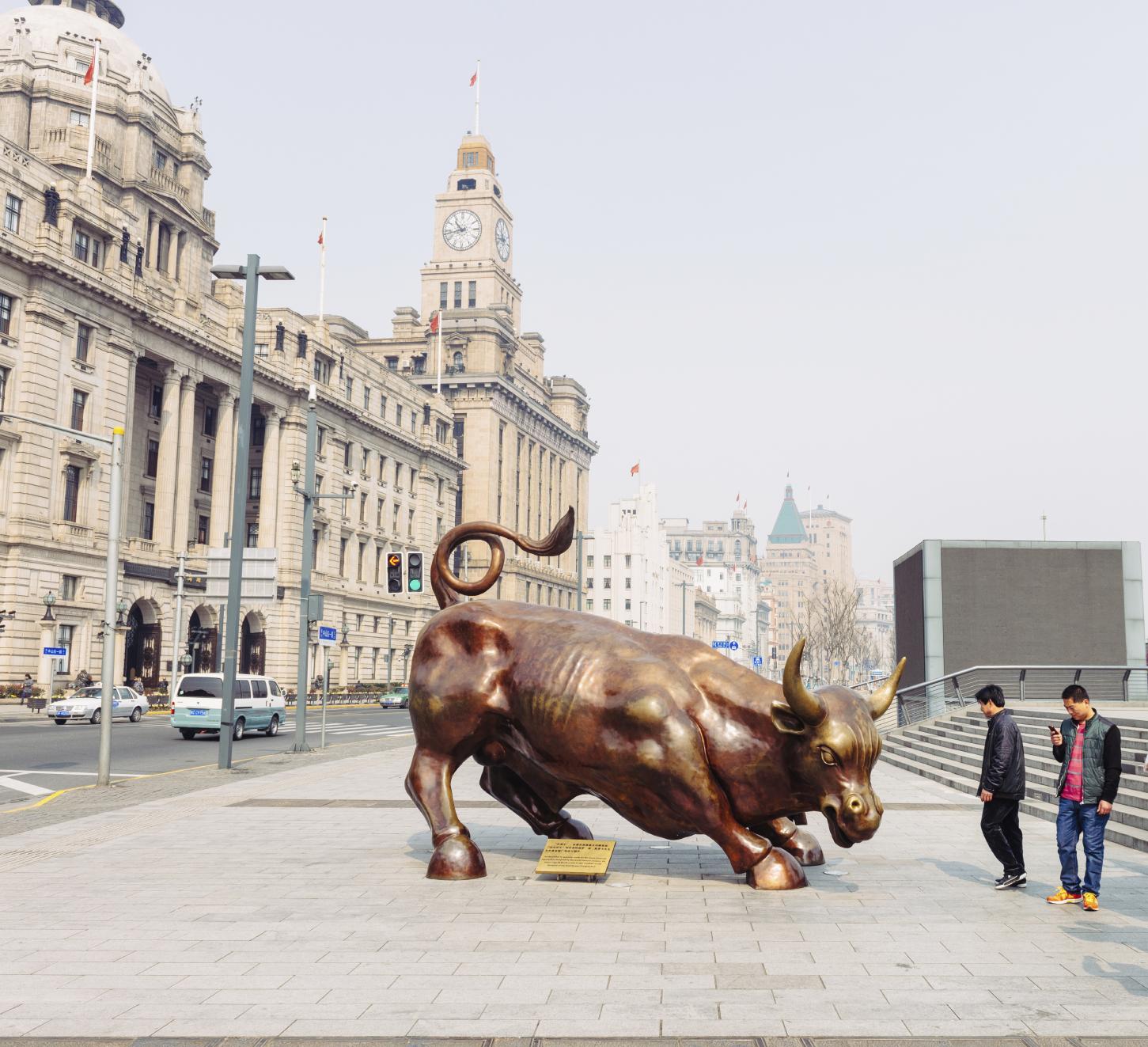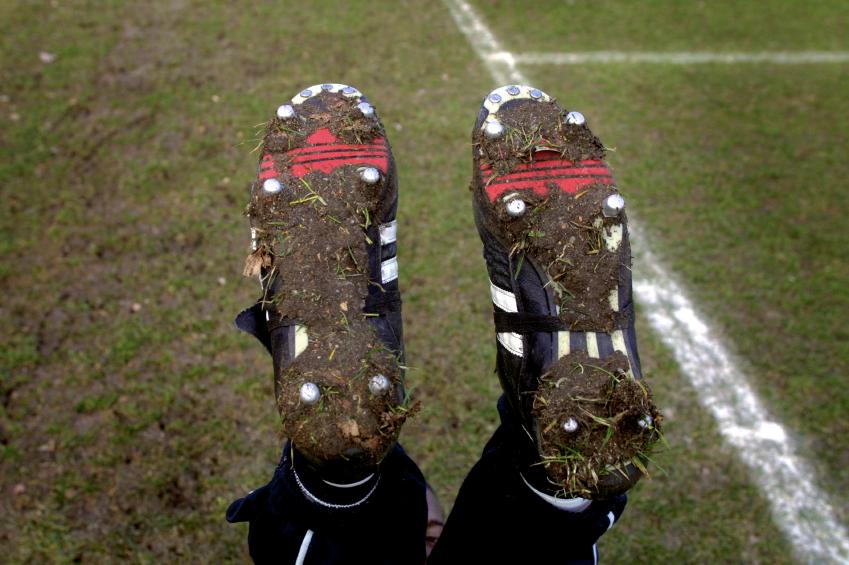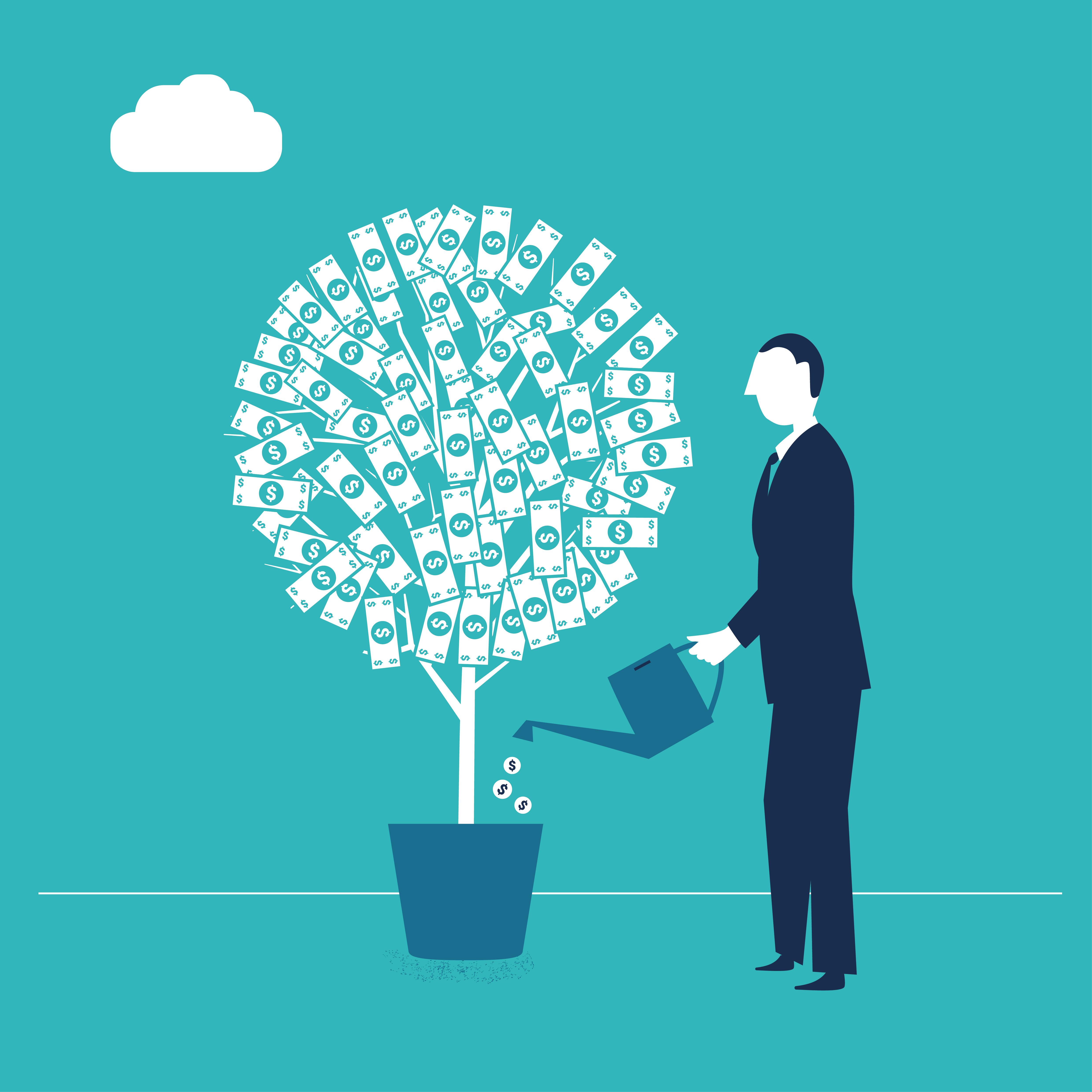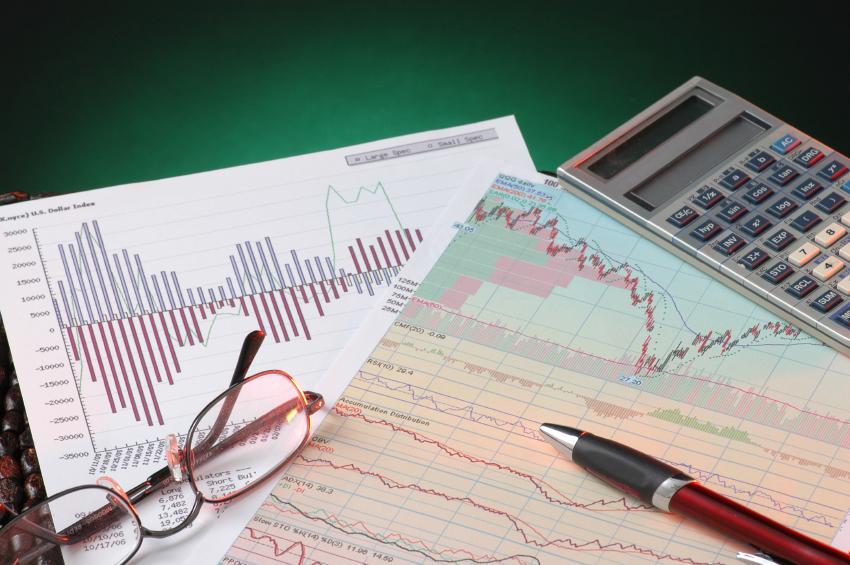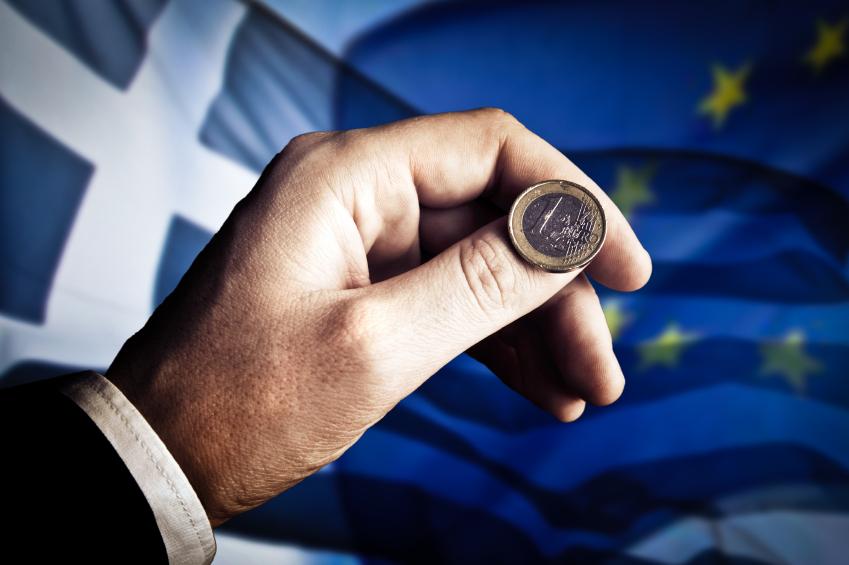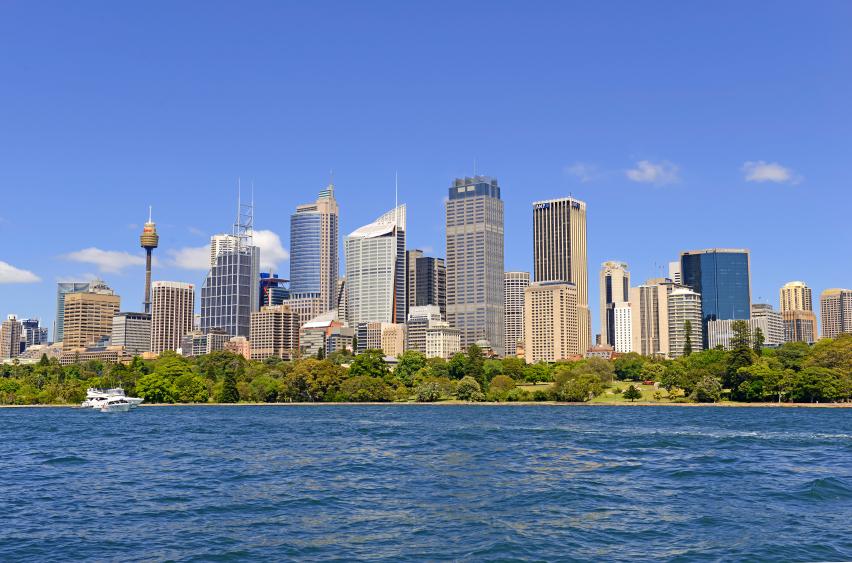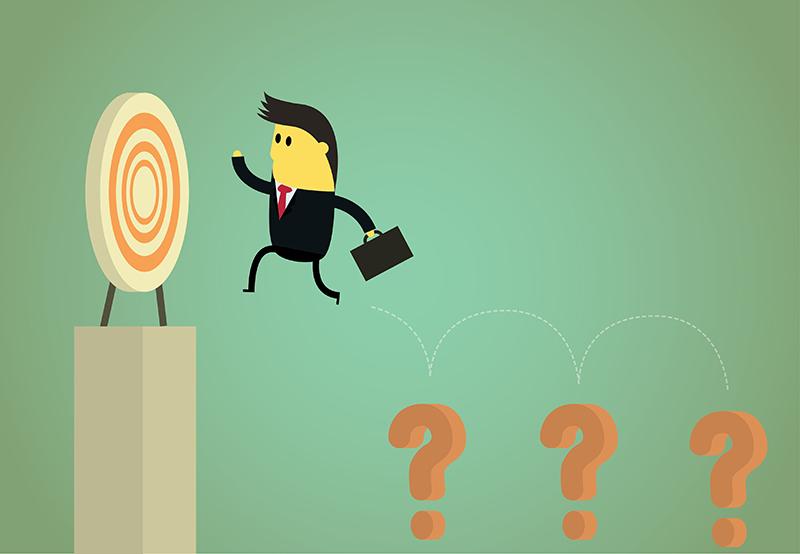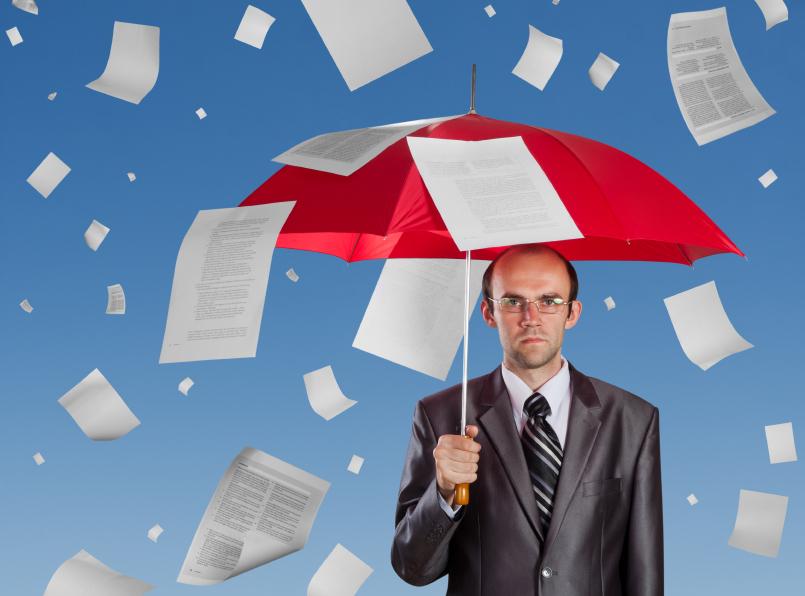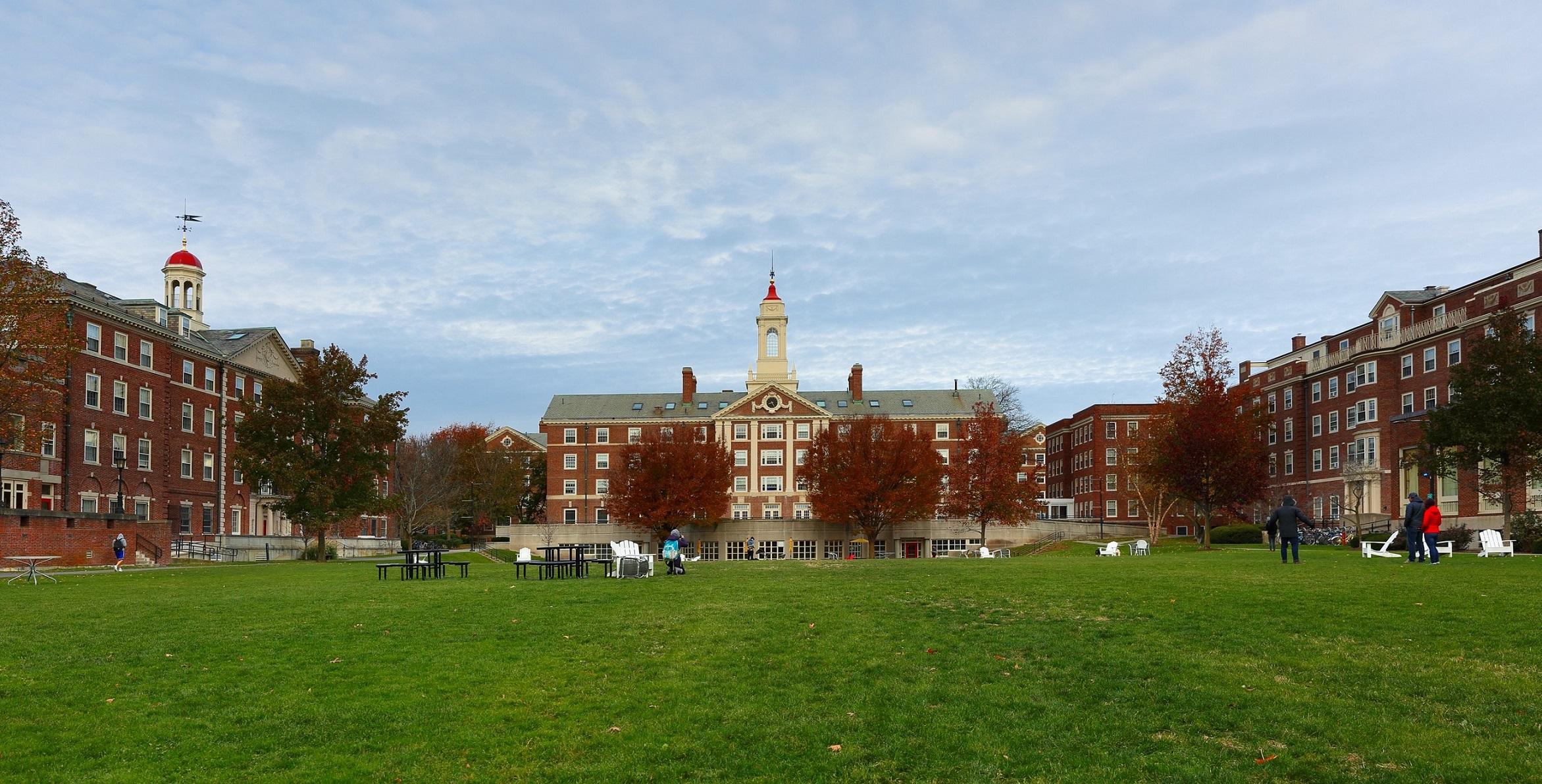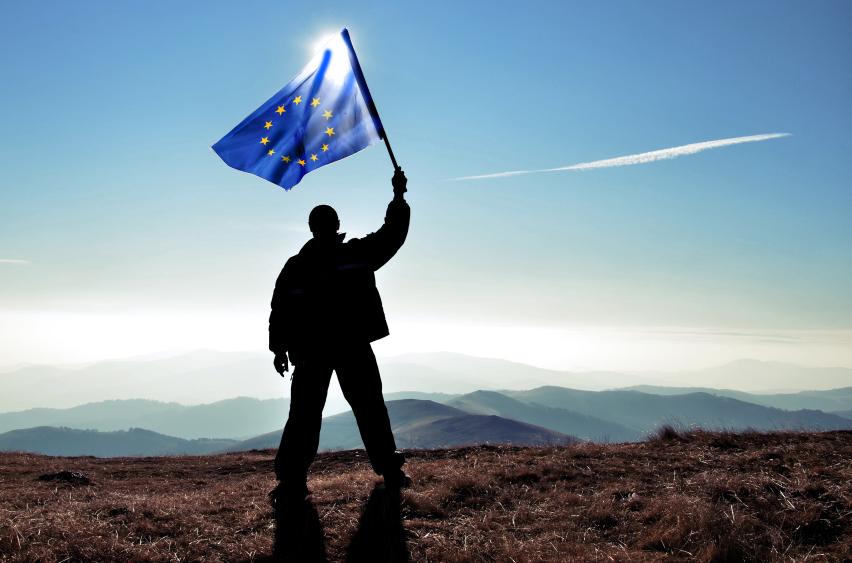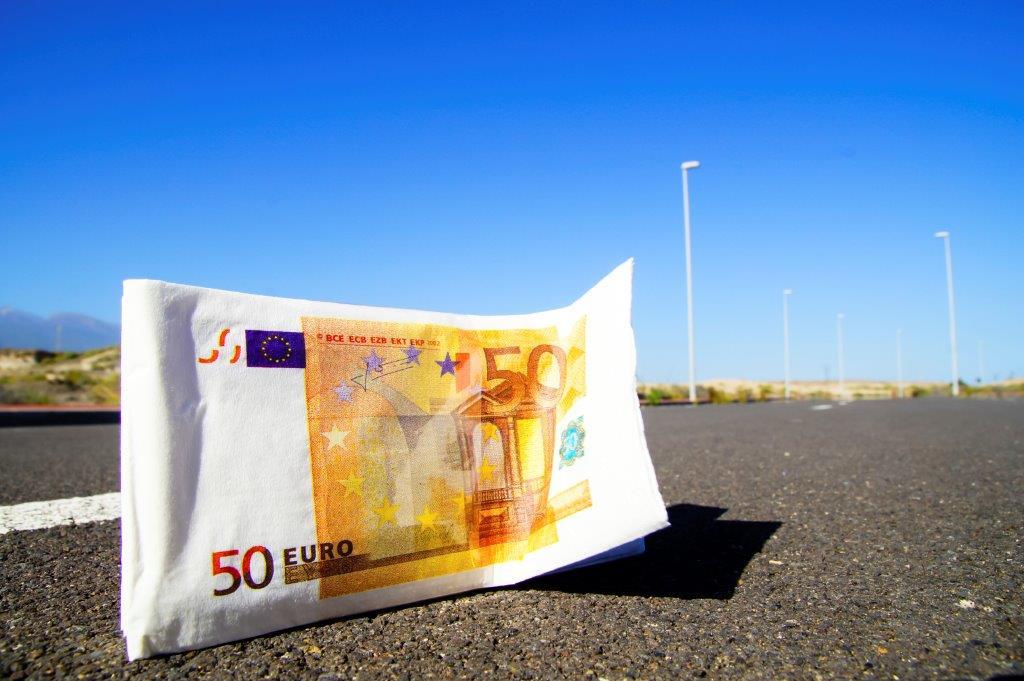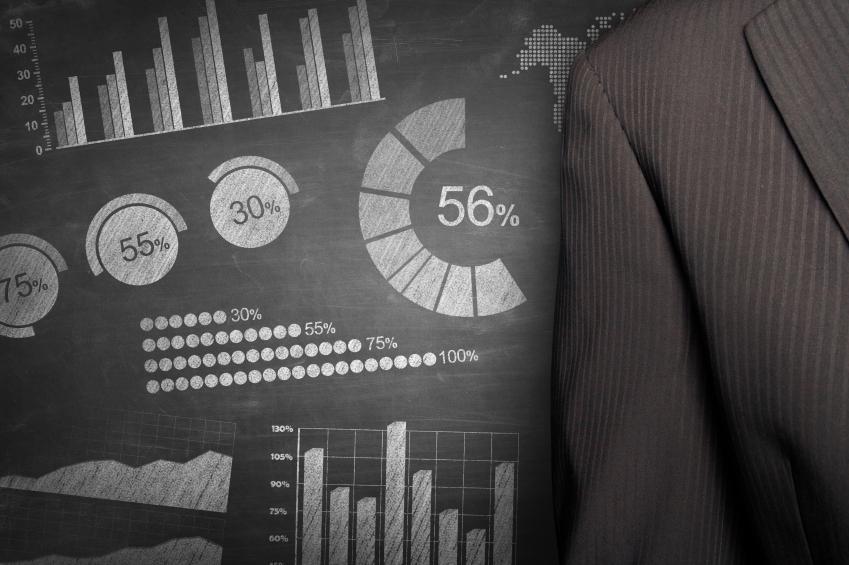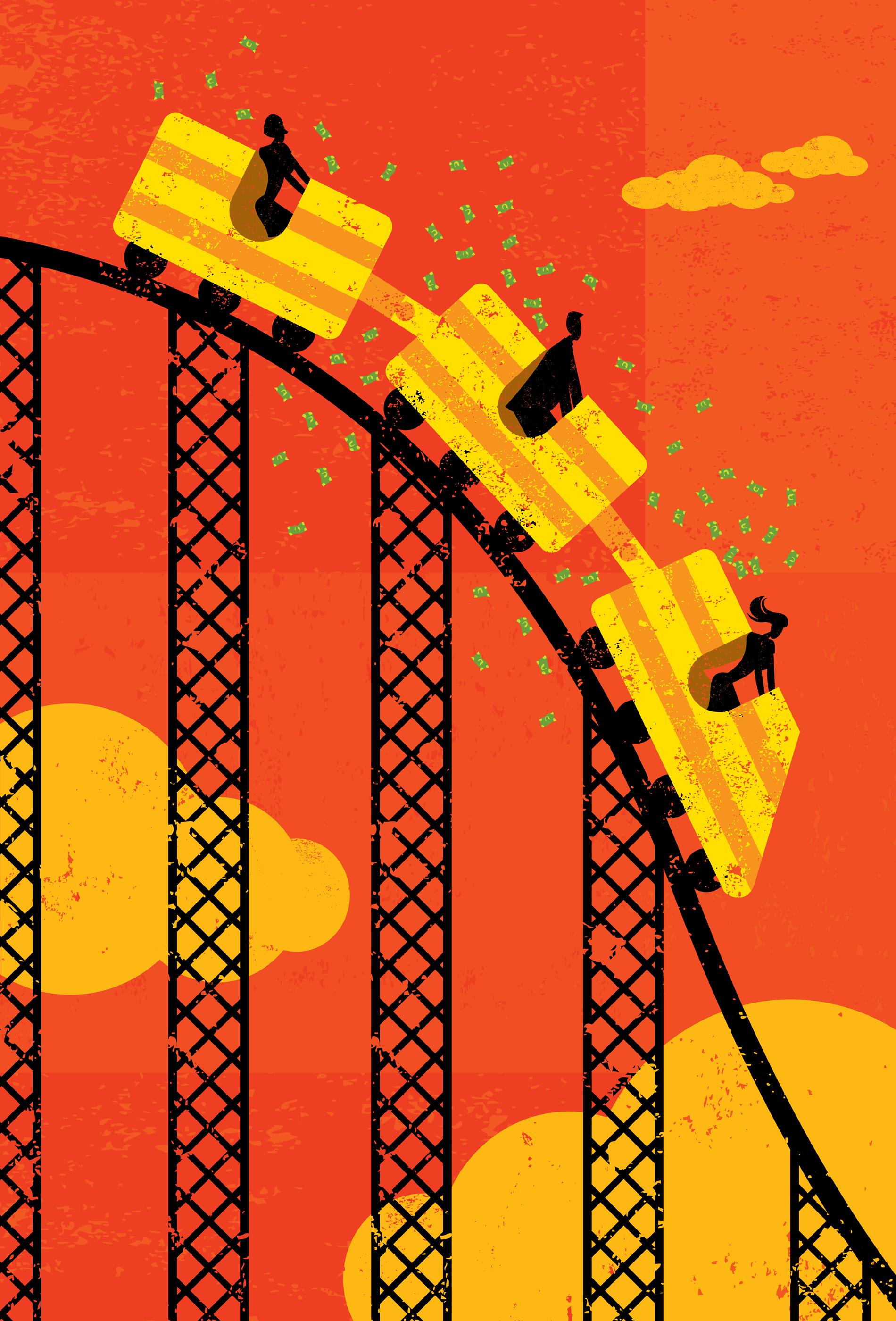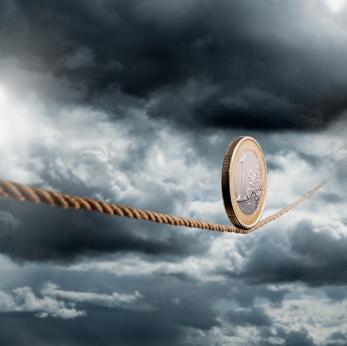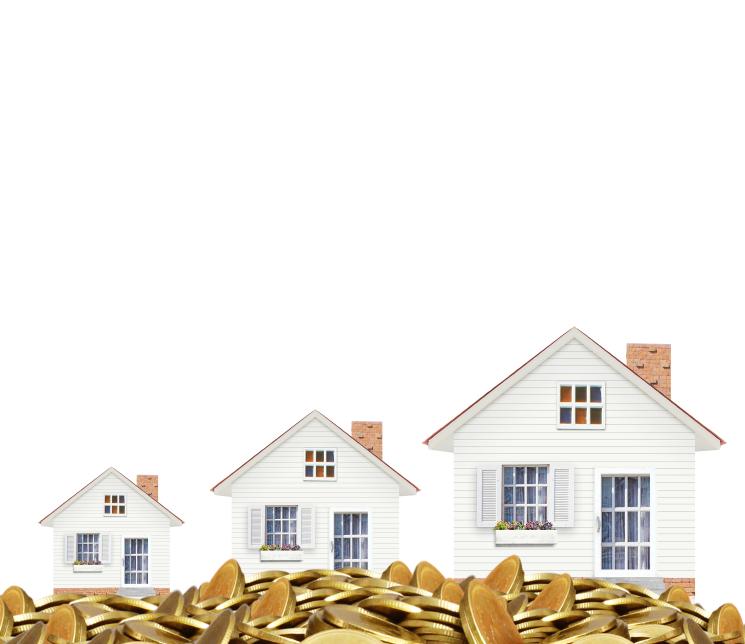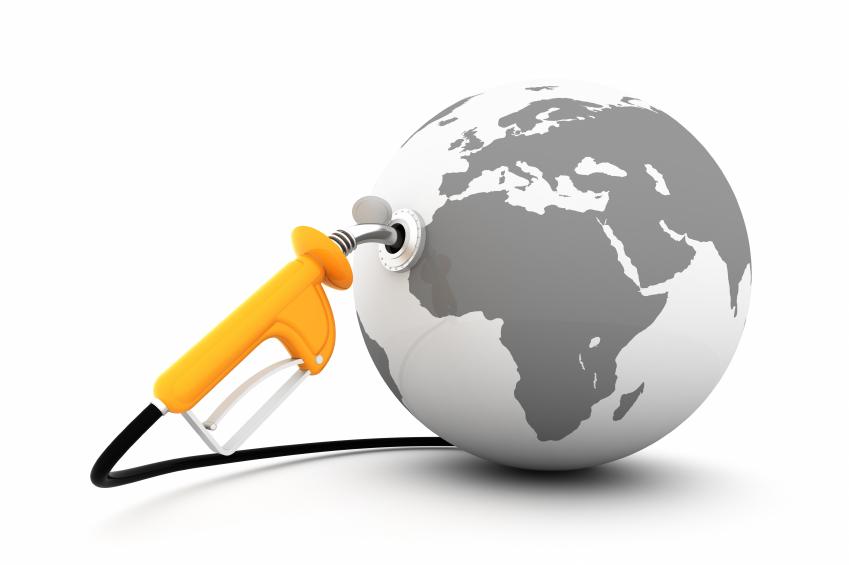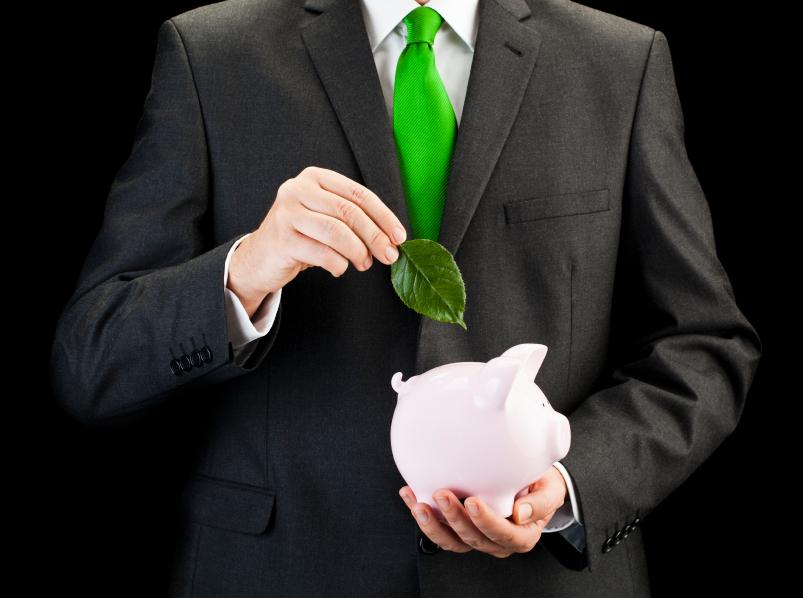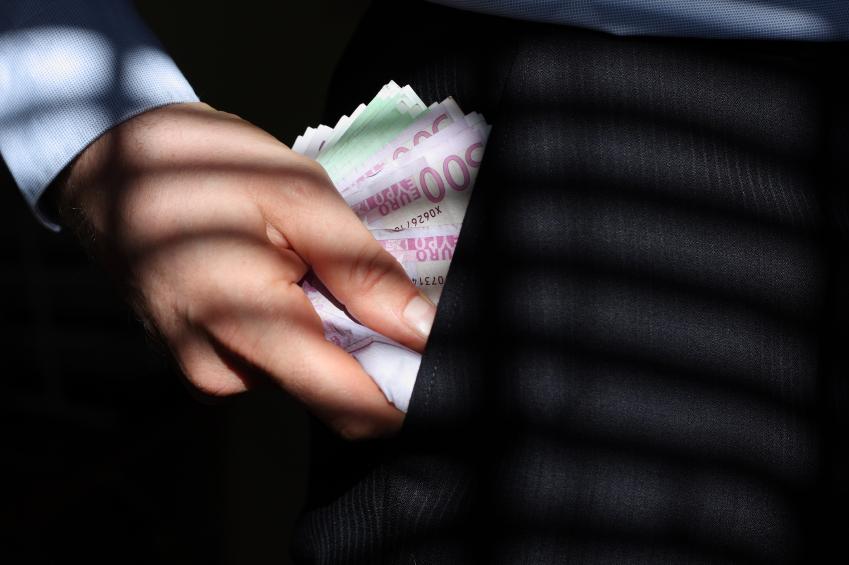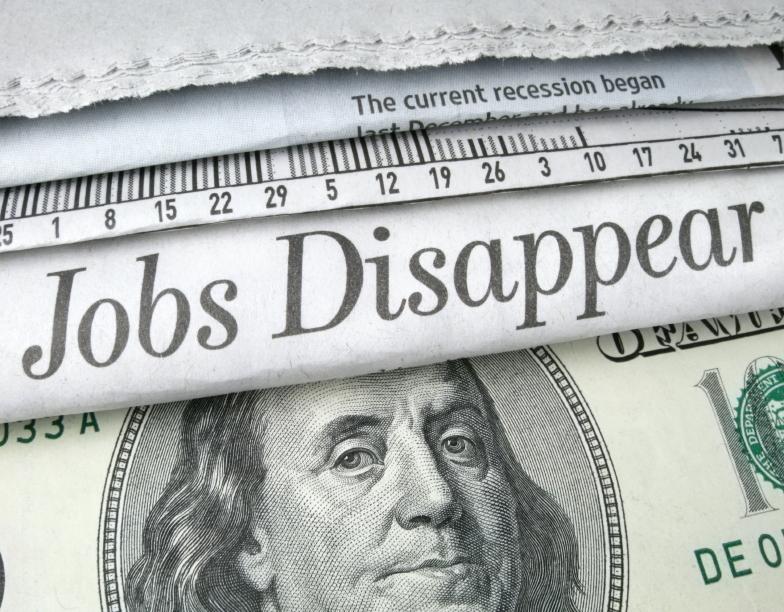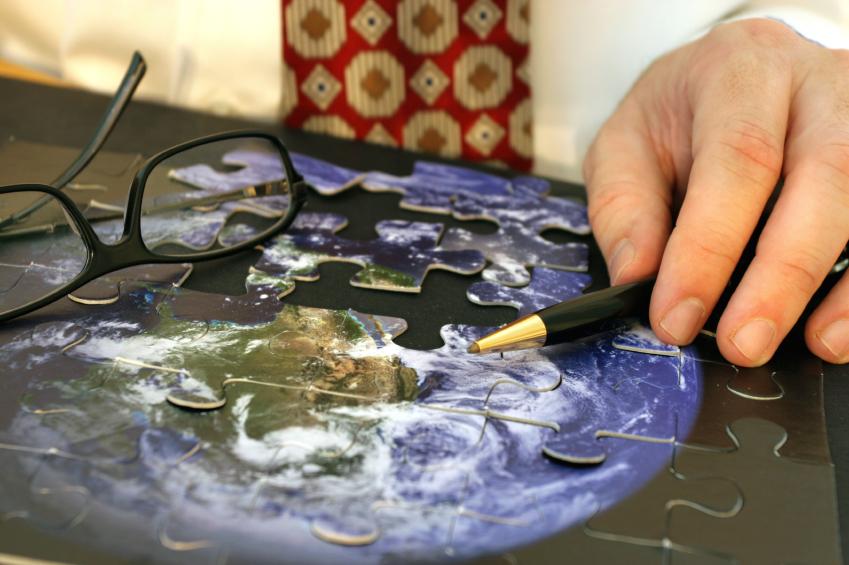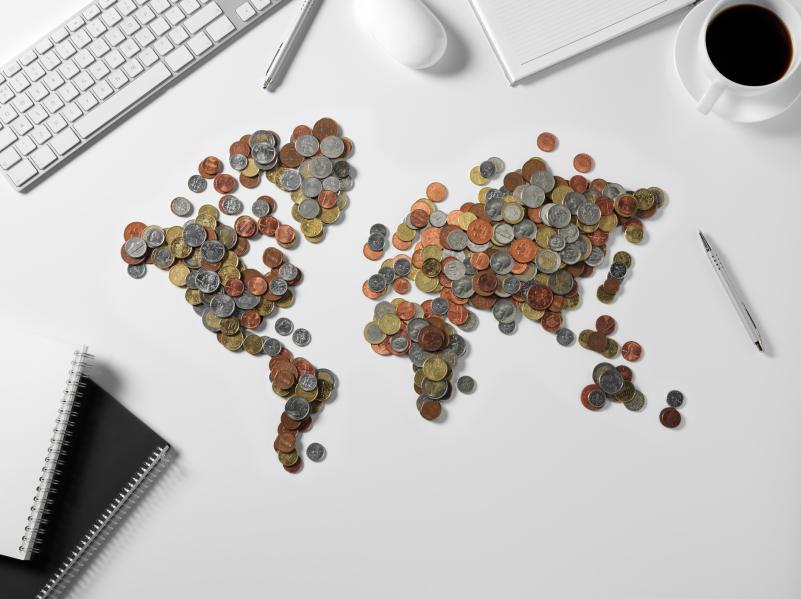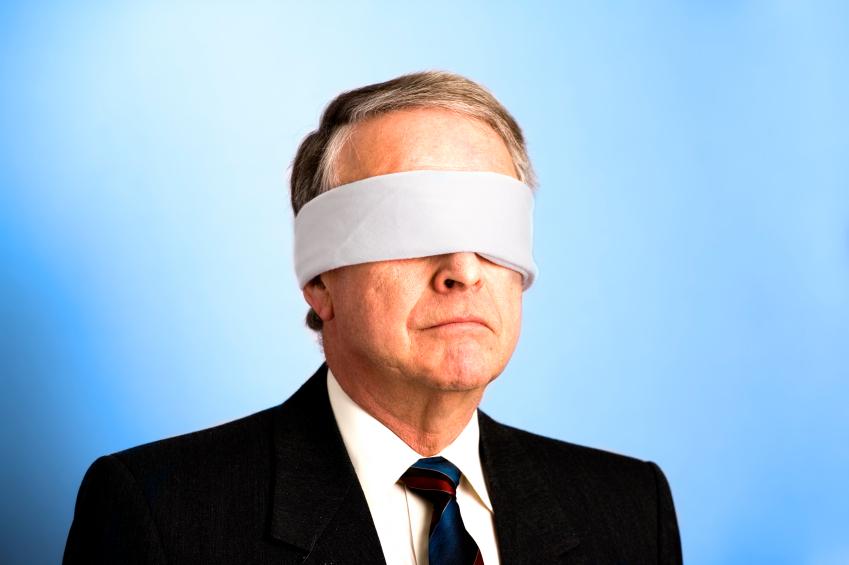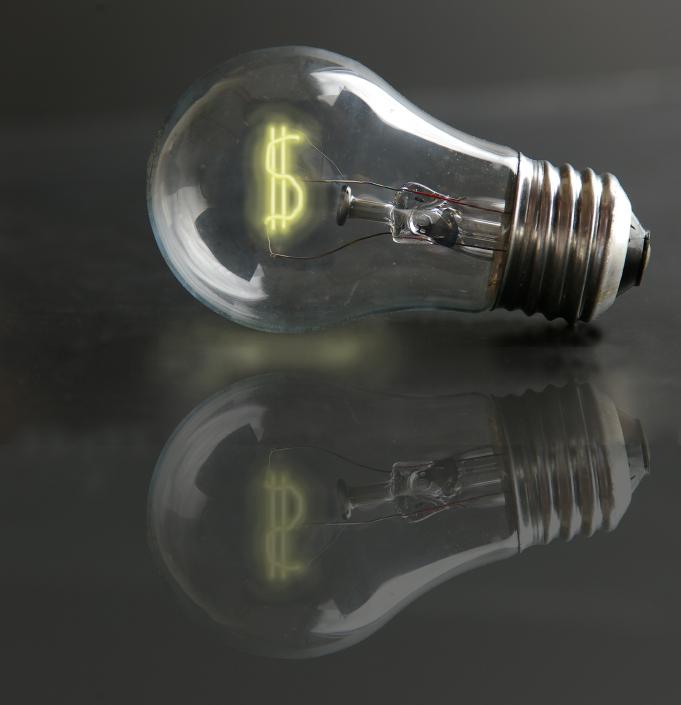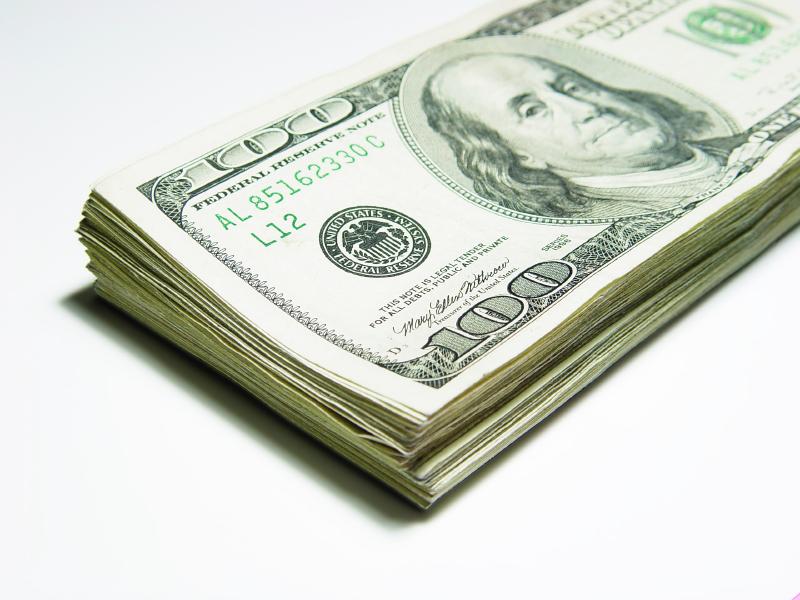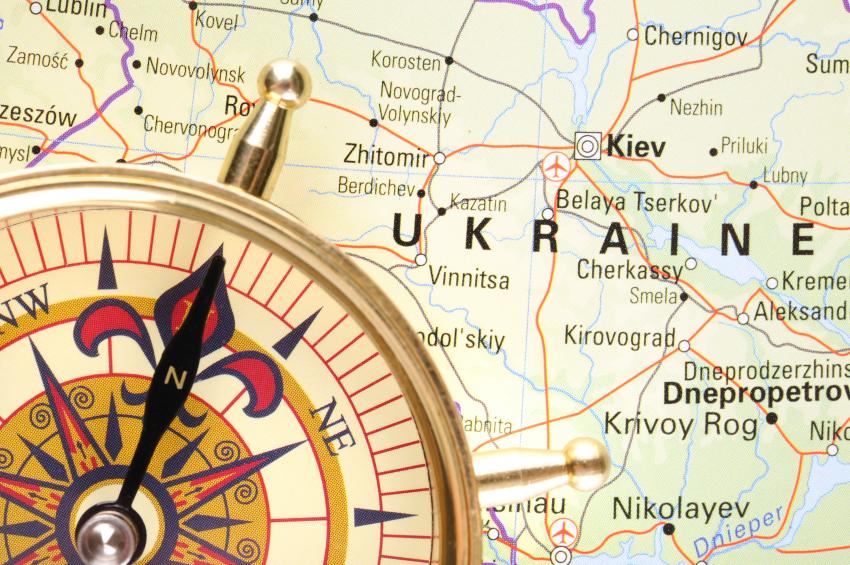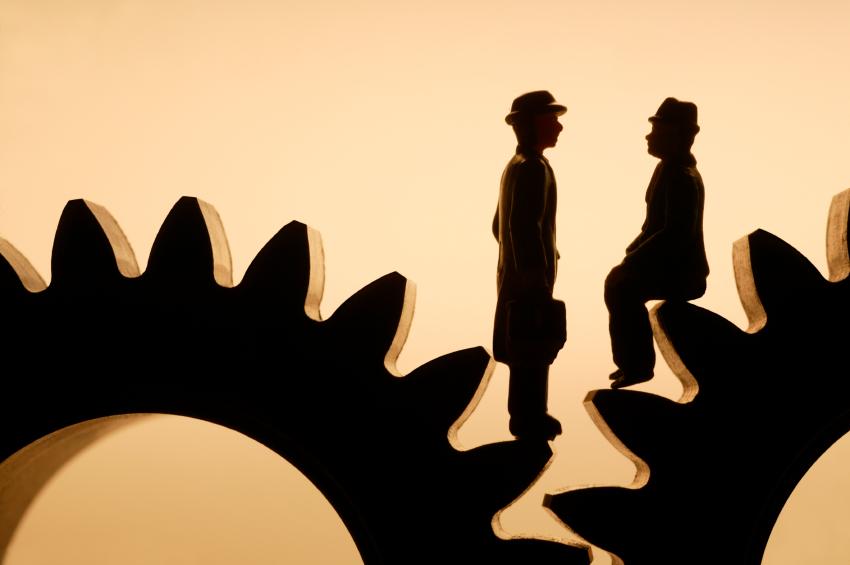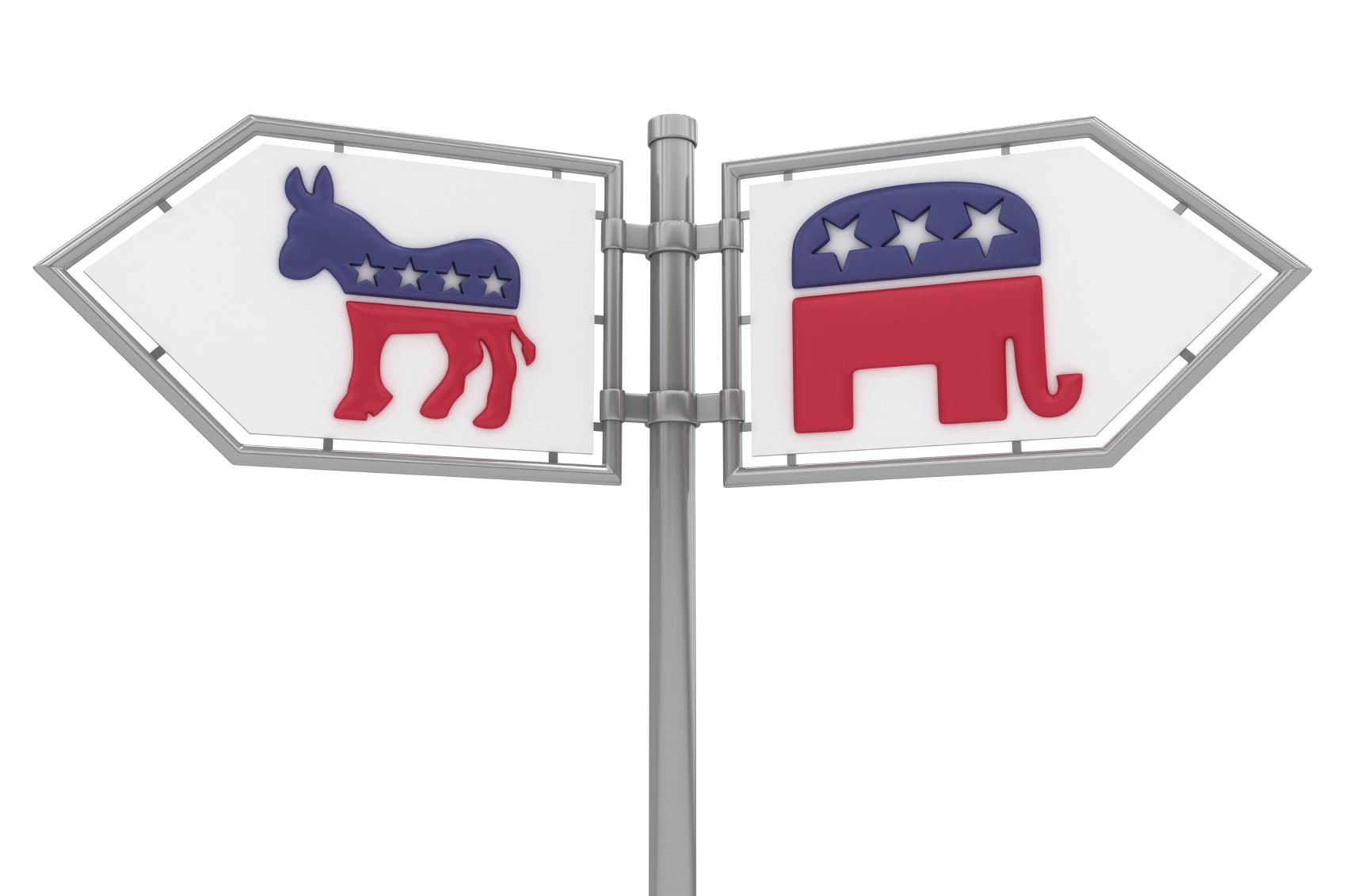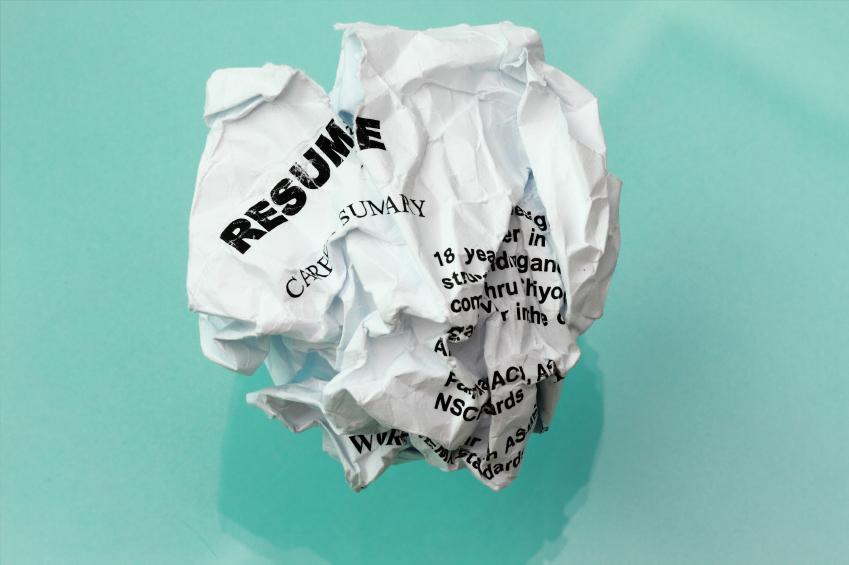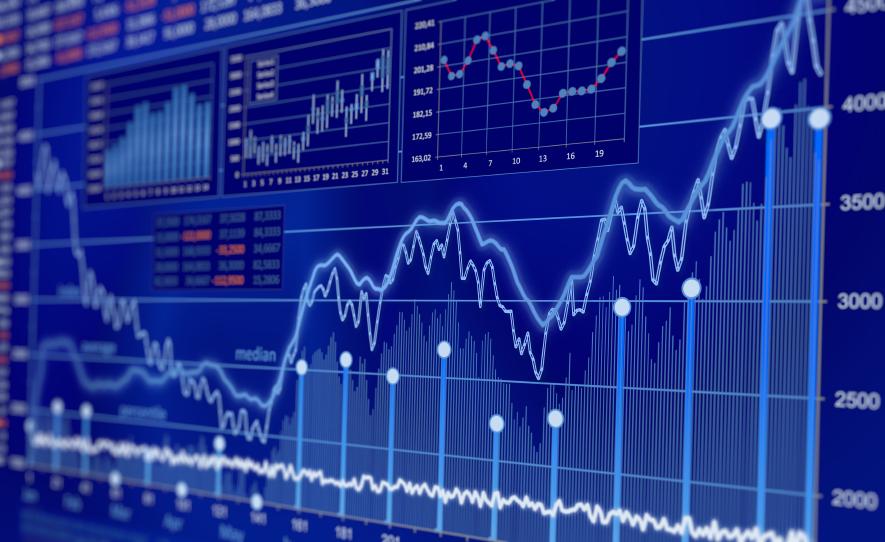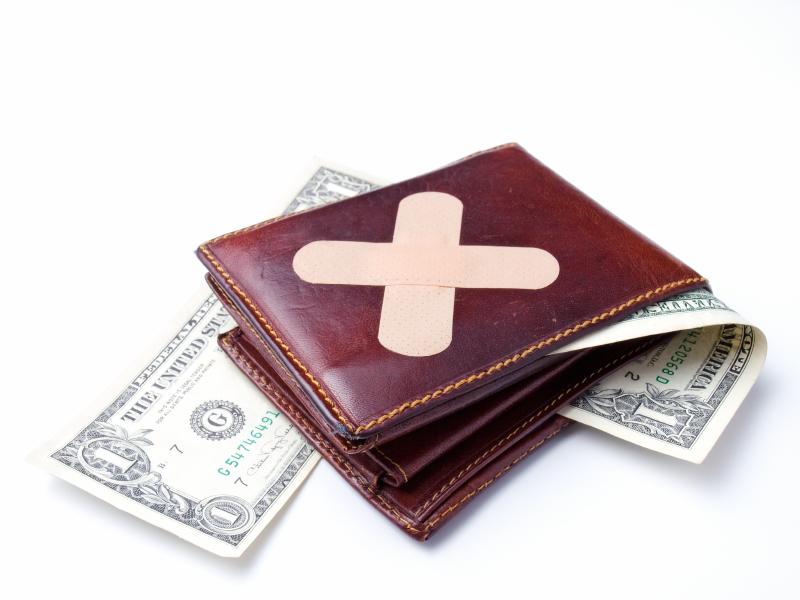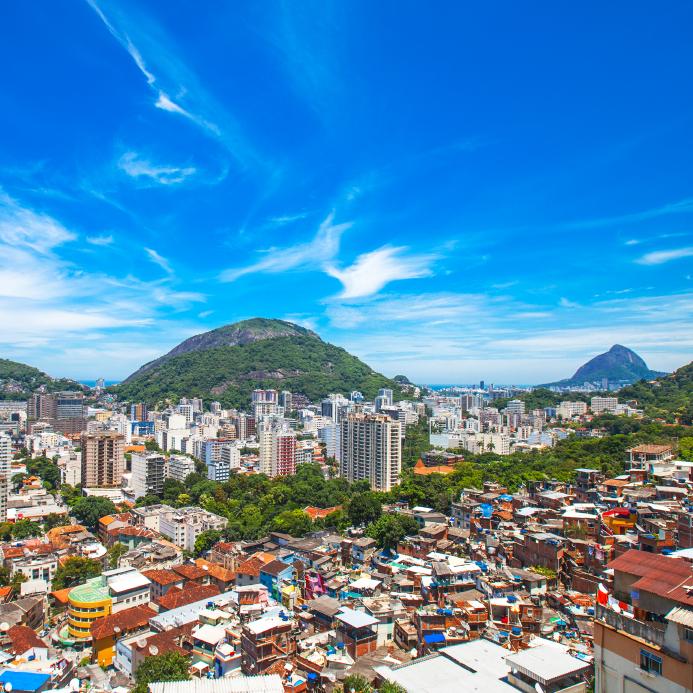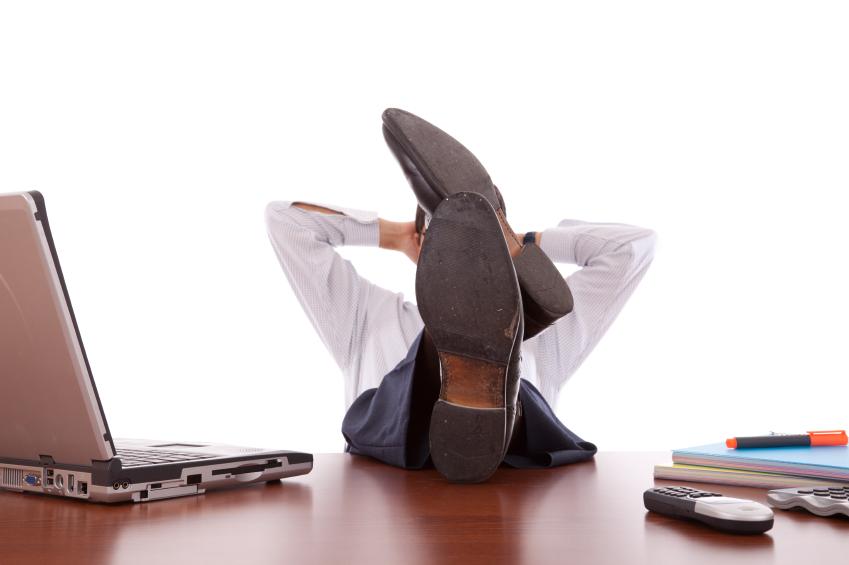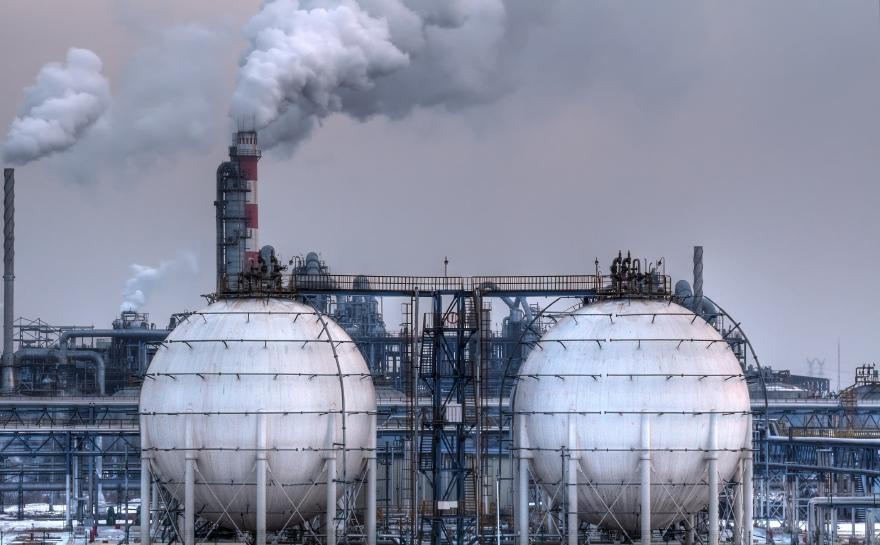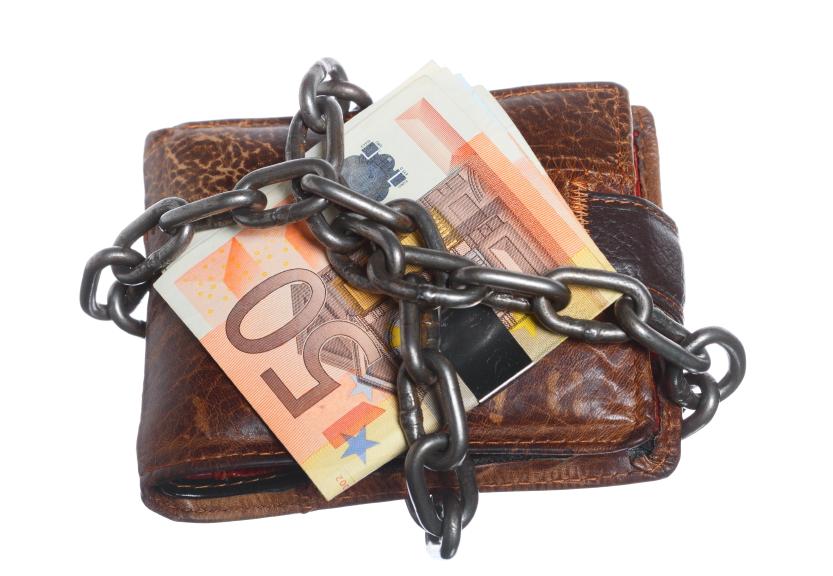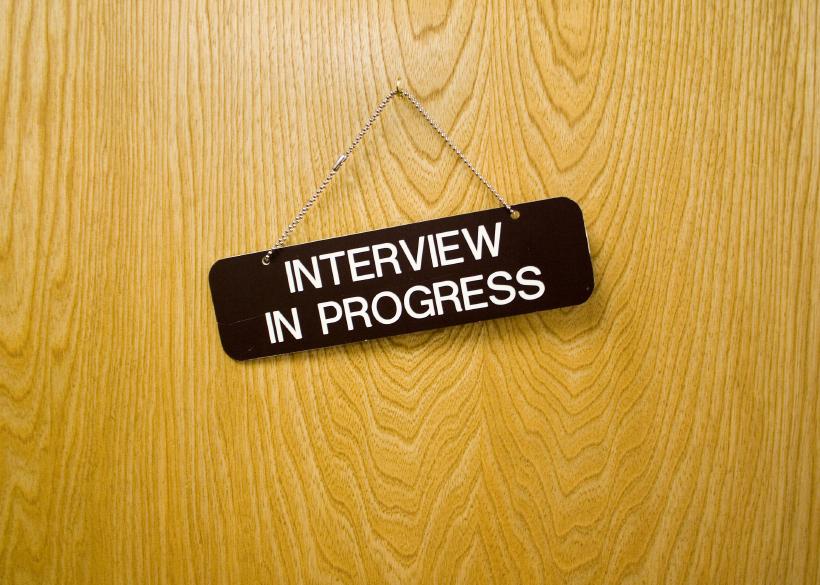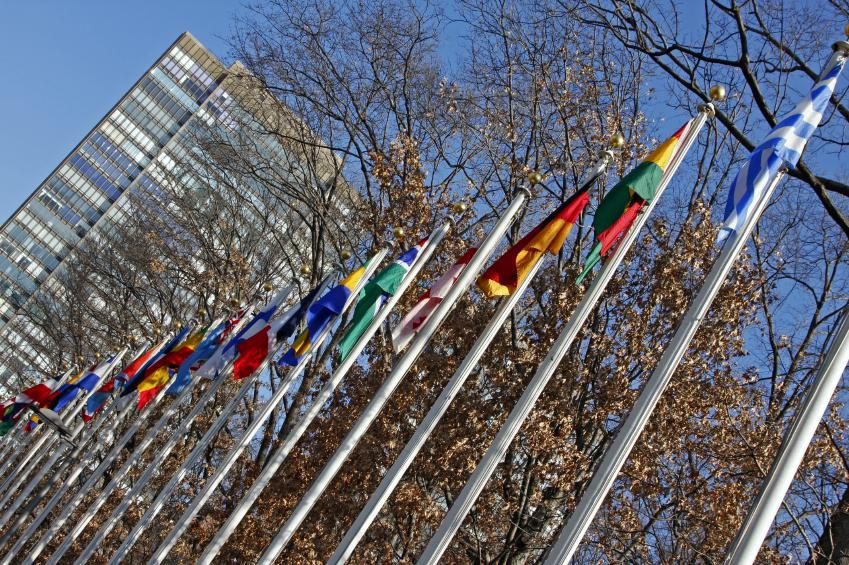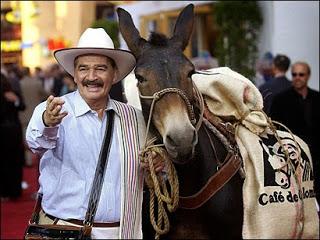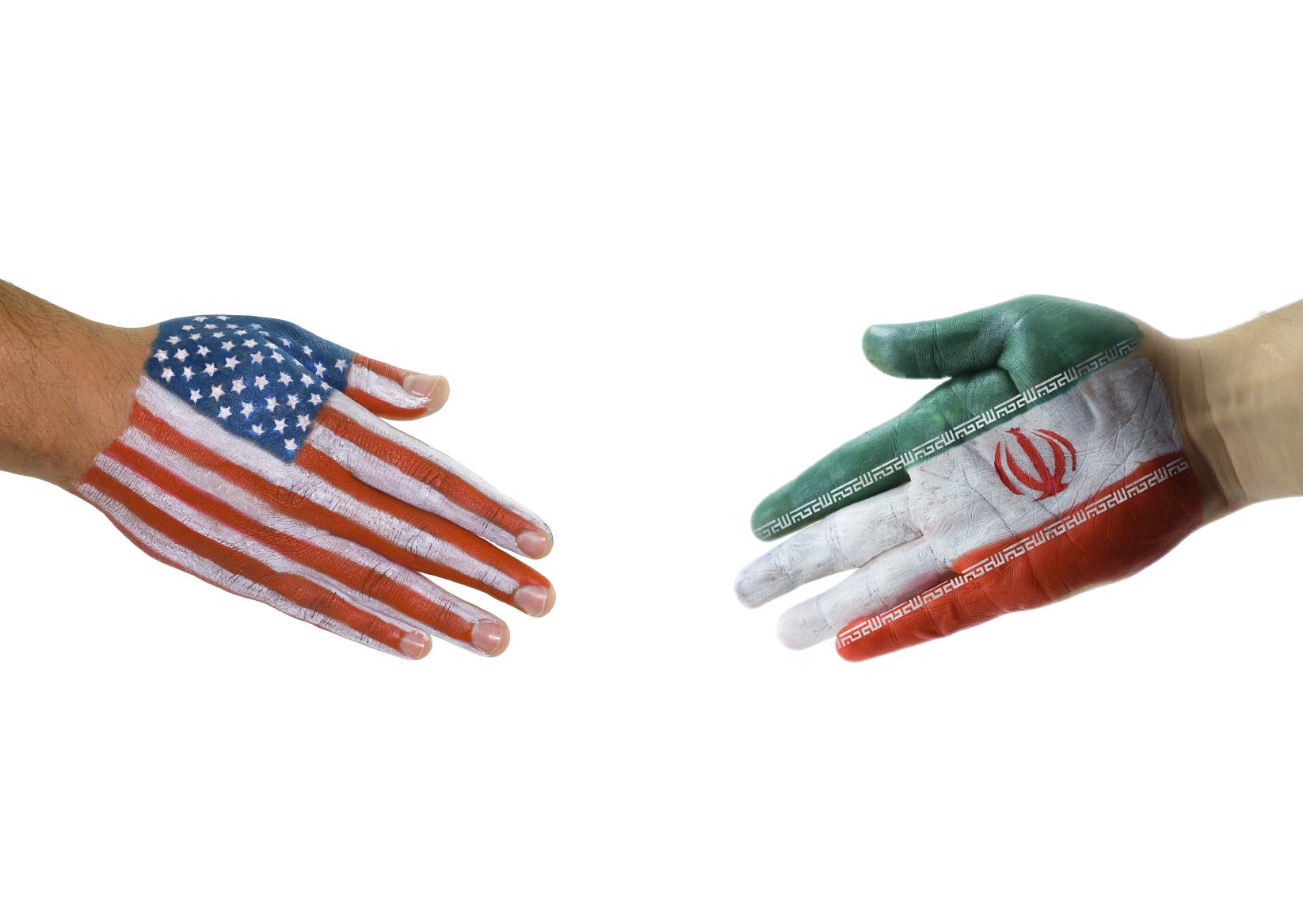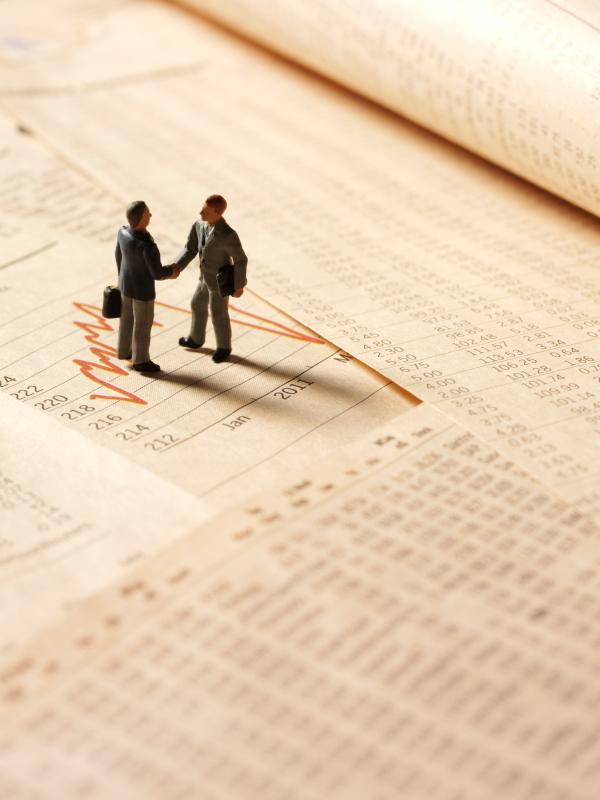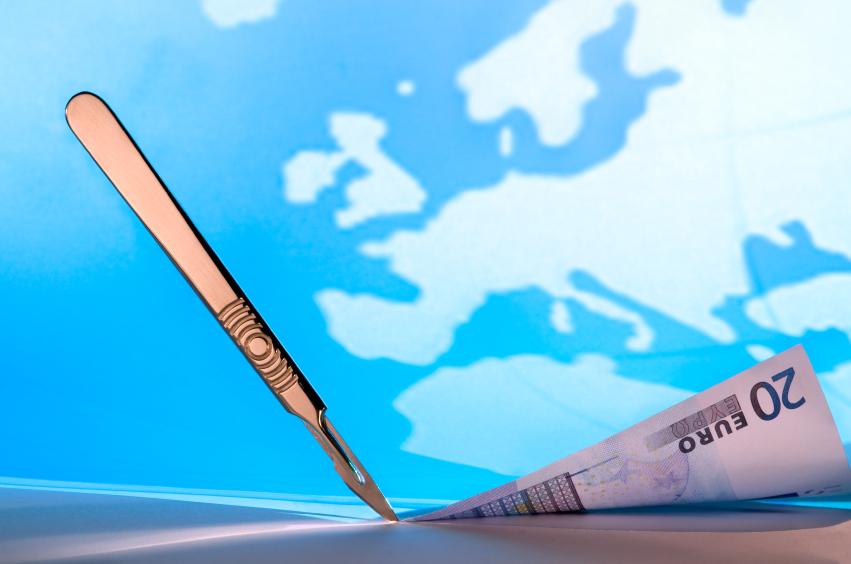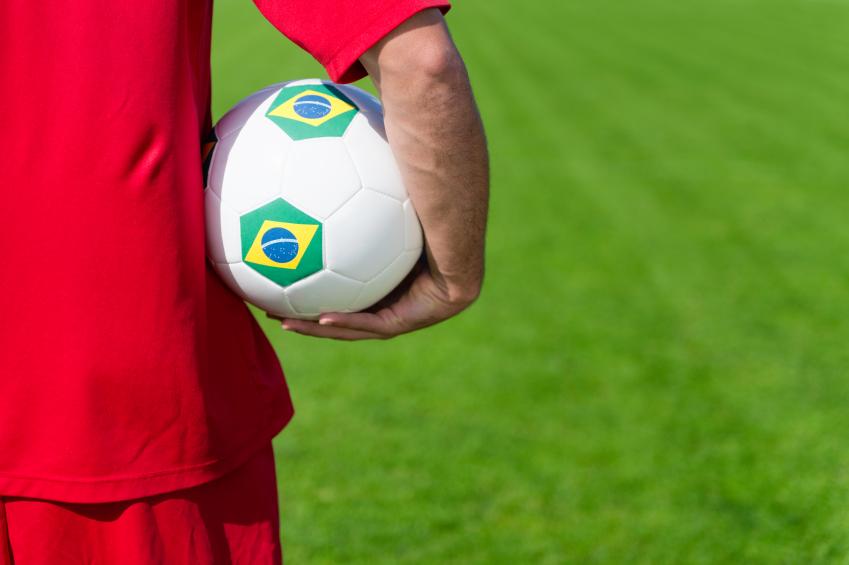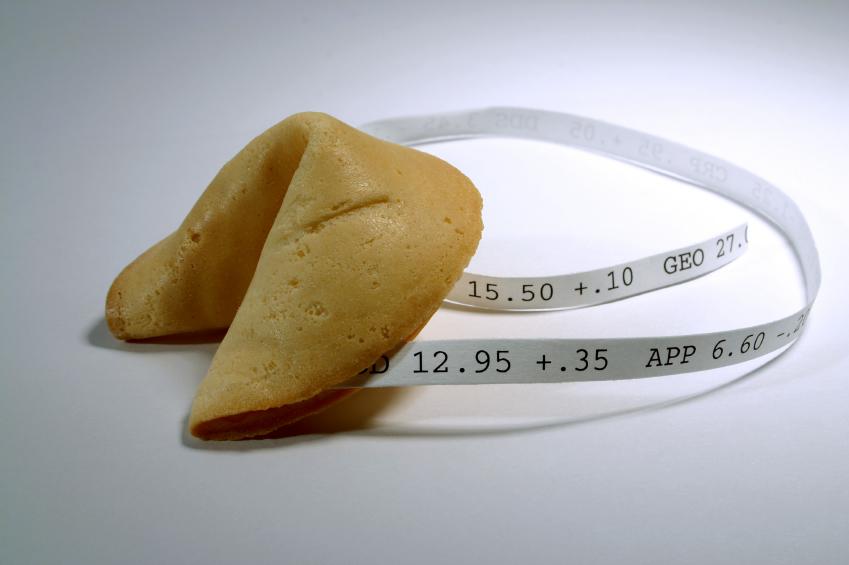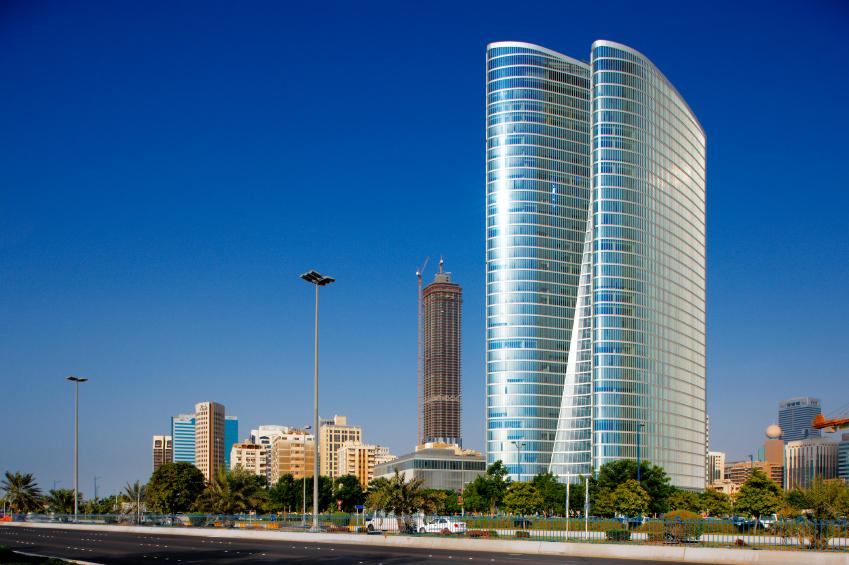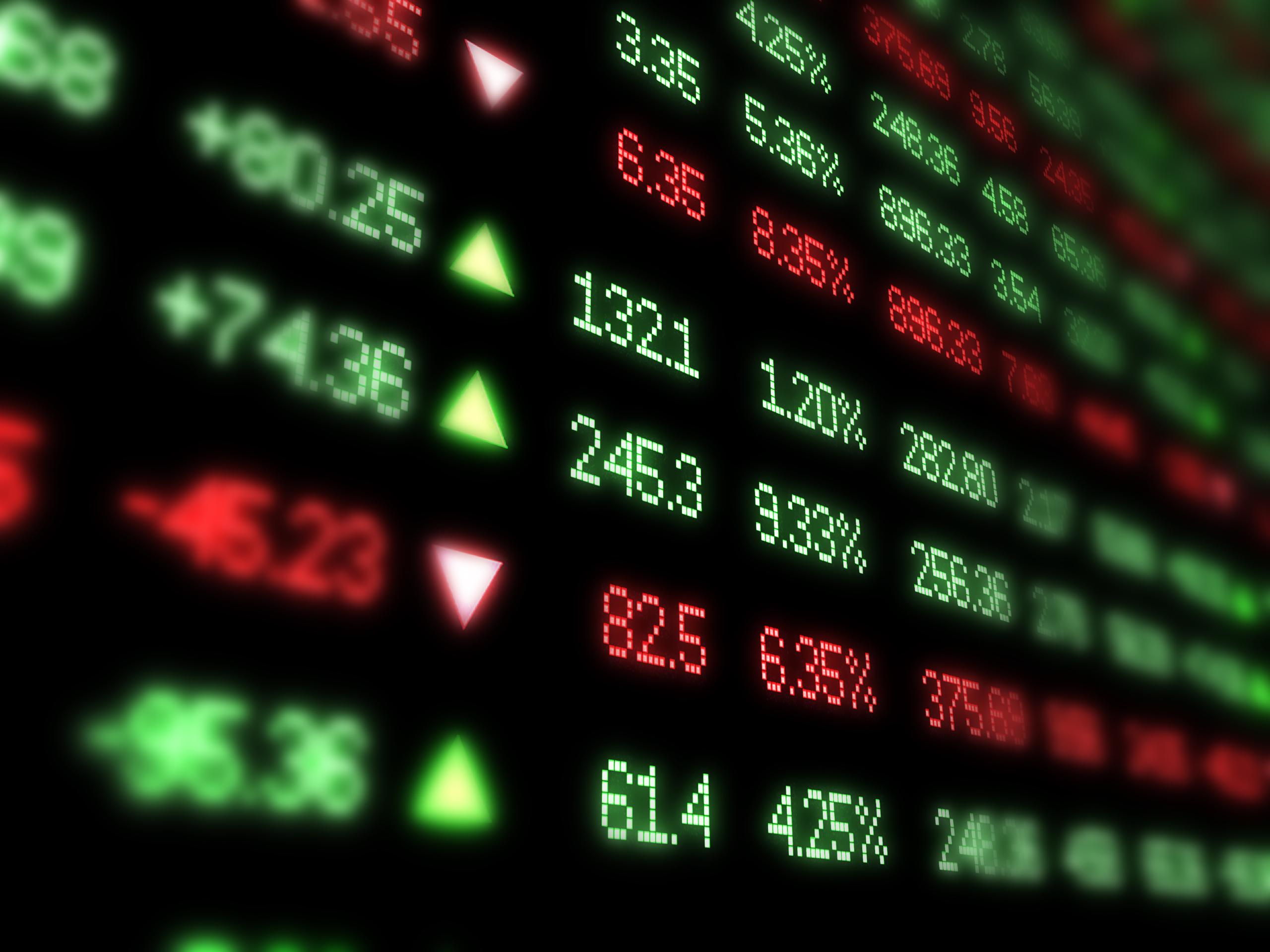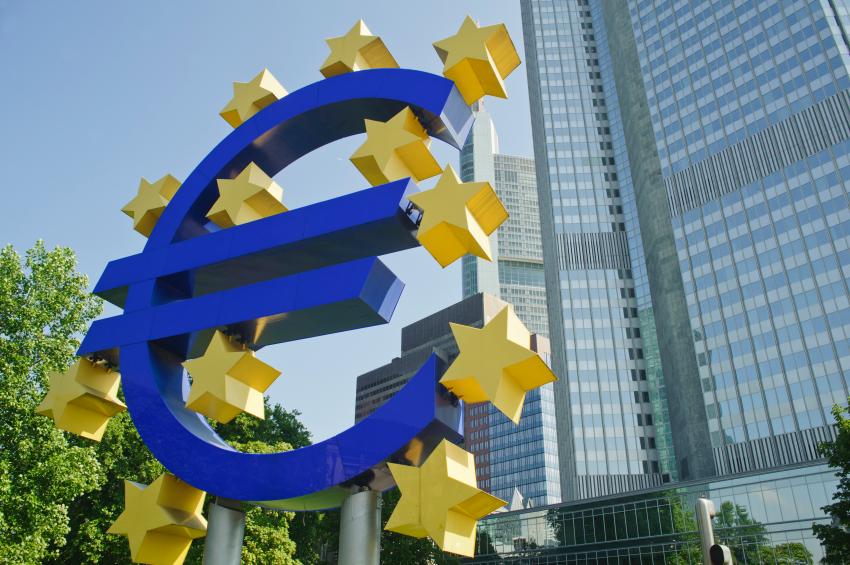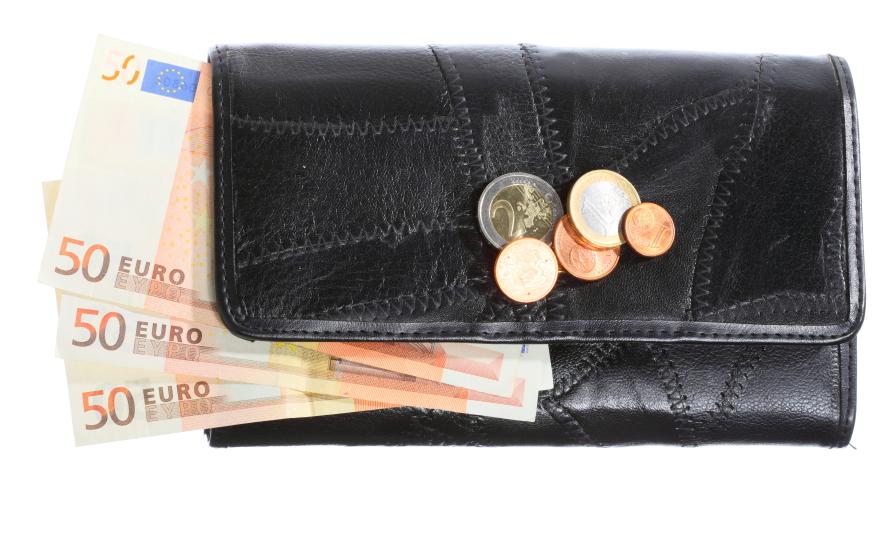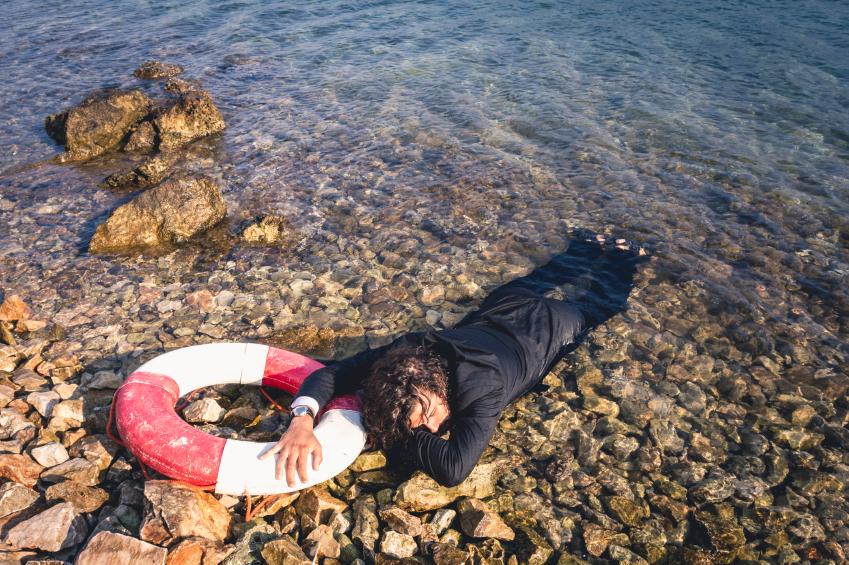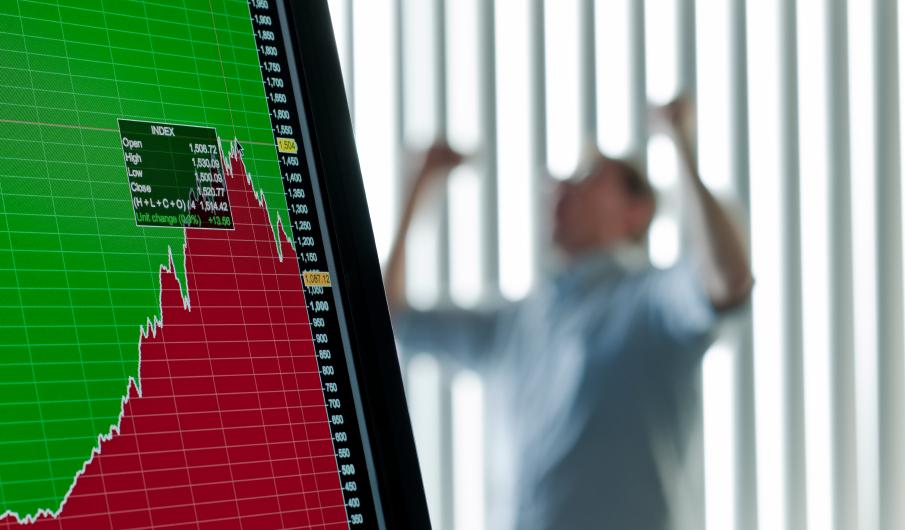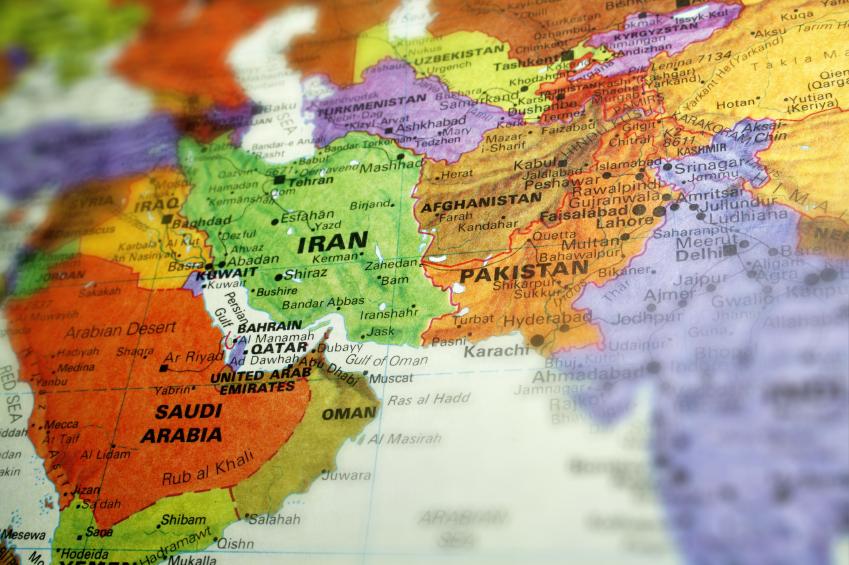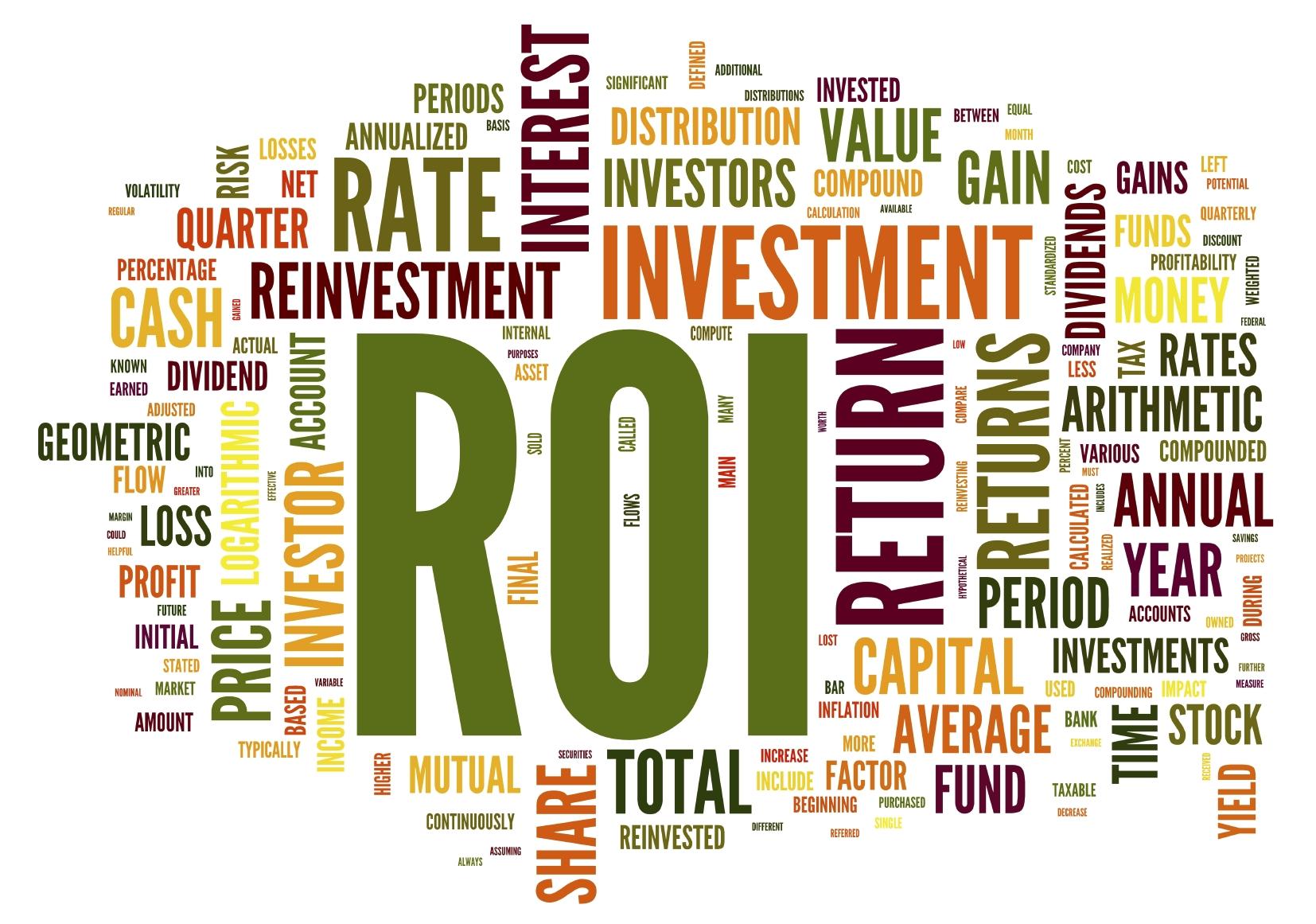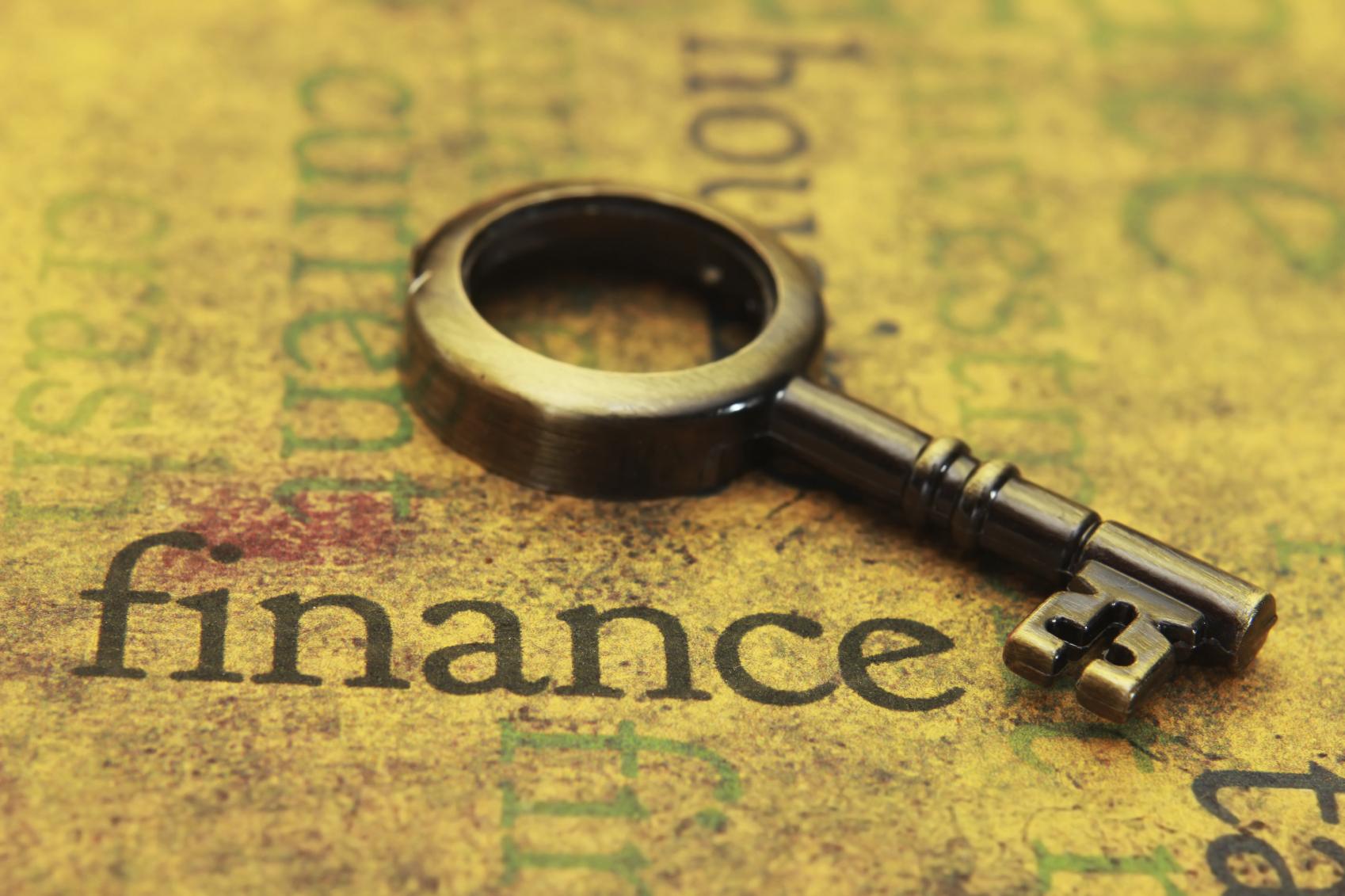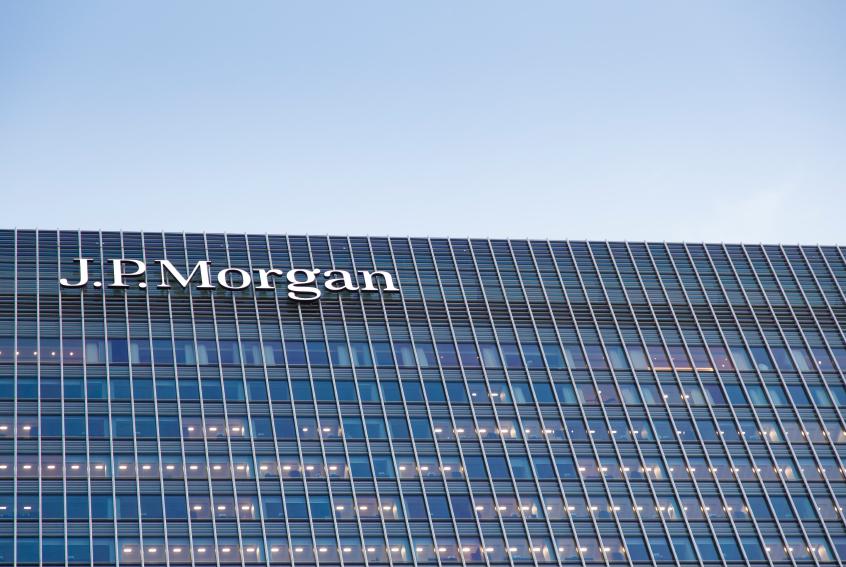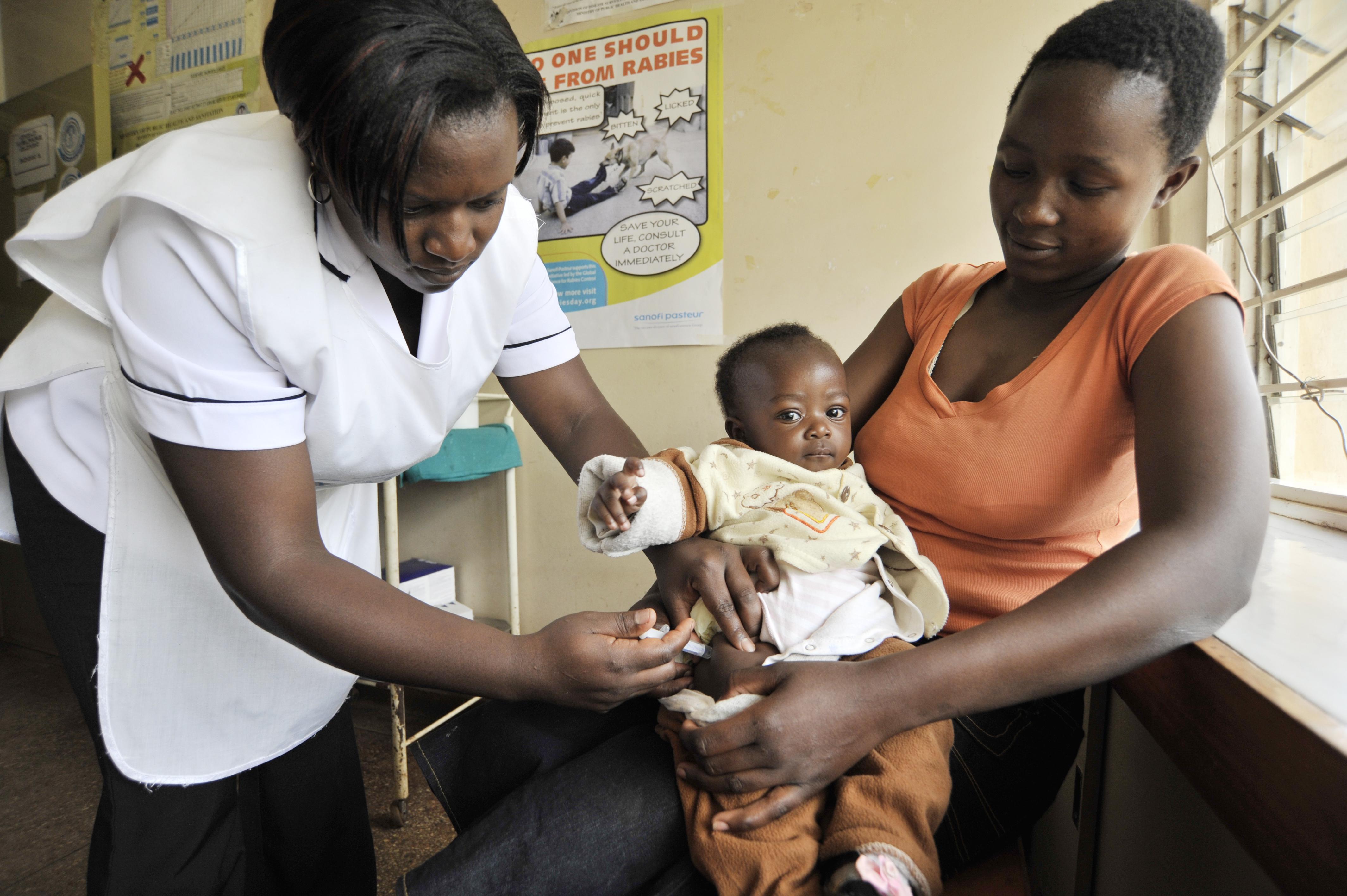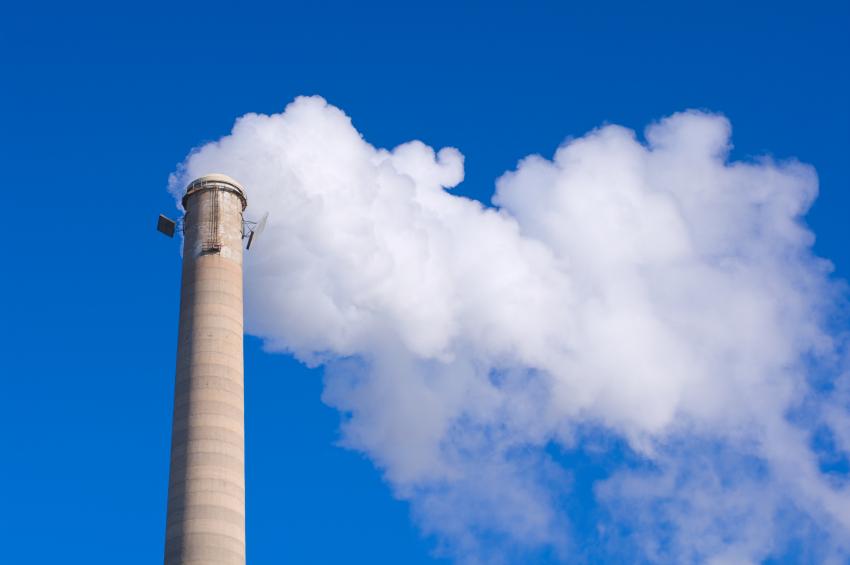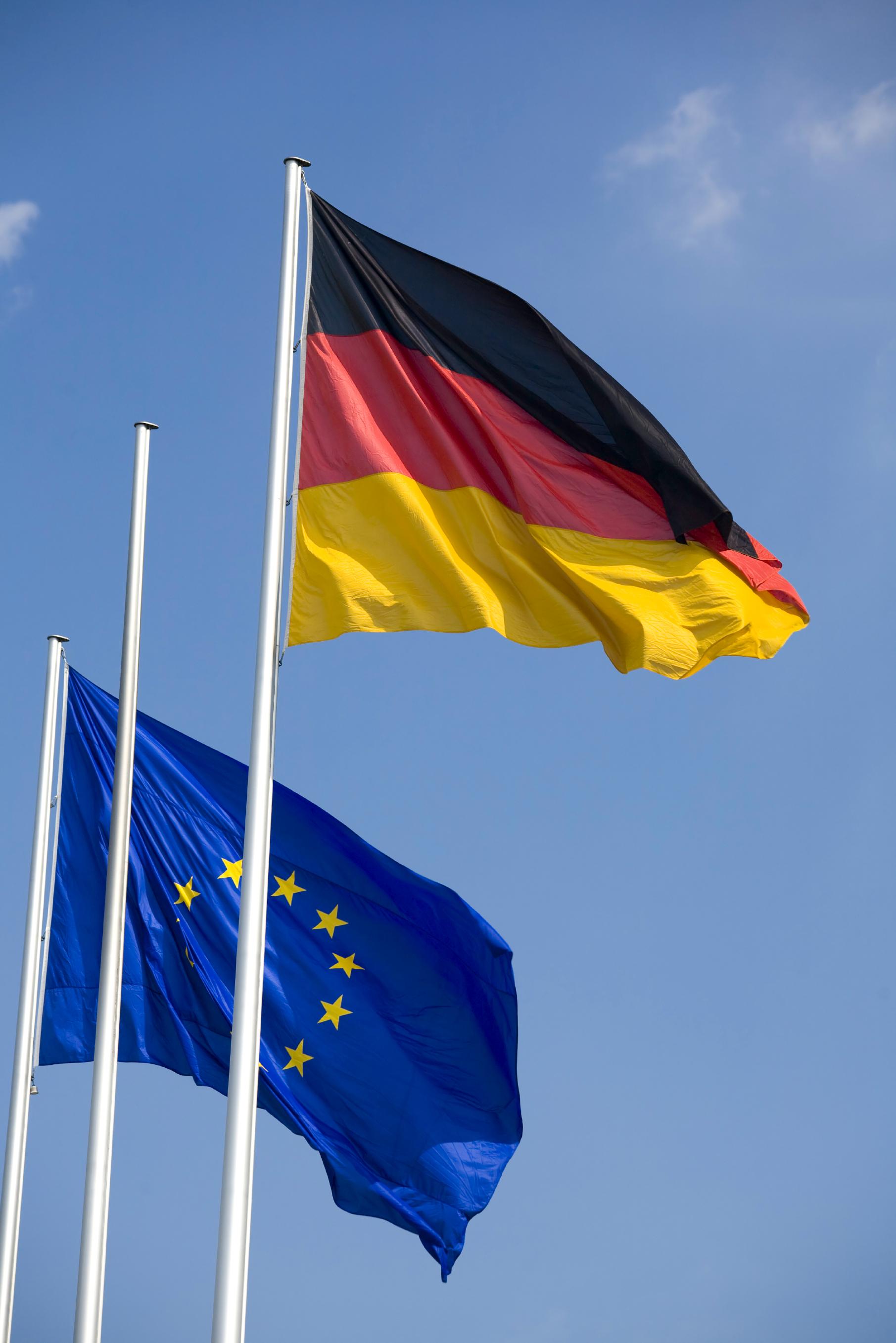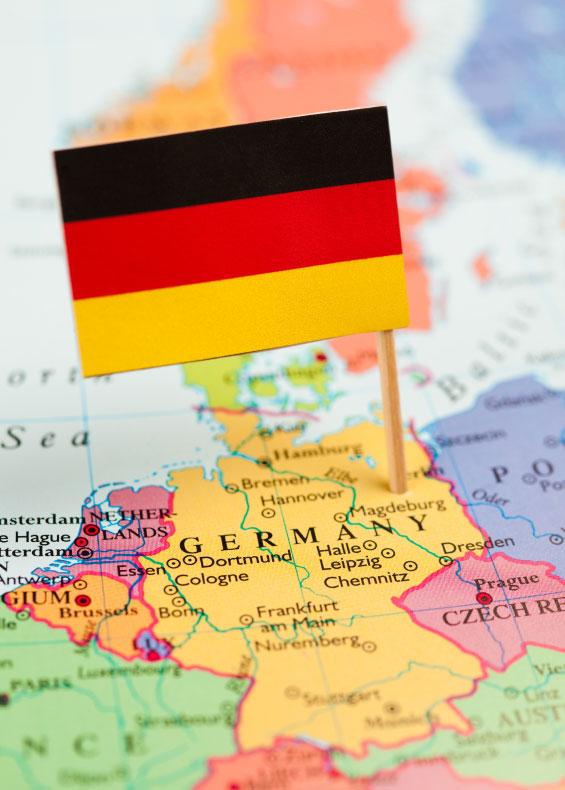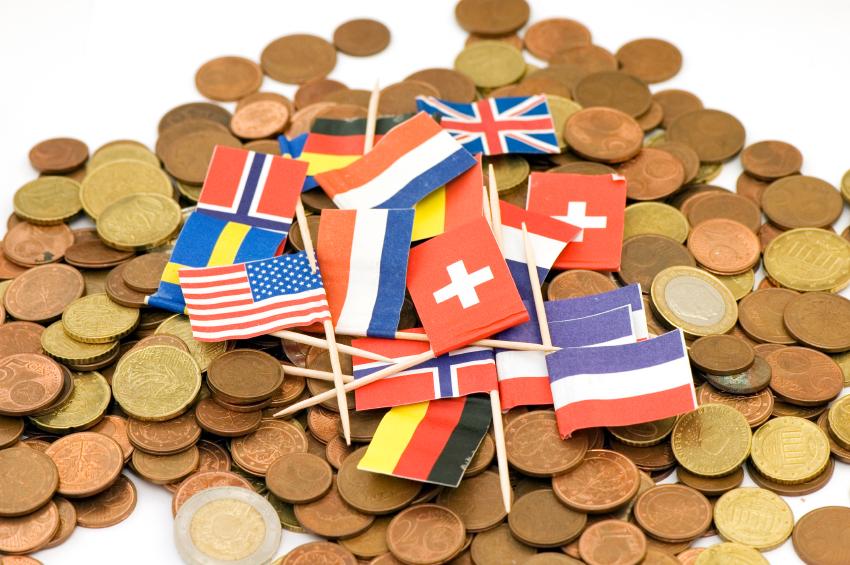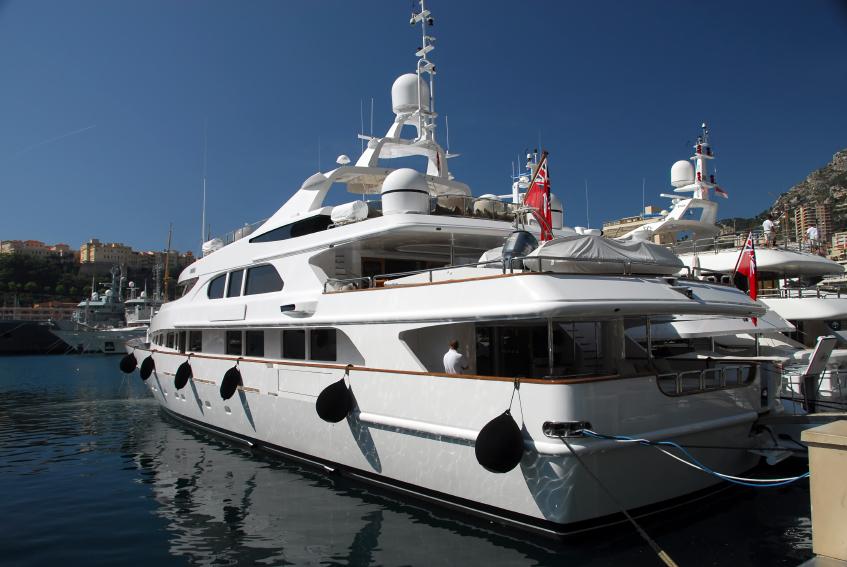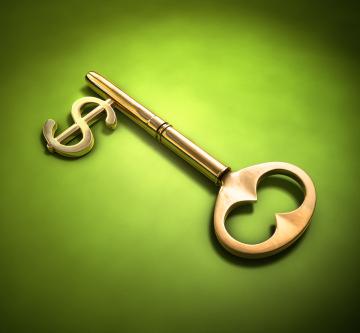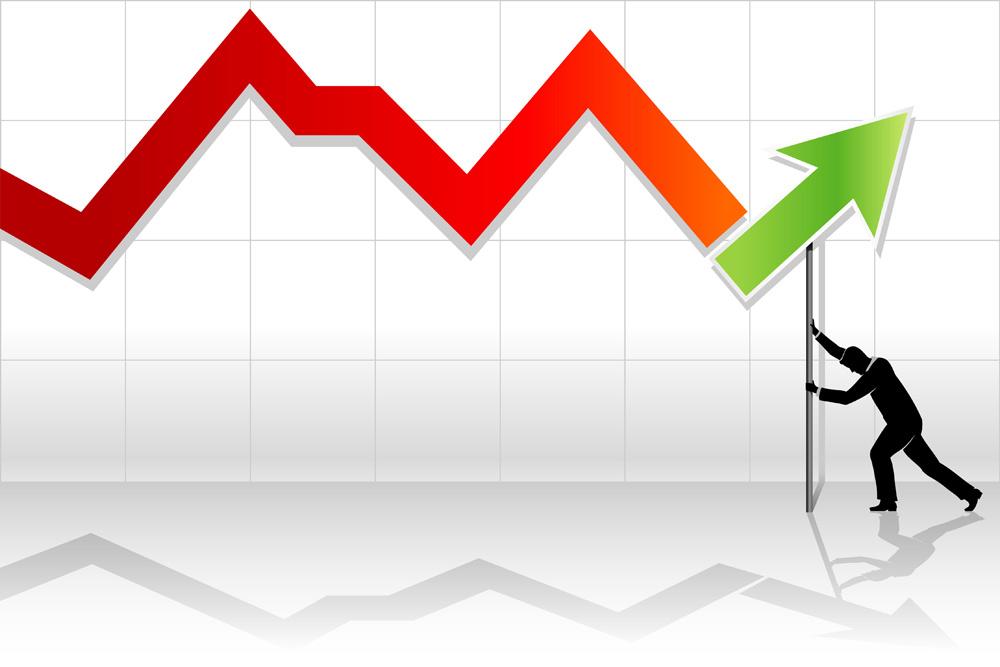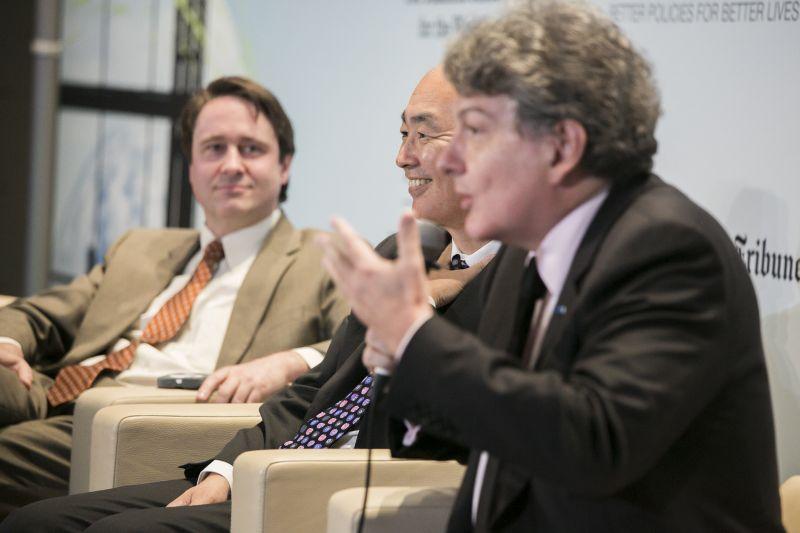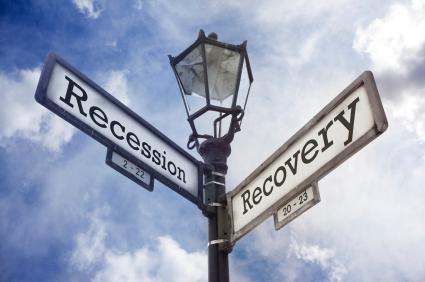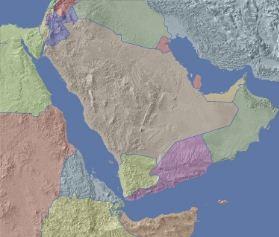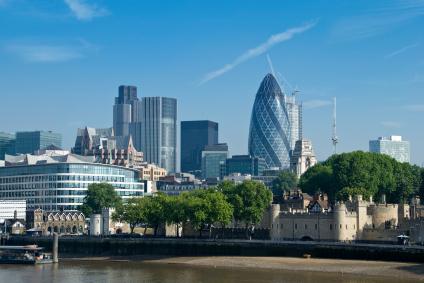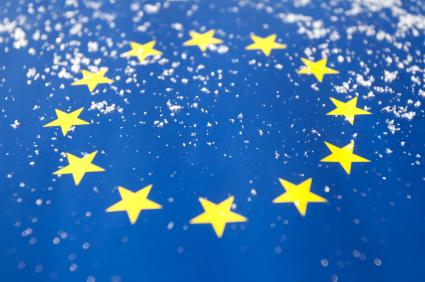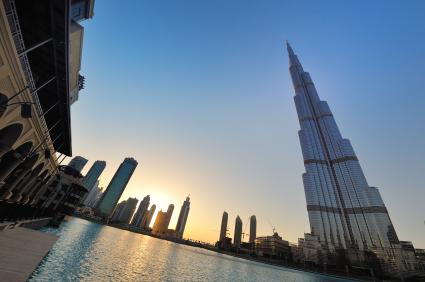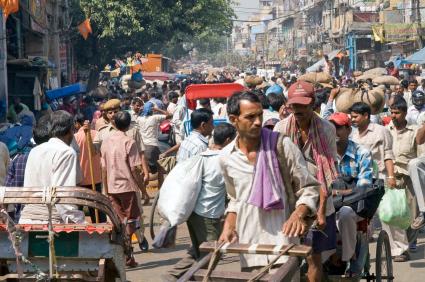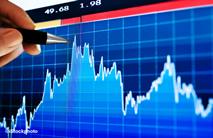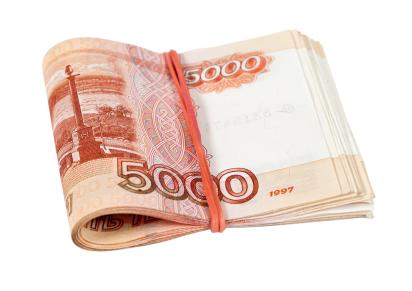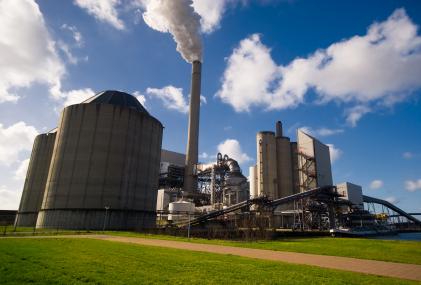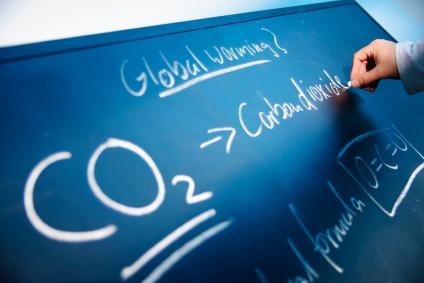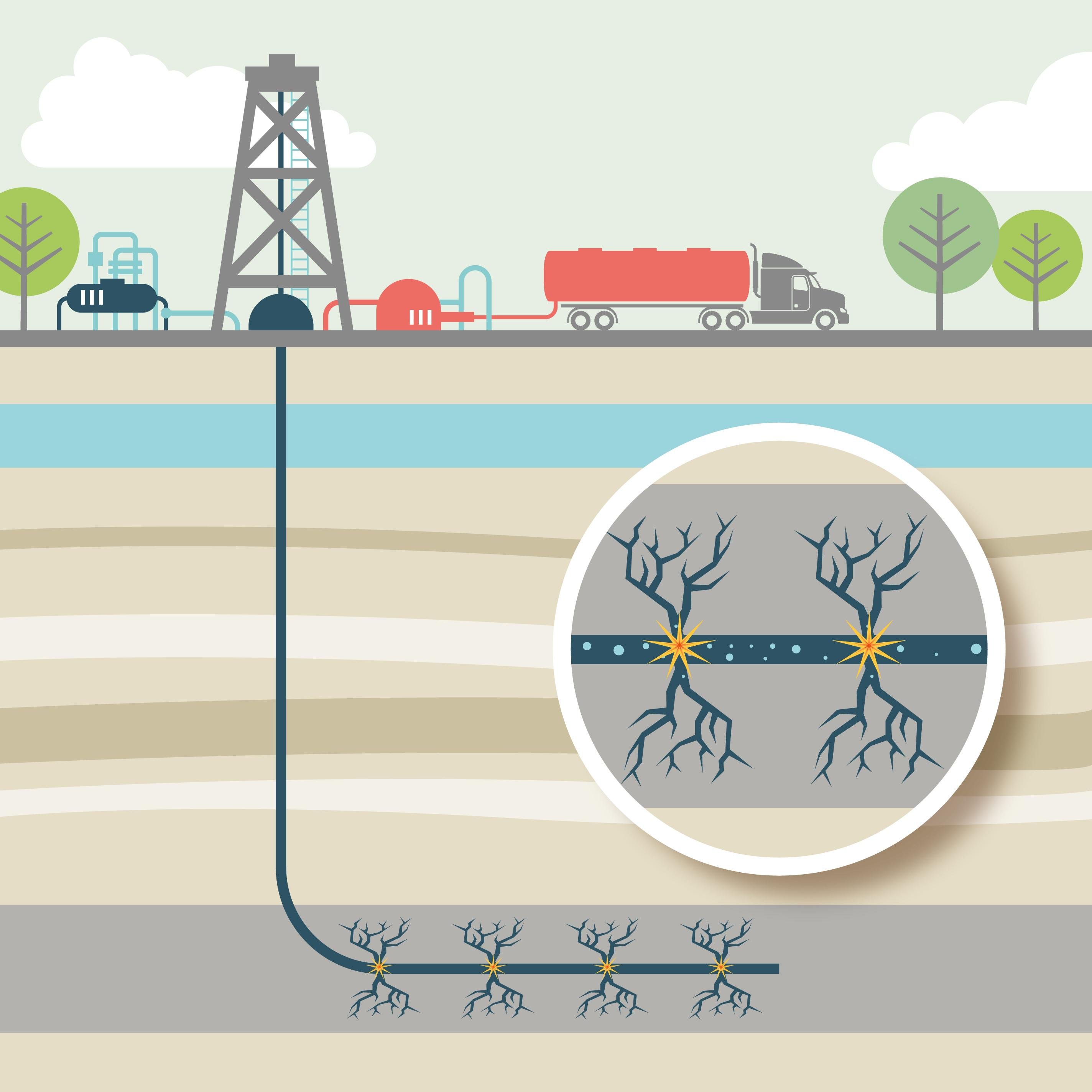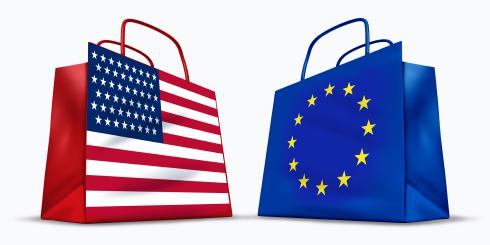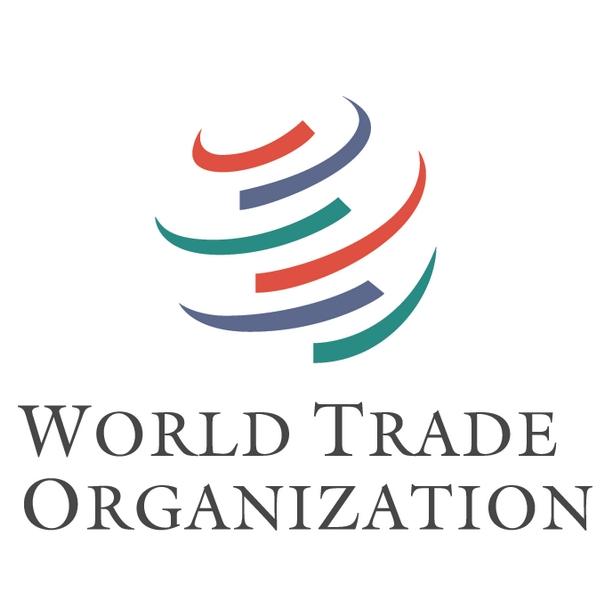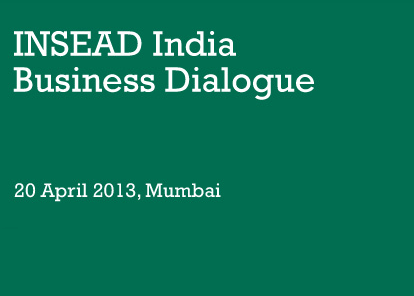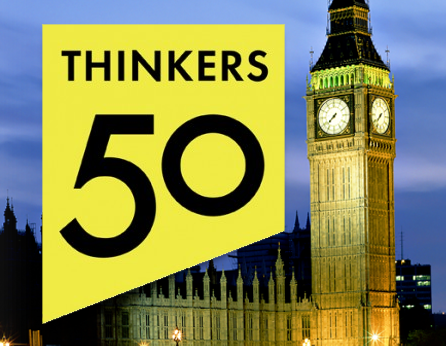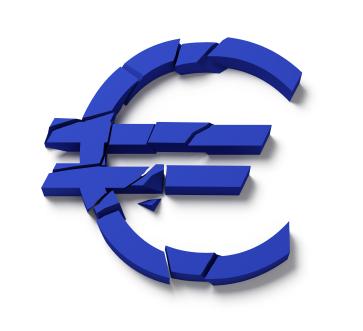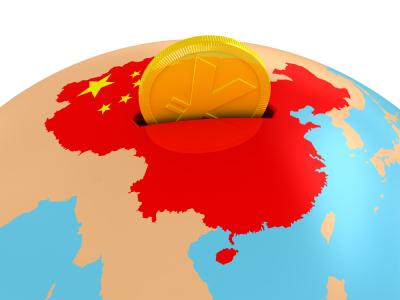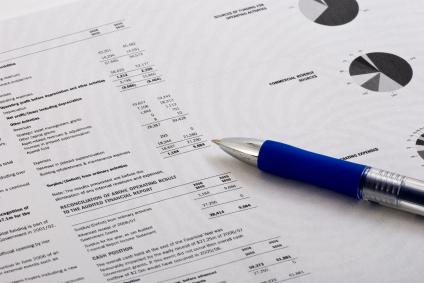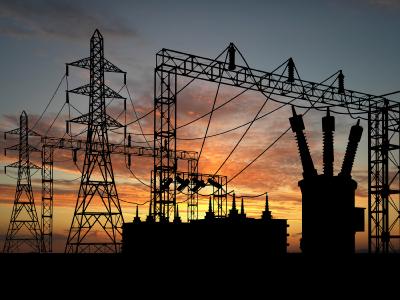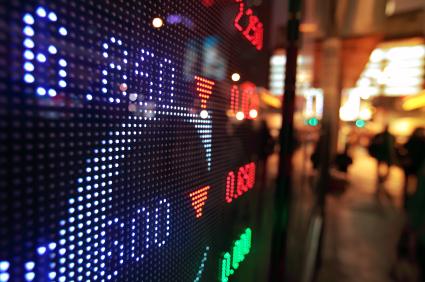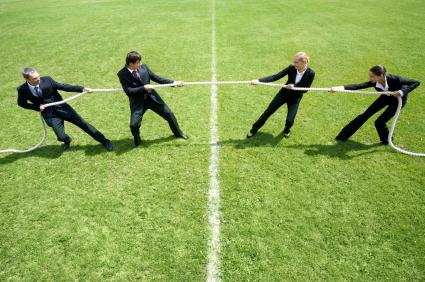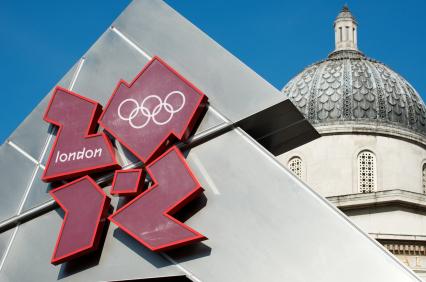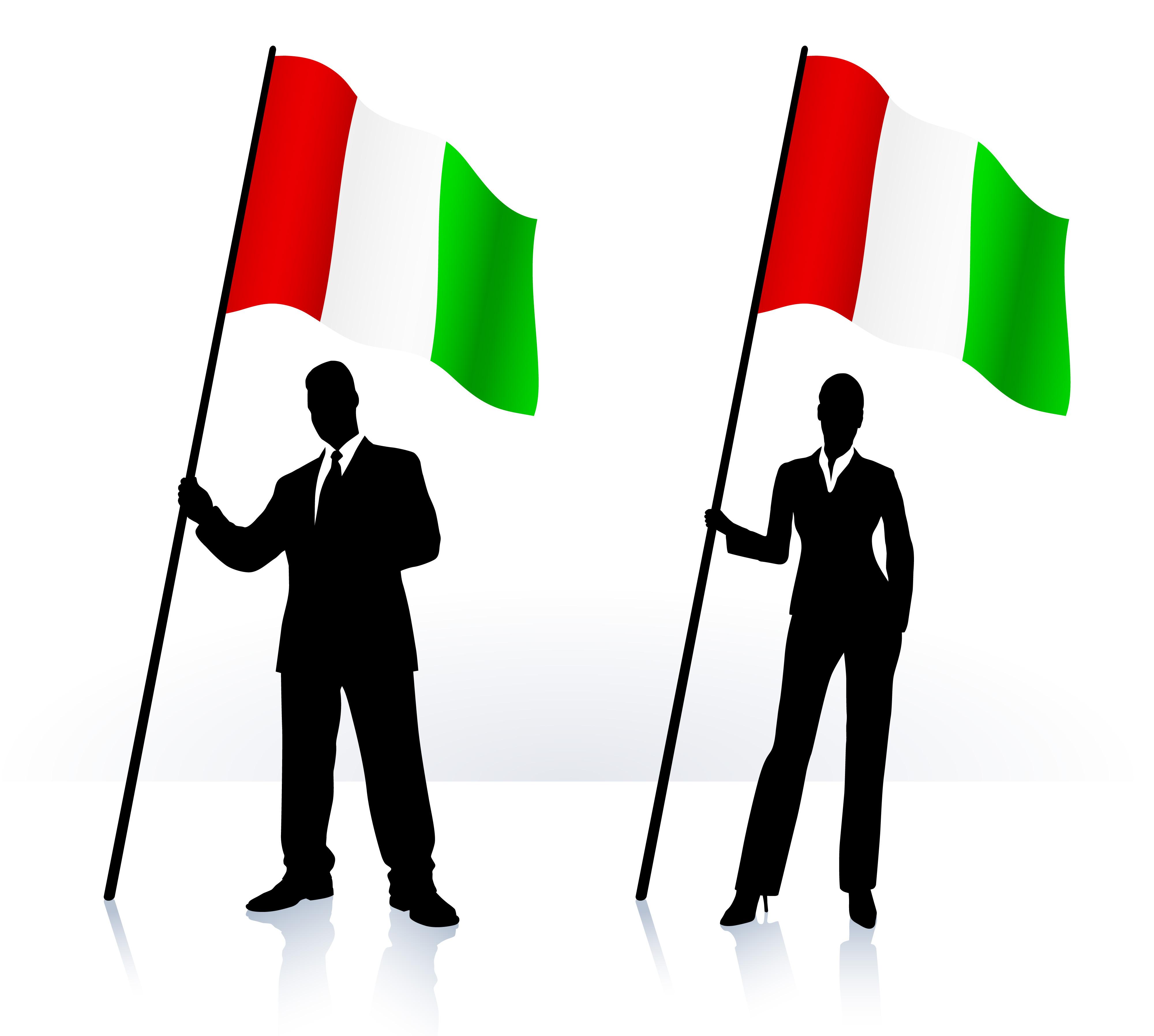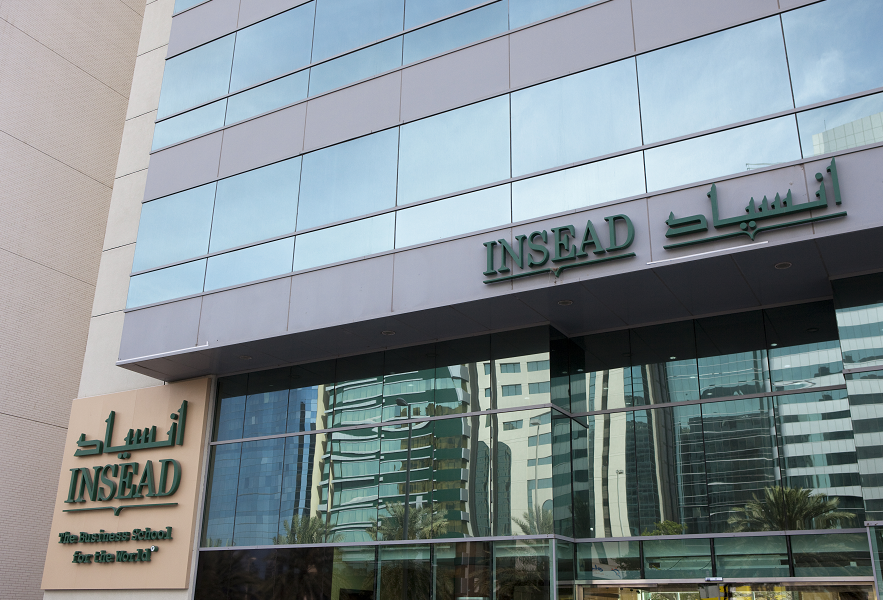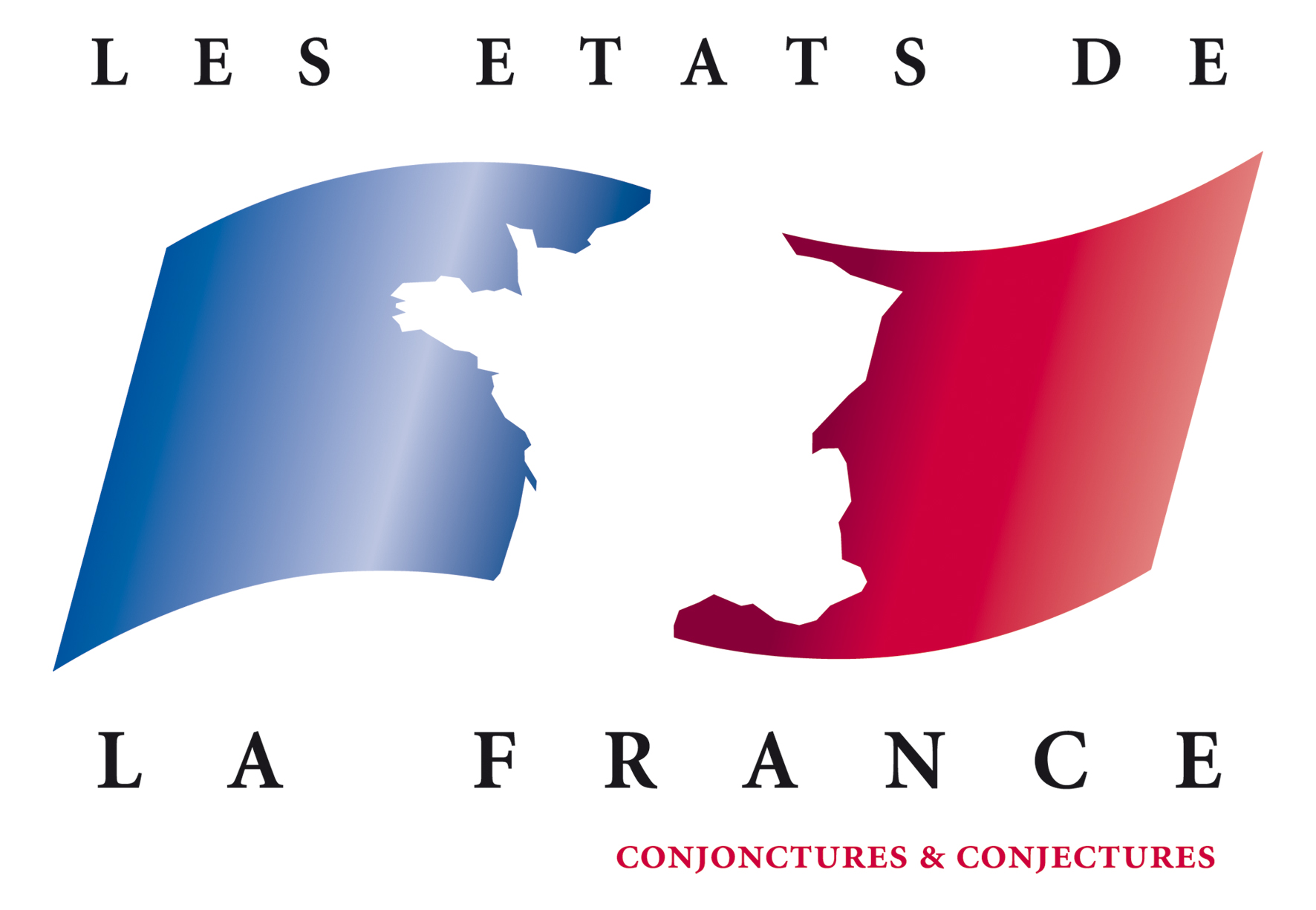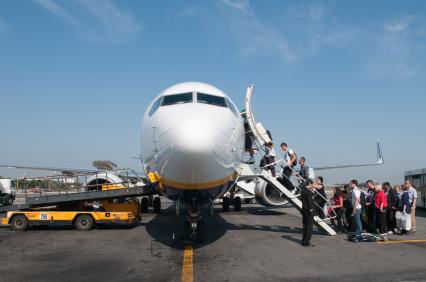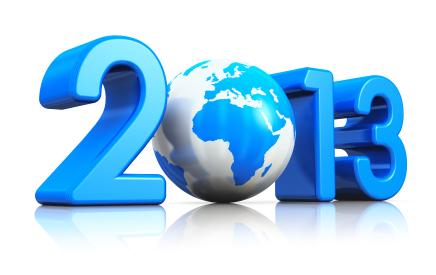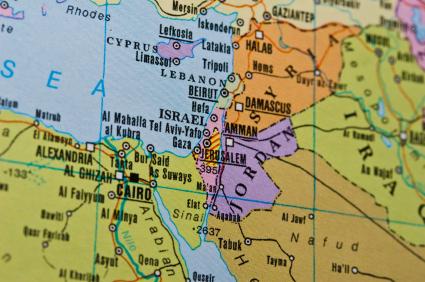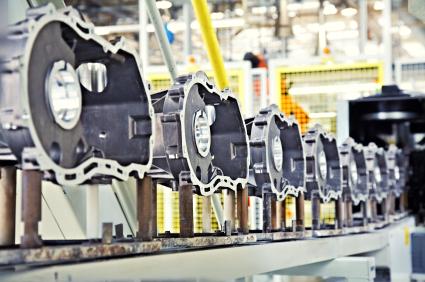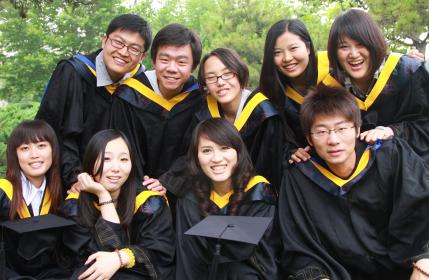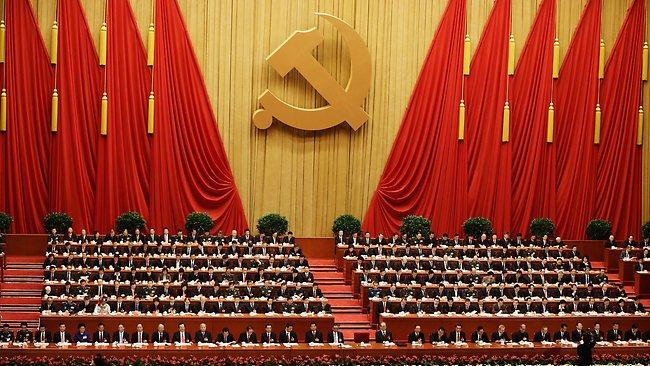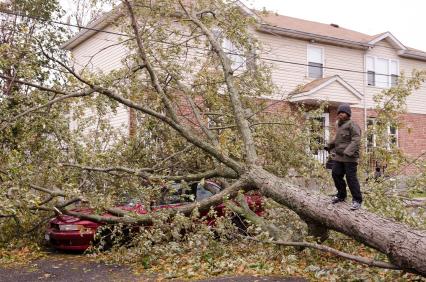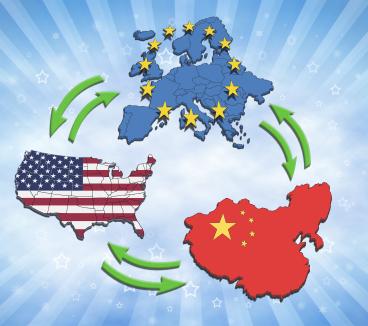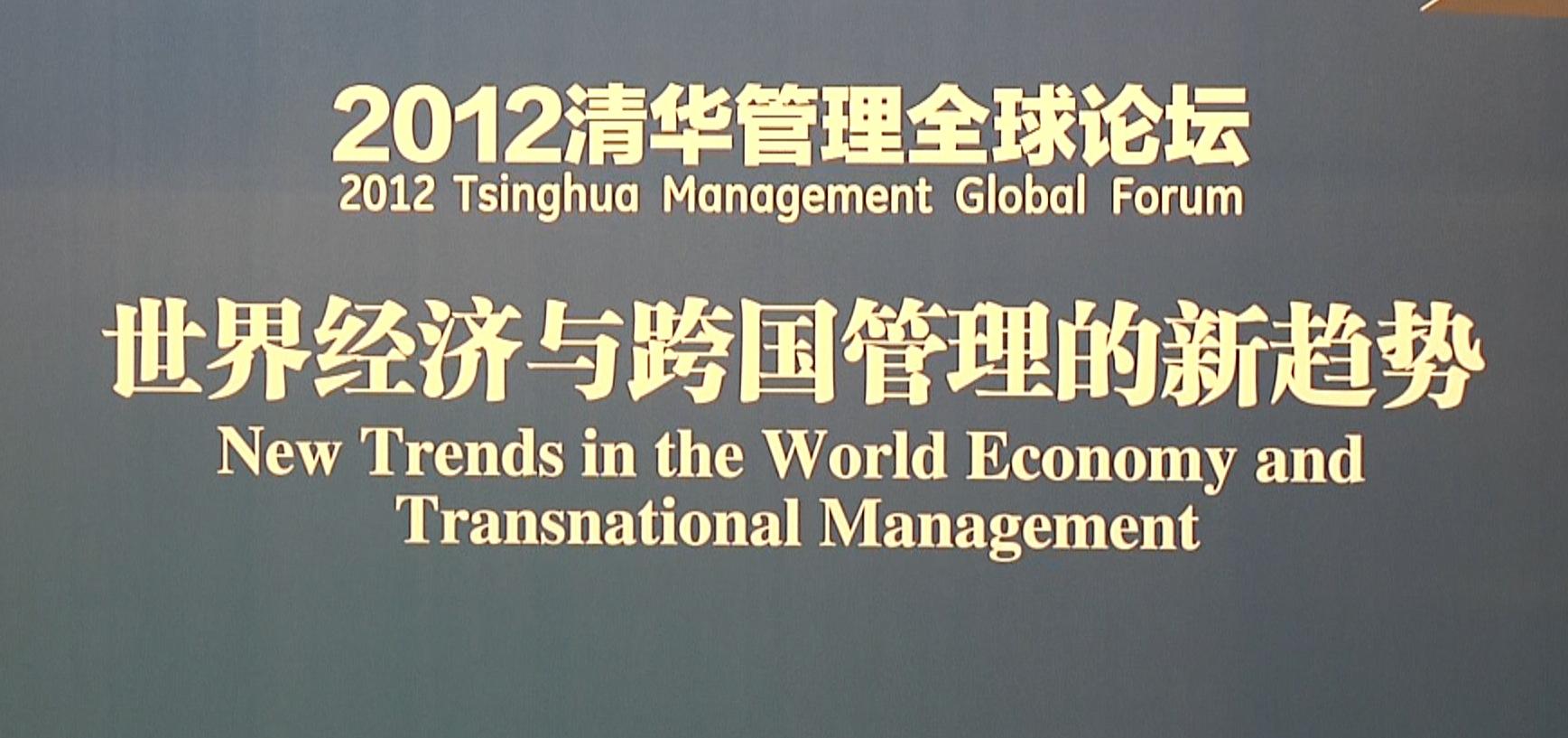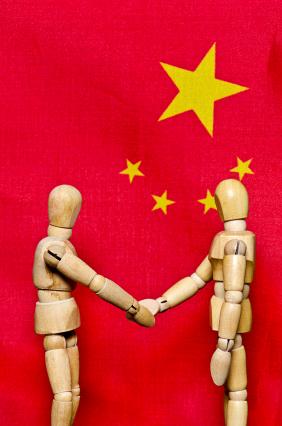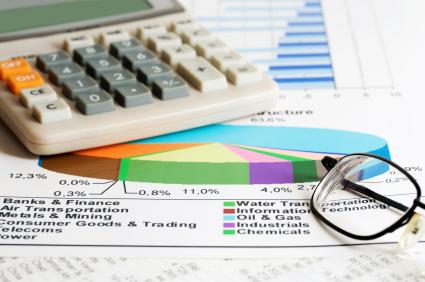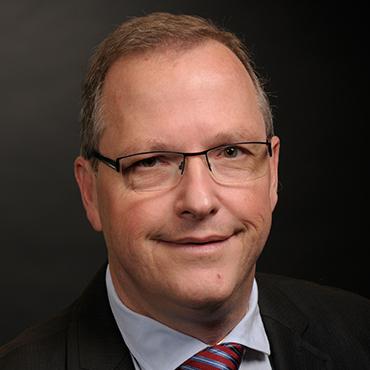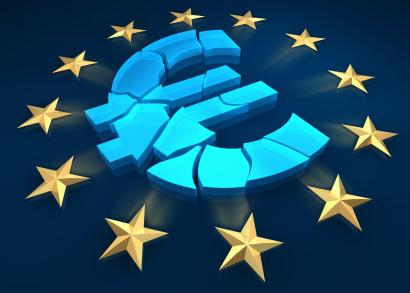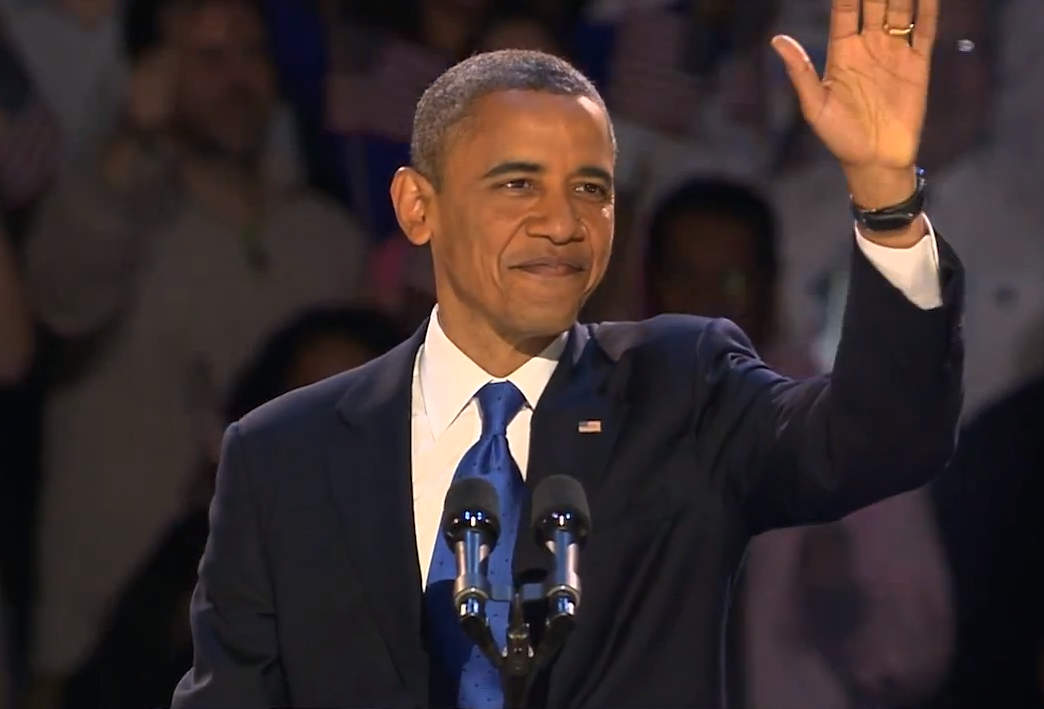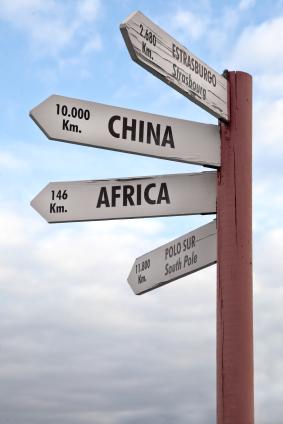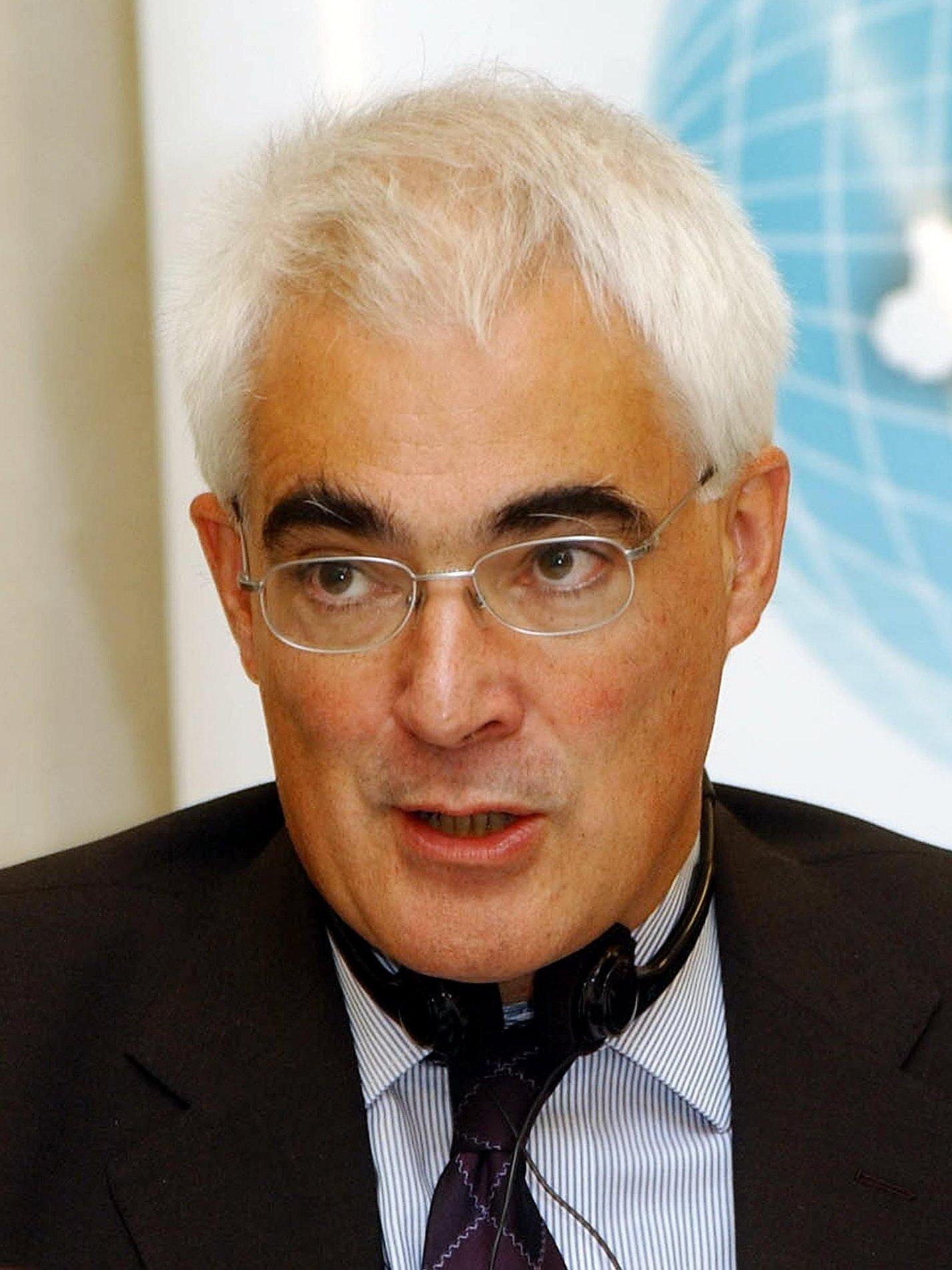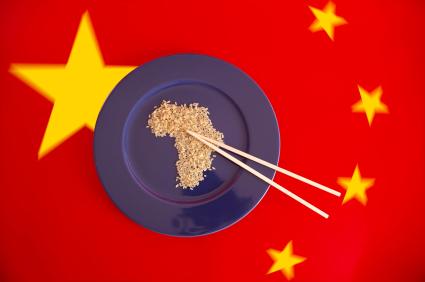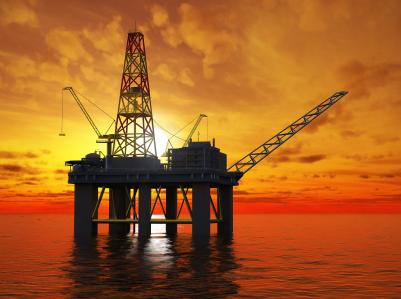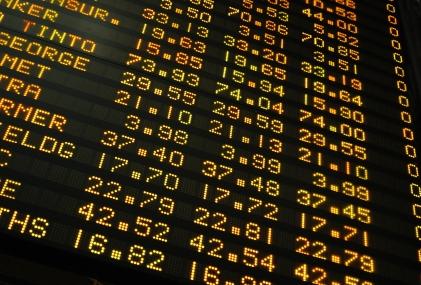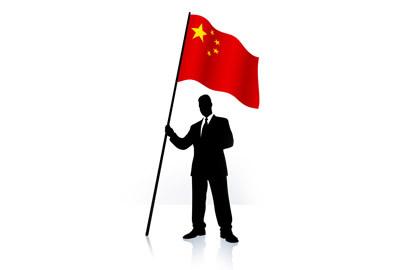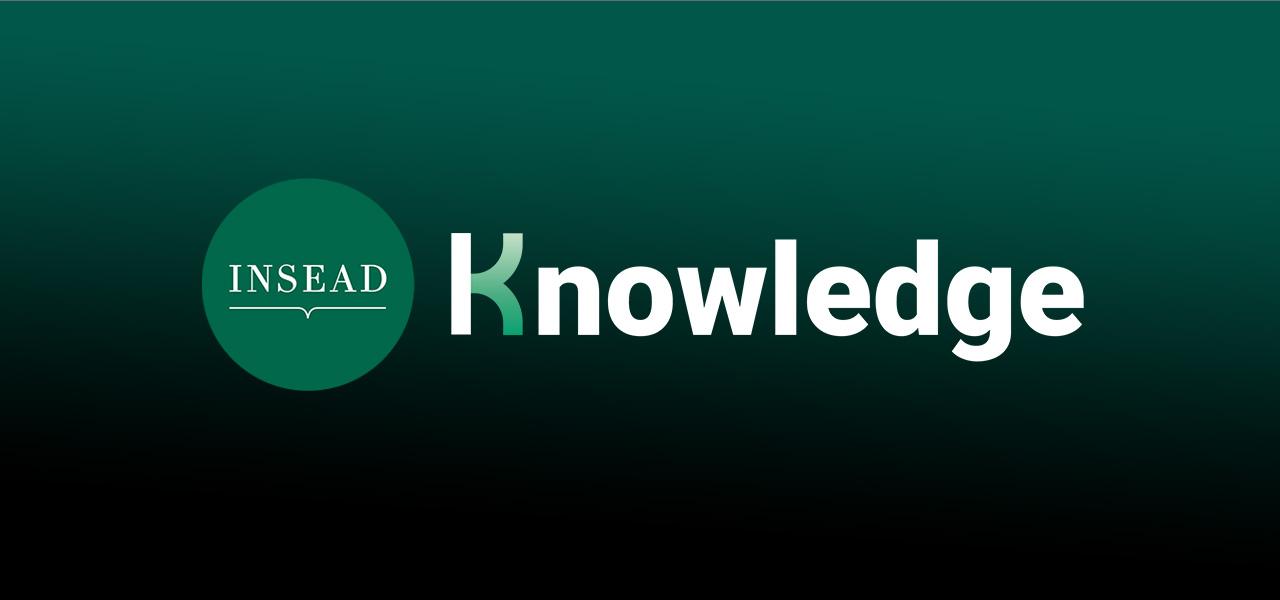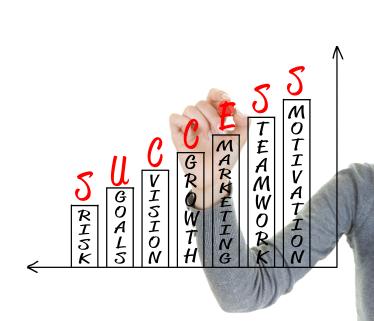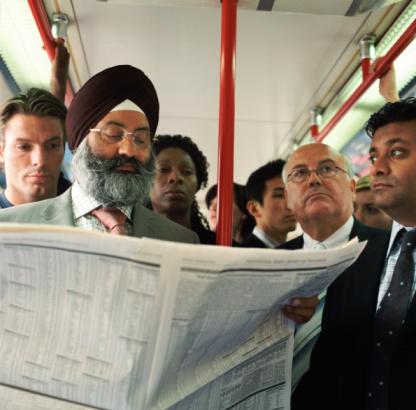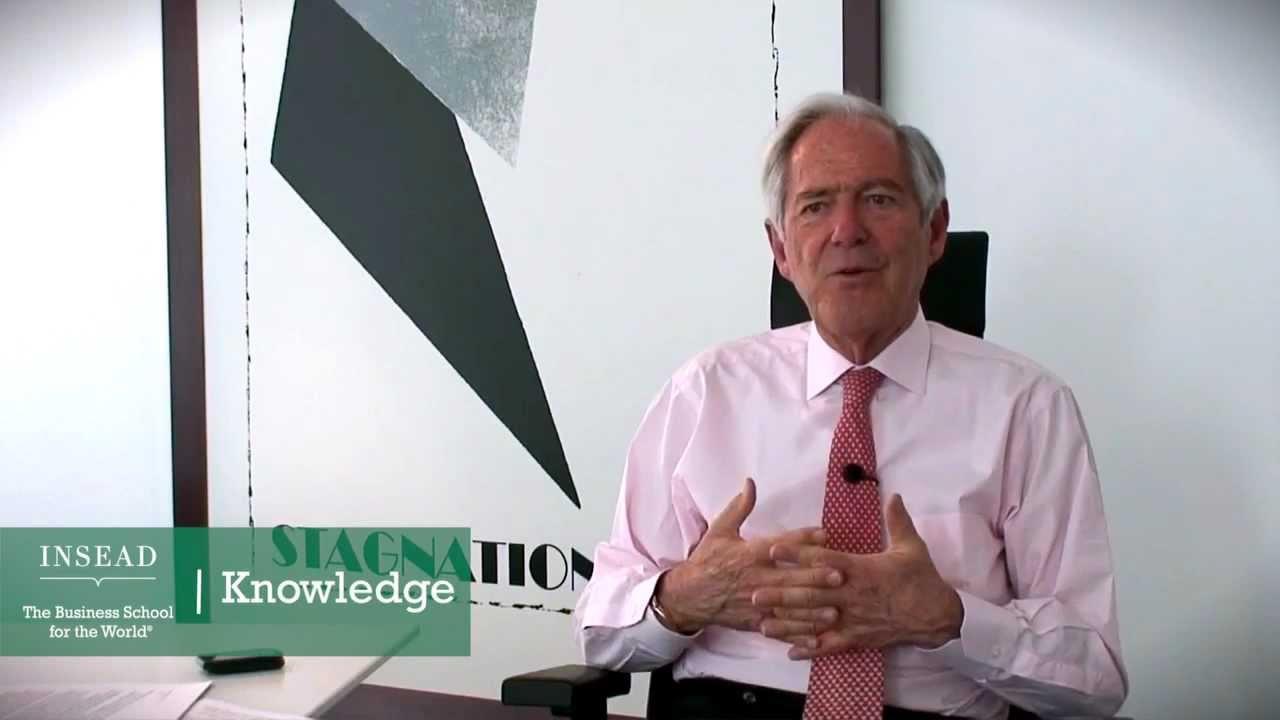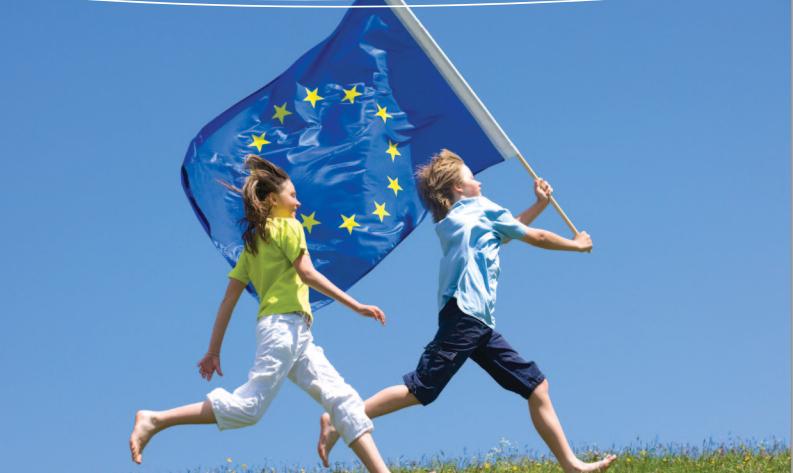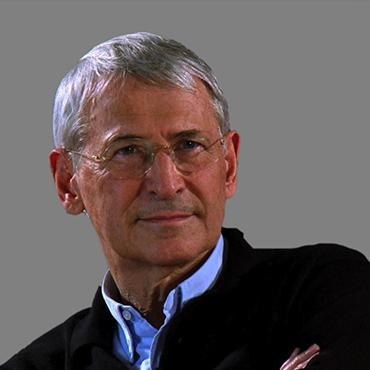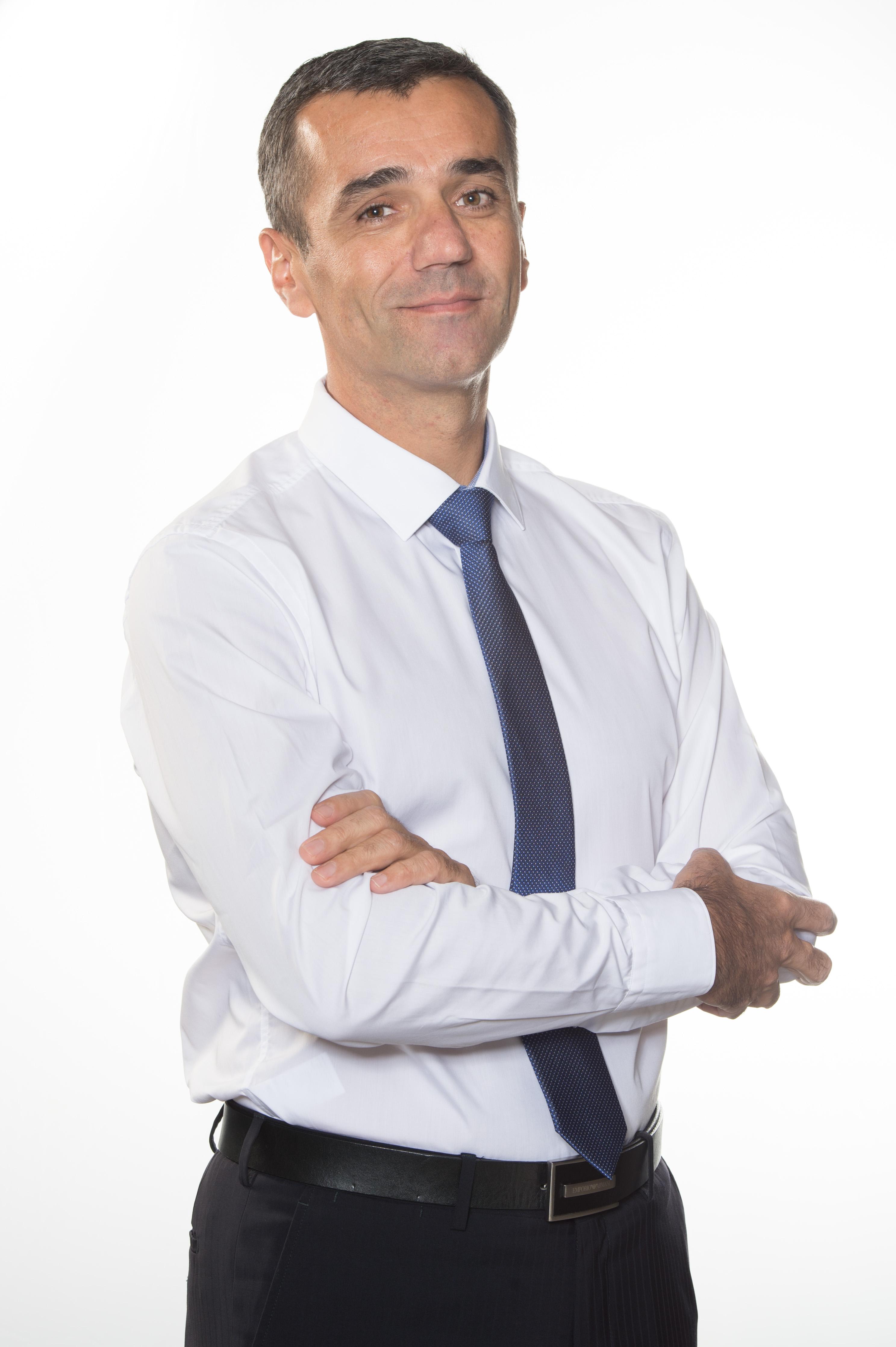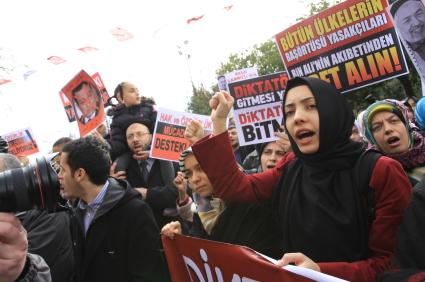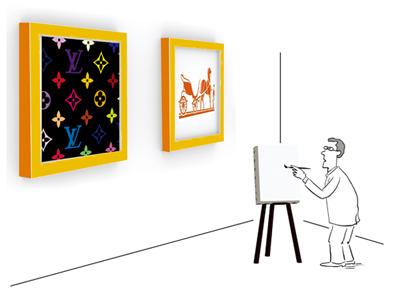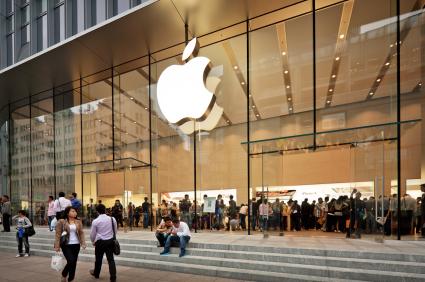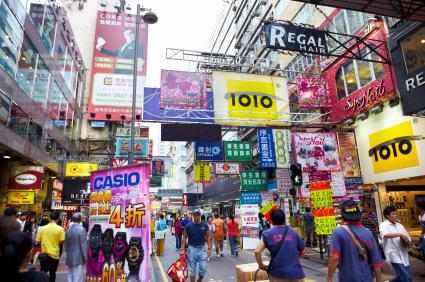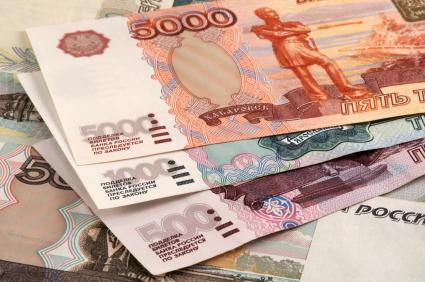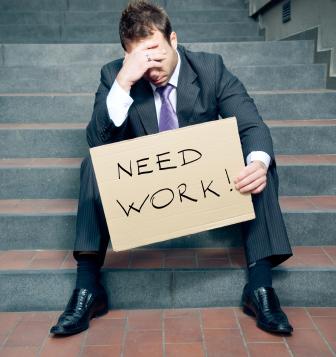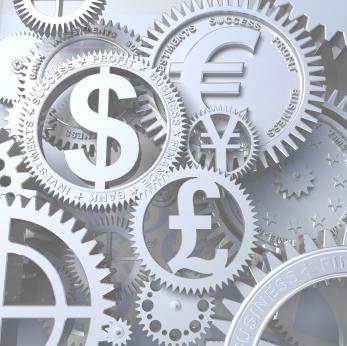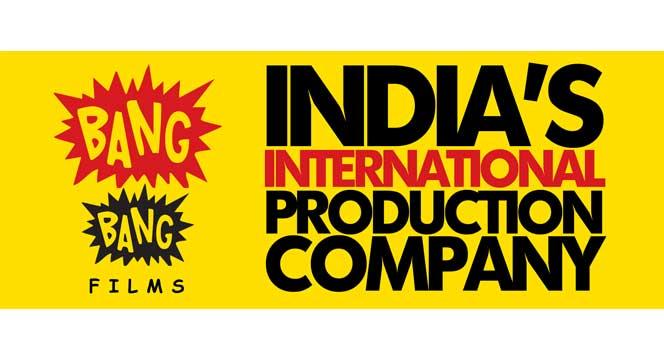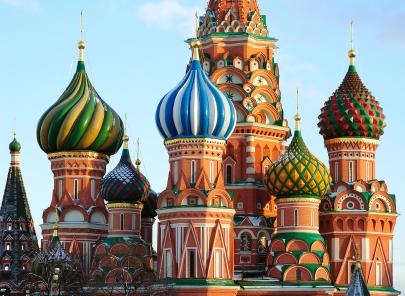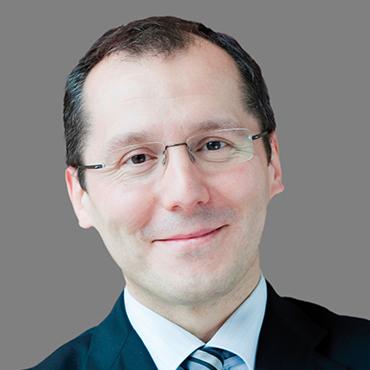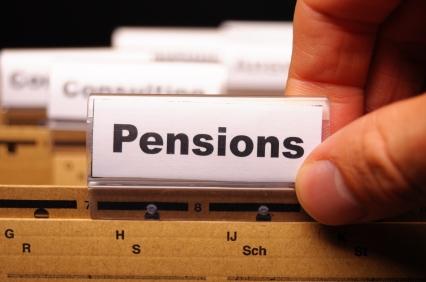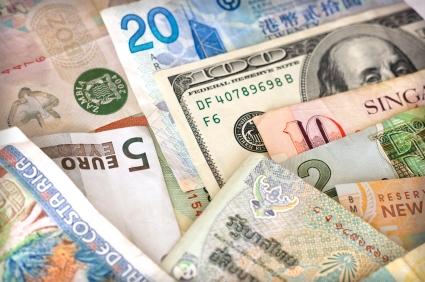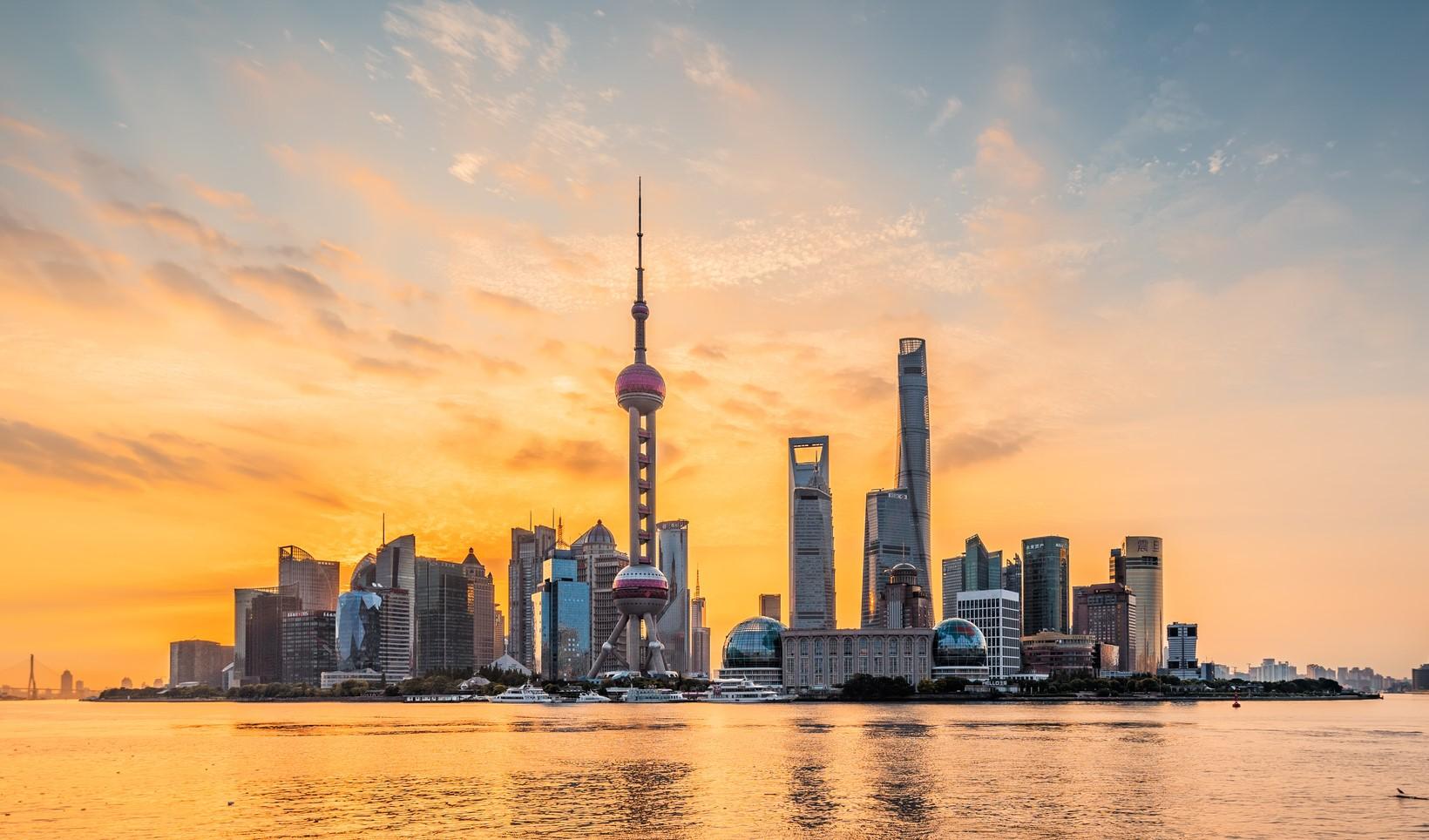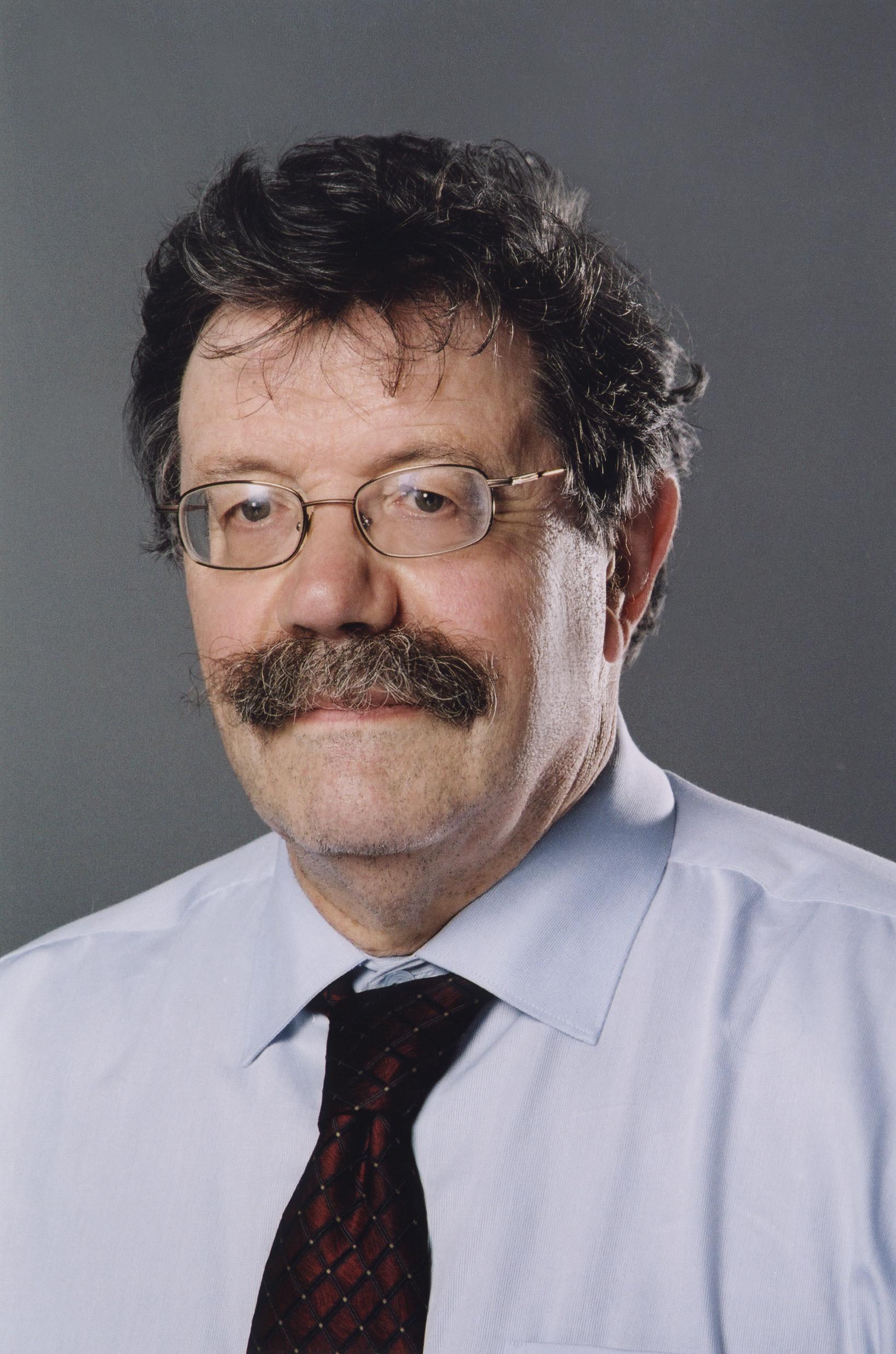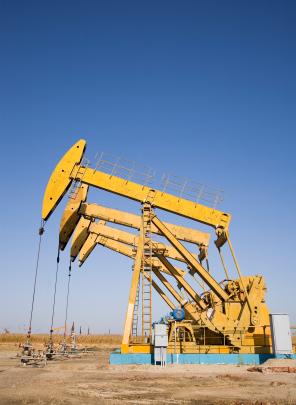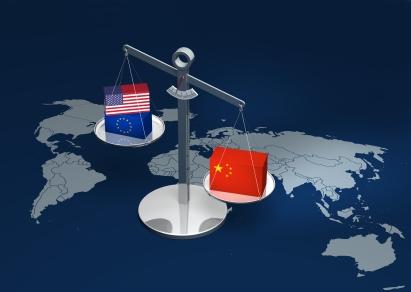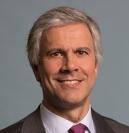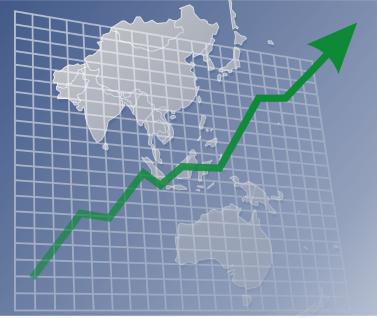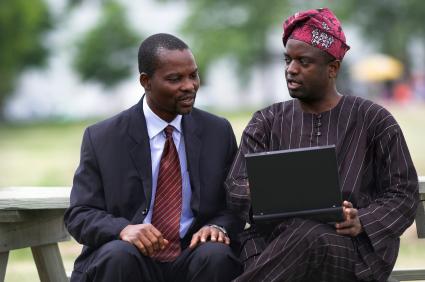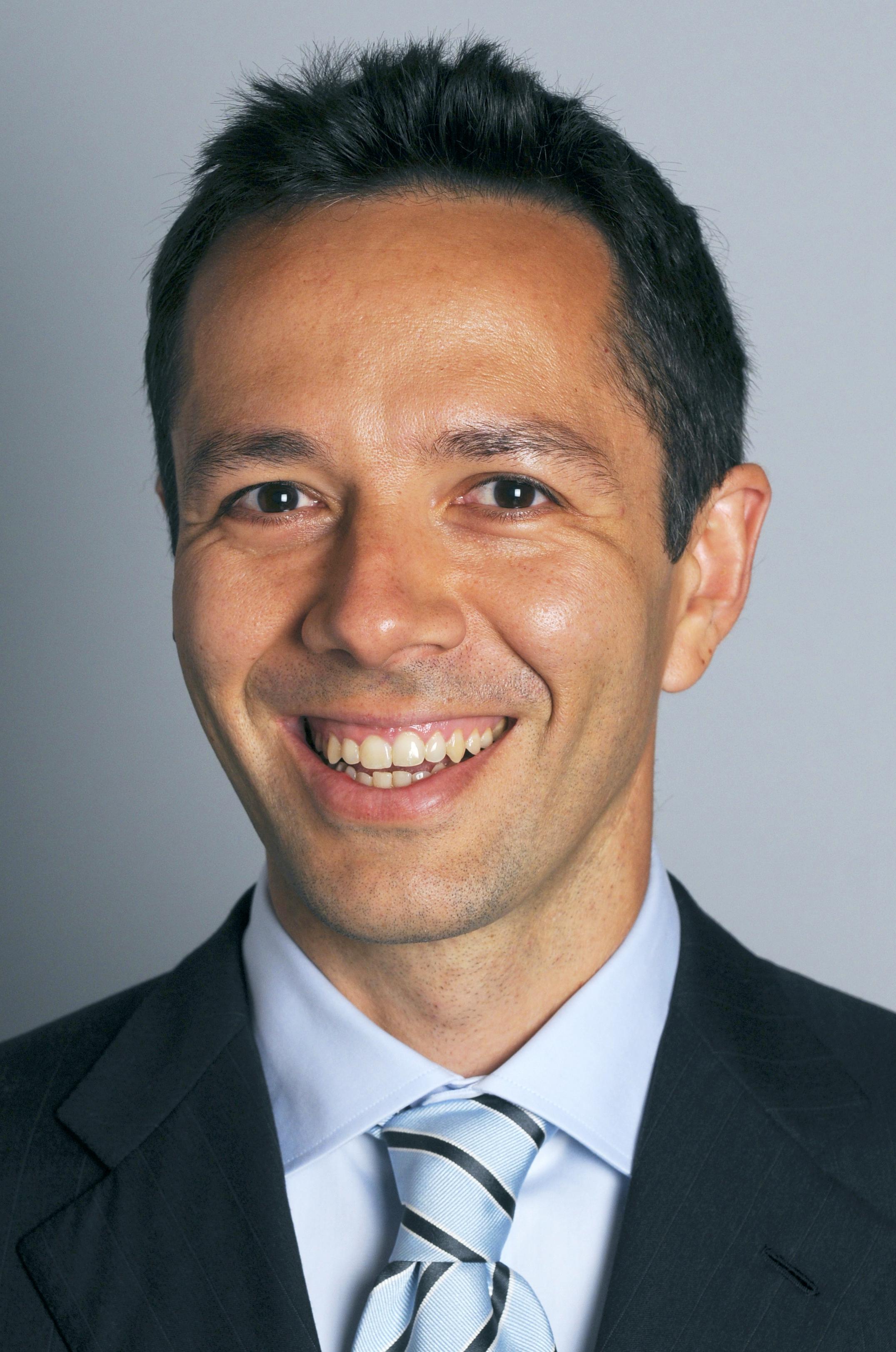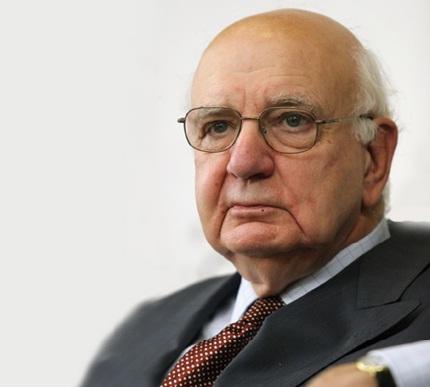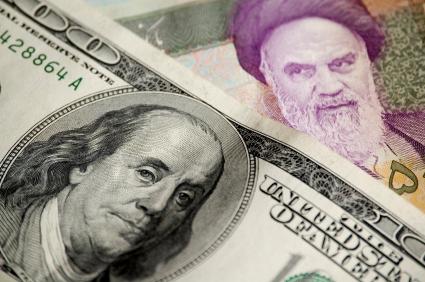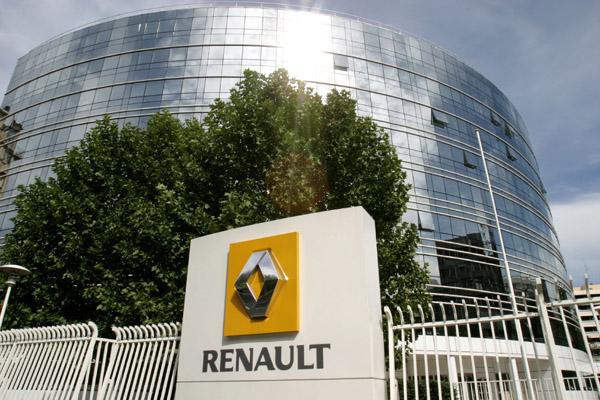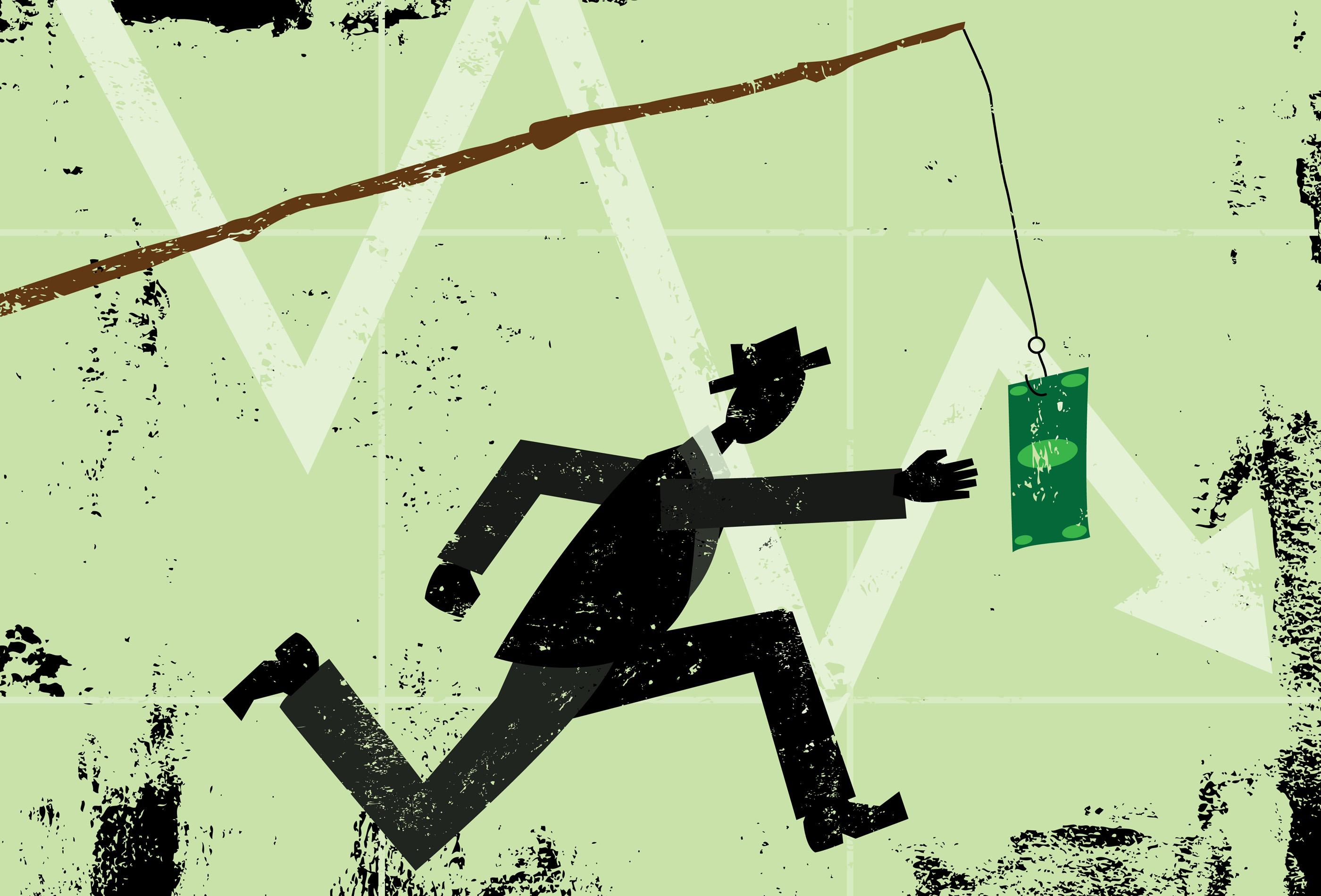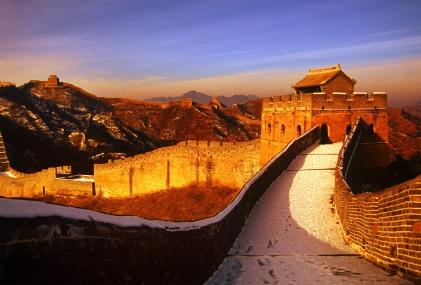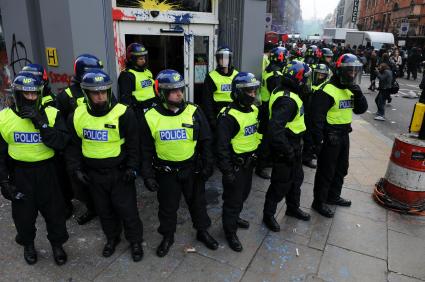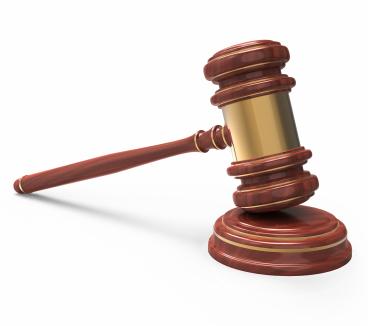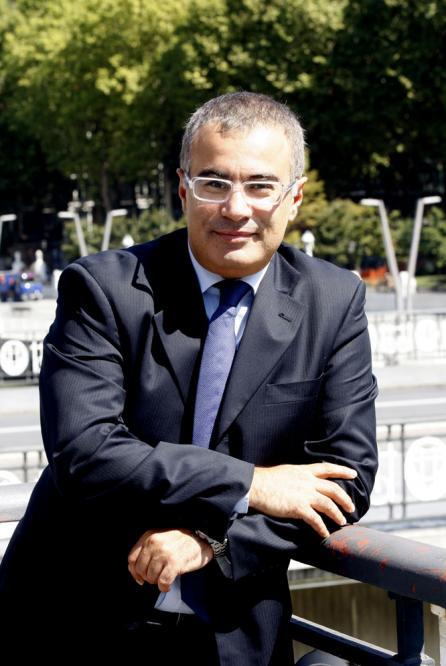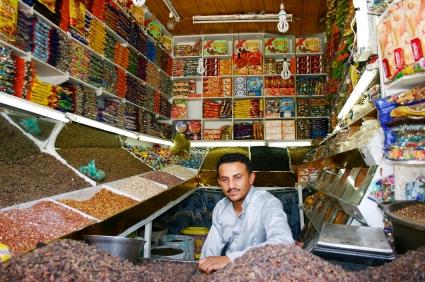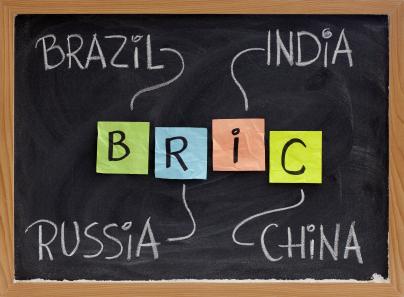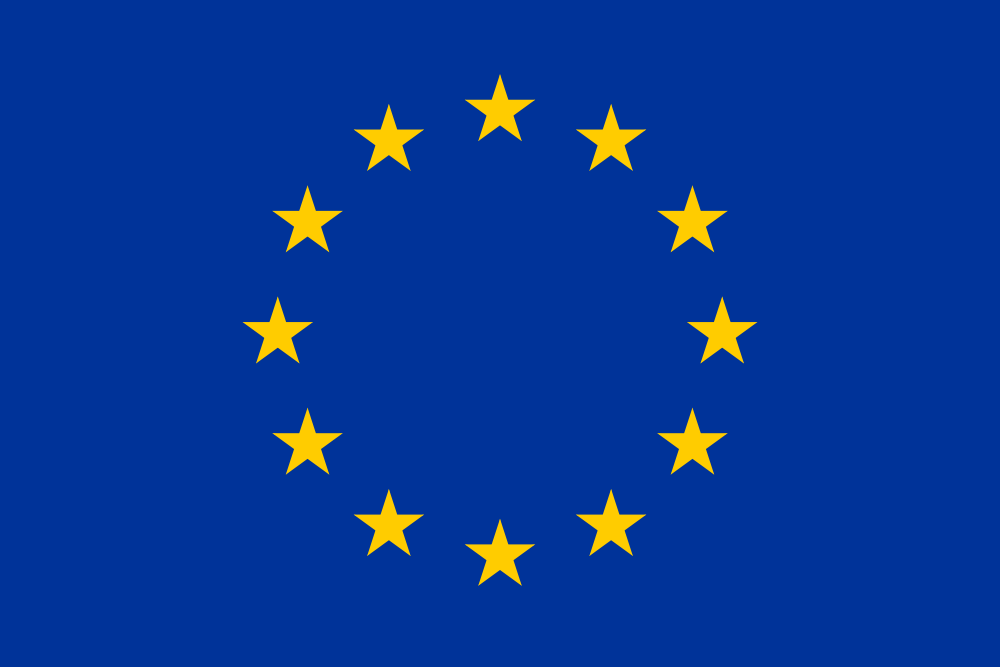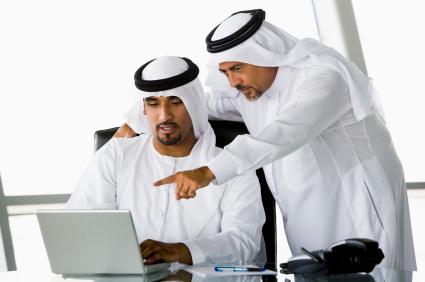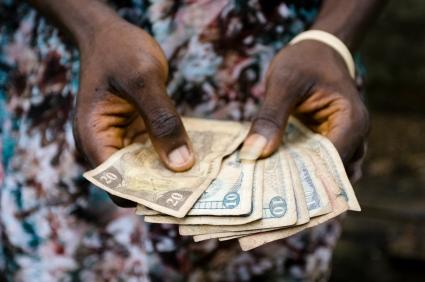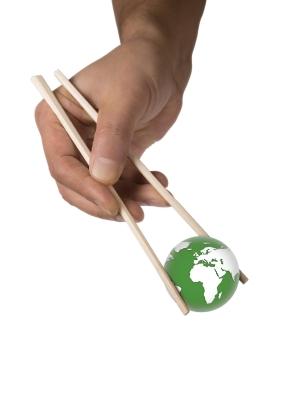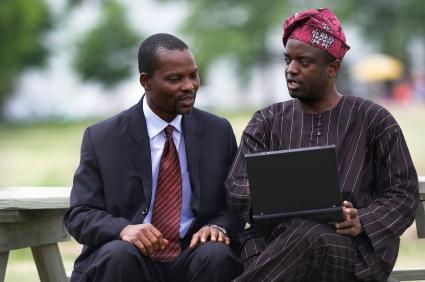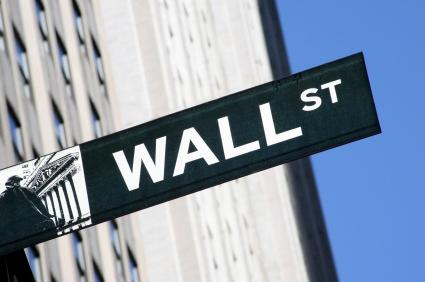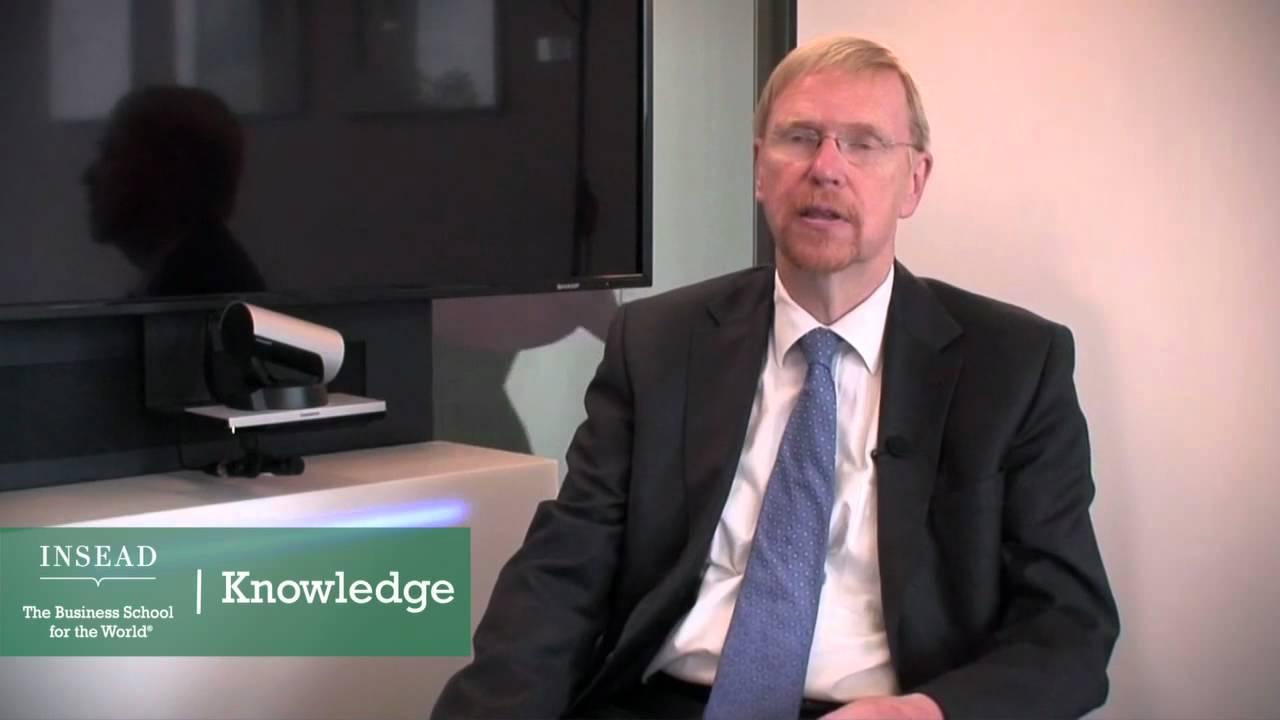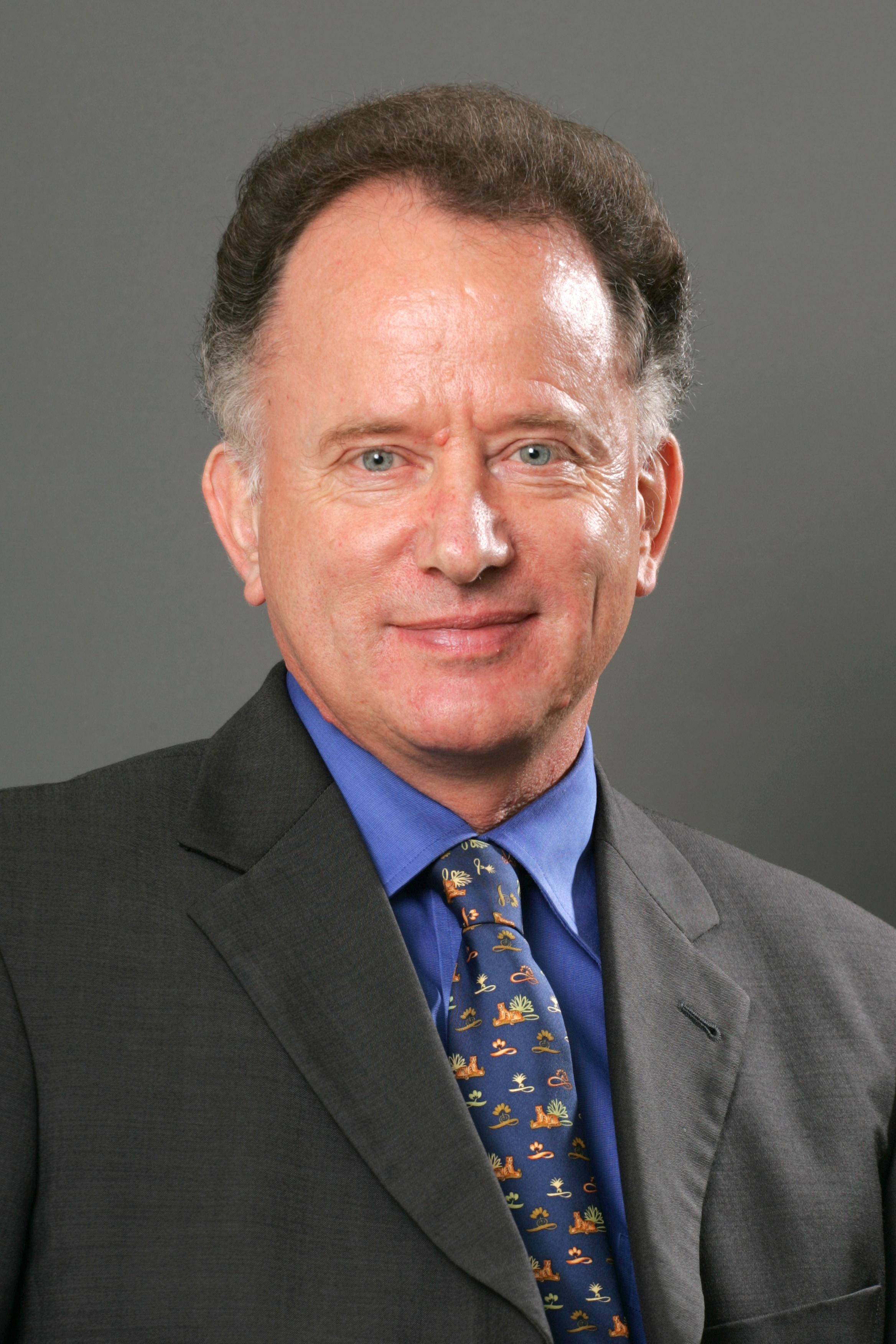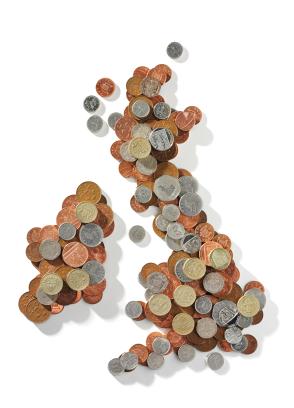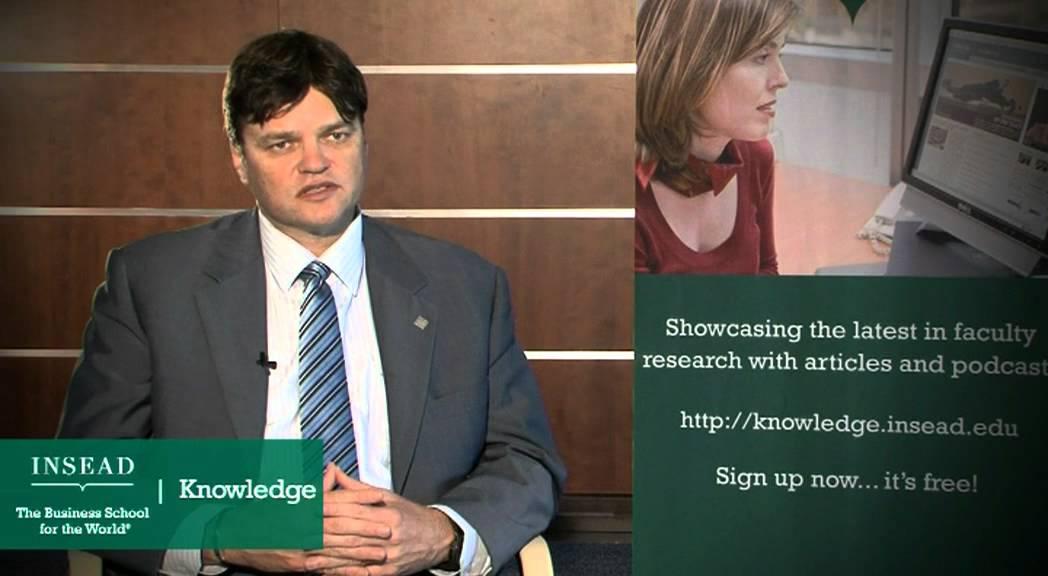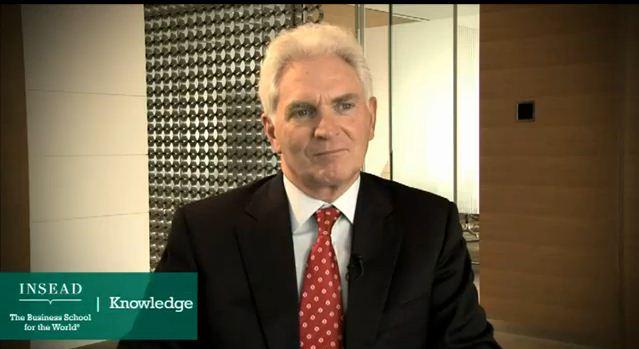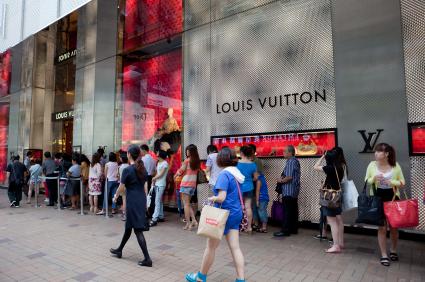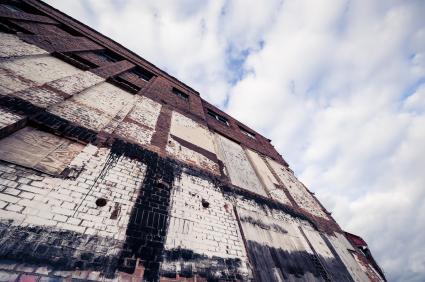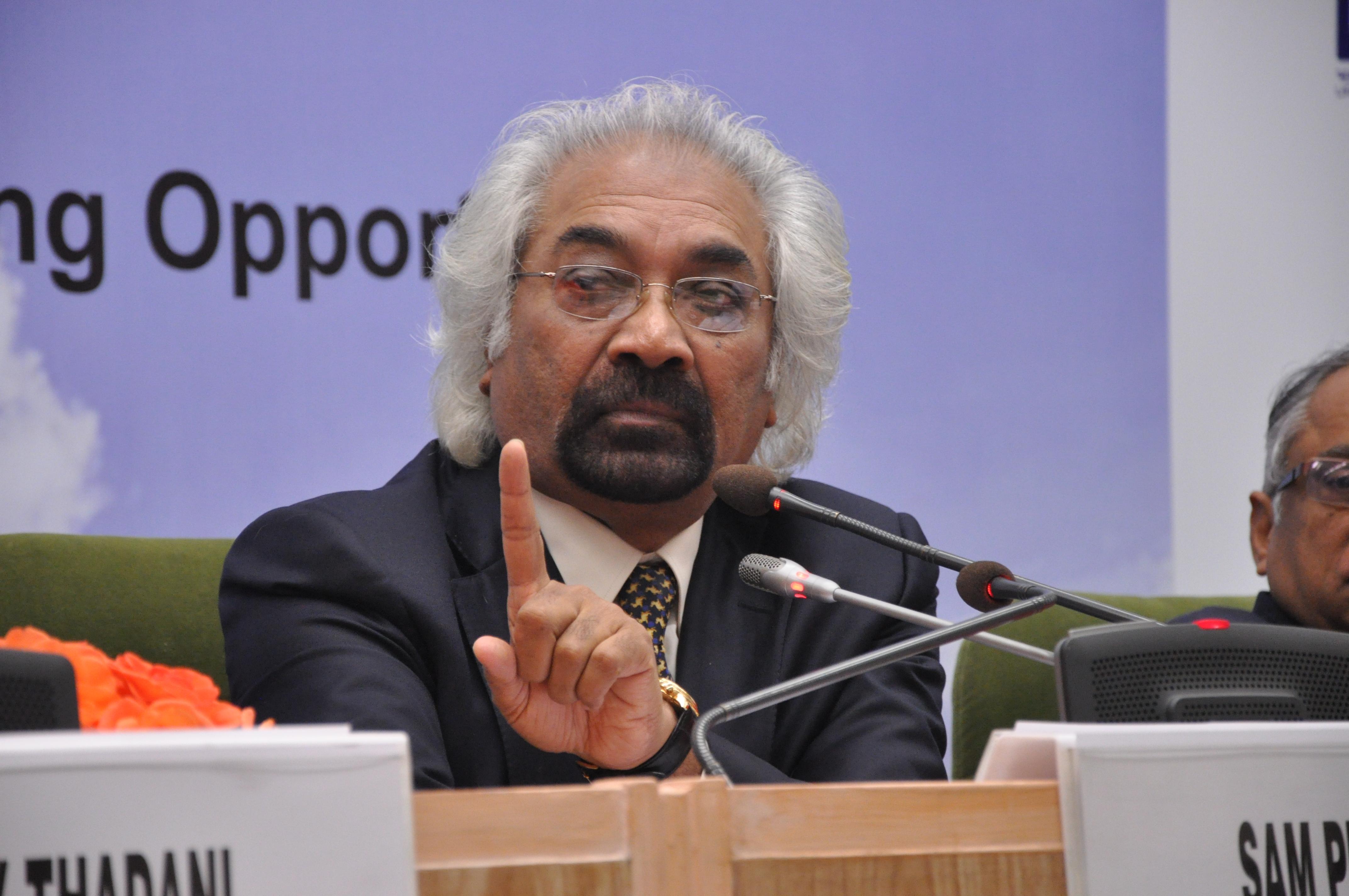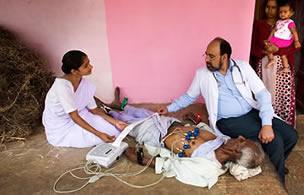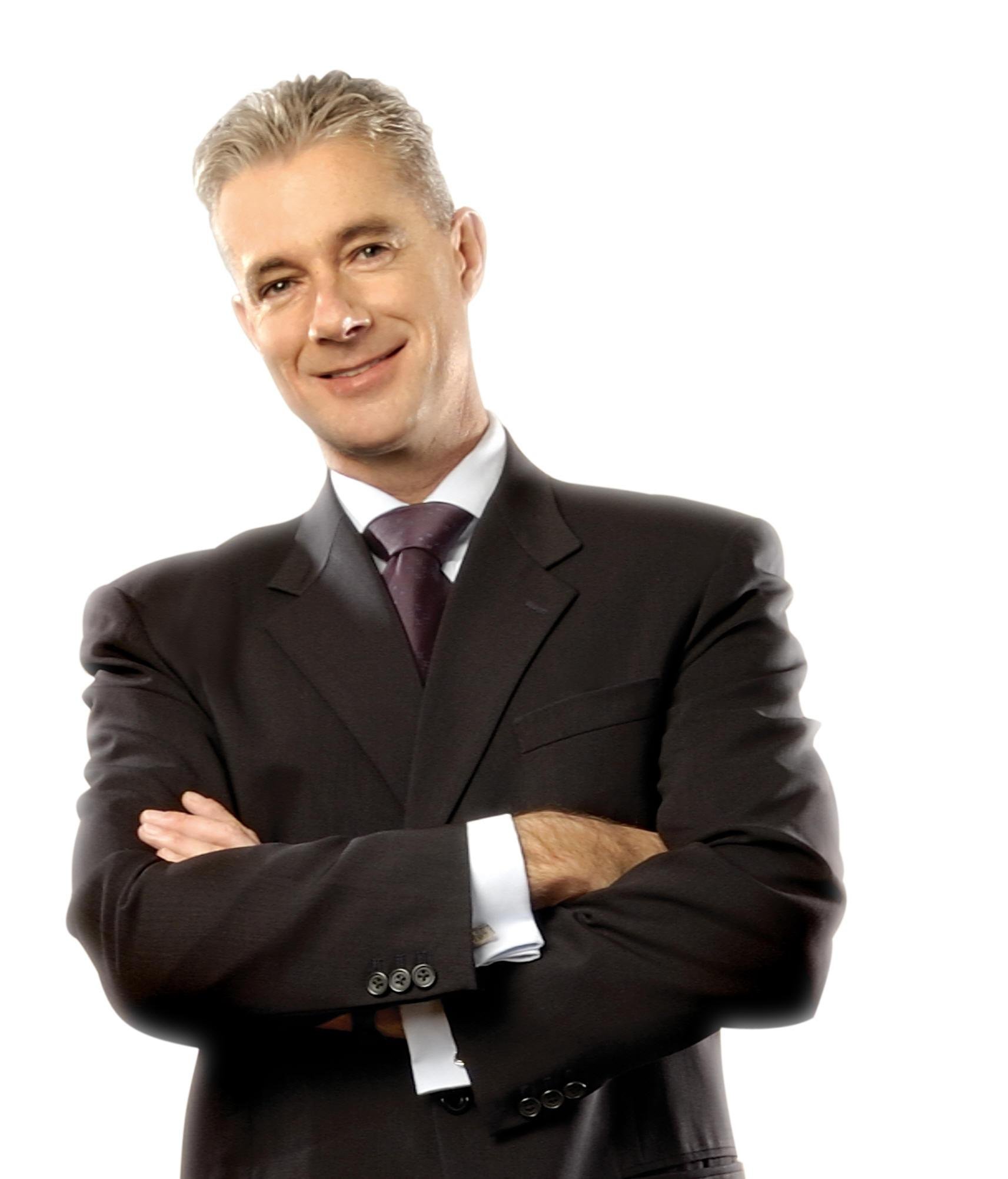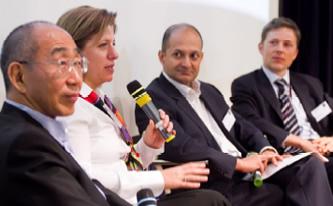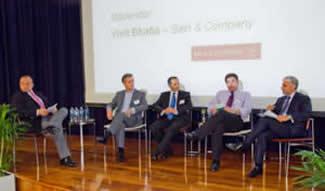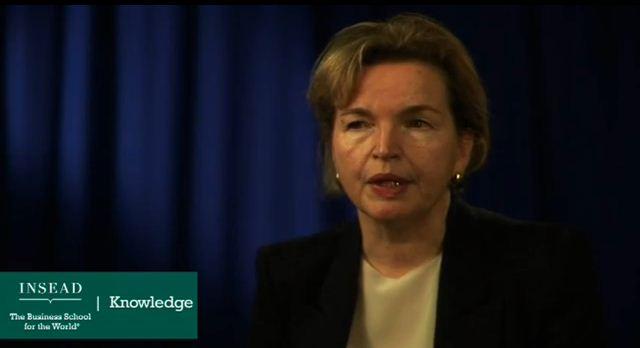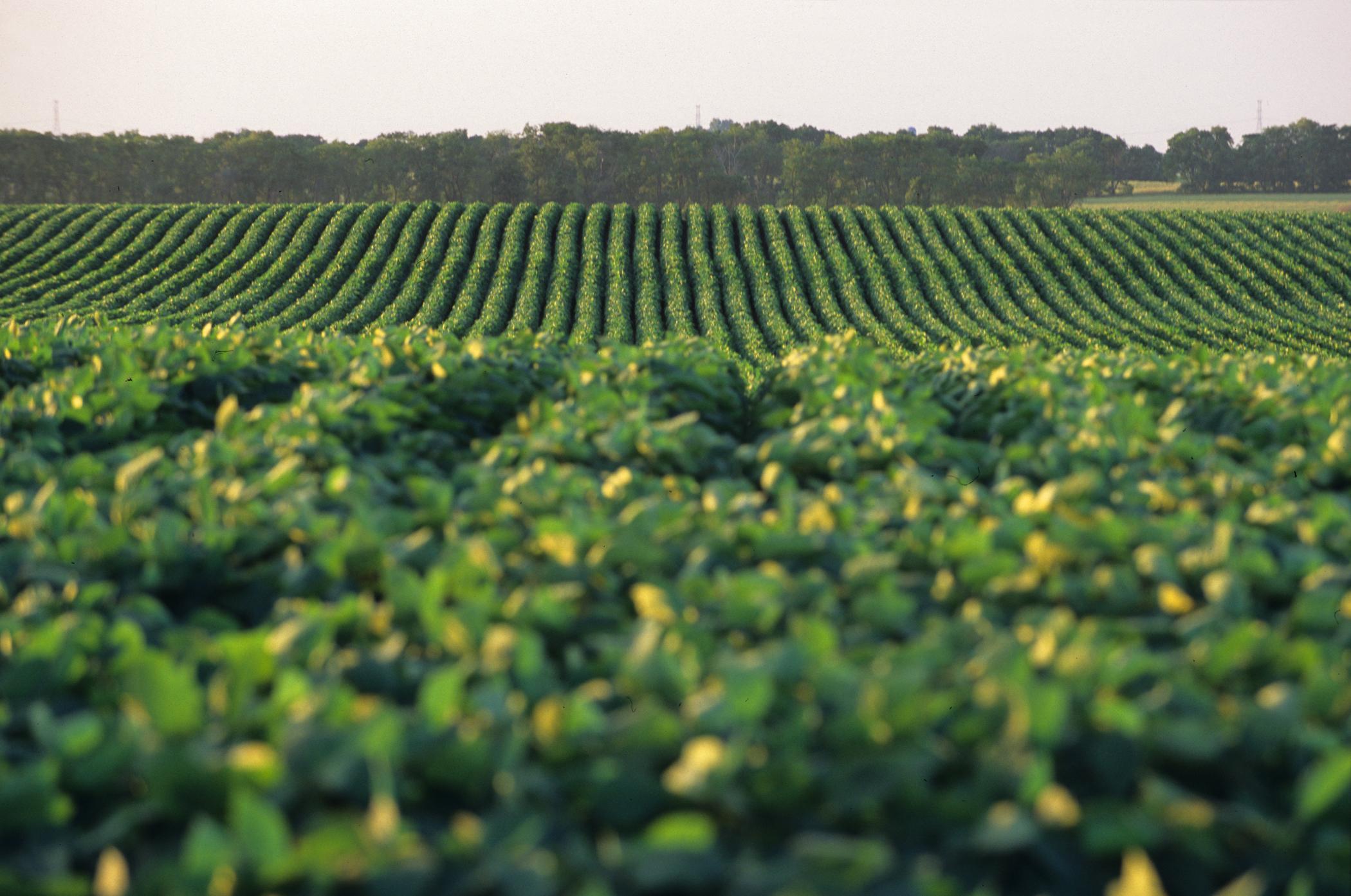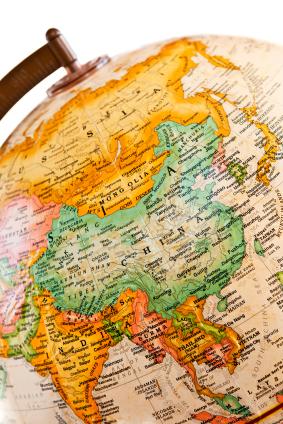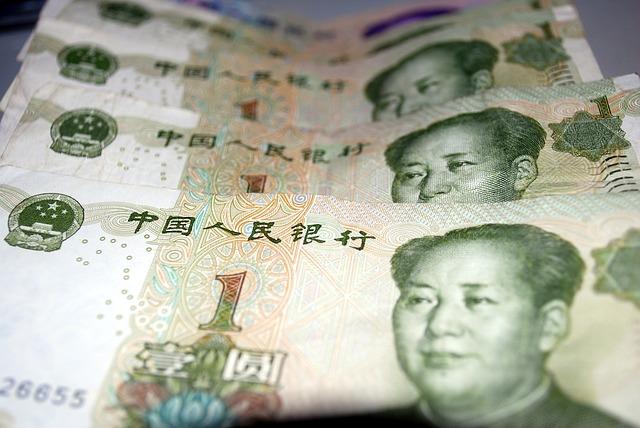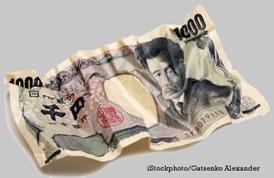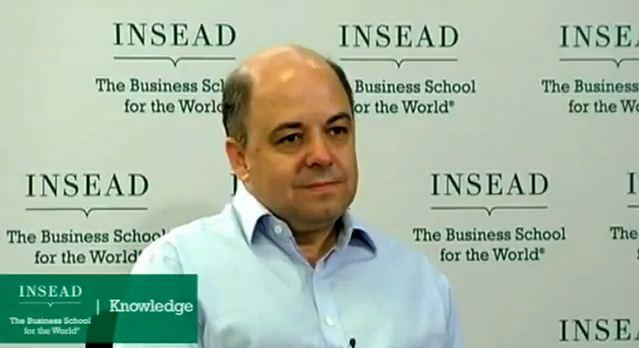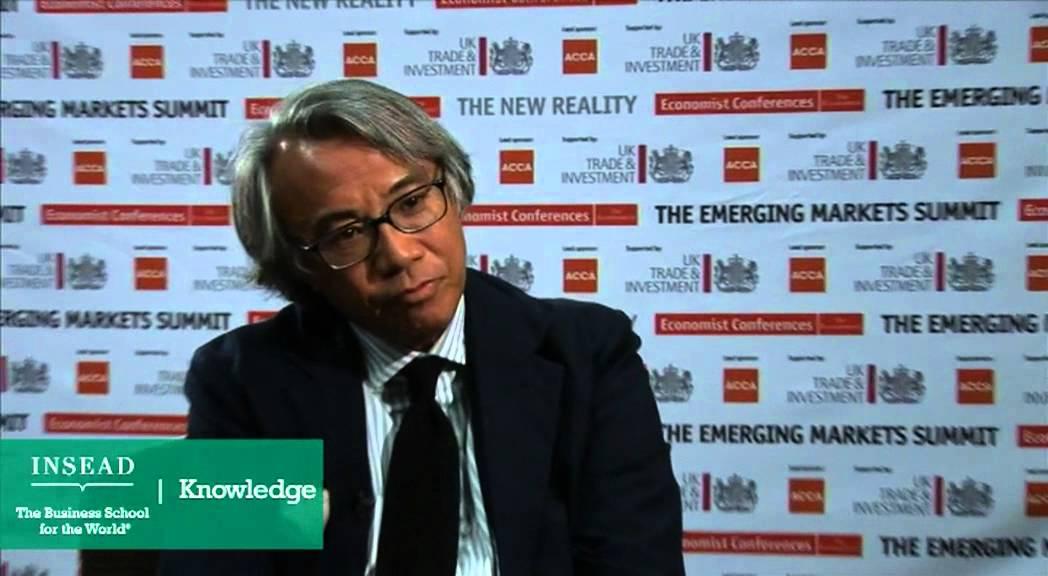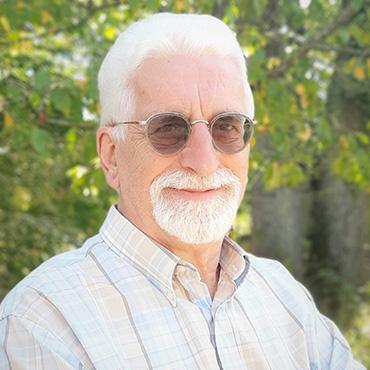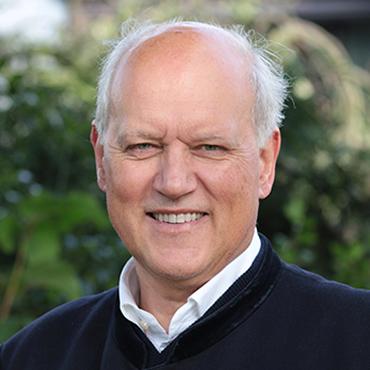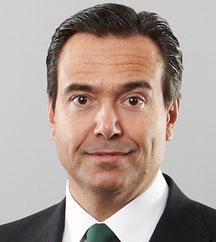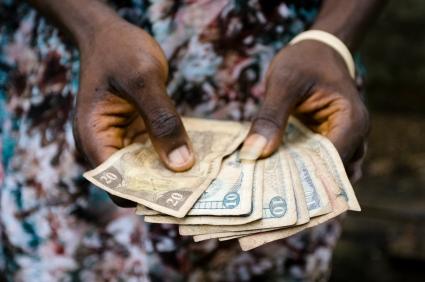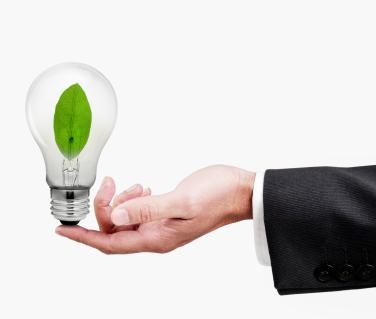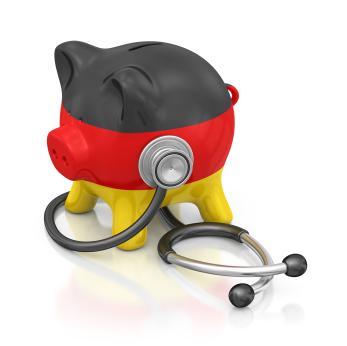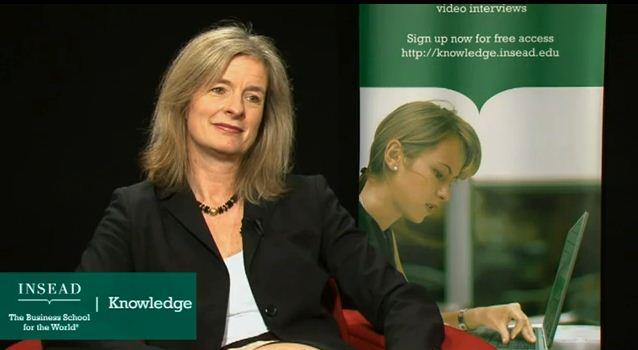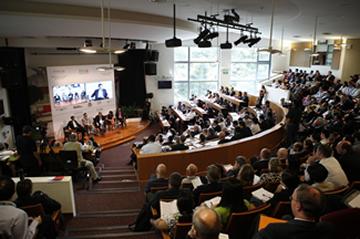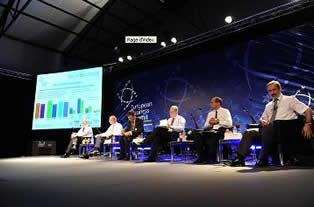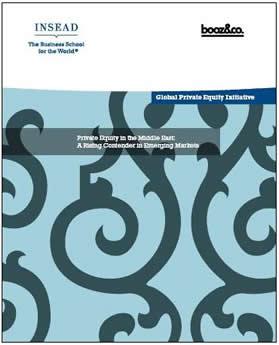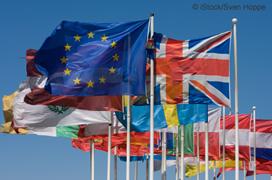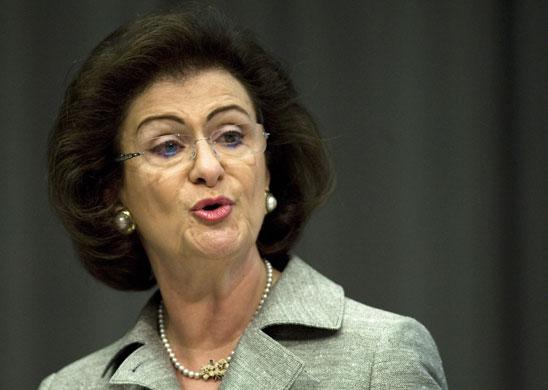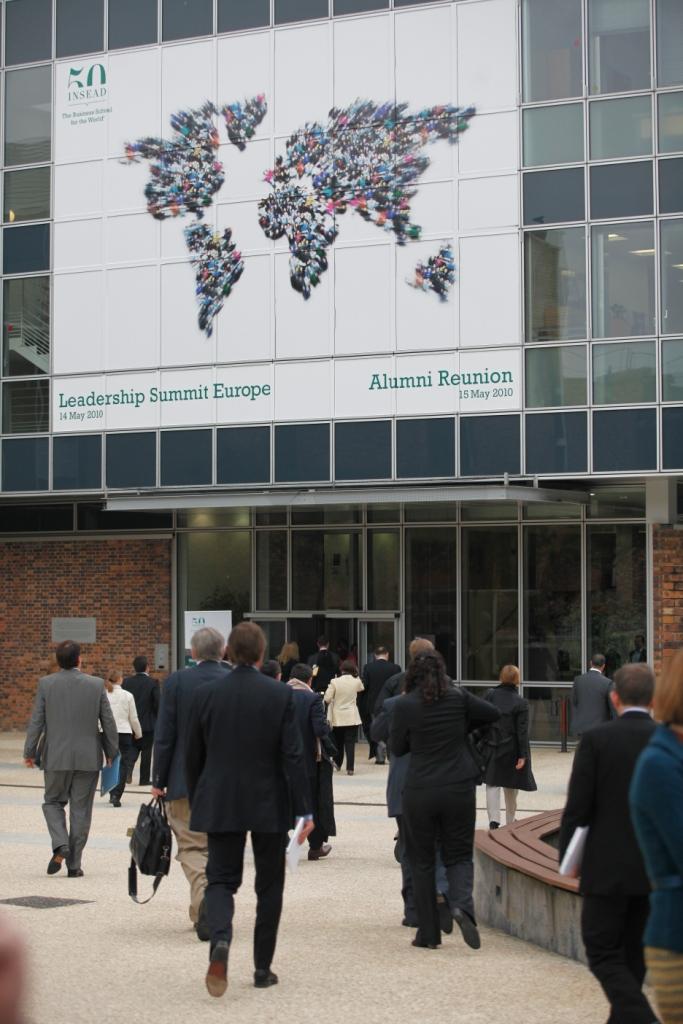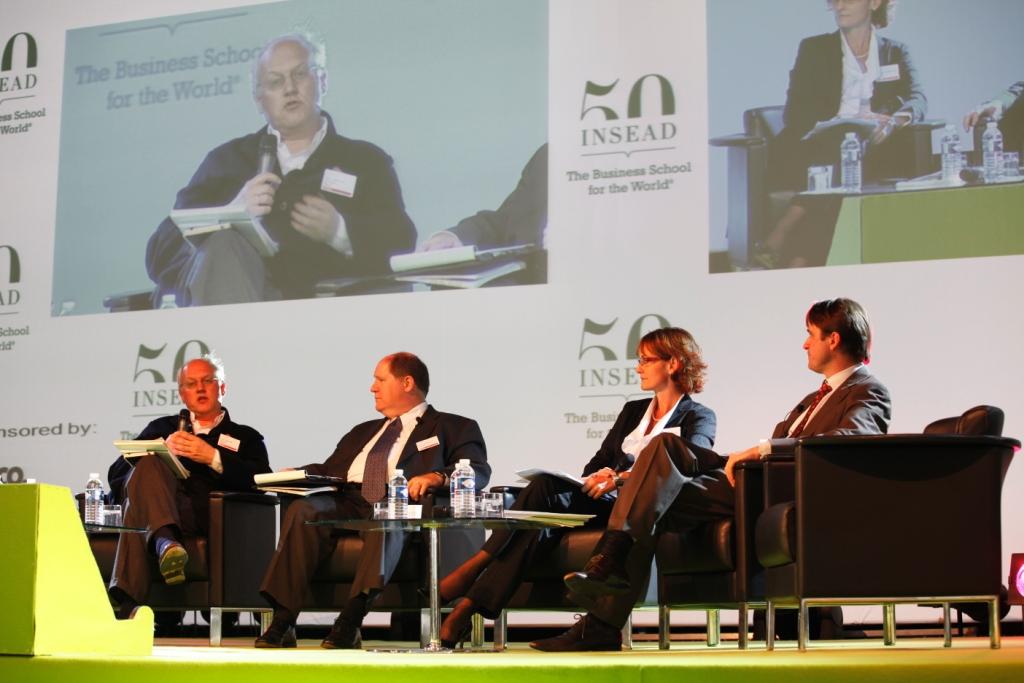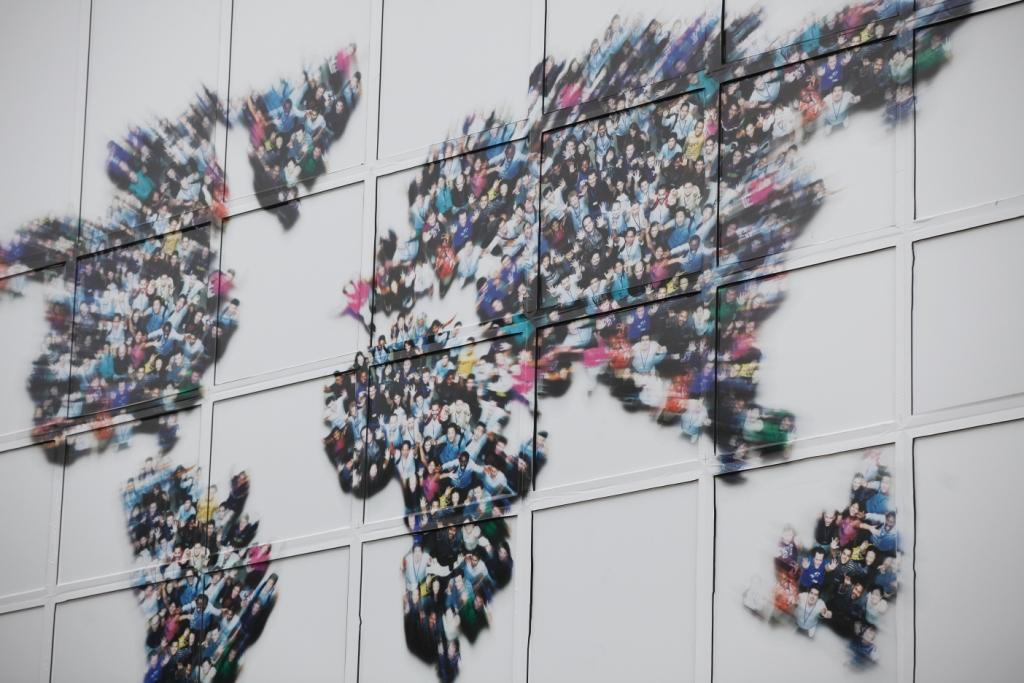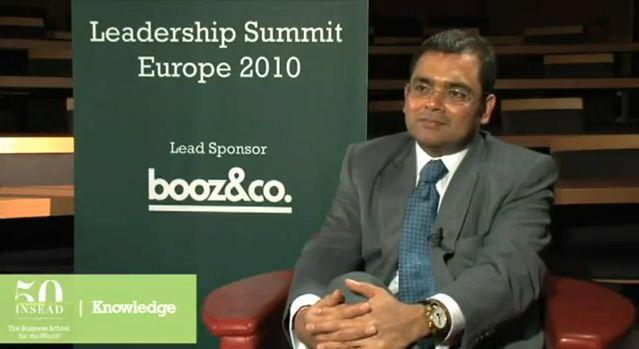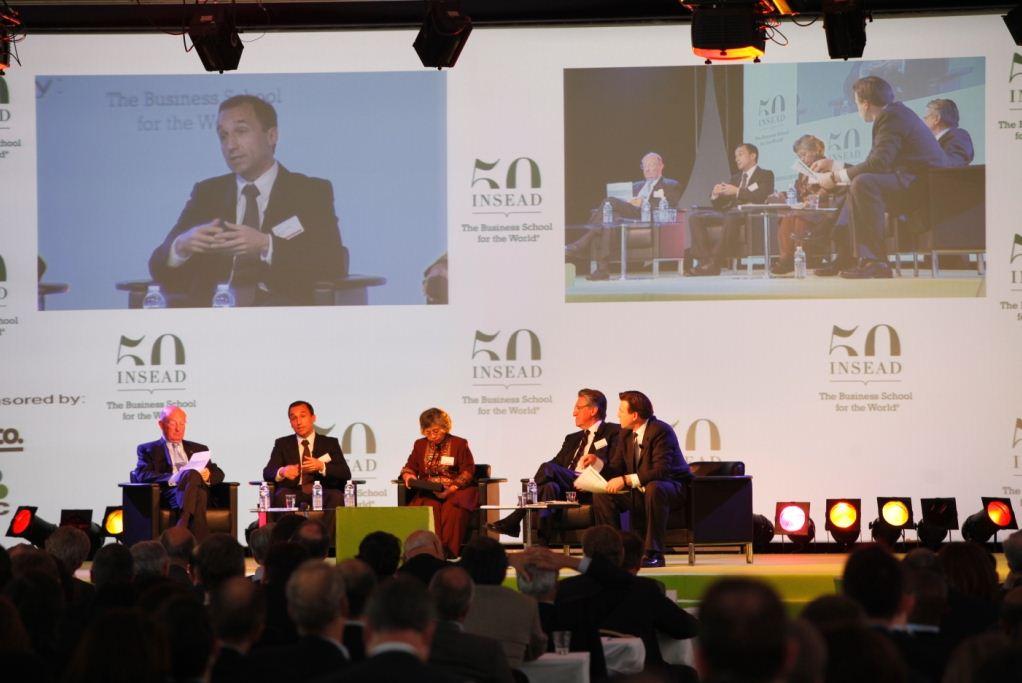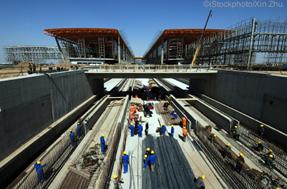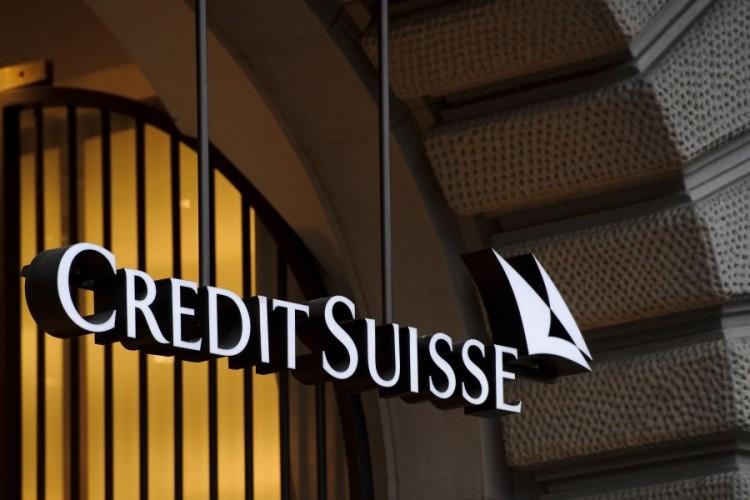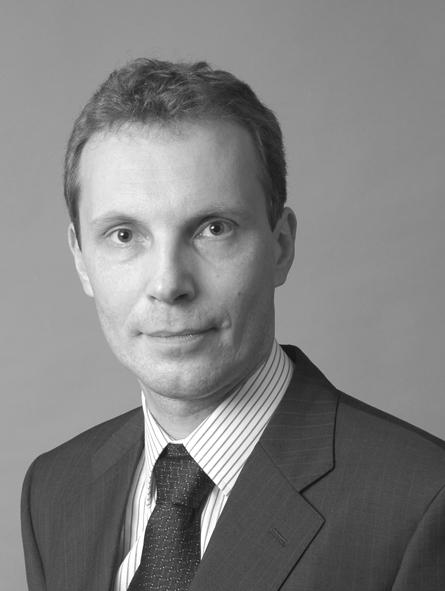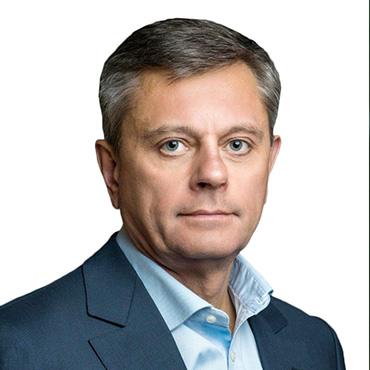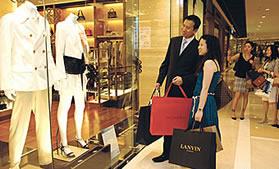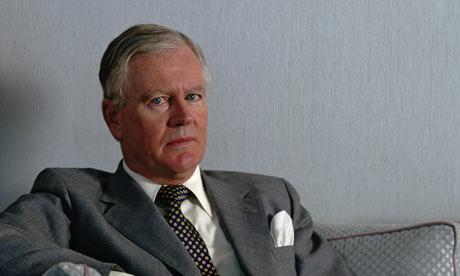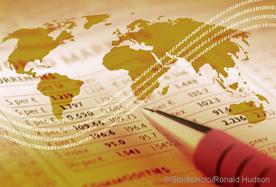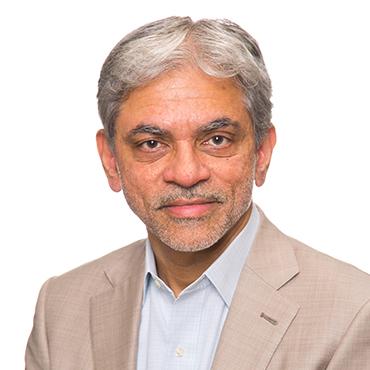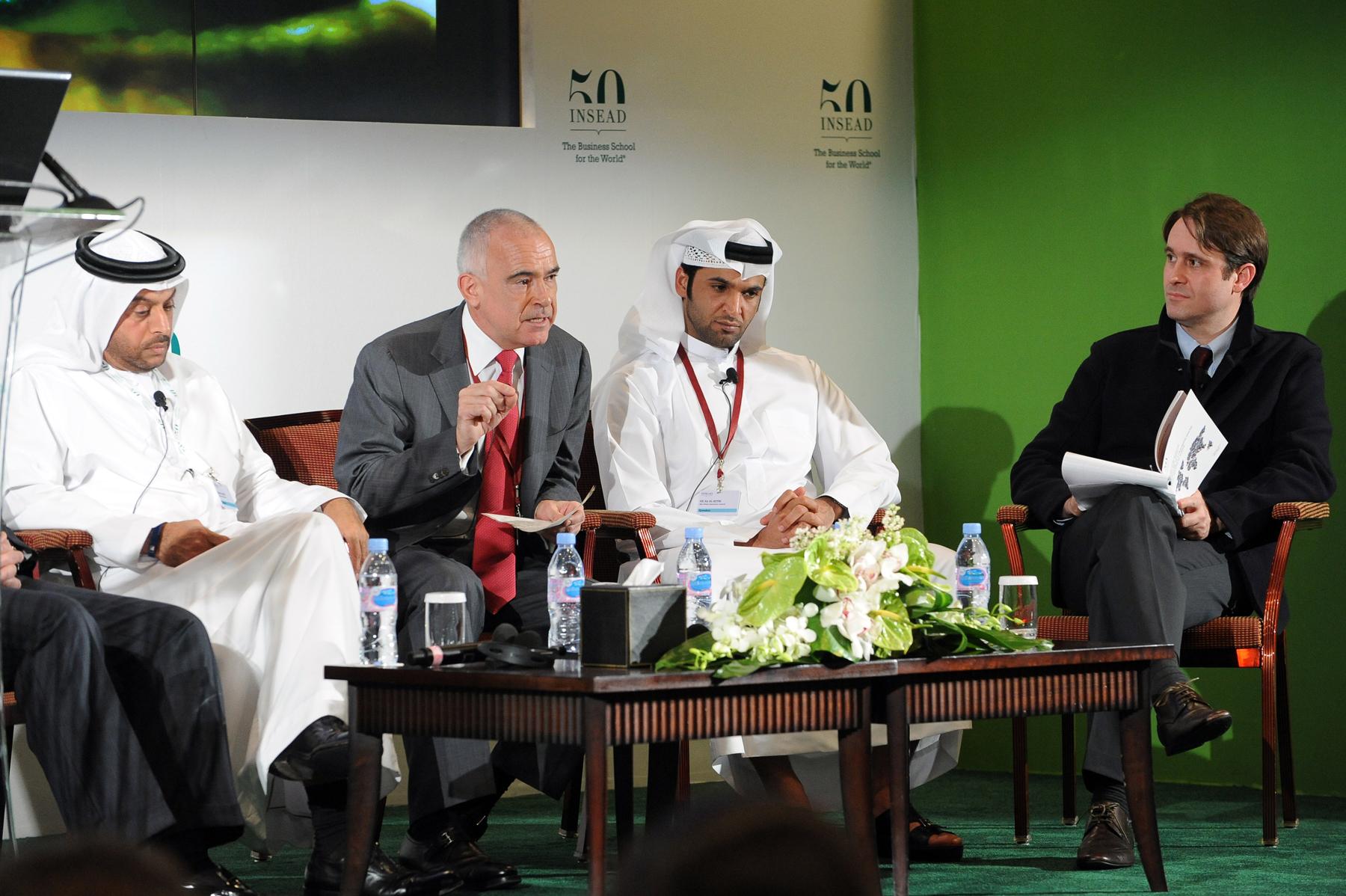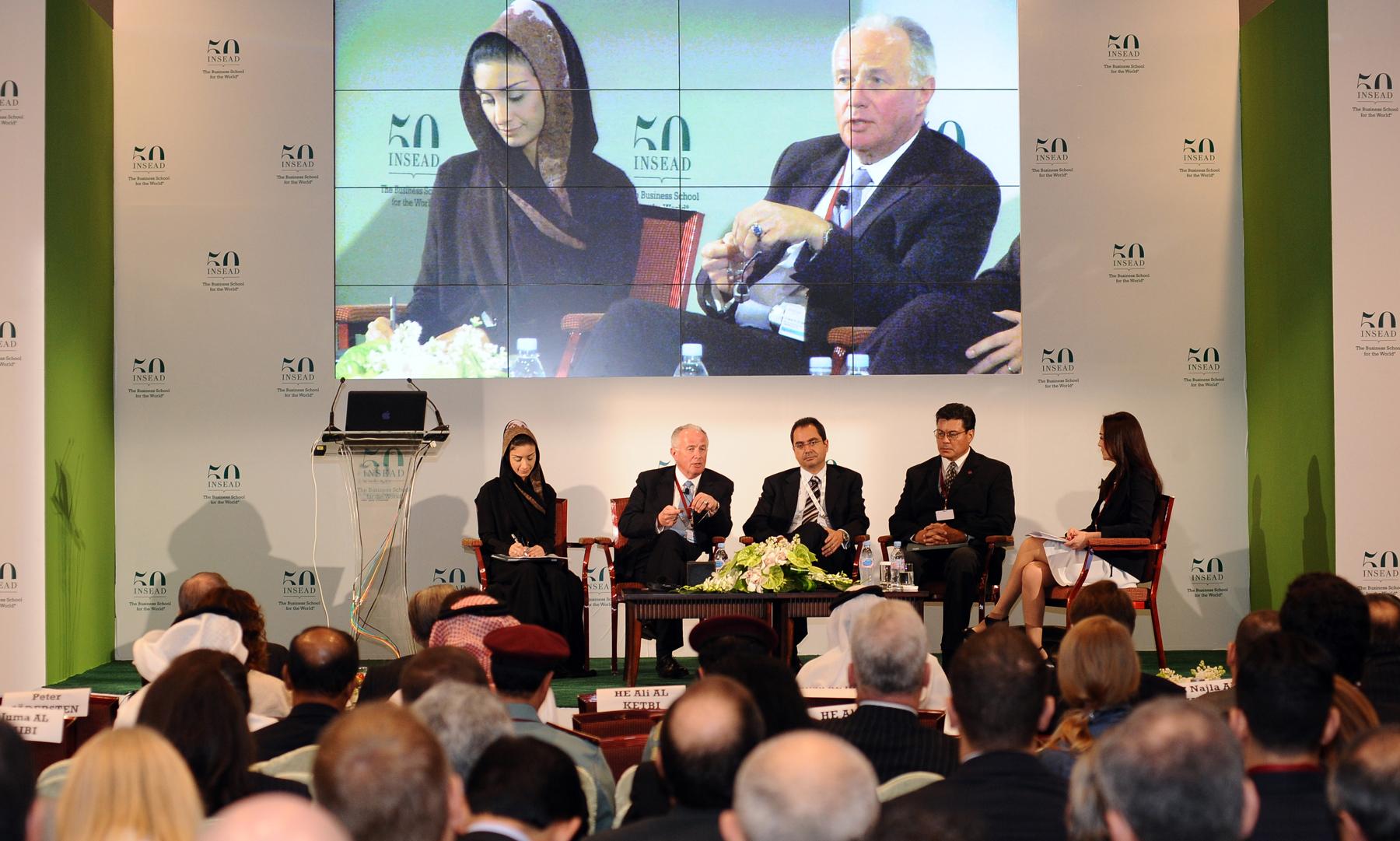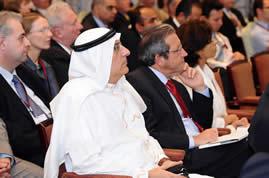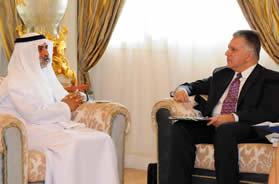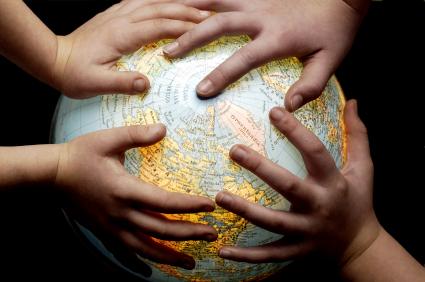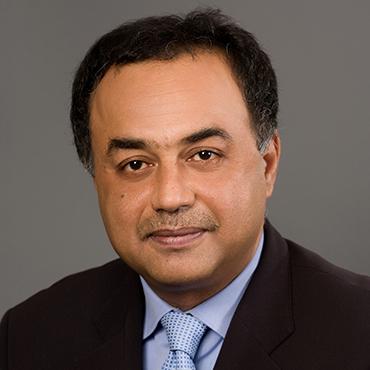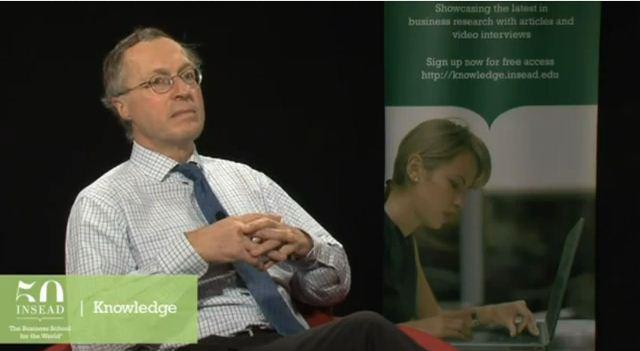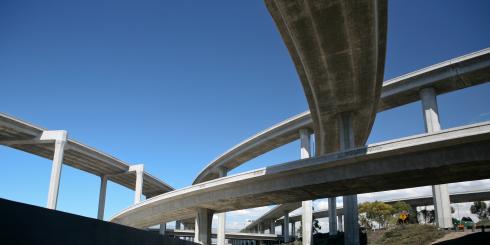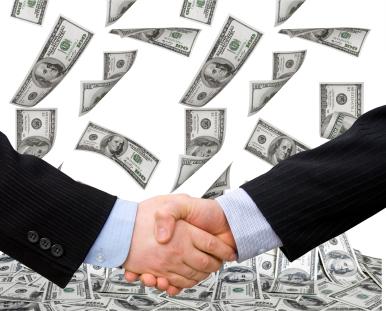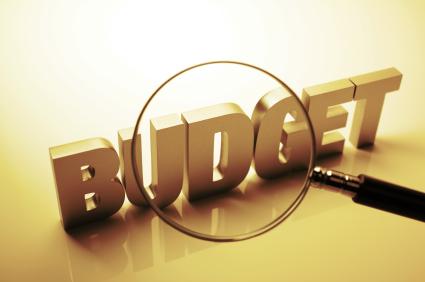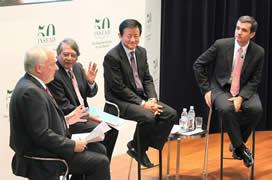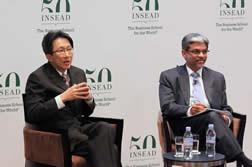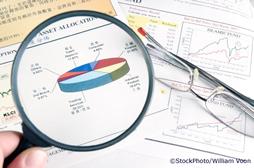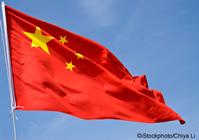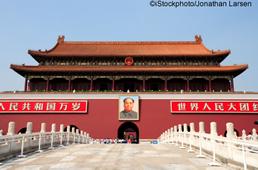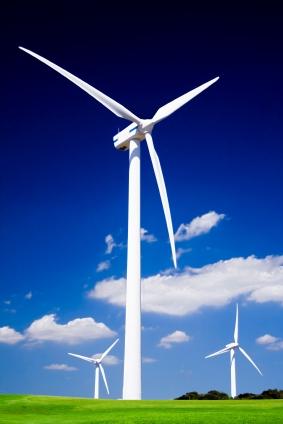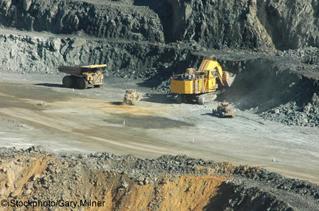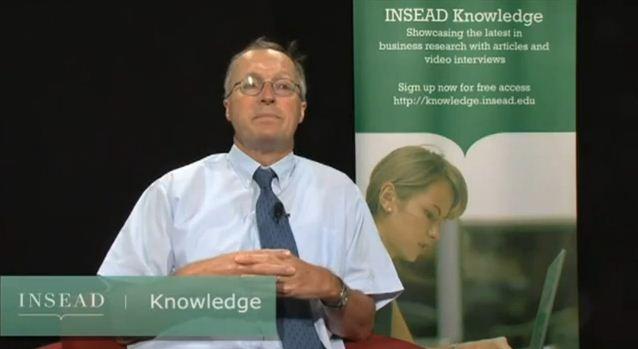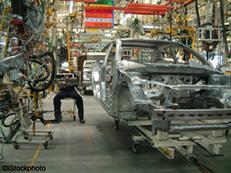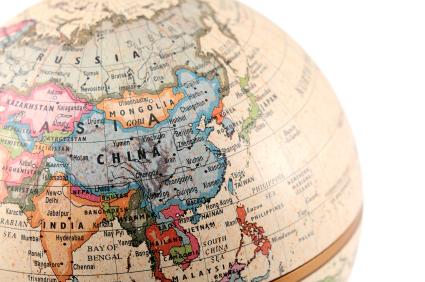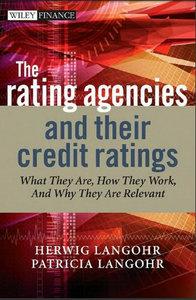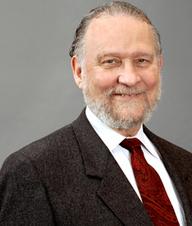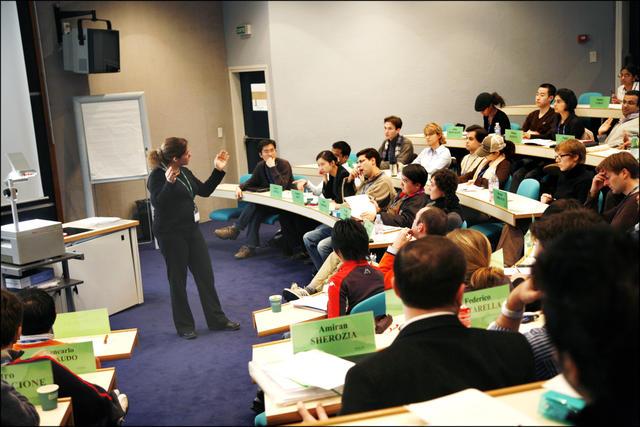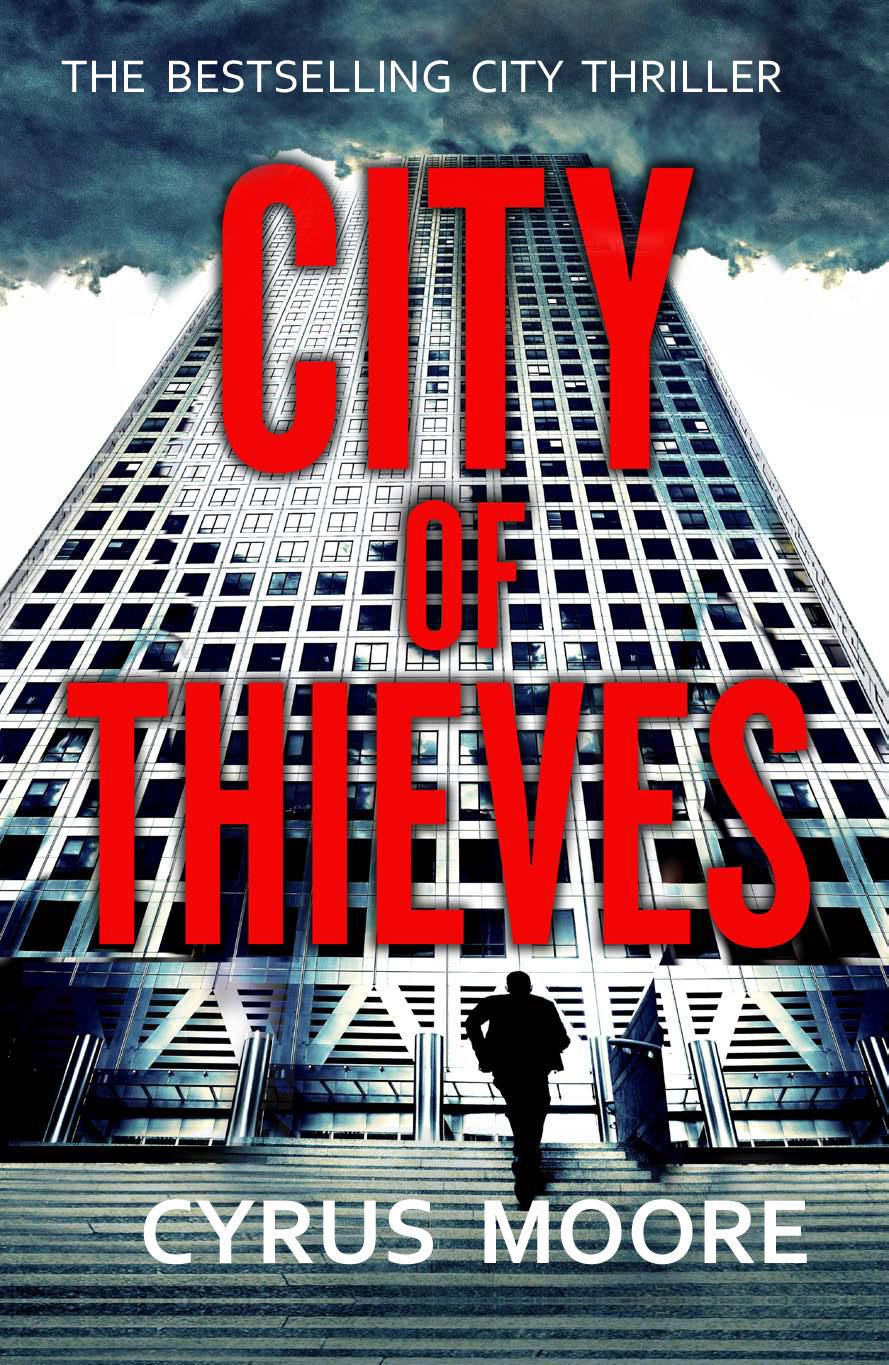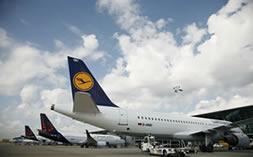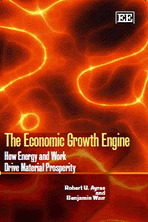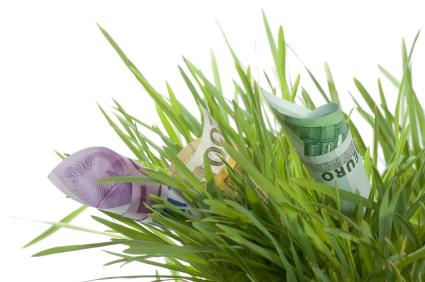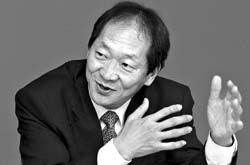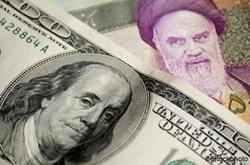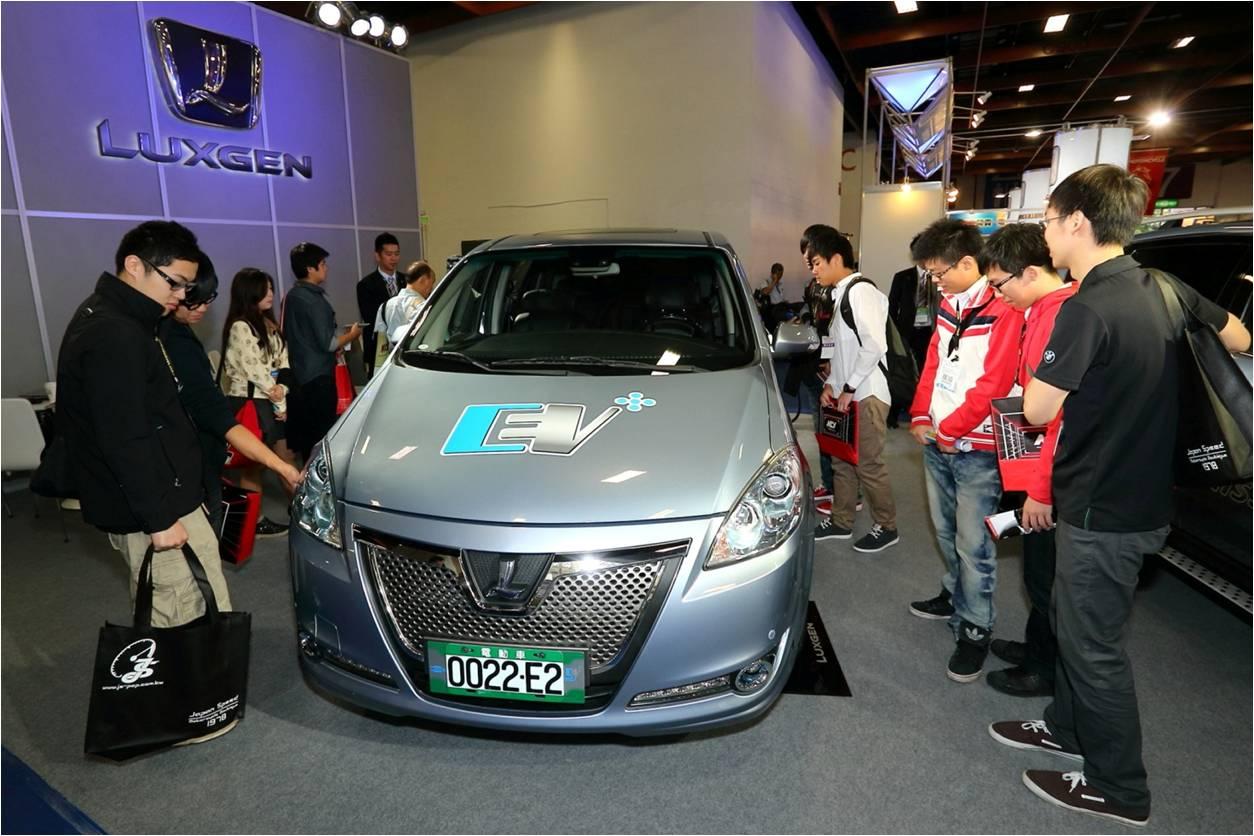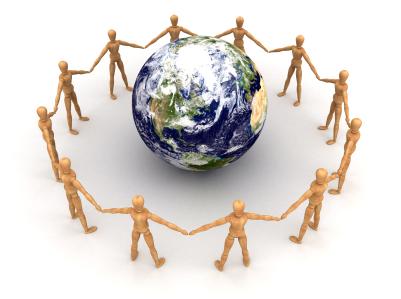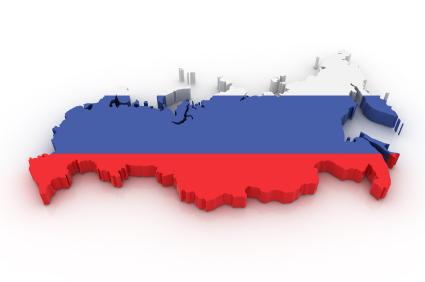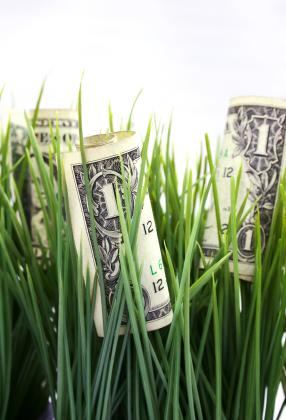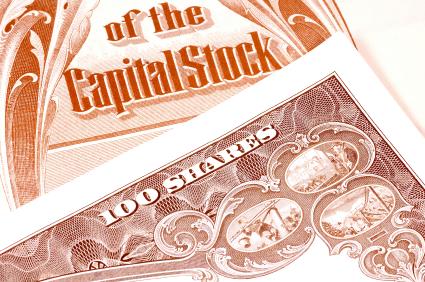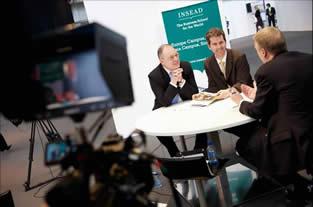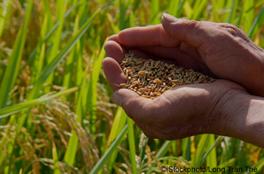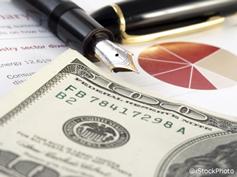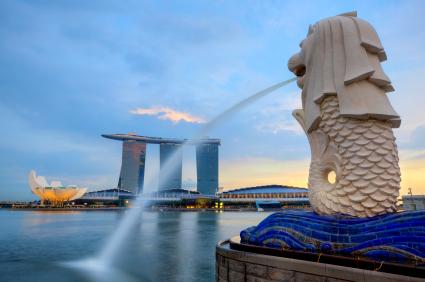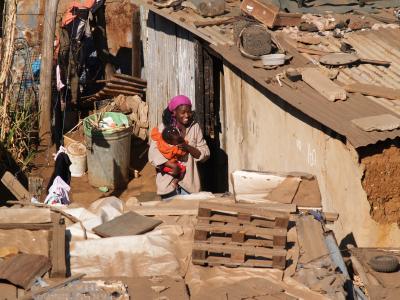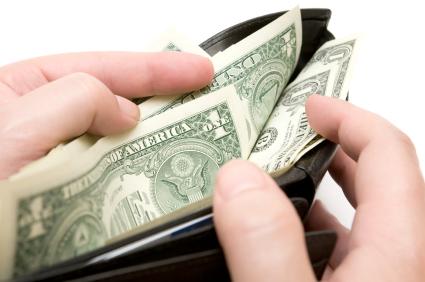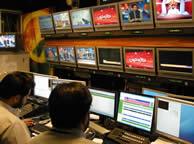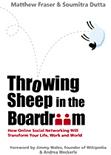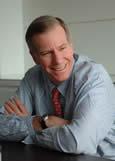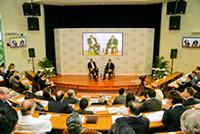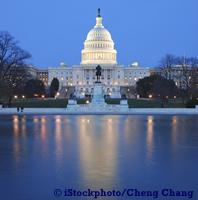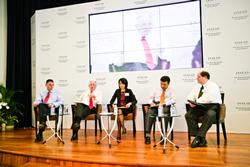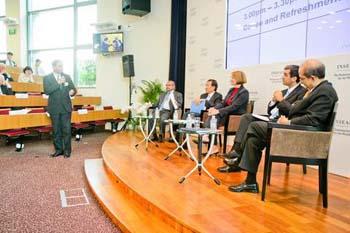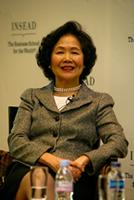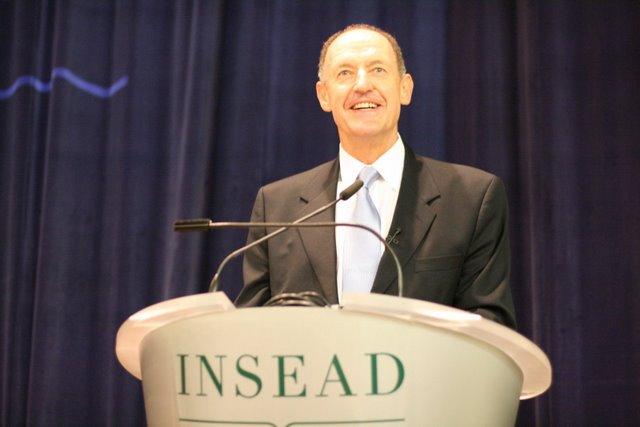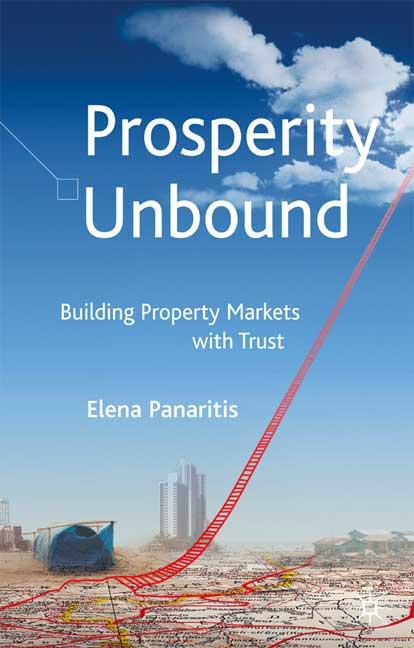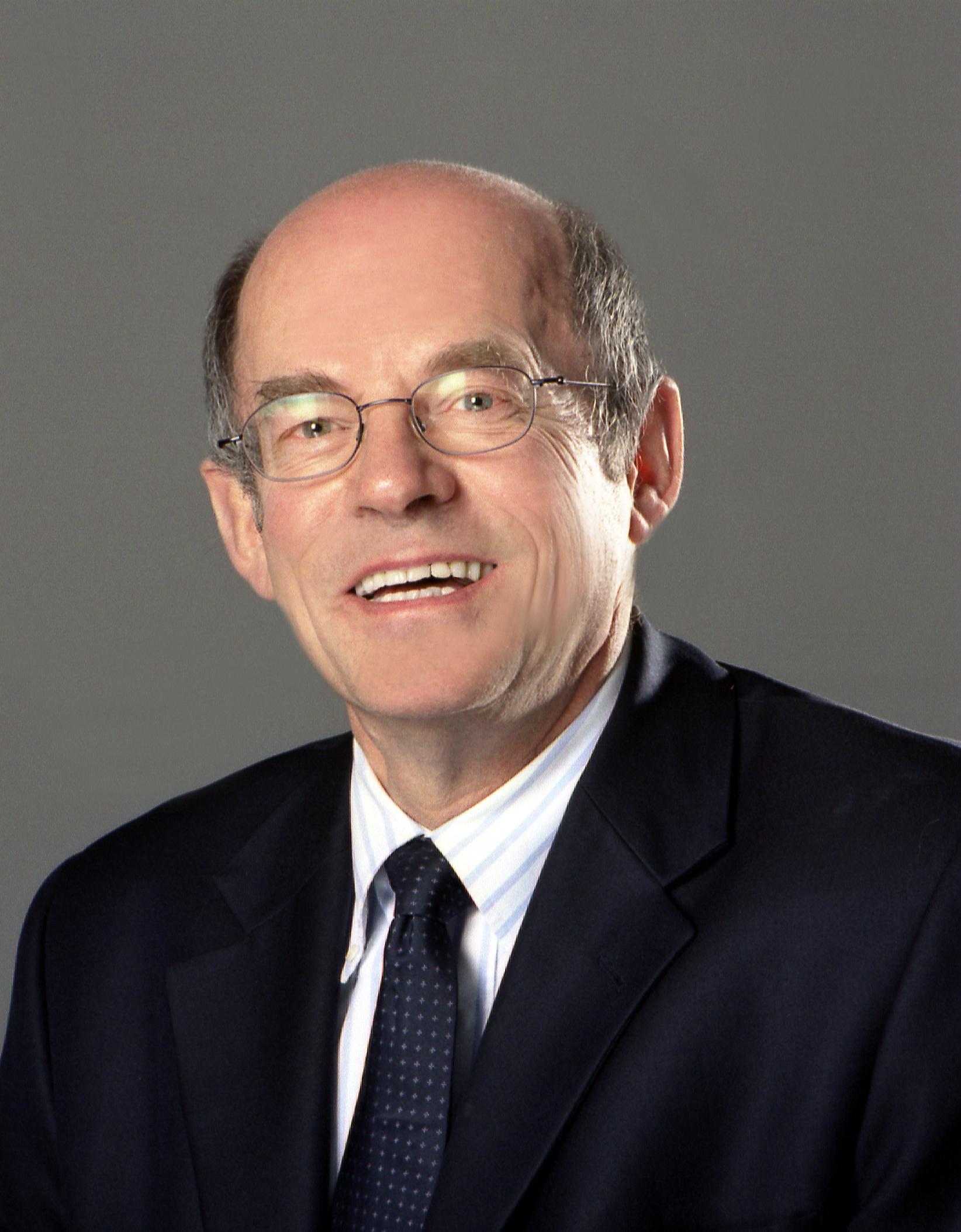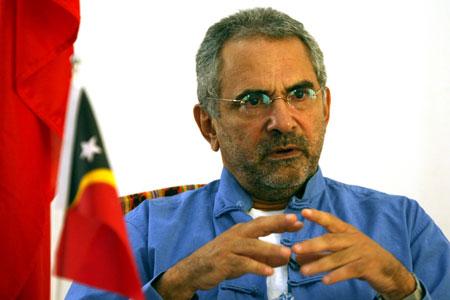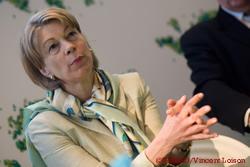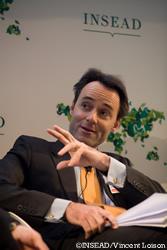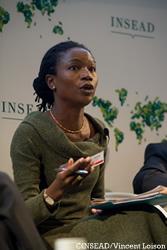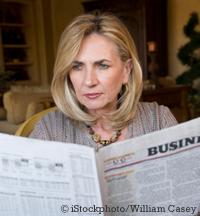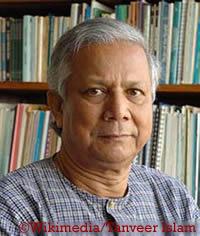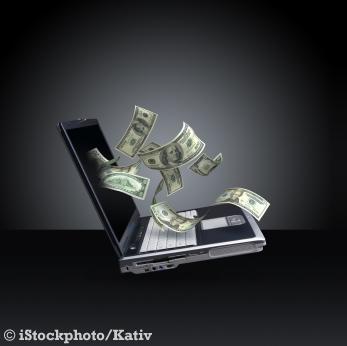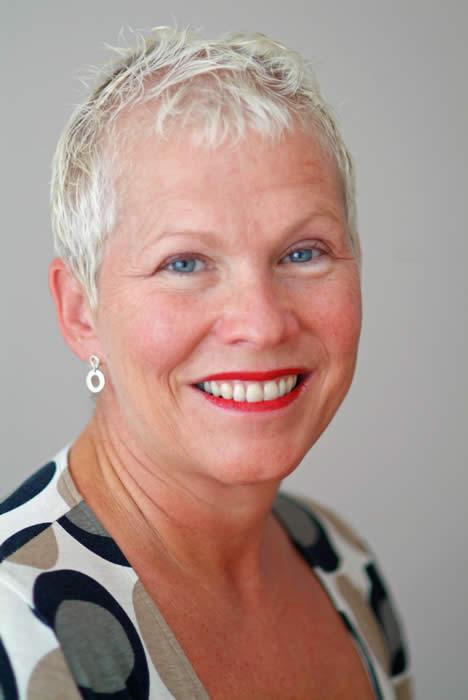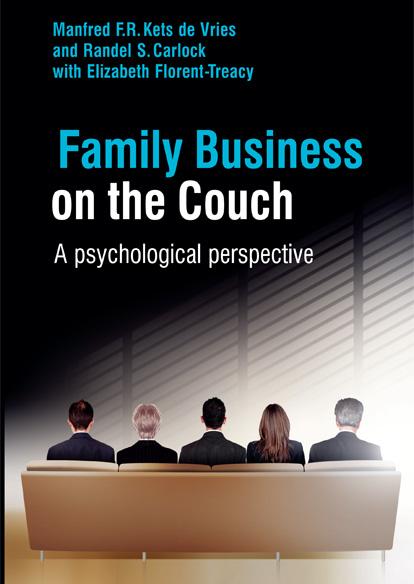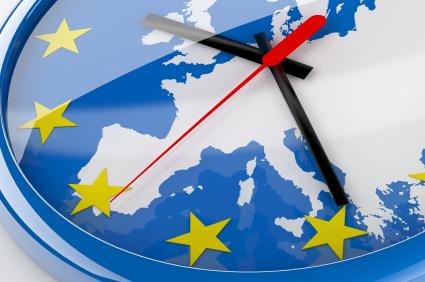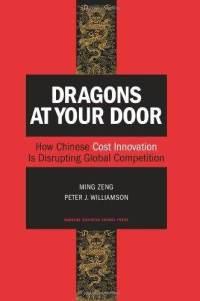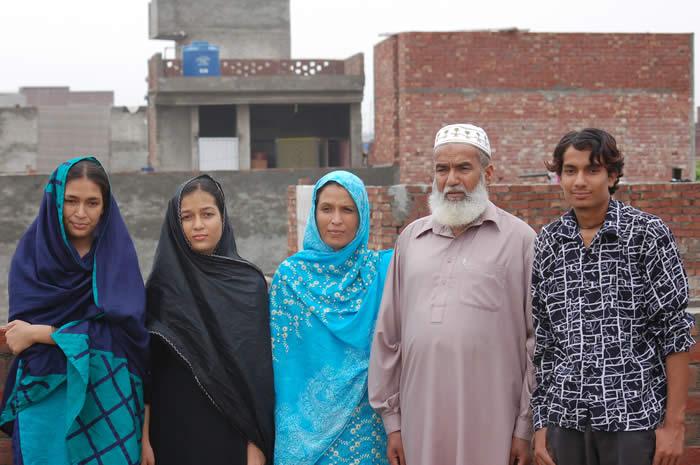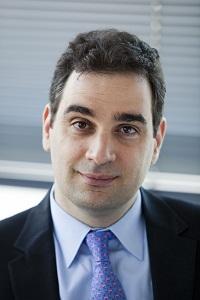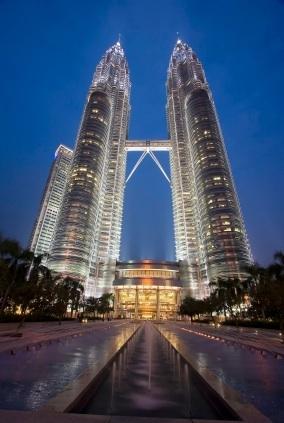Economics & Finance
Economics & Finance
Consumers’ Green Conscience Fosters Clean Innovation
Responsibility
Why Decarbonisation Is So Hard
Strategy
INSEAD Insights: March 2024 Research Picks
Economics & Finance
Will the Shifting Economic Power Balance Topple Democracy?
Economics & Finance
Key Players in the Indo-Pacific Region
Economics & Finance
Bridging Prosperity and Need
Economics & Finance
When Firms Behave Irrationally
Strategy
Why Some CEOs Are More Likely to Downsize
Economics & Finance
The World Economy in 2024: Are We Back on Track?
Responsibility
The Risks and Rewards of Community-Driven Business Models
Economics & Finance
When Information Won’t Reduce Stock Price Volatility Immediately
Economics & Finance
How Web3 and AI Will Transform Finance
Economics & Finance
INSEAD Insights: December 2023 Research Picks
Economics & Finance
Thawing US-China Relations: Competition Meets Interdependence
Career
INSEAD Insights: October 2023 Research Picks
Economics & Finance
China: Caught in the Middle-Income Trap?
Economics & Finance
Pay Attention to the Details
Economics & Finance
Deflation Woes: Can China Avoid Japanification?
Economics & Finance
Covid-19 Furloughs Helped Firms Thrive
Economics & Finance
Managing Systemic Risks in Tech: Lessons from Finance
Economics & Finance
Better Geographic Investing Begins With an Inclusive Index
Economics & Finance
Why Demographics Matters More Than Ever for Businesses
Economics & Finance
US-China Ties: Damage Controlled But Obstacles Ahead
Economics & Finance
The Future of Energy Transition and Climate Finance
Economics & Finance
What Comes After the Fall of Silicon Valley Bank?
Economics & Finance
The Costs of Fuelling Economic Growth
Economics & Finance
Why Did Silicon Valley Bank Collapse?
Economics & Finance
Will ESG Investing Solve Our Pressing Problems?
Economics & Finance
The World Economy in 2023: A Recession Year?
Economics & Finance
China is Back: What Its Reopening Means for the World
Responsibility
Five Global Trends in Business and Society in 2023
Economics & Finance
In the US, Owning a Home May Not Lead to a Better Life
Economics & Finance
After the Fall, What’s Next for Crypto?
Economics & Finance
The Importance of Soft Skills in Driving Productivity
Economics & Finance
The Road Ahead for Venture Capital
Economics & Finance
China’s Economy: Dragon in Turbulence
Economics & Finance
Can Fintech Be a Force for Good?
Economics & Finance
A Perfect (Macroeconomic) Storm
Responsibility
Responsible AI Has Become Critical for Business
Economics & Finance
Banning Payment for Order Flow May Benefit No One
Economics & Finance
Affordable Homes for the Poor Can Boost Collective Well-Being
Economics & Finance
Casting a Wider Net in OTC Trading: For Better or Worse?
Economics & Finance
A China Blockade of Taiwan Will Hurt Us All
Economics & Finance
Biden’s Misguided Tax on Share Buybacks
Responsibility
Bob Ayres at 90: Key Insights on Energy in the Economy
Economics & Finance
Too Many ESG Funds Mislead Investors
Economics & Finance
Don’t Kill Share Buybacks
Economics & Finance
Sales Numbers Are Up? It May Only Be Inflation
Economics & Finance
Where a Firm’s Value Truly Lies
Responsibility
Can Private Equity Make Money While Doing Good?
Economics & Finance
China’s Urban Rich and the Quest For Common Prosperity
Economics & Finance
The Unexpected Role of PE Firms in Reducing Within-Firm Pay Inequality
Economics & Finance
How DBS Became the ‘World’s Best Bank’
Economics & Finance
A Sign of the Times: The ESG Buyback
Leadership & Organisations
Aligning Individual and Organisational Values
Economics & Finance
Trust, Social Capital and the Bond Market Benefits of ESG
Economics & Finance
When Scandal Hits, It Pays to Resemble the Villain
Economics & Finance
In Global Trade, Familiarity Breeds Commerce
Economics & Finance
The Missing Millennial Homebuyers
Economics & Finance
How Africa Could Astonish the World
Economics & Finance
Rethinking Capitalism: The Power of Creative Destruction
Economics & Finance
When American Firms Misbehave, Chinese Companies Pay the Price
Economics & Finance
When Do Managers Have an Information Advantage Over Analysts?
Economics & Finance
There Goes the Neighbourhood: Legalised Marijuana and Property Values
Economics & Finance
Social Capital Makes the Difference Between ‘Good’ and ‘Bad’ Buybacks
Economics & Finance
Reverse Mergers Went Bust. Will SPACs Follow?
Economics & Finance
Who Wins the Market: The Swift or the Smart?
Economics & Finance
Can State and Shareholder Capitalism Combine?
Economics & Finance
What It’s Like to Be a Gig Worker During a Pandemic
Economics & Finance
Why Universal Basic Income Should Be President Biden’s Top Priority
Economics & Finance
In Bad Times, Decentralised Firms Outperform Their Rivals
Economics & Finance
Doing Good: Where Sustainable Investing Gets It Wrong
Economics & Finance
A Liquidity Cushion in Troubled Times: The PE Secondaries Market
Economics & Finance
Covid Cost-Cutting May Backfire in the Long Run
Economics & Finance
How Would an Immigration Surge Affect Your Pay Cheque?
Economics & Finance
How Trade Made the Richest 0.1% Even Richer
Economics & Finance
Introducing Excess Value: A Metric for Private Market Outperformance
Economics & Finance
How Universal Basic Income Could Save Capitalism
Economics & Finance
What’s Behind the Rising Inequality of Everything?
Economics & Finance
Can Investors Save the Planet While Making a Profit?
Economics & Finance
Corporate Funding Gap and the Role of Fintech
Economics & Finance
Covid-19 Furloughs Are Getting the Job Done
Economics & Finance
Has Venture Capital Strayed From Its Roots?
Economics & Finance
Impact Investing in Covid-19 Times: A Three-Step Mission
Economics & Finance
Private Equity’s COVID-19 Recovery Plan
Economics & Finance
To Save India’s Economy, Think Big, Blunt and Fast
Economics & Finance
Social Norms for the Era of Social Distancing
Economics & Finance
Three Keys to Ending the Great Lockdown
Economics & Finance
COVID-19: Four Reasons for Optimism About the Stock Market
Economics & Finance
The Shape of the COVID-19 Economic Recovery
Economics & Finance
COVID-19: A Turning Point for Inequality?
Economics & Finance
What China’s Cyber-Cash Advantage Means for the Global Economy
Strategy
The Changing Tides of the Global Economy
Economics & Finance
The Psychology Behind Coronavirus Panic Buying
Economics & Finance
The Problem With Politically Motivated Funding Boycotts
Economics & Finance
Turn the Office Into a Lab
Economics & Finance
Warning Tremors Before a Flash Crash
Economics & Finance
How the Daily Commute Affects the Gender Wage Gap
Economics & Finance
India’s Quiet Digital Revolution
Leadership & Organisations
When an 80-Hour Workweek Helps
Economics & Finance
A Hippocratic Oath for Corporations
Economics & Finance
Universal Basic Income: Lessons From a Failed Experiment
Economics & Finance
The Changing Face of Family Offices in Europe
Economics & Finance
Information About Differences Ultimately Leads to Profit
Economics & Finance
The Global Impact of the Trade Stand-Off Between Japan and South Korea
Economics & Finance
Less Than Zero: The New Normal for Interest Rates?
Economics & Finance
How Benchmarking Can Make Markets More Opaque
Economics & Finance
BRT: A New View of Corporations and Capitalism
Economics & Finance
BRT: The Fuzzy Purpose of the Corporation
Economics & Finance
BRT: The New Capitalism?
Economics & Finance
Cautious Creativity With Investment Funds: A Guide for Non-Profits
Economics & Finance
How the Volkswagen Scandal Turned ‘Made in Germany’ Into a Liability
Economics & Finance
Getting Rid of Gender Bias in Venture Capital
Economics & Finance
The Trick to Predicting Recessions
Economics & Finance
The High Cost of Being Private
Economics & Finance
How Charities Should Manage Their Cash
Economics & Finance
Why Managers – Now More Than Ever – Need to Understand Corporate Finance
Economics & Finance
When Should Non-Profits Invest More Adventurously?
Economics & Finance
Latin American Family Firms and the Path to Longevity
Economics & Finance
What Non-Profits Should Know Before Engaging With Money Managers
Economics & Finance
Creating More Economic Equality for Women
Economics & Finance
Is Full Employment Sustainable?
Economics & Finance
How PE and VC Are Closing the Gender Gap in Emerging Markets
Economics & Finance
What Non-Profits (and Governments) Need to Know About Investment Strategy
Economics & Finance
Viewing Healthcare Through the Lens of Economics
Economics & Finance
Gender Wage Gaps Close When They Are Disclosed
Economics & Finance
Finance as a Force for Good
Economics & Finance
The Growing Danger of EU Disintegration
Economics & Finance
Should Central Banks Start Issuing Cyber-Cash?
Economics & Finance
Four Strategies for Balancing Charities’ Investment Risks
Economics & Finance
The Five Archetypes That Define National Culture
Economics & Finance
The Return of Realpolitik and the Rise of Populism
Economics & Finance
Fact and Fantasy About Buybacks: The International Evidence
Economics & Finance
Charities and the Investment Risks They Face
Economics & Finance
The Growing Menace of Non-GAAP Measures
Economics & Finance
KPIs Should Never Be Tied to Compensation
Economics & Finance
The WTO Is Not Passé
Economics & Finance
Charities’ Path to Financial Longevity Begins With a Manifesto
Economics & Finance
Why Venture Capitalists Should Invest Like Poker Players
Economics & Finance
Unemployment Doesn’t Have to Be So Damaging
Economics & Finance
Can Private Equity Reinvent Itself as Patient Capital?
Economics & Finance
European Safe Bonds Are Unlikely to Attract Investment
Economics & Finance
How Charities Can Ensure Financial Longevity
Economics & Finance
ICOs and Financing Blockchain Projects
Economics & Finance
Business Model Innovation Comes to Private Equity
Economics & Finance
No End in Sight for the “New Normal” in Monetary Policy
Economics & Finance
Giving Workers Equal Representation on the Board
Economics & Finance
Impact Investing Comes Into Its Own
Economics & Finance
Impact Investing Business that Makes a Difference
Economics & Finance
The Paradox of Protectionist Populism
Economics & Finance
Still in the Danger Zone
Economics & Finance
How the Unbanked Can Save and Borrow
Economics & Finance
Who Suffers in a Trade War?
Economics & Finance
When Fintech Goes Green
Economics & Finance
Why Economists Should Think Like Plumbers
Economics & Finance
Short Sellers Hiding in the Noise
Economics & Finance
What the Productivity Paradox Means for Our Economic Future
Economics & Finance
Economic Narratives for 2018 Are Too Simplistic
Economics & Finance
Should We Fear the Robot Revolution?
Economics & Finance
Surviving the Generational Clash
Family Business
What Family Firms Need to Ensure Longevity
Economics & Finance
The Stock Market’s Potential as a Wealth Equaliser
Economics & Finance
Governments: The Next Heroes of Innovation
Economics & Finance
Retail Trading Ripe for Fintech Disruption
Economics & Finance
Why China Needs “Soft” Infrastructure Investment Now
Economics & Finance
Europe’s Single Resolution Mechanism Is Creating Instability
Economics & Finance
How Value Is Destroyed in Acquisitions and Disposals
Economics & Finance
The Virtuous Circle Between Financial Information and Innovation
Economics & Finance
Share Buybacks Are Corporate Suicide
Economics & Finance
How Private Investors Can Narrow the Global Infrastructure Gap
Economics & Finance
The Role of Digital in Financial Planning
Economics & Finance
The Dark and the Darker Sides of the Market
Economics & Finance
Banks Are Passing the Buck in Cost Cutting
Economics & Finance
Response to Henning Huenteler: Use Climate Funds to Deal With Consequences
Economics & Finance
Response to Professor Vermaelen: U.S. Climate Policy Is Based on Shaky Arguments
Economics & Finance
How In-Work Benefits Reduce Poverty
Economics & Finance
Trump’s Climate Policy is Based on Cost-Benefit Analysis
Economics & Finance
Why Your Financial Planner Should Be a Robot
Economics & Finance
Banks Are Still Thinking Short-Term
Economics & Finance
China’s Colonial Ambitions
Economics & Finance
A (Temporary) Reprieve for Europe
Economics & Finance
Private Secondary Markets: A Growing Investment Opportunity
Economics & Finance
How Invisible Inequality Hurts the Poor
Economics & Finance
A Recipe for Employee Motivation
Economics & Finance
Mortgage Foreclosures: A Necessary Evil?
Economics & Finance
The Economic Consequences of Shareholder Value Maximisation
Economics & Finance
The Stars Are Aligning for Socially Responsible Investing
Economics & Finance
What Are Trump’s Promises Really Worth?
Economics & Finance
Mix Enforcement With Persuasion
Economics & Finance
The Future for Share Buybacks Under Trump
Economics & Finance
The Implications of the EU vs. Apple Case
Economics & Finance
How Business Can Respond to Populist Pressures
Economics & Finance
Unilever: Why Firms Should Maximise Shareholder Value
Economics & Finance
How the Market Reacts to Media “Bias”
Economics & Finance
Anti-Takeover Provisions Backfire
Economics & Finance
Building a Cluster from the Outside In
Economics & Finance
Thinking in Scenarios Improves Forecasts
Economics & Finance
Financial Regulation in Volatile Markets
Economics & Finance
Are Investors Underpricing Current Risks?
Economics & Finance
The Future World Order
Economics & Finance
How to Model Our Future Cities?
Economics & Finance
Why You Should Give Investors Greater Say on CEO Pay
Economics & Finance
How China Can Innovate
Economics & Finance
Understanding Populism: Inequality by the Numbers
Economics & Finance
The End of Globalisation? How Executives Should Respond
Economics & Finance
Emerging Markets – The Comeback Story
Economics & Finance
What Really Matters Is Poverty, Not Income Inequality
Economics & Finance
The End of Globalisation?
Economics & Finance
Donald Trump: The Good, the Bad and the Ugly
Economics & Finance
Why the Intellectual Elite Can’t Learn Its Lesson
Economics & Finance
Hail the Populist Counter-Revolution!
Economics & Finance
Forget the Stereotypes About Conglomerates
Economics & Finance
The EU Cannot Be at the Mercy of the Few
Economics & Finance
Sensational News Distracts Retail Investors
Economics & Finance
Actually, the Stock Market Looks Cheap
Economics & Finance
The Ocean Cannot Absorb Much More CO2
Economics & Finance
Is Hillary Clinton Right About Share Buybacks?
Economics & Finance
The Climate Could Be More Sensitive to CO2 Than We Think
Economics & Finance
The Middle East’s New Oil Paradigm
Economics & Finance
The Factors That Create Outperforming Stars
Economics & Finance
Operational Improvement the Private Equity Way
Economics & Finance
European Union Faces Another Year of Living Dangerously
Economics & Finance
Settling the Debate on Climate Change
Economics & Finance
Why We Need Facts and Experts
Economics & Finance
Gender Diverse Boards May Have Less Inside Information
Economics & Finance
Commercial Real Estate Needs a Digital Transformation
Economics & Finance
The Brexit Breakup Brings New Opportunities
Economics & Finance
The Mixed Results of Motivational Rankings
Economics & Finance
Doing Good by Investing in Sin
Economics & Finance
The Cost of Being Associated with Tax Havens
Economics & Finance
Soft Stick Regulation Improves Disclosure
Economics & Finance
Ten Questions to Ask Before Pursuing an Acquisition
Economics & Finance
China’s Slowdown is a Natural Phenomenon
Economics & Finance
The Benefits of Inflating Inflation Expectations
Economics & Finance
Fintech Versus Banks: Déjà Vu?
Economics & Finance
The Cost of Geopolitics to M&As
Economics & Finance
The Innovation Potential of Human-Centred Cities
Economics & Finance
The Best-Case Scenario for Avoiding Brexit
Economics & Finance
How China Can Avoid the Middle Income Trap
Economics & Finance
Is Fintech Here to Stay?
Economics & Finance
Central Banks Need to Get Real (Not Nominal)
Economics & Finance
What Now For the European Central Bank?
Economics & Finance
Does Democracy Help or Hinder Growth?
Economics & Finance
The Road to Brexit and What it Would Mean
Economics & Finance
China: Years of Decline?
Economics & Finance
Aramco IPO: It’s Not About the Money
Economics & Finance
Have the BRICs Hit a Wall? The Next Emerging Markets
Economics & Finance
What “The Big Short” Gets Right—and Wrong
Economics & Finance
The Risks of Fast News Analytics and Institutional Trading
Economics & Finance
Keep Europe Borderless
Economics & Finance
Even in Non-Corrupt Countries, Political Power Pays Off
Economics & Finance
Fiscal Consolidations Make Crises Worse
Economics & Finance
A New Look at The Housing Market
Economics & Finance
Collaborating to Compete
Economics & Finance
Is The World Ready For the Next Recession?
Economics & Finance
Time for an Economic Rethink
Economics & Finance
The Double-Edged Sword of Globalisation
Economics & Finance
Where Are the Best Private Equity Returns?
Economics & Finance
Innovation Enriches the 1%, While Increasing Social Mobility
Economics & Finance
Protecting Minority Shareholders Pays
Economics & Finance
The Real Cause of Low Interest Rates
Economics & Finance
Why Do Governments So Often Disappoint?
Economics & Finance
The Left Has Found a New Enemy: Share Buybacks
Economics & Finance
It’s Time for the EU to Embrace Haircuts on Greek Debt
Economics & Finance
Hack Society
Economics & Finance
A Third Scenario for Stock Markets
Economics & Finance
Governing in an Age of Great Expectations
Economics & Finance
Who’s Afraid of BlackRock?
Economics & Finance
Do You Have What it Takes to Work in Private Equity?
Economics & Finance
How Greece Can Unite its People
Economics & Finance
Micromanaging European Reforms is Sowing Disunity
Economics & Finance
The Euro Is in Deep Trouble
Economics & Finance
Impact Investing in Future Leaders
Economics & Finance
Lack of Trust Is Preventing a Long-Term Greek Solution
Economics & Finance
Are Central Banks Keeping Interest Rates Artificially Low?
Economics & Finance
Why You Should Care About Family Office Values
Economics & Finance
Reforming Europe: It’s Time to Accept Differences
Economics & Finance
When Three’s a Crowd: How to Upset a Good Partnership
Economics & Finance
A Stand-off in Euroland: Athens on a Knife-Edge
Entrepreneurship
Capitalism: Making Altruism Sustainable
Economics & Finance
Competition Makes Bloggers Reckless
Economics & Finance
Is The Greek Dra(ch)ma Making a Comeback?
Economics & Finance
Is Urban Harmony Bad for Business?
Economics & Finance
Stop Selling!
Economics & Finance
The Future for Labour Is Self-Employment
Economics & Finance
Four Ways to Gain Positions of Power
Economics & Finance
Fighting Inequality Starts with Early Childhood Development
Leadership & Organisations
The Path of an Exemplary Leader
Economics & Finance
The Changing Face of Private Equity in Emerging Markets
Economics & Finance
How Business Schools Must Evolve
Economics & Finance
What’s Behind the September Stock Market Blues?
Economics & Finance
Let the Central Bankers Inflate
Economics & Finance
What China’s “New Normal” Means for Leaders
Economics & Finance
Making Pension Systems Stronger via Financial Markets
Economics & Finance
Where the Great Recession Took the Greatest Toll
Economics & Finance
Fast and Furious Finance Careers Are Things of the Past
Economics & Finance
Not the Debt, But the Future: The Crux of the Eurozone Crisis
Economics & Finance
Margin Call on Overleveraged China
Economics & Finance
The Dark Side of Social Media: Did Facebook, Twitter and YouTube Kill Charlie?
Economics & Finance
No Level Playing Field in After-School Activities
Economics & Finance
Are We Ready to Make Decisions for Our Retirement?
Economics & Finance
The Buyback Fund That Gives Back
Economics & Finance
This is How Greece Might Leave the Euro
Economics & Finance
Negotiating the Sydney Siege
Economics & Finance
The Logic Behind the German Euro Gamble
Economics & Finance
Why Business Schools Should Teach MBAs to Maximise Shareholder Value
Economics & Finance
Let's Talk About the Weakness of Capitalism
Economics & Finance
Is Refusing to Fight Climate Change Unethical?
Economics & Finance
Finding Opportunities to Make an Impact
Economics & Finance
ECB Should Aim Higher on Inflation
Economics & Finance
Are Today’s Regulations Sowing the Seeds of the Next Crisis?
Economics & Finance
“College for All” Isn’t a Cure-All for Inequality
Economics & Finance
Europe’s Power is Waning
Economics & Finance
The Permanent Scars of Fiscal Consolidation
Economics & Finance
What’s Influencing our Growth Expectations?
Economics & Finance
Diverging Monetary Policies: Bad News for the Euro?
Economics & Finance
Helicopter Mario (Draghi) to the Rescue
Economics & Finance
Creating Growth: Stimulate Demand or Supply?
Economics & Finance
Is the Next Recession Coming Soon?
Economics & Finance
Eurozone Growth: Stagnation or Recovery?
Economics & Finance
Not All Debt Booms Are Unsustainable
Economics & Finance
How to Energise Economic Recovery
Economics & Finance
Finding Value in the Environment
Economics & Finance
Addicted to Central Bank Painkillers?
Economics & Finance
Can Entrepreneurs Be Created?
Economics & Finance
How ECB Policy Could Stir Spending in the Private Sector
Economics & Finance
Does France Work Harder Than America?
Economics & Finance
The Death of Distance is Greatly Exaggerated!
Economics & Finance
The Asset Prices Are Too Damn High
Economics & Finance
Refocusing Economics Education
Economics & Finance
Honey, I Blew Up a Few Economies
Economics & Finance
Harnessing Data for Growth
Economics & Finance
The Contradiction in Economics
Economics & Finance
Secular Stagnation or Secular Boom?
Economics & Finance
Inflation in Europe: The Price is Wrong
Economics & Finance
Is a Lack of Financial Acumen Putting Your Company at Risk?
Economics & Finance
Private Equity’s Cautious Cash Pile
Economics & Finance
What Will it Take to Move the ECB?
Economics & Finance
The Ukrainian Crisis: The Finland Option
Economics & Finance
Breaking Down Silos to Achieve Strategic Agility
Economics & Finance
Should Comcast and Time Warner Cable Be Allowed to Merge?
Economics & Finance
Should Investors Worry About the Political Affiliation of CEOs?
Economics & Finance
Long term unemployment: cyclical or structural?
Economics & Finance
Financial Market Arbitrage: Reassuring or Lovely?
Economics & Finance
The Permanent Scars of Recession
Economics & Finance
Higher Education: Still Valuable, But Changing
Economics & Finance
Emerging Markets: The Future Is Now
Economics & Finance
Reading the ECB's Inaction
Economics & Finance
The Role of National Animosity in Business Partnerships
Economics & Finance
Are Economists Conservatively Biased?
Economics & Finance
Modernising Doesn’t Mean Westernising in Emerging Markets
Economics & Finance
Obesity in the Young Is Increasingly Class-Based
Economics & Finance
Net Neutrality: Time for a Bandwidth Market?
Economics & Finance
Growth vs. Earth?
Economics & Finance
Stimulus Deniers
Economics & Finance
Making the Right Decisions in a Recession
Economics & Finance
The Increasing Number of Euro Fools
Economics & Finance
France's Battle for Competitiveness
Economics & Finance
Doha Reborn, But Keep Making Baby Steps
Economics & Finance
When Will People Avoid Corporations?
Economics & Finance
Why the Iran Deal Was Beautiful
Economics & Finance
Marketing France as an Investment Destination
Economics & Finance
Four Missing Ingredients in Macroeconomic Models
Economics & Finance
Austerity Won't Win the War
Economics & Finance
Why FIFA Should Be Learning From Brazil
Economics & Finance
The Price of Wise Forecasting
Economics & Finance
From Stressed to Success: A Middle East Bank’s Turnaround
Economics & Finance
Where did the saving glut go?
Economics & Finance
Doing Good by Beating the Market
Economics & Finance
Stubborn Bankers
Economics & Finance
Standing Tall: Lady Gaga's Shoes and Young Artists
Economics & Finance
Typhoon Haiyan: The Disaster-Relief-Recovery Cycle Must Be Broken
Economics & Finance
Europe's Quagmire: Austerity or Lack of Reforms?
Economics & Finance
ECB Rate Cut Justified
Economics & Finance
Muted Recession Graduates
Economics & Finance
Google Under Attack -- Again
Economics & Finance
The Interrelated Market Efficiency Debate
Economics & Finance
Party Like It's 1995?
Economics & Finance
Creating Sustainable Business in a Conflict Zone
Economics & Finance
Exchange Rates Matter Less Than We Think (Part 3)
Economics & Finance
The Market Efficiency Debate is Alive and Kicking
Responsibility
Impact Investing: Unleashing Institutional Capital
Economics & Finance
Going Direct: The Case of Teachers’ Private Capital
Economics & Finance
Rebalance Climate Policy
Economics & Finance
Perspective: The 'London Whale'
Economics & Finance
Passion: I like the way you look
Economics & Finance
Sharing Big Pharma's Value
Economics & Finance
Building Ecosystem Alliances
Economics & Finance
Climate Science Politics at Full Speed
Economics & Finance
German Elections: Did Merkel Win Too 'Well'?
Economics & Finance
How to command attention and deliver a winning presentation
Marketing
Turning Expectations Into Customer Satisfaction
Economics & Finance
Journeying to Luxury's New Frontiers
Economics & Finance
How to Make Your Company More Creative? Hire a Senior Executive Who Worked Abroad
Economics & Finance
Germany United as Europe's Stable Core
Economics & Finance
Championing Telecoms Innovation in the Middle East
Economics & Finance
Boosting business confidence key to driving EU job creation
Economics & Finance
To Compete in Today's Global Economy, Germany Has Put Itself First
Economics & Finance
Comment: How Should Multinationals Be Taxed?
Economics & Finance
How Should Multinationals Be Taxed?
Economics & Finance
Luxury: Catering to the Super-Wealthy
Economics & Finance
Just who are the Very Rich Consumers?
Economics & Finance
Infosys at the Crossroads
Economics & Finance
Can Europe Regain Its Once-Competitive Edge?
Economics & Finance
Good News Can Explain Why Today’s Market is Not A Bubble in the Making
Economics & Finance
The Road to Economic Recovery: Clearing Skies, Bumps Ahead
Economics & Finance
What Lies Ahead for the Eurozone?
Economics & Finance
From Frontier to Emerging: What’s an Upgrade Worth?
Economics & Finance
Preventing a Run on the Bank
Economics & Finance
Risky Business: How Admiral Captured the U.K. Car Insurance Market
Economics & Finance
Emerging London
Economics & Finance
Businessmen are Impatient with Widening Gap Between Europe & the World
Economics & Finance
Building Skyscrapers in the Sand
Economics & Finance
Cities of the Future
Economics & Finance
Taking India Inc. Global
Economics & Finance
Fixing India’s Human Infrastructure
Economics & Finance
OECD Economic Outlook: Global Growth this Year
Economics & Finance
How to produce and deliver a winning presentation Part 1: Prepared Goals
Economics & Finance
Improving European Board Effectiveness – insights from participants of the INSEAD International Directors Programme
Economics & Finance
Russia’s Invisible Economy
Economics & Finance
Shale Oil and Gas: The Contrarian View
Economics & Finance
Shale Gas and the Environment
Economics & Finance
Shale Gas: Hype or Hope?
Marketing
What’s in a Brand?
Career
Networking in the Middle East
Marketing
Clicks vs. Bricks: The Battle for the High Street
Economics & Finance
Transatlantic Trade: A Chance to Get it Right?
Economics & Finance
Doha Still the Best Way to Go
Economics & Finance
Why you need First Aid to be a great communicator and leader
Economics & Finance
India Business Dialogue Highlights
Leadership & Organisations
Arab Flair for International Women's Day
Economics & Finance
Europe’s shale gas competitiveness challenge and consequences for the petrochemical sector
Economics & Finance
The Wisdom of Default
Economics & Finance
Finding Growth at the Base of the Pyramid
Economics & Finance
China: No Demise in Sight
Economics & Finance
Ordering off the Menu: Entrepreneurship Arab-Style
Leadership & Organisations
The Abaya in the Boardroom
Economics & Finance
Best Advice: Tips for Success and Happiness
Economics & Finance
Socially Responsible Investments: alpha on earth or alpha in heaven?
Economics & Finance
How to unlock your genuine loving self
Economics & Finance
Extreme Focus and the Success of Germany’s Mittelstand
Economics & Finance
INSEAD Professors’ Fund Ranked Number One
Economics & Finance
Analyst Forecasts: How to Read Between the Lines
Economics & Finance
Energy, Money and Industrial Civilisation
Economics & Finance
Get a Little Help From Your Friends
Economics & Finance
SMEs Embrace the Bond Markets
Economics & Finance
It’s Not Enough to be Competitive
Economics & Finance
Where I Work: Happy Faces, Hungry Minds
Economics & Finance
How to be a genuinely masterful communicator
Entrepreneurship
Ecosystem Economics TM is the New Industrial Model
Economics & Finance
All That Glitters is not Gold
Economics & Finance
Italian Business: More Than Flashy Cars, Fashion, Families And Pasta
Economics & Finance
INSEAD Brings the MBA to Abu Dhabi
Economics & Finance
Les Etats De La France 2012
Economics & Finance
The Changing Face of Air Travel
Economics & Finance
What’s Ahead For 2013?
Economics & Finance
The Middle East Challenge in 2013
Economics & Finance
So You Think You Understand Asian Business?
Economics & Finance
Thomson Reuters/INSEAD Asia Business Sentiment Survey Shows Business Sentiment Rising
Economics & Finance
Business Model Innovation: The Gift that Keeps Giving
Economics & Finance
What Makes Industrial Excellence?
Economics & Finance
The New Cultural Revolution in China
Economics & Finance
China's New Ruling Elite: Scandals and Promises
Economics & Finance
Perfect Storms?
Economics & Finance
China Rising
Economics & Finance
2012 Tsinghua Management Global Forum
Economics & Finance
Deal-making in China: More Than Money
Economics & Finance
When Investing Has an Impact
Strategy
In Defence of Military Procurement
Responsibility
Going Green – Or Else: The Dilemma Facing Abu Dhabi
Economics & Finance
The Changing of the Guard: China’s New Leadership
Economics & Finance
Super Storm Sandy: The Aftermath
Economics & Finance
Gender quotas for boards: how to destroy European Competitiveness
Economics & Finance
Movie-making In Abu Dhabi
Economics & Finance
Competitiveness In Europe
Economics & Finance
U.S. Elections Comments
Economics & Finance
The Competitiveness Challenge of European Manufacturers: The Case of Michelin
Economics & Finance
Nobel Prize for a Noble Cause – Under Threat
Economics & Finance
How a Scandinavian Firm can teach The World on how to use Social Media inside their Organizations
Economics & Finance
Google and France (and Europe)
Economics & Finance
Merger Control and Practice in the BRIC Countries vs. the EU and the US: The Timing
Economics & Finance
China’s Africa Policy
Economics & Finance
Austerity Hurts. But Does It Work?
Economics & Finance
China Finds Bargains in Germany
Economics & Finance
Africa Means Business: Opportunities in Frontier Markets
Economics & Finance
CNOOC-Nexen: Global Resources Landscape Shifts Eastward
Economics & Finance
Could Women’s Rights be Sacrificed for Peace in Afghanistan?
Economics & Finance
Making car manufacturing sane: Business Model Innovation at Volkswagen
Economics & Finance
Merger Control and Practice in the BRIC Countries vs. the EU and the US: Review Thresholds
Economics & Finance
Banksters: The scandals continue
Economics & Finance
How to succeed when the market shrinks
Strategy
Euronews: Confronting the revolution
Economics & Finance
The year of the austerity Olympics
Leadership & Organisations
Meet China’s top executives
Economics & Finance
The moment of truth has arrived
Economics & Finance
The future of European competitiveness
Economics & Finance
From Brussels to Bombay: The euro crisis could spread
Economics & Finance
Africa: The next frontier for investors?
Strategy
Are you creating value for your firm?
Entrepreneurship
An Online Travel Startup Grows Up
Responsibility
Combatting diabetes: Some things money can’t buy
Leadership & Organisations
Corruption: A piecemeal solution
Economics & Finance
Will multinationals from the emerging world take over?
Economics & Finance
Roland Berger: Rating Europe
Entrepreneurship
The high cost of connectivity: it’s not just you who’s paying
Economics & Finance
Business and the euro
Economics & Finance
British style: Austerity wears a party mask
Economics & Finance
Forget austerity? Not completely, say economists
Economics & Finance
Don’t just pine for economic recovery! Roll up your sleeves!
Economics & Finance
So it’s the euro, not the drachma…
Economics & Finance
Carrefour: the new Kmart?
Economics & Finance
Merger Control in the BRIC Countries vs. the EU and the US: The Facts
Strategy
Where are Europe’s gazelles?
Economics & Finance
Moving up the ranks
Economics & Finance
New challenges for Islamic states
Economics & Finance
Can Egypt rise like a phoenix from its economic ashes?
Economics & Finance
Are we headed for just another jobless recovery?
Economics & Finance
No newspaper today? Watch stock market volumes shrink
Economics & Finance
Louis Vuitton or Hermès?
Economics & Finance
Why are Chinese consumers crazy for Apple?
Economics & Finance
Consumer spending in China
Economics & Finance
New or improved: What consumers really want
Career
Banking on Russia’s future
Economics & Finance
Betting on the little guy
Economics & Finance
What’s wrong with banking regulation today?
Entrepreneurship
Bang Bang Films: Creating a commercial revolution in India
Marketing
Selling soap to Nigeria: One Indian conglomerate goes beyond
Leadership & Organisations
Putting Arab women in the picture
Strategy
Bumpy roads in the sky
Responsibility
Entrepreneurship awards and grants: are they worth the chall
Economics & Finance
The Russians are coming!
Economics & Finance
Benefit from the networks of your lost employees
Economics & Finance
How the rich got richer
Economics & Finance
What makes an emerging market?
Economics & Finance
Egypt in transition
Economics & Finance
Botswana comes of age
Economics & Finance
EasyCredit: Bucking the tight money trend
Economics & Finance
Missing elements in the inequality debate
Economics & Finance
Pension reform: Juggling aging and money
Economics & Finance
Economic recovery: A long road with new horizons
Economics & Finance
The ten principles for doing business in China
Economics & Finance
The Big Day for the Fed
Economics & Finance
Europe: a global power with global reach?
Economics & Finance
Beyond Oil
Economics & Finance
How China is managing Western hostility
Economics & Finance
Beyond downgrades: Seeking signs of recovery
Economics & Finance
Can Asia sustain the world?
Economics & Finance
India’s top-performing CEOs
Economics & Finance
Emerging markets
Economics & Finance
Occupy Wall Street is not a machine. It’s a work of art.
Economics & Finance
Art insurance: where beauty meets the beast
Economics & Finance
From grass huts to halls of ivy: Can money buy academic exce
Economics & Finance
Eurozone: State of siege
Economics & Finance
Repairing Europe and reviving the US
Economics & Finance
Dangers on the horizon for China
Economics & Finance
Islamic banking comes out of its niche
Economics & Finance
Storm clouds in the Pacific
Entrepreneurship
Renault-Nissan: Building with BRICs
Economics & Finance
Too much demand, too little space
Responsibility
Who cares for society?
Economics & Finance
Sub-prime mortgages and segregation
Economics & Finance
Can Russia end corruption?
Economics & Finance
The corruption trap
Economics & Finance
Arab oil money: Empowering Women
Economics & Finance
What kind of recession is this?
Economics & Finance
There is no Chinese wall around the economy
Economics & Finance
What's behind the UK riots?
Economics & Finance
Can the economic crisis encourage European unity?
Economics & Finance
Bridging the gulf
Economics & Finance
Handing out some radical Asian philanthropy
Economics & Finance
Market moves: Not what you learned in B-School
Economics & Finance
The crisis you can’t see: New rescue package needed
Economics & Finance
Fanning the financial crisis: Has regulation gone wrong?
Economics & Finance
Trading places
Economics & Finance
M&As in China: do politics still speak louder than money?
Entrepreneurship
Is there a place for entrepreneurs in the Arab world?
Economics & Finance
Private equity comes of age
Economics & Finance
Luxury sector goes viral
Economics & Finance
Is Europe’s economic power in decline?
Economics & Finance
Emiratisation: The way forward?
Economics & Finance
How does media coverage affect share prices?
Economics & Finance
Luxury and the Abaya: The Middle East makes its mark
Economics & Finance
India’s growth finds fuel in Africa
Economics & Finance
China sharpens its Africa focus
Economics & Finance
Can Africa unlock its potential?
Economics & Finance
Depression or Recession? Parallels with 1929
Economics & Finance
Are we really in a recovery?
Economics & Finance
Rats replace doctors in pioneering disease diagnosis
Economics & Finance
Irish unions seek a soft landing to harsh economic measures
Economics & Finance
A tale of two Telefonicas - Spain rings Latin America for he
Economics & Finance
Germany: Divided by a common currency
Economics & Finance
The European Union: One crisis too many?
Economics & Finance
InnovaLatino Survey: Surprises in Latin America
Economics & Finance
OECD Economic Outlook
Economics & Finance
Who should shoulder the cost of bank bailouts?
Economics & Finance
UK economy: Trimming the fat or incipient anorexia?
Economics & Finance
When profits are private and losses are public
Economics & Finance
Attitude is everything: The case for Turkey
Economics & Finance
Looking ahead for the Middle East
Economics & Finance
Can there be financial transformation in the Middle East?
Economics & Finance
China and luxury: A rekindled romance
Marketing
Fast fashion meets luxury labels
Economics & Finance
Gallup polls take stock of the Muslim world
Economics & Finance
Arab youths, revolutions, rise of the ‘second society'
Economics & Finance
Assessing the economic aftershocks
Family Business
Andrea Illy: The man behind a good cup of coffee
Family Business
Trouble at the family mill?
Economics & Finance
Real estate in the UAE: from speculation to solid value?
Entrepreneurship
‘Question everything’
Economics & Finance
CEO view: Gary Wang (MBA ‘02J), founder of Tudou.com
Entrepreneurship
Western economies need to adapt
Entrepreneurship
Pushing the boundaries: innovation or imitation.
Economics & Finance
What next after human capital, infrastructure, and good gove
Economics & Finance
Trading places
Economics & Finance
Navigating Asia’s private equity markets
Economics & Finance
Bank investments in private equity: an unfair advantage?
Economics & Finance
Private equity in Asia
Economics & Finance
The big picture from West to East
Economics & Finance
Cargill’s business longevity in China
Marketing
Indo-vation: tapping the Indian market
Responsibility
Emerging economies in healthcare
Economics & Finance
Why the French love social conflict
Economics & Finance
On pricing anomalies and the limits of arbitrage
Economics & Finance
Building an Asian bank
Responsibility
A view of the Indian Healthcare landscape
Economics & Finance
Between property boom and bust
Leadership & Organisations
Why diversity matters
Economics & Finance
Foreign firms eye China’s rural markets
Economics & Finance
Getting back to basics in a world of luxury
Economics & Finance
The heat is on
Economics & Finance
Coming of age
Economics & Finance
Due diligence in China’s private equity market
Economics & Finance
The upside of a down market
Strategy
M&As: Not necessarily the best way to grow your company
Economics & Finance
Exploring the consequences
Responsibility
A unique opportunity
Economics & Finance
Lessons from Germany’s banking crisis
Economics & Finance
MBC: Building a media powerhouse in an emerging market
Economics & Finance
China’s progress: can it breach the Great Wall?
Economics & Finance
Putting Europe back on track
Economics & Finance
Private equity’s challenge in the Middle East
Responsibility
The path to energy futures
Economics & Finance
China’s foreign policy
Economics & Finance
Sustainable practices: engaging consumers and suppliers
Economics & Finance
EU-China relations
Economics & Finance
Message to Basel: Another way to avoid bank bailouts
Economics & Finance
It's time that politicians had performance-related bonuses
Leadership & Organisations
Prosperity through partnership
Economics & Finance
‘Intoxicated’ institutional investors
Economics & Finance
Doing it the Chinese way
Economics & Finance
Lessons learned: The Nordic banking crisis of the 1990s
Economics & Finance
Getting back to basics
Economics & Finance
Making more from less
Family Business
Braving the economic crisis through family values
Leadership & Organisations
Is it over yet? Businessmen offer recession insight
Economics & Finance
Rebuilding Europe
Economics & Finance
Upstart: China’s emergence in technology and innovation
Economics & Finance
Infrastructure key to Africa’s growth: Asia has role to play
Economics & Finance
The tortoise and the hare?
Economics & Finance
In search of an effective innovation policy
Economics & Finance
Microfinance comes of age
Economics & Finance
China’s property bubble
Economics & Finance
Advice to direct marketers: let the people do the talking
Economics & Finance
Investing in unknown stocks could yield higher returns
Economics & Finance
On the loss of legitimacy and contagion of scandals
Economics & Finance
Poorly Made in China: a reality check
Marketing
Leapfrogging over the Joneses
Economics & Finance
The Lehman fallout
Economics & Finance
Gaining a competitive advantage with knowledge-based skills
Economics & Finance
China and the threat of protectionism
Economics & Finance
Greed and deception: Is it too late for ethical banking?
Economics & Finance
Looking to the future: Fahad Al-Raqbani
Economics & Finance
Polling the wisdom of the people
Economics & Finance
A lesson in leadership: turning vision into reality
Economics & Finance
New paradigm needed
Economics & Finance
Innovating in the Arab world
Economics & Finance
Leadership in a changing world: turning dreams into action
Economics & Finance
A ‘naïve response’ to economic growth?
Economics & Finance
‘natural resource curse’
Economics & Finance
Fulfilling the vision for knowledge-driven growth in the UAE
Responsibility
What’s next after Copenhagen?
Responsibility
Copenhagen: what should investors be demanding?
Economics & Finance
Book review: The Indian Renaissance
Economics & Finance
Does the world need a new global reserve currency?
Economics & Finance
Breaking the bank: finding value amid the debris
Economics & Finance
China faces an economic crossroads
Economics & Finance
China and the debt crisis
Economics & Finance
Infrastructure private equity
Economics & Finance
How to save banks without using taxpayers' money
Economics & Finance
Islamic finance: funding the ‘real economy’
Economics & Finance
Personal view: Welcome, ‘Stateholder’
Economics & Finance
Shining a Light on China
Economics & Finance
Private equity in Asia: stepping back from the brink
Economics & Finance
Regulatory reforms among G20
Economics & Finance
A tale of two banks: hallmarks of the changing financial lan
Economics & Finance
Government, business and labour
Economics & Finance
The outlook for China
Economics & Finance
The outlook for India
Economics & Finance
The outlook for Indonesia’s economy
Economics & Finance
Indonesia and the Middle East
Economics & Finance
Who supervises the board?
Leadership & Organisations
Why an MBA oath?
Economics & Finance
How economic excesses of the past are influencing the presen
Economics & Finance
A new world order: the rise of China and decline of the West
Economics & Finance
The Middle Kingdom: Civilisation state or nation state?
Economics & Finance
Why, who and where? Chinese OFDI on the world stage
Economics & Finance
Why Gymboree’s China strategy is no child’s play
Economics & Finance
Green Technology: China Means Business
Economics & Finance
Mining in a downturn: what's in it for China?
Economics & Finance
Beating the market with buybacks
Economics & Finance
In the world of banking, does size matter?
Economics & Finance
Further consolidation seen in private banking sector
Economics & Finance
Green shoots in the trenches?
Economics & Finance
A winning global strategy: focus on China and India
Economics & Finance
Crisis, clear skies and China opportunities
Economics & Finance
Credit ratings: buyer beware
Economics & Finance
A new perspective for the age of networks
Economics & Finance
The changing role of business schools in a global world
Marketing
Global recession a catalyst for change in the advertising in
Economics & Finance
India Infrastructure development
Economics & Finance
Book review: City of Thieves
Economics & Finance
Aviation facing strong headwinds, reshapes industry
Economics & Finance
Powering the economic growth engine
Economics & Finance
The changing social landscape of Malaysia
Economics & Finance
How to avert a financial crisis
Entrepreneurship
How Obama used social networking tools to win
Strategy
Exploring new terrain
Economics & Finance
Consolidation in turbulent times
Economics & Finance
Finding returns in times of economic turbulence
Economics & Finance
Struggling for survival
Economics & Finance
Helping countries emerge from the economic crisis
Economics & Finance
Examining responsible competitiveness in the Arab World
Economics & Finance
Betting on a new marque in China as Detroit wanes
Economics & Finance
Bridging the Chinese talent gap
Marketing
A winning strategy for emerging markets
Economics & Finance
Back in business
Responsibility
CSR in the Gulf region
Economics & Finance
Russia should be a partner in the Western Alliance
Economics & Finance
'Great Wall' stands in the way of China's economic ascent
Economics & Finance
In defence of hedge funds
Economics & Finance
Business leadership in a time of responsibility
Economics & Finance
Rethinking what shareholder value means
Economics & Finance
Buyback investing
Economics & Finance
Re-skilling Europe for the new global knowledge economy
Entrepreneurship
Infusing European education with an entrepreneurial spirit
Economics & Finance
Why free trade, not protectionism, is the answer
Economics & Finance
Barroso makes the case for conclusion of Doha Round
Economics & Finance
Sustaining Europe's ambitions
Economics & Finance
Tackling Europe’s unemployment crisis
Economics & Finance
Obama’s first 100 days in office: a personal view
Economics & Finance
Helping China's elderly come to terms with a digital world
Economics & Finance
US economy recovery 'likely' by year-end
Economics & Finance
Unveiling Latin America’s economic success
Economics & Finance
Hard times for a talent hub
Economics & Finance
African entrepreneurs: creating opportunities for success
Economics & Finance
Reversing Africa’s poverty slide: a view from the ground
Responsibility
Transforming the lives of thousands in South Africa
Strategy
Steering the MBA
Economics & Finance
Coming full circle – the rise of the dragon
Economics & Finance
How to recapitalise banks
Economics & Finance
Global outlook: big spenders and penny-pinchers
Entrepreneurship
Harnessing creativity to power up the economy
Economics & Finance
Afghanistan's media battleground
Responsibility
Social entrepreneurship in India: going beyond the symptoms
Responsibility
The Millennium Promise
Responsibility
Harnessing Africa’s medicinal plants to create new business opportunities for the rural poor
Responsibility
Combating malaria: How an oil company is helping to tackle the problem
Marketing
Branding Africa
Economics & Finance
World Bank to double lending to emerging economies in wake of crisis
Responsibility
Maximising shareholder value: an ethical responsibility?
Economics & Finance
Can leadership withstand the ravages of the crisis?
Economics & Finance
Governments have not done enough to address crisis
Economics & Finance
Online social networking and the economic crisis
Marketing
Turning social networking on its head: where horizontal and vertical networks meet
Economics & Finance
Business schools and the crisis
Economics & Finance
The Obama effect
Economics & Finance
Anatomy of a crisis
Economics & Finance
Obama could help US economy recover by mid-2009
Economics & Finance
Tackling the financial crisis by changing tack
Economics & Finance
Asia feels the pain caused by the crisis but could be poised for rapid recovery
Economics & Finance
Blueprint for a new international financial order
Economics & Finance
Political change in China is ‘almost inevitable’ but Beijing has ‘nothing to fear’: Anson Chan
Economics & Finance
Australian banks well positioned to weather the financial crisis
Economics & Finance
Leveraging the India connection
Economics & Finance
Is India a safe haven?
Economics & Finance
Banks in Asia may weather global financial crisis
Economics & Finance
Can China help power the global economy out of a crisis?
Economics & Finance
Living with uncertainty
Economics & Finance
Steering a new course in unchartered waters
Economics & Finance
Rethinking global financial systems
Economics & Finance
Heed the lessons of the collapse of the ‘golden age’
Economics & Finance
The China Syndrome: understanding the Chinese economy
Economics & Finance
US may plunge into depression if bailout fails
Economics & Finance
The future of Chinese capitalism
Economics & Finance
The unreal estate
Economics & Finance
Crisis communications: The emergence of stakeholder media
Economics & Finance
The road to nationhood
Responsibility
Sustainability: a business opportunity
Economics & Finance
The Nigerian Paradox : Is it fading away?
Economics & Finance
Targetting Africa: The case for investment
Strategy
Engaging with Africa
Strategy
Mergers and acquisitions: Reducing the private firm discount
Leadership & Organisations
Women and Money
Responsibility
Muhammad Yunus: Helping the less privileged unleash their entrepreneurial skills
Responsibility
Islamic microfinance gains popularity in war-torn Afghanistan
Responsibility
Counting the cost
Entrepreneurship
Winning with value
Leadership & Organisations
The value creation imperative
Economics & Finance
Identifying, assessing and mitigating political risk
Economics & Finance
A world in crisis?
Economics & Finance
Al Jazeera: Turning up the heat
Strategy
Banyan Tree: The brand imperative
Strategy
New media: The online evolution of newspapers
Economics & Finance
Leadership: A Chinese puzzle
Economics & Finance
Is China friend or foe? ‘Neither,’ says Singapore’s Lee Kuan Yew
Marketing
How content affects the buying and selling of ad links
Strategy
In search of blue oceans: The Starwood experience
Family Business
Family business on the couch
Marketing
Writing books at the push of a button
Economics & Finance
Credit crunch: Did the Fed do the right thing?
Economics & Finance
Reining in the biggest game in town
Economics & Finance
How can Europe kick-start growth?
Economics & Finance
Europe 2020: Views from the outside world
Economics & Finance
The changing face of global risk
Economics & Finance
Is Europe still relevant?
Economics & Finance
Innovative and responsible leadership: Taking a long-term view
Economics & Finance
The energy ‘battlefield’ in Europe
Economics & Finance
Europe as a power
Economics & Finance
India retail: Foreign chains eye the potential, but will they succeed?
Strategy
Cost innovation and the dragons
Responsibility
Social enterprise: Using microcredit to help to lift the poor out of poverty
Economics & Finance
Distressed German companies: Opportunities for Asian investors?
Strategy
Knowledge transfer: Use templates
Economics & Finance
Risk assessment: Keep it simple
Economics & Finance
Asia and the financial crisis
Economics & Finance
Japanese business: Time to take the brake off?
Entrepreneurship
The China market: Windows of opportunity
Economics & Finance
Entrepreneurship: Riding growth in India and China
Economics & Finance
IPOs: Evaluating failure risk
Responsibility





